15 Common Literary Devices to Know
Literary devices are essential tools for writers to enhance their storytelling. From metaphors that draw unexpected comparisons to simi
Whether you’re a blogger, novelist, or copywriter, our Writing Tips are here to help. Find smart advice from prolific writers on everything from beating writer’s block to crafting killer sentences.
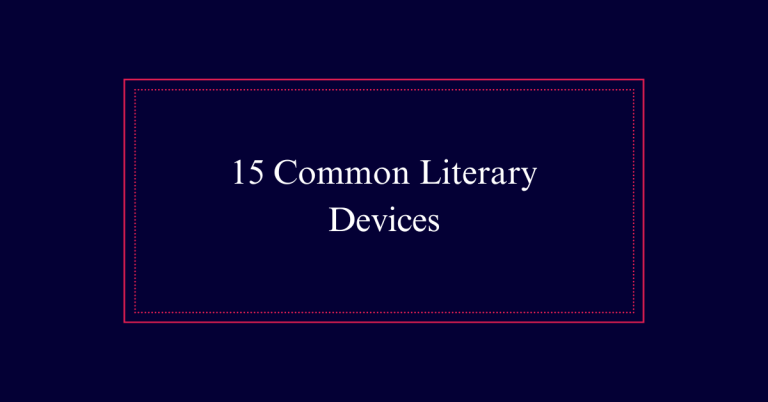
Literary devices are essential tools for writers to enhance their storytelling. From metaphors that draw unexpected comparisons to simi
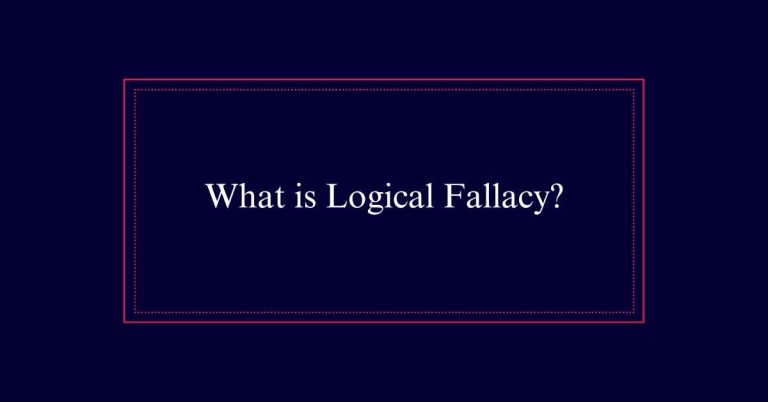
You’re gonna learn about sneaky mind tricks people use to try and win arguments, even when they’re totally wrong!
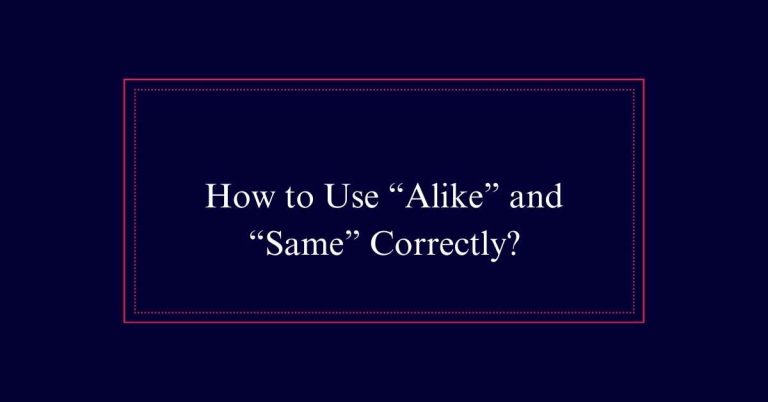
To use “alike” and “same” correctly, remember that “alike” is an adverb and “same” is an adjective. “Alike” describes similarities in a
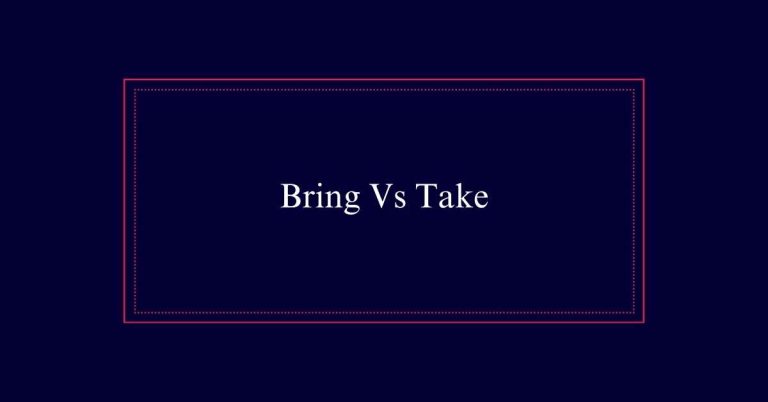
‘Bring’ and ‘take’ indicate movement but differ in direction relative to the speaker. Use ‘bring’ when moving something towards the spe

When quoting a quote, the conventions differ between American and British English. In American English, use double quotation marks for
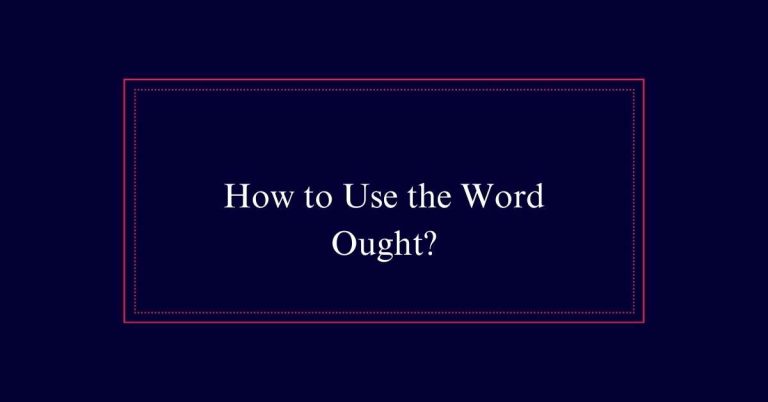
The word ‘ought’ is a semi-modal verb indicating duty, correctness, or high probability. It is always followed by ‘to’ plus the base fo
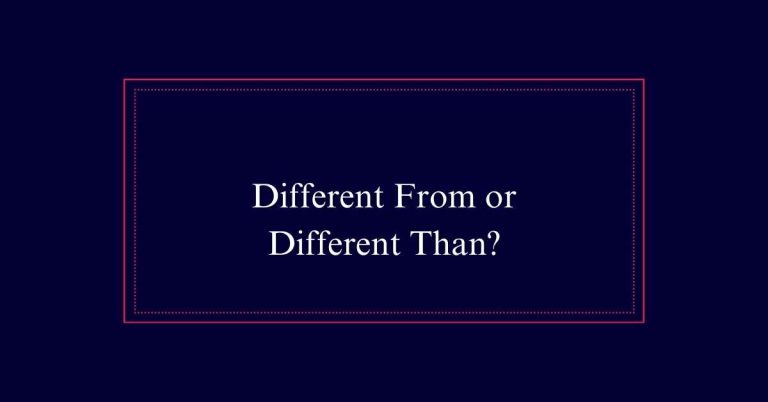
“Different from” and “different than” are used to highlight distinctions, but they function differently. “Different from” is a preposit
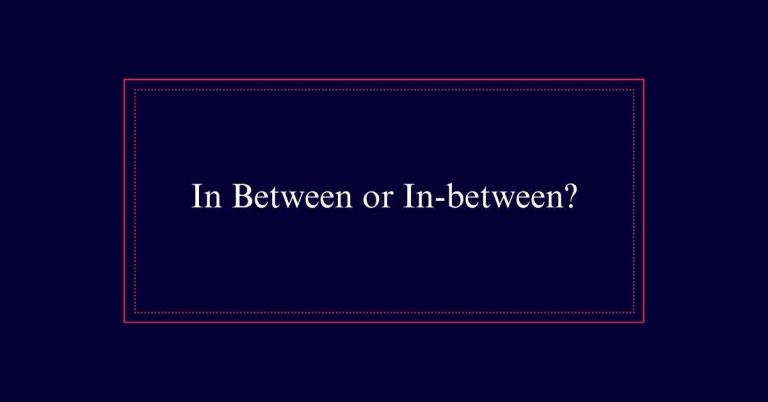
Choosing between ‘in between’ and ‘in-between’ depends on their roles in a sentence. Use ‘between’ as a preposition or adverb to indica
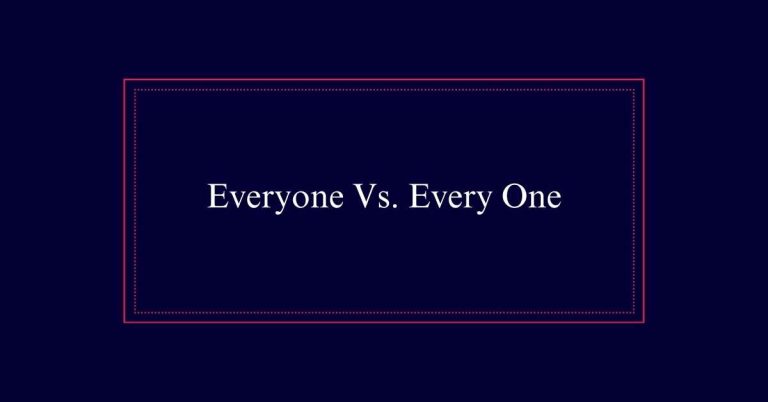
‘Everyone’ refers to all people in a group collectively and is interchangeable with ‘everybody’. It is used for general and inclusive s
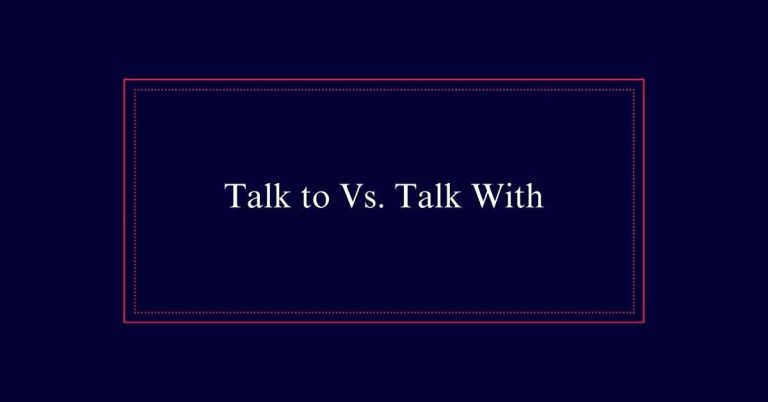
Choosing between ‘talk to’ and ‘talk with’ hinges on the nature of the conversation. ‘Talk to’ is used for one-sided interactions where
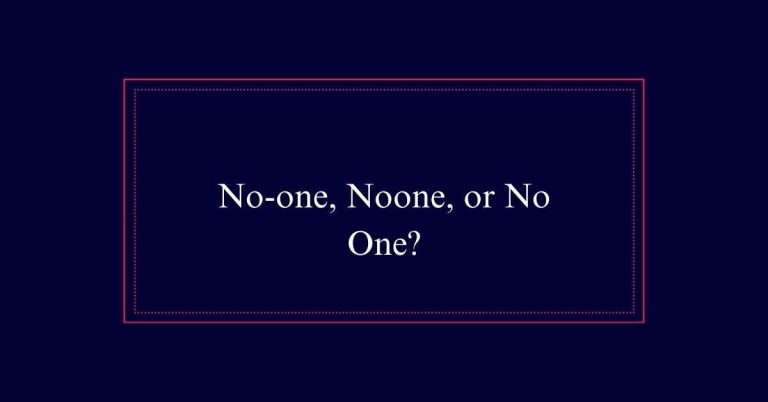
The correct form to use is ‘no one.’ This spelling follows standard grammatical conventions and enhances clarity and professionalism in
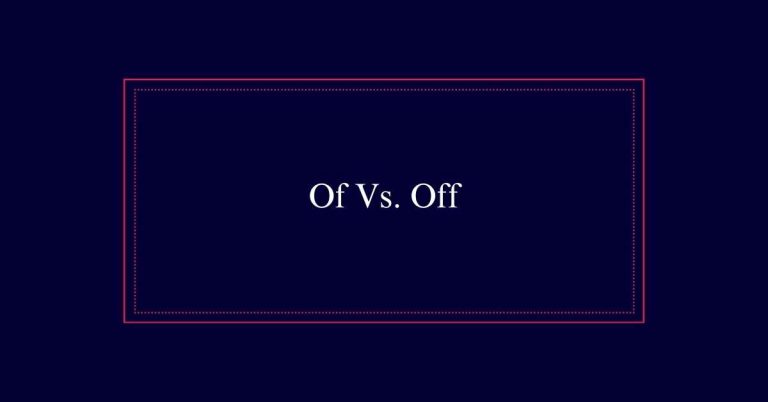
Use ‘of’ to show possession, relationships, or what something contains. For example, ‘a piece of cake’ or ‘a member of the team.’ It in
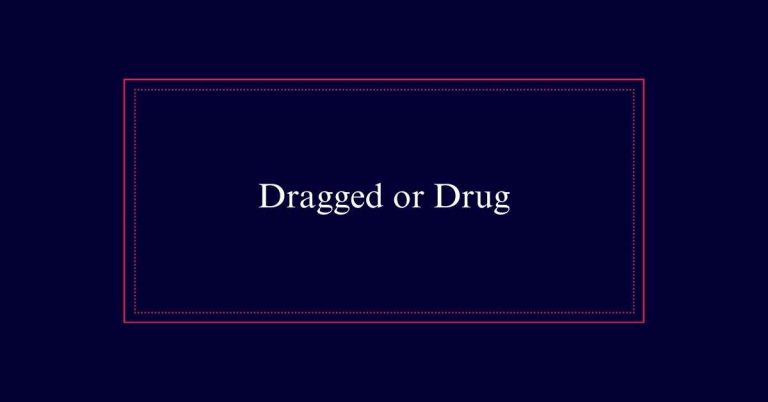
The correct past tense of ‘drag’ is ‘dragged.’ This follows standard English grammar rules for regular verbs, where ‘-ed’ is added to t

‘Any way’ means ‘in any manner’ or ‘by any means’ and is used in formal writing to describe a method. ‘Anyway’ is an adverb used to shi
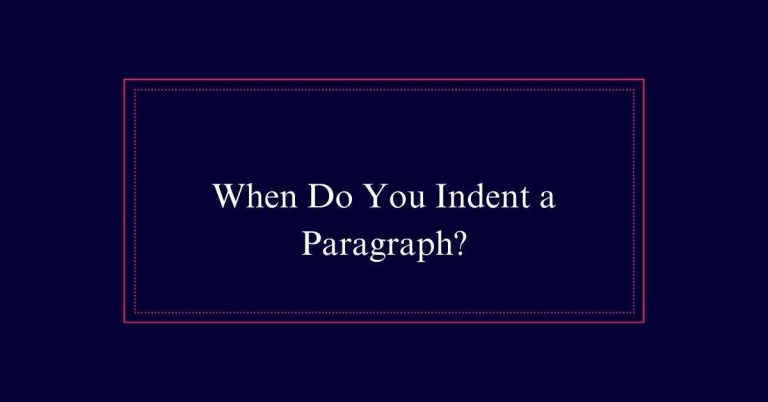
When writing, indent the first line of each paragraph to enhance organization and readability. In APA and Harvard styles, a standard 0.
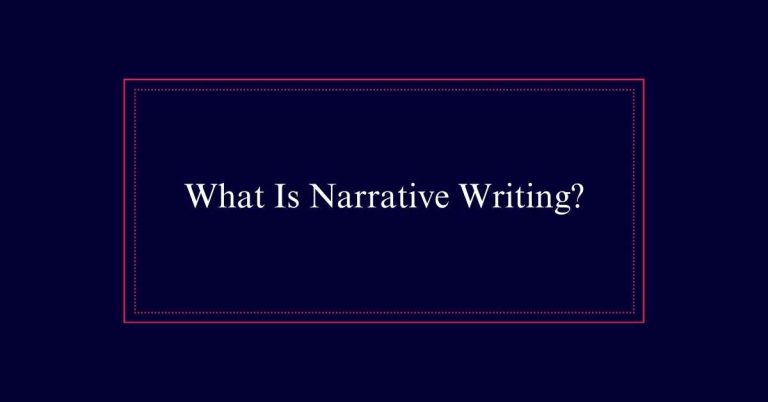
Narrative writing is the art of telling a story through a clear and engaging structure. It involves characters, settings, and a sequenc
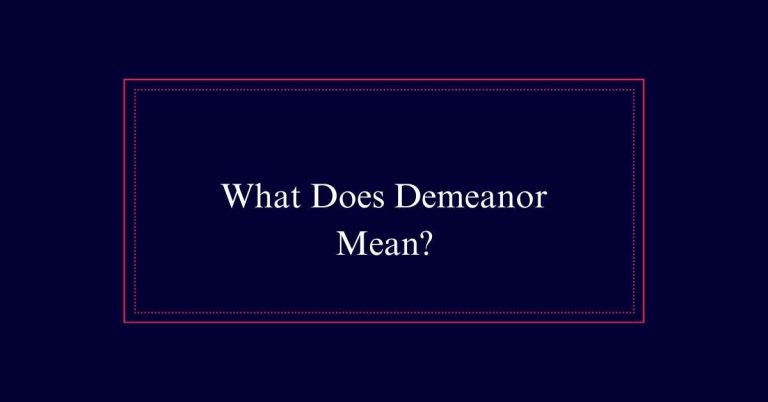
Demeanor is essential for an individual’s outward behavior, including their posture, speech, and facial expressions. It encompasses how
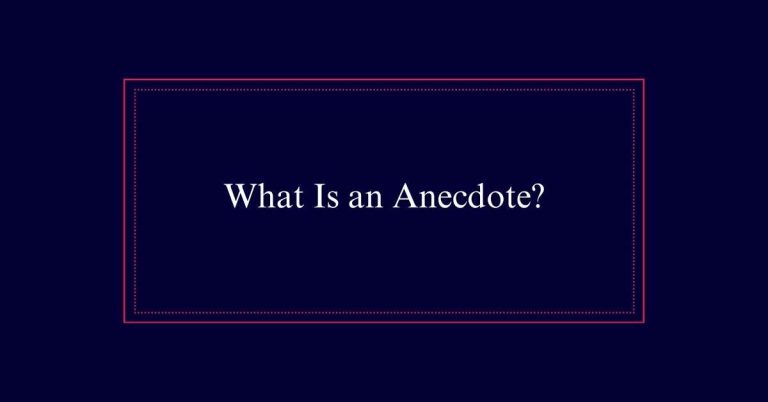
An anecdote is a brief, self-contained story designed to illustrate a point and make ideas more relatable. It can be true, fictional, o
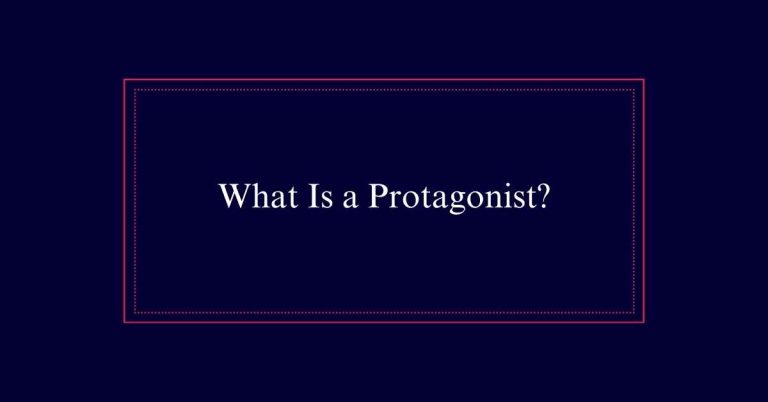
A protagonist is the central character in a story who propels the narrative forward. Originating from the Greek term ‘protagonistes’, m
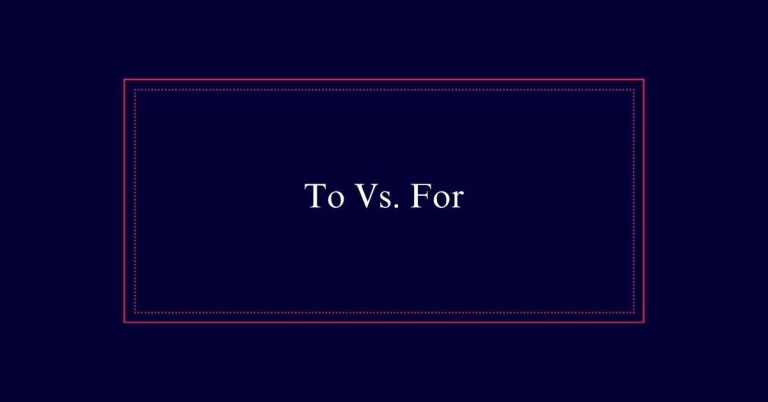
‘To’ and ‘for’ serve different functions in English. ‘To’ indicates direction, movement, or the recipient of an action, such as in ‘go
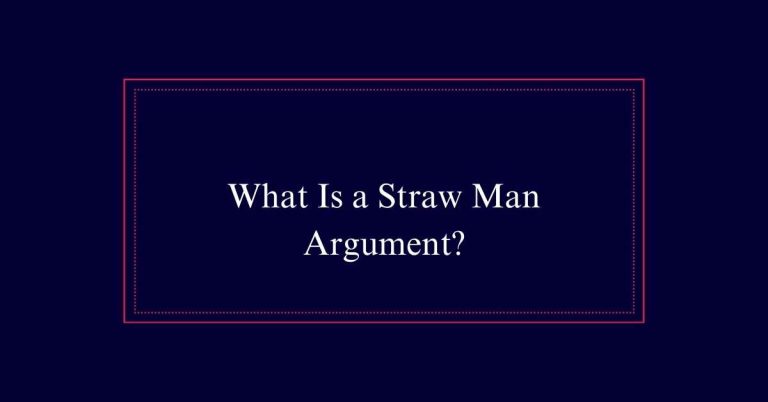
A straw man argument is when someone twists another person’s original point into a distorted or simplified version that’s easier to ref
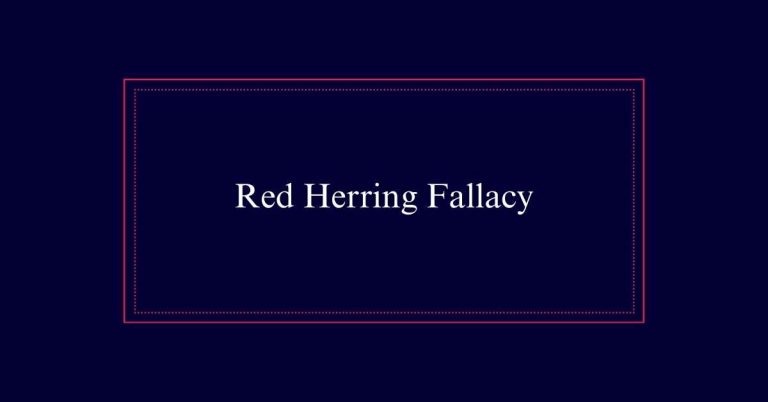
A red herring fallacy is a tactic used in arguments to divert attention from the main issue by introducing irrelevant information. The
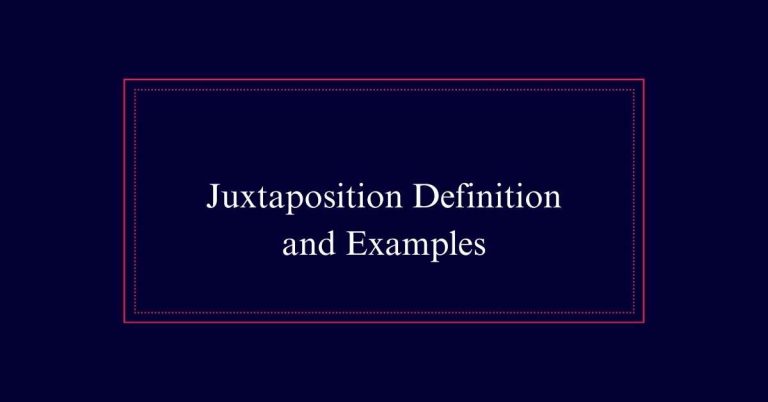
Juxtaposition is a literary device where contrasting elements are placed close together to highlight their differences and enhance mean
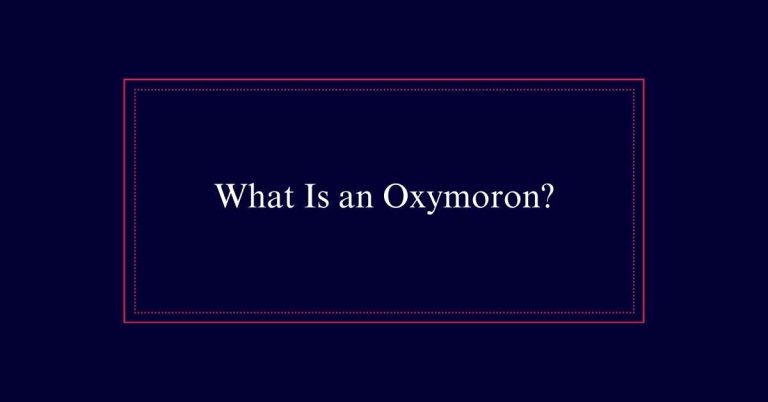
An oxymoron is a rhetorical device that places two contradictory terms together to form a unique expression. Originating from ancient G
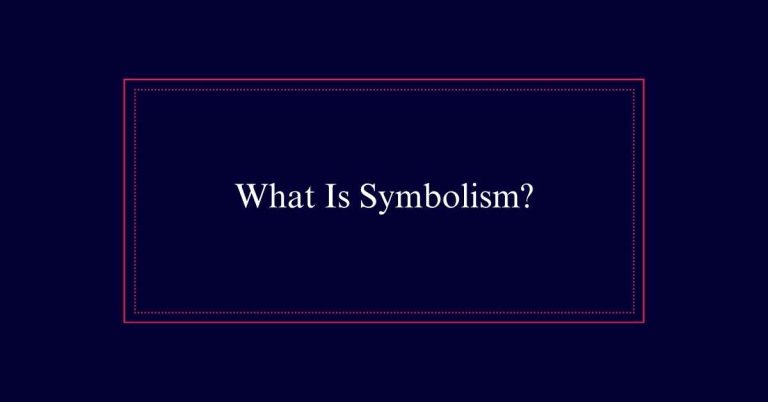
Symbolism uses words or images to represent deeper ideas and concepts, adding layers of meaning to a story. For example, in literature,
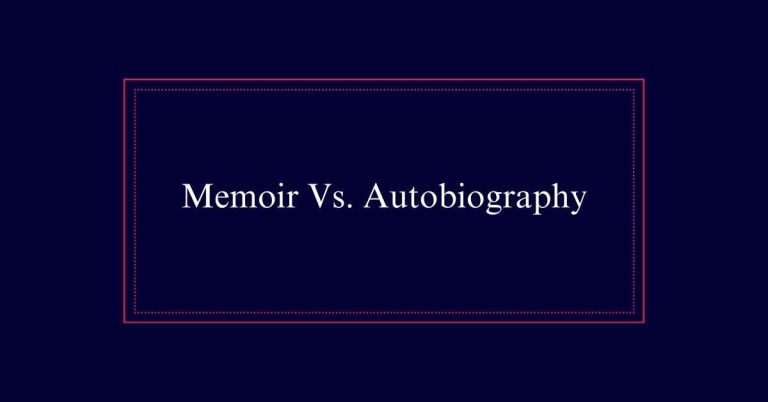
A memoir focuses on personal memories and emotions, often highlighting specific themes or periods in life. It employs a flexible struct
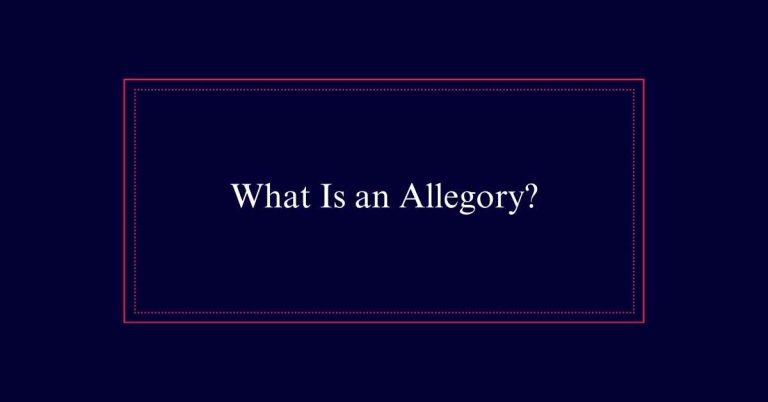
An allegory is a literary device where characters, events, and settings represent abstract ideas, conveying deeper moral, political, or
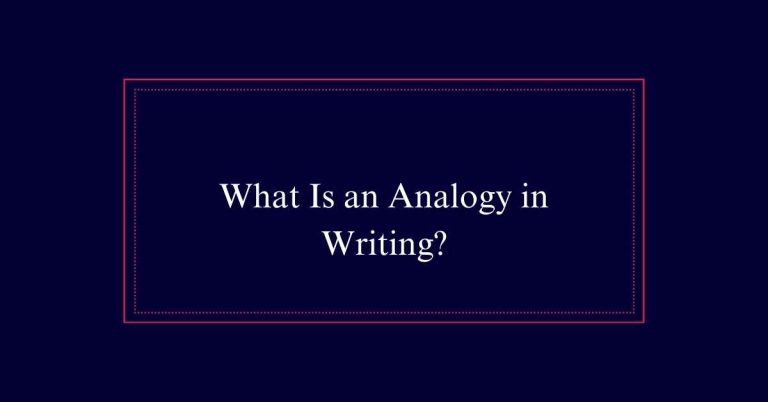
An analogy in writing is a tool that explains unfamiliar concepts by comparing them to something familiar. This helps readers grasp com
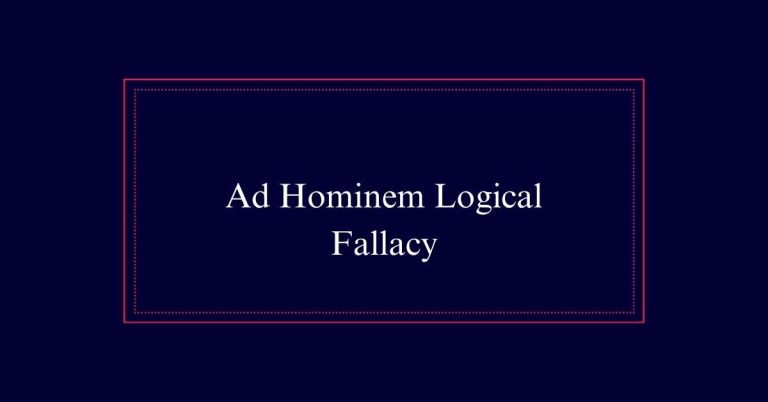
The ad hominem logical fallacy occurs when someone attacks the character or personal traits of their opponent rather than addressing th
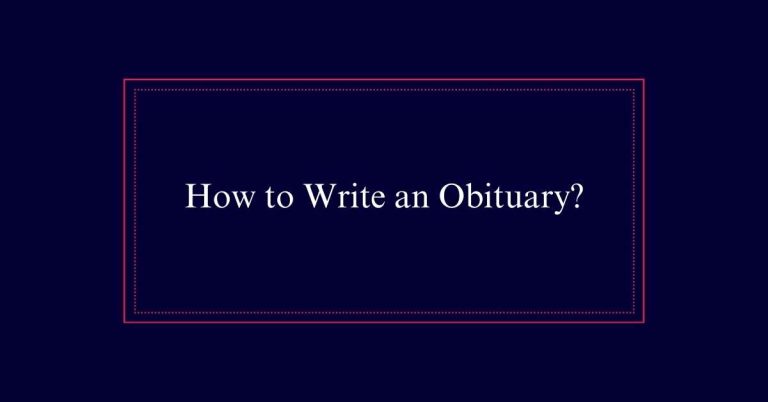
Writing an obituary starts with the deceased’s full name, age, and residence. Mention their date and place of birth and death. List sur
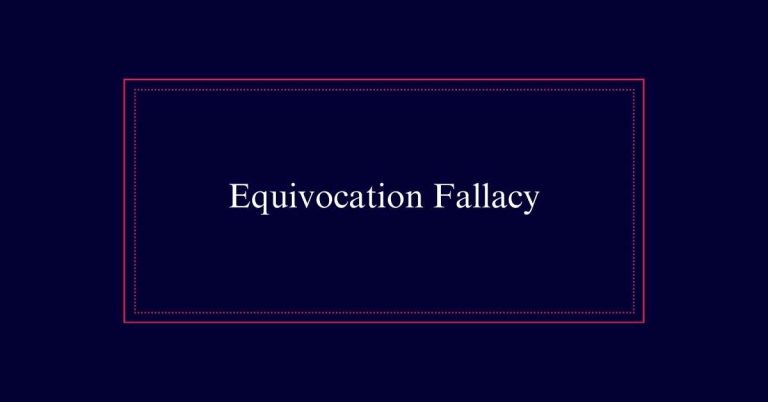
The equivocation fallacy occurs when a word or phrase is used in different senses within the same argument, leading to misleading concl
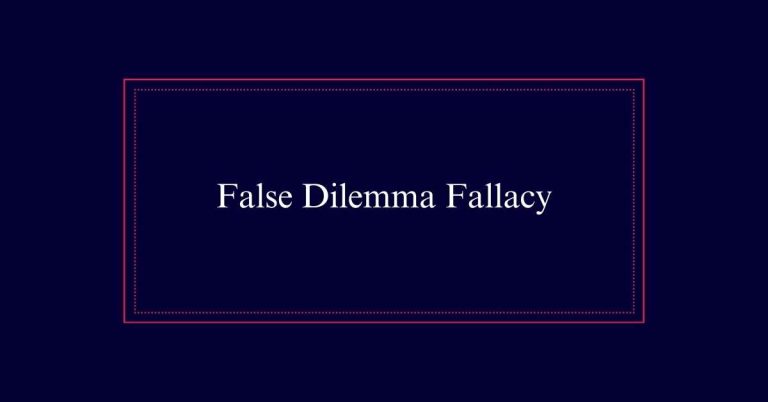
The False Dilemma Fallacy, also known as the Either/Or Fallacy, simplifies complex issues by presenting only two choices, ignoring othe
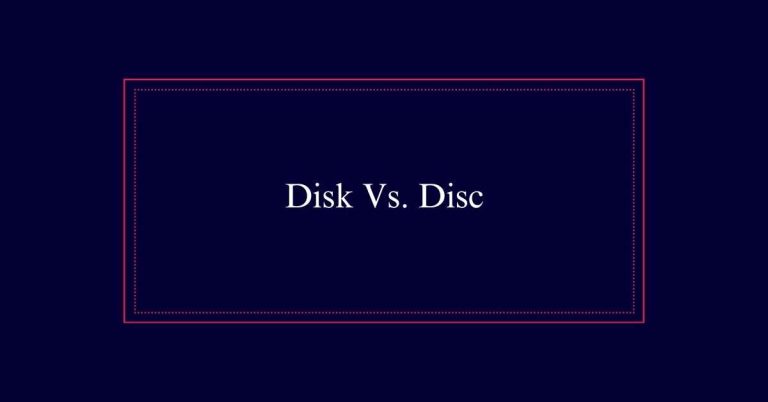
The terms ‘disk’ and ‘disc’ refer to circular, flat objects but differ in usage. ‘Disk’ is commonly used in American English, particula

Both ‘dreamed’ and ‘dreamt’ are correct past tense forms of ‘to dream’. ‘Dreamed’ is more common in American English, while ‘dreamt’ is
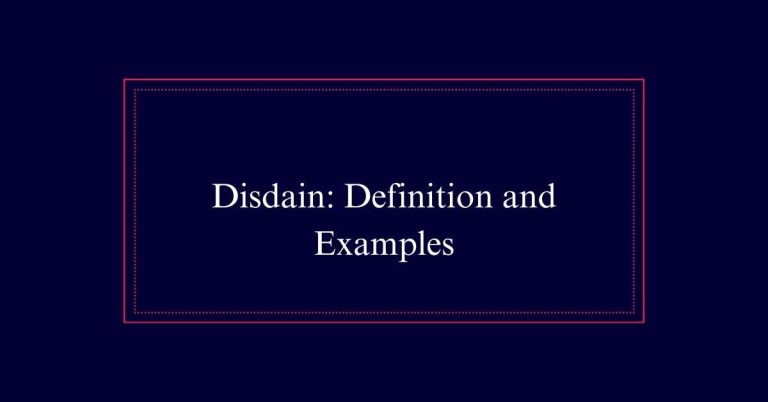
Disdain signifies a profound lack of respect accompanied by intense dislike. It suggests a judgmental stance and rejection of value. As
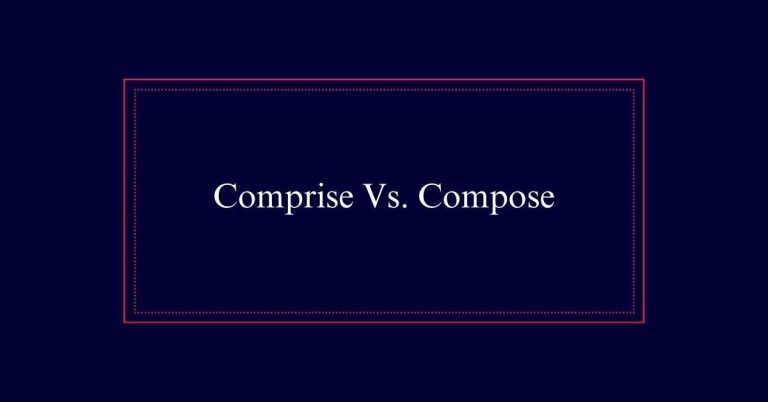
‘Comprise’ means to include or consist of parts, indicating that the whole is made up of various components. For example, ‘The committe
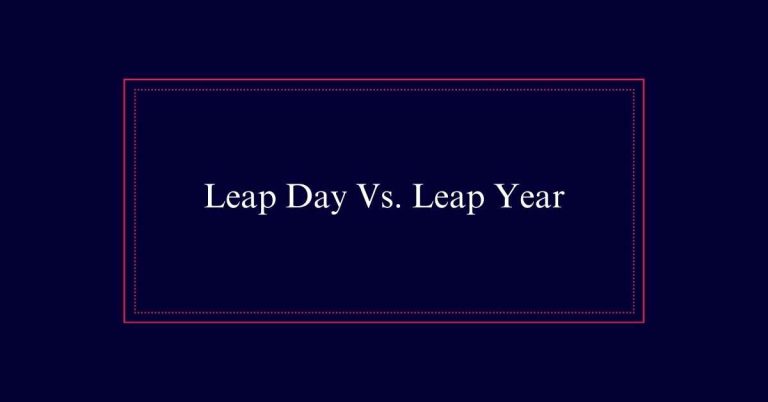
A Leap Year is a year that includes an extra day, February 29, to keep our calendar aligned with Earth’s orbit, which takes about 365.2
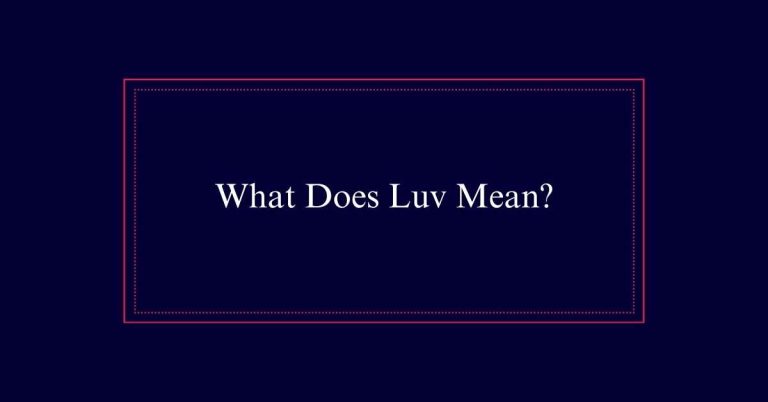
‘Luv’ is an informal, non-standard spelling of ‘love’, often used to convey casual affection. It situates emotionally between ‘like’ an
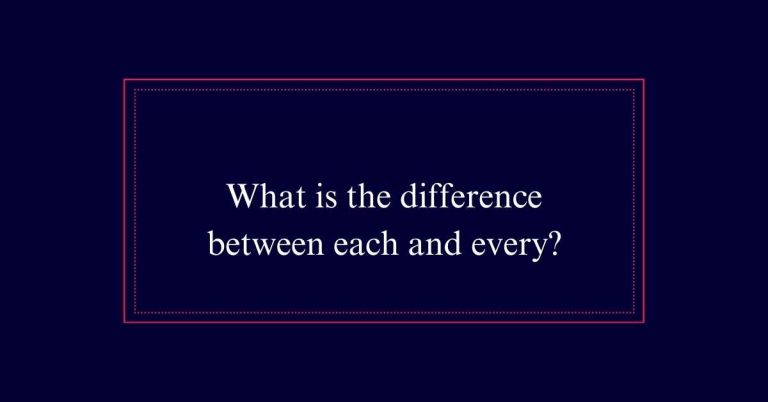
‘Each’ and ‘every’ are used with countable nouns but have different focuses. ‘Each’ emphasizes individual items within a group, suitabl
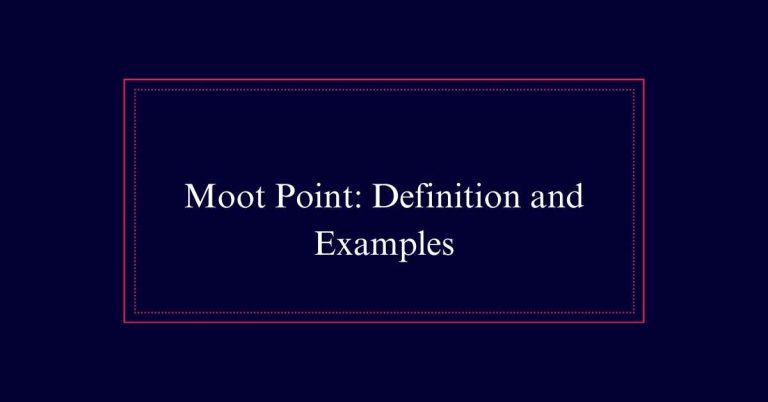
A moot point is a topic that is debatable but lacks practical relevance or significance. In discussions, it often indicates issues that
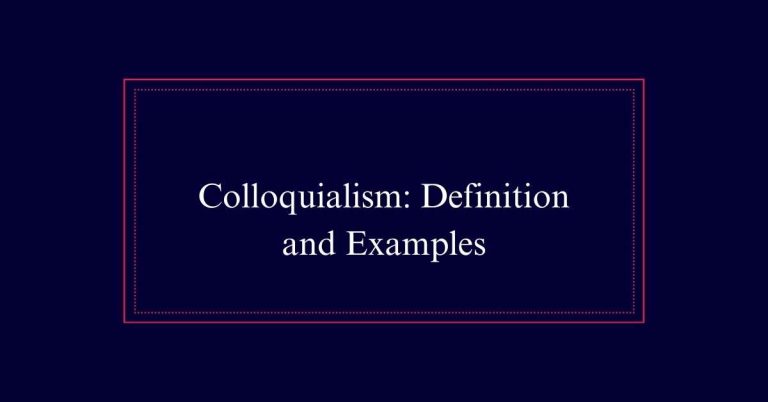
A colloquialism is an informal expression specific to a particular region or community. It reflects local culture and social norms, add
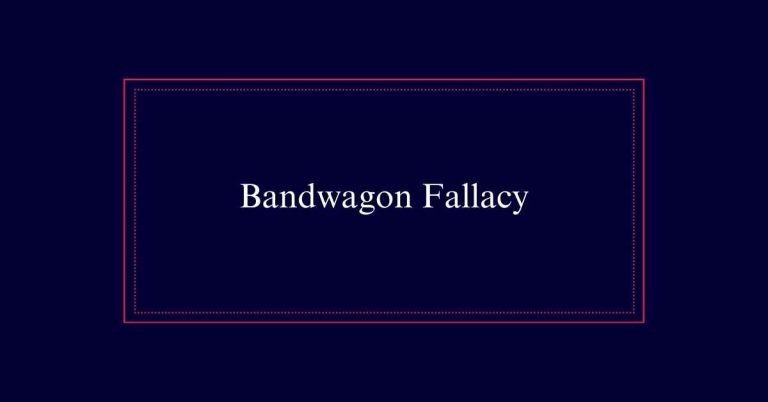
The bandwagon fallacy occurs when the validity of a belief or action is based on its popularity. This logical error relies on consensus
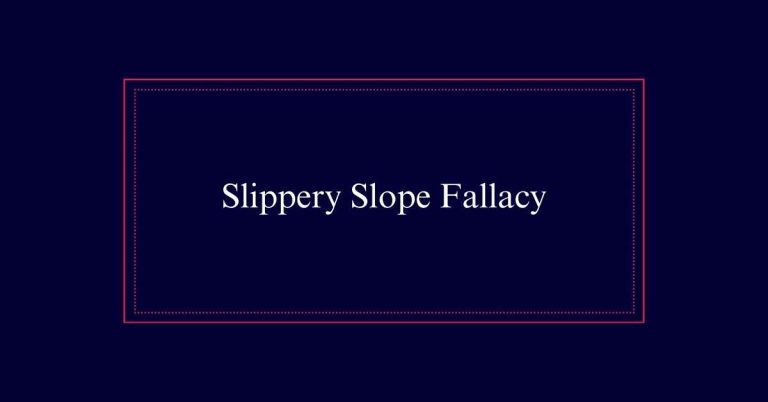
The slippery slope fallacy is an argument that predicts an inevitable series of events leading to extreme outcomes without proper evide
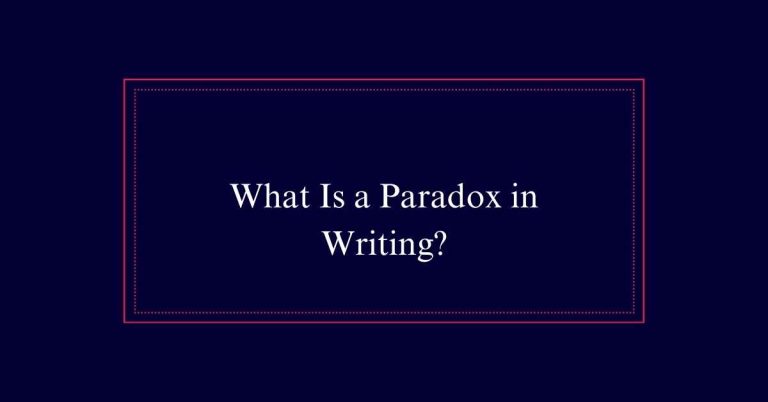
A paradox in writing is a statement that seems contradictory at first, but reveals a deeper truth upon reflection. It challenges logic
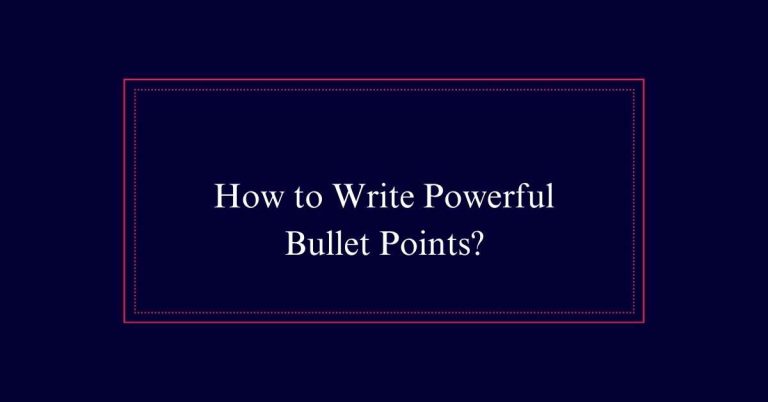
Writing powerful bullet points involves clear, concise, and action-oriented language. Break down information into manageable, single-id
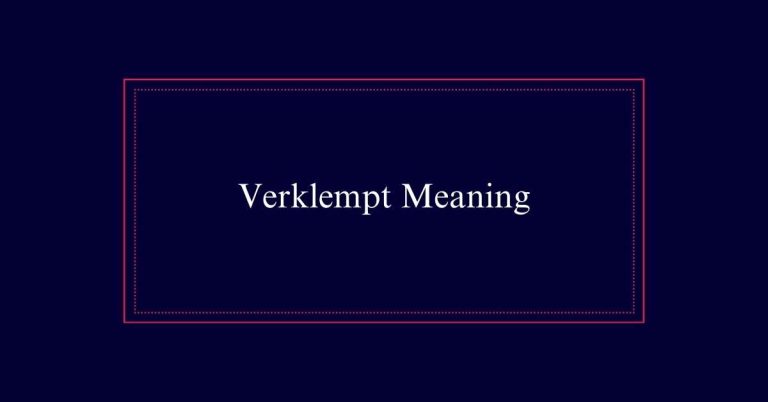
Verklempt is a Yiddish word meaning overwhelmed by emotion, often to the point of speechlessness. It combines feelings of deep sentimen
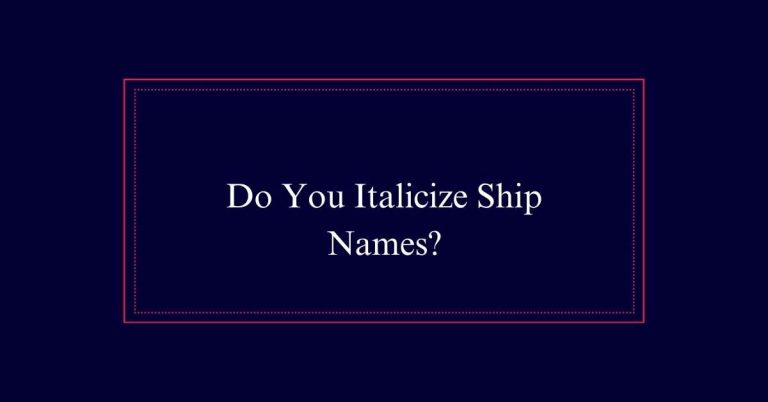
Yes, ship names should be italicized to promote clarity and consistency in writing. This rule extends to all types of vessels, from com
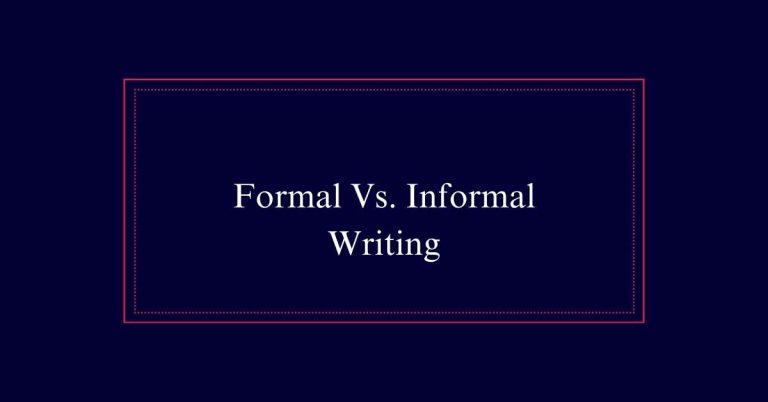
Formal and informal writing differ greatly in tone, structure, and word choice. Formal writing is structured, professional, and objecti
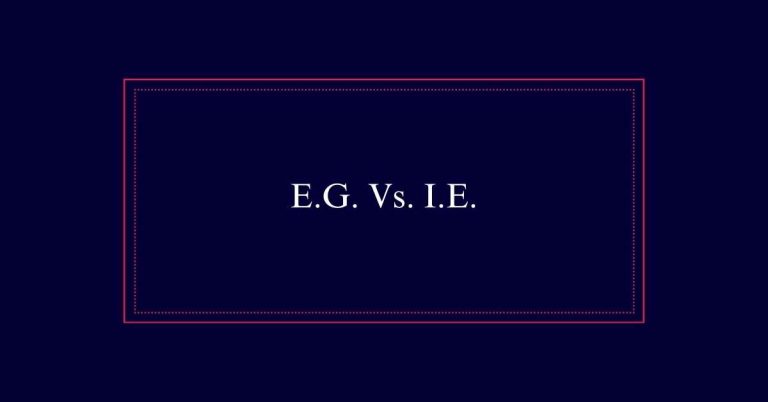
Understanding the correct usage of e.g. and i.e. is important for clear communication. E.g. stands for “exempli gratia” and means “for
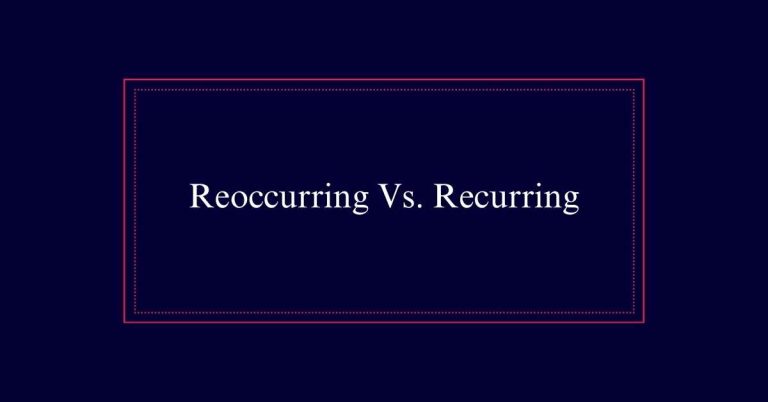
The terms ‘recurring’ and ‘reoccurring’ have distinct meanings and usages. ‘Recurring’ refers to events that happen repeatedly at regul
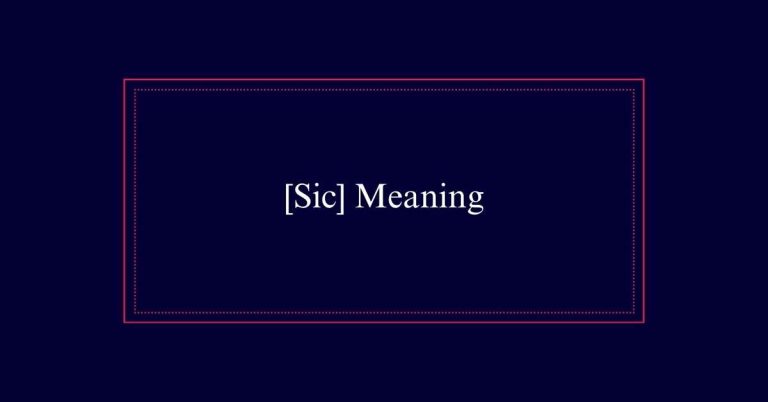
The term ‘[sic]’ is a Latin adverb meaning ‘so’ or ‘thus,’ used in writing to indicate that quoted text is transcribed exactly as found
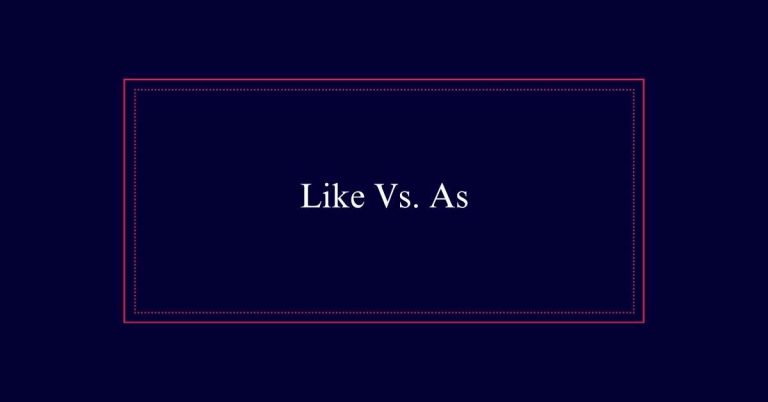
Understanding the difference between ‘like’ and ‘as’ is essential for clear communication. Use ‘like’ to draw direct comparisons, such
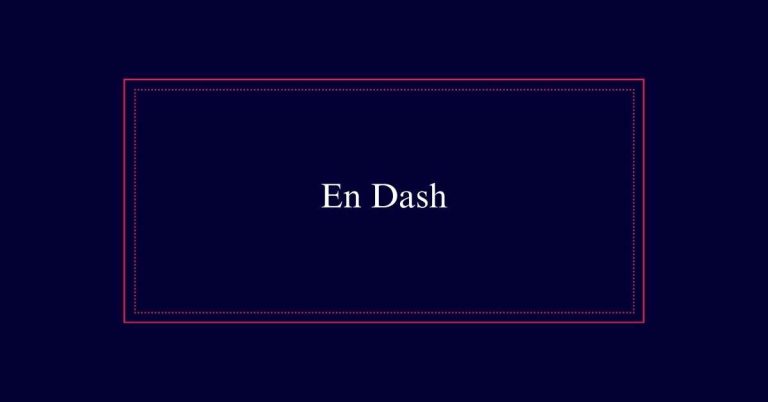
An en dash (–) is a punctuation mark used to indicate ranges and connections, enhancing clarity in writing. It is commonly applied in
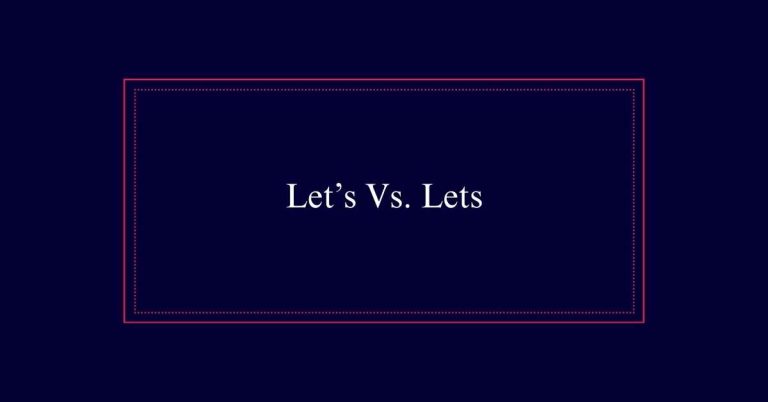
The main difference between ‘let’s’ and ‘lets’ lies in their usage and meaning. ‘Let’s’ is a contraction of ‘let us’ and is used to pro
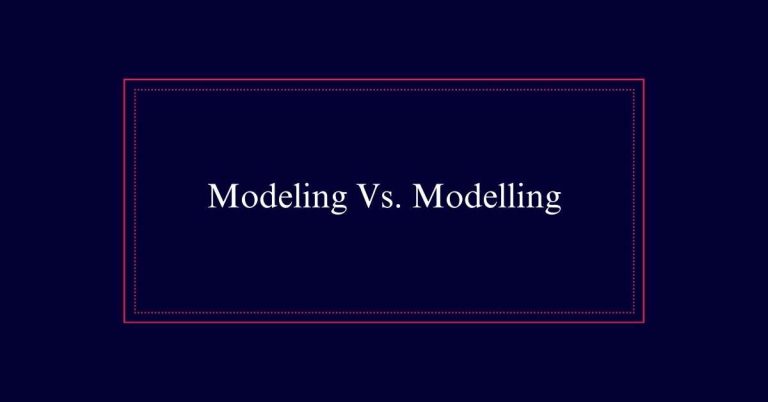
The difference between ‘modeling’ and ‘modelling’ depends on regional spelling conventions. In American English, ‘modeling’ with one ‘l
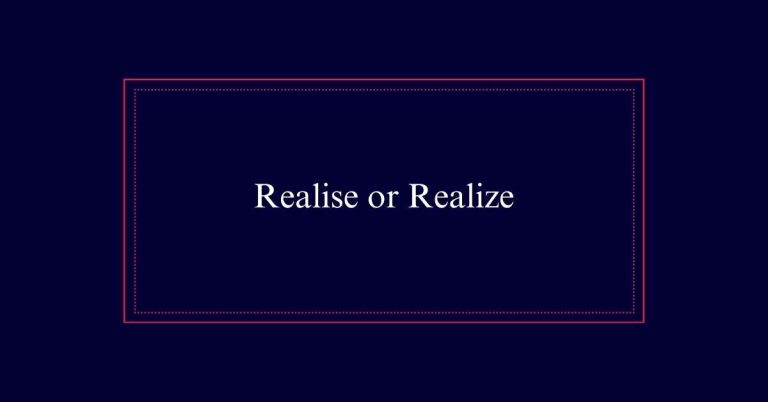
The difference between ‘realize’ and ‘realise’ mainly hinges on regional spelling preferences. American English uses ‘realize,’ while B
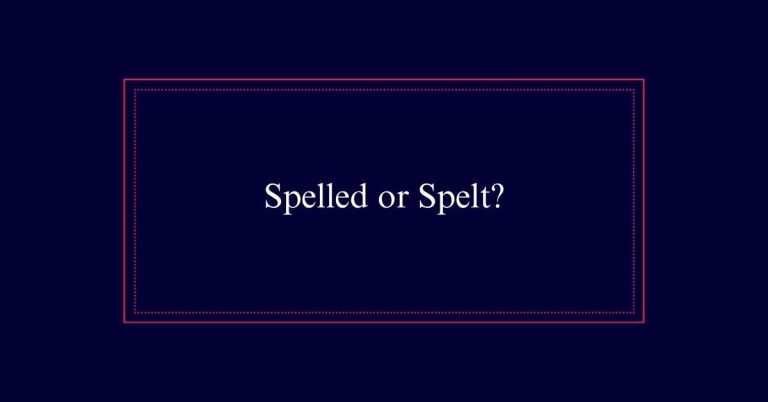
The choice between ‘spelled’ and ‘spelt’ depends on your regional preferences. In American English, ‘spelled’ is the standard past tens
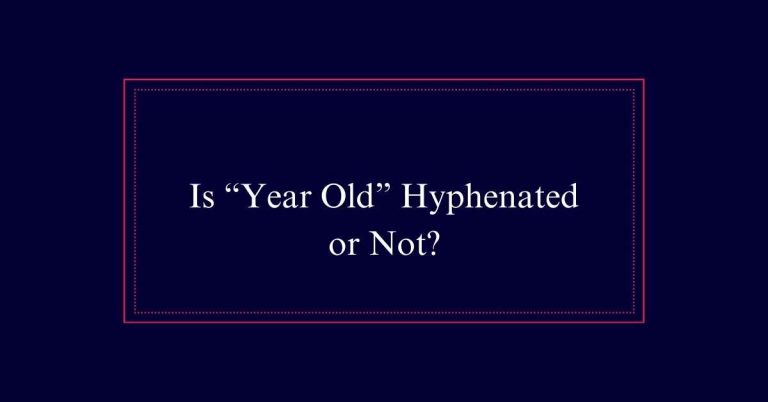
When describing a noun, ‘year old’ should be hyphenated as in “5-year-old child.” This forms a compound adjective providing clarity. Do
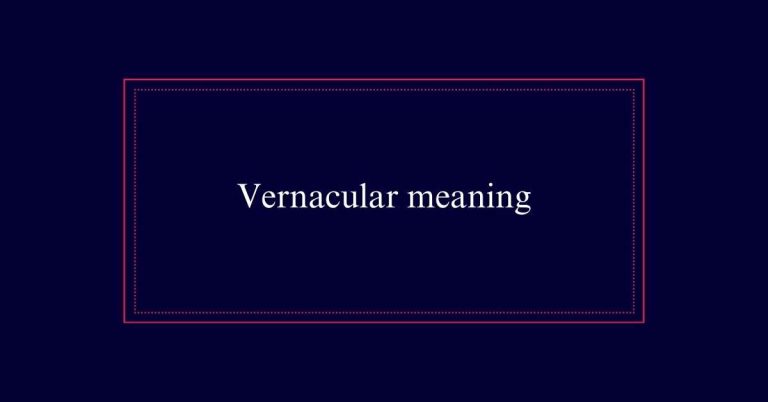
Vernacular refers to the everyday language spoken by people in a specific region or cultural group. It includes unique word choices, gr
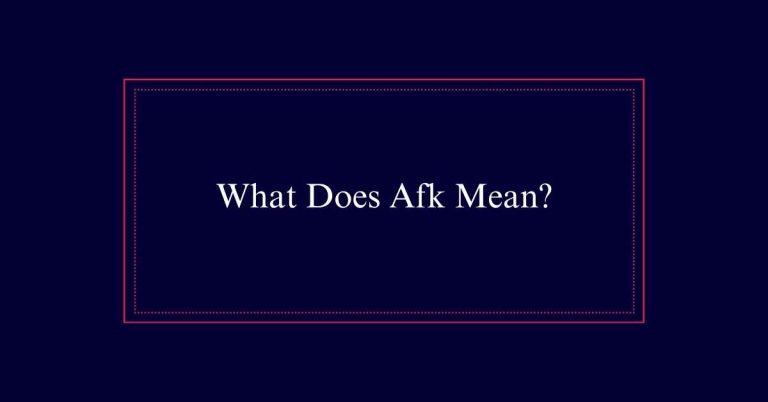
‘AFK’ stands for ‘away from keyboard.’ This acronym indicates that someone is temporarily unavailable, often used in online chats, gami
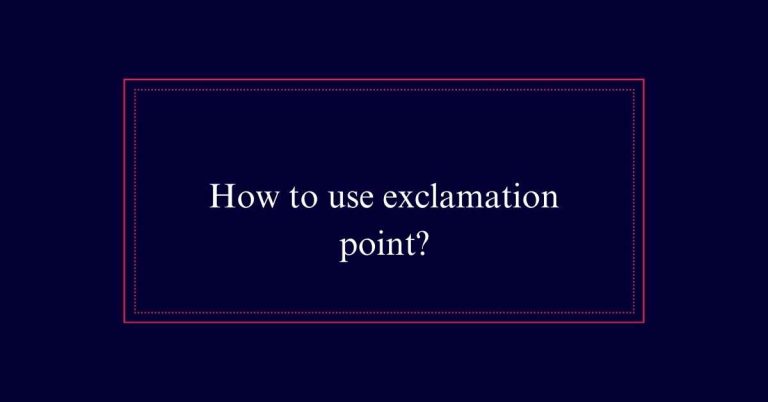
The exclamation point is a punctuation mark used to express strong emotions such as joy, surprise, or anger. It is commonly seen
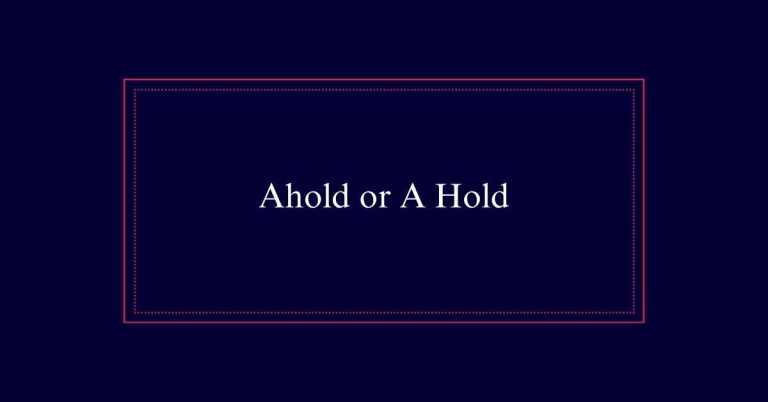
Choosing between ‘ahold’ and ‘a hold’ depends on context and regional usage. ‘Ahold,’ common in American English, is often used in the
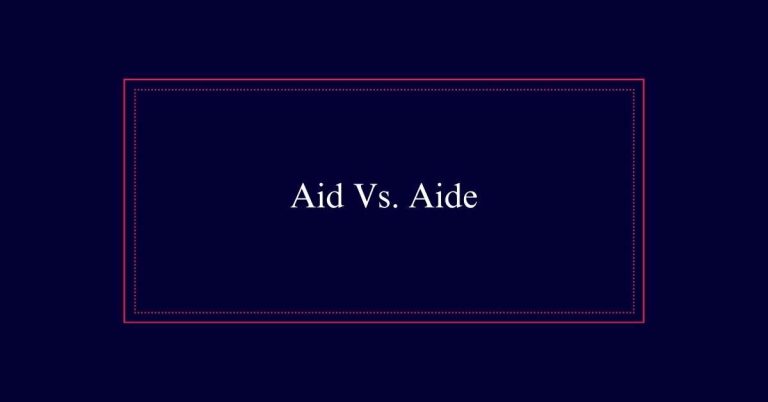
The terms ‘aid’ and ‘aide’ are often confused but have distinct meanings. ‘Aid’ can be a verb meaning to help, such as ‘to aid someone,
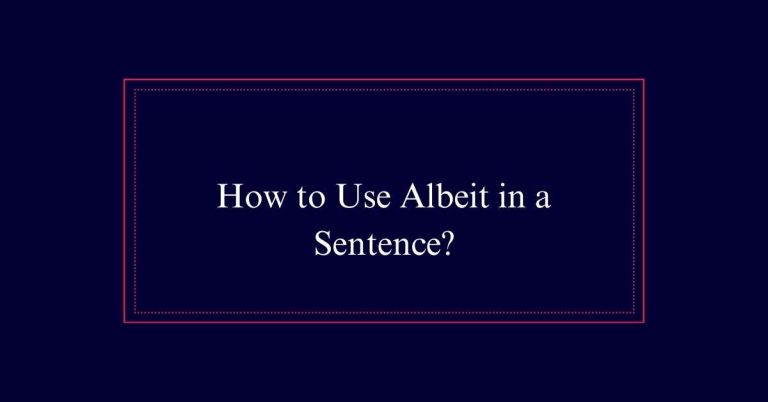
‘Albeit’ is a conjunction that functions similarly to ‘although.’ It introduces a concessive clause, which presents contrasting informa
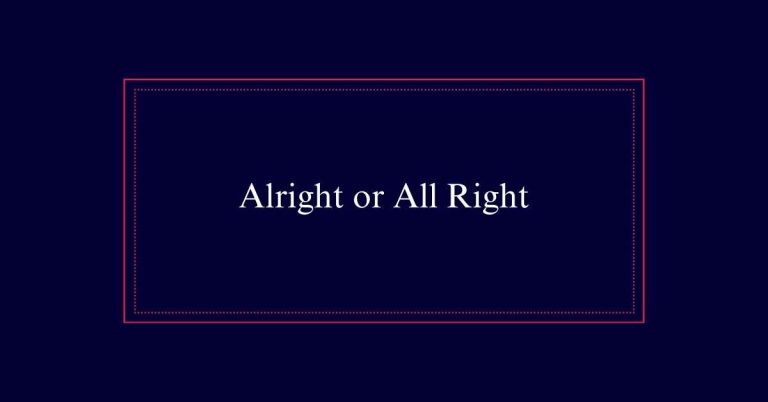
The terms ‘all right’ and ‘alright’ both indicate adequacy or agreement, serving as adjectives or adverbs. ‘All right’ is widely accept
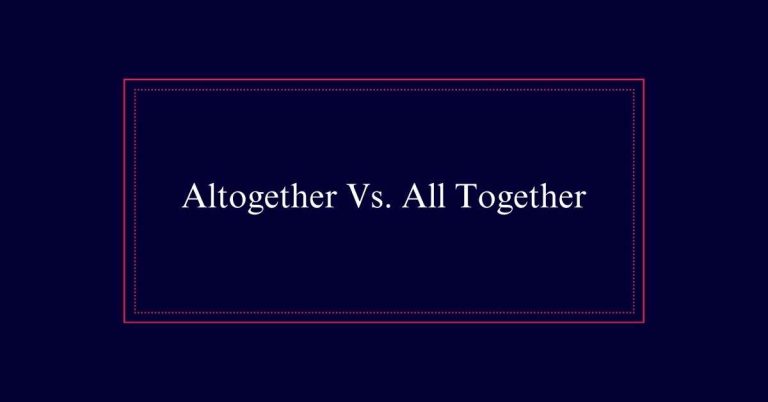
“Altogether” is an adverb meaning completely or wholly. It summarizes situations, indicating totality. For instance, you might say, “Th
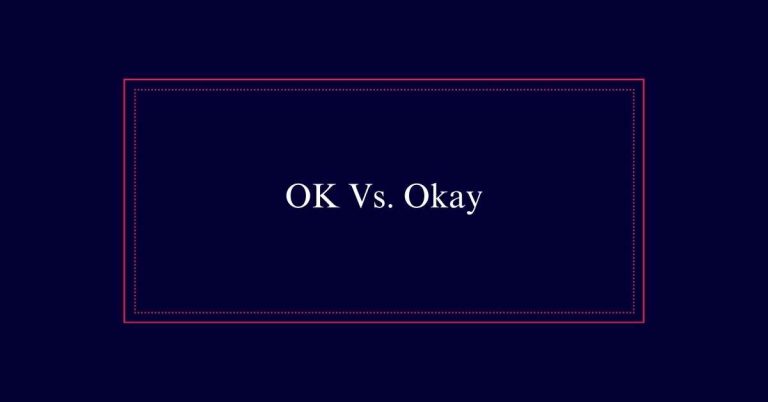
The difference between ‘OK’ and ‘okay’ is minor and largely stylistic. Both originated from a humorous misspelling of ‘all correct’ in
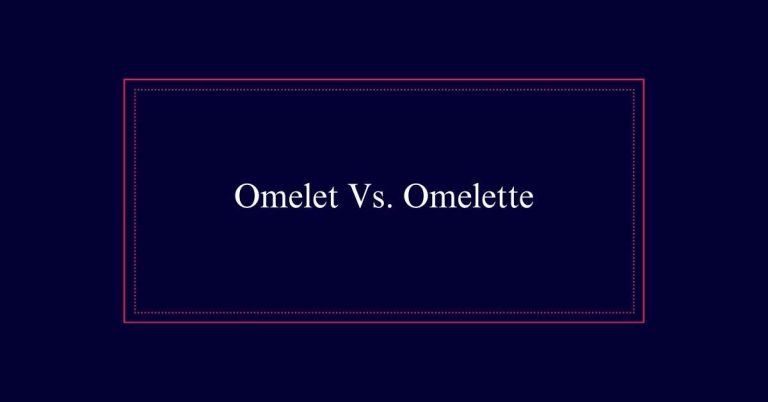
Both “omelet” and “omelette” are correct spellings, with “omelet” being preferred in American English and “omelette” in British English
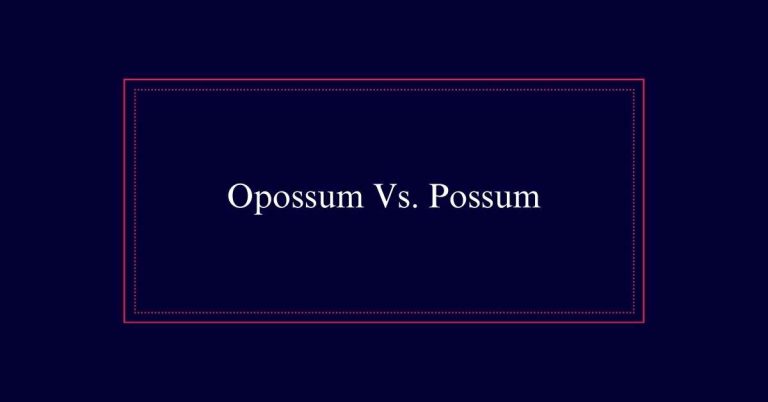
Opossums and possums are different marsupials found in separate parts of the world. Opossums belong to the Americas, ranging from south
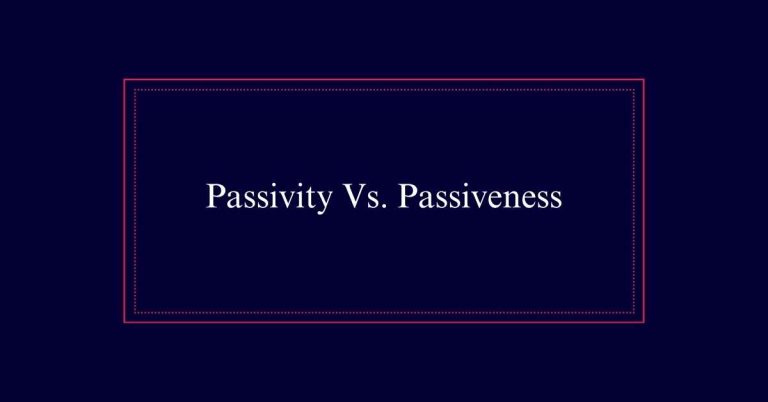
Passivity and passiveness both describe a lack of activity or response. “Passivity” originates from the Latin suffix “-ity,” making it
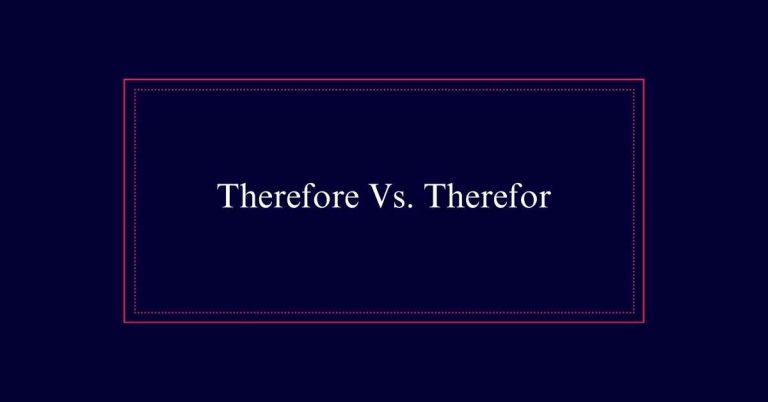
‘Therefore’ and ‘therefor’ have distinct meanings and uses. ‘Therefore’ indicates a consequence or result and acts as a conjunctive adv
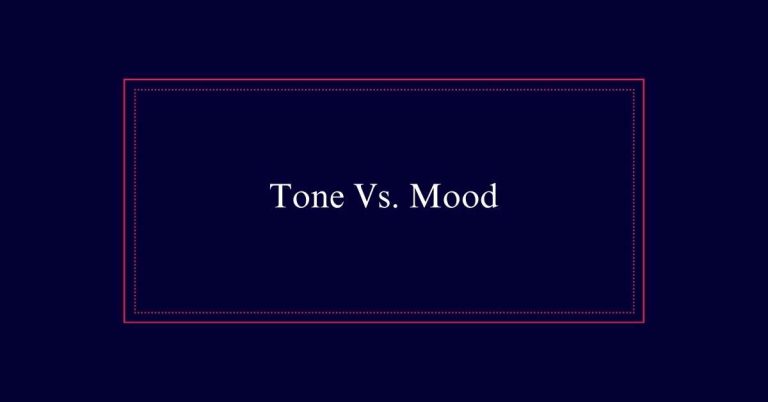
Tone and mood are essential elements in writing that enhance the reader’s experience. Tone reflects the writer’s attitude through word
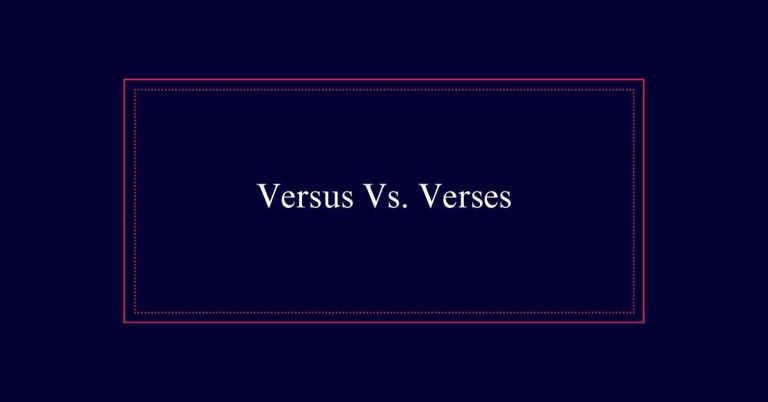
‘Versus’ is used to denote opposition or comparison, commonly seen in sports (e.g., Team A vs. Team B) and legal contexts (e.g., Brown
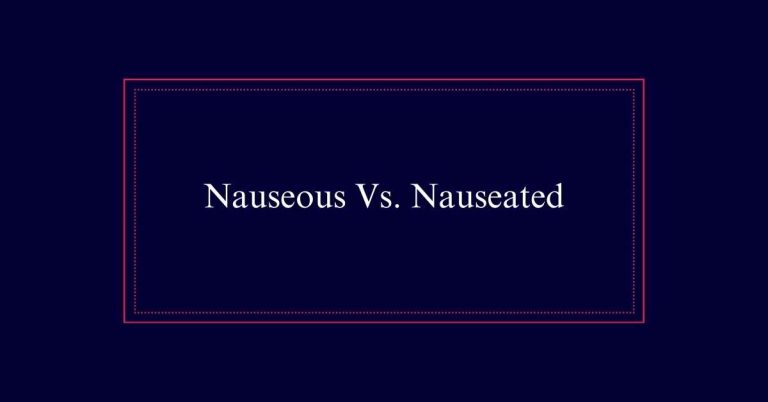
You often hear ‘nauseous’ and ‘nauseated’ used interchangeably, but they really have different meanings. If you feel like vomiting, use
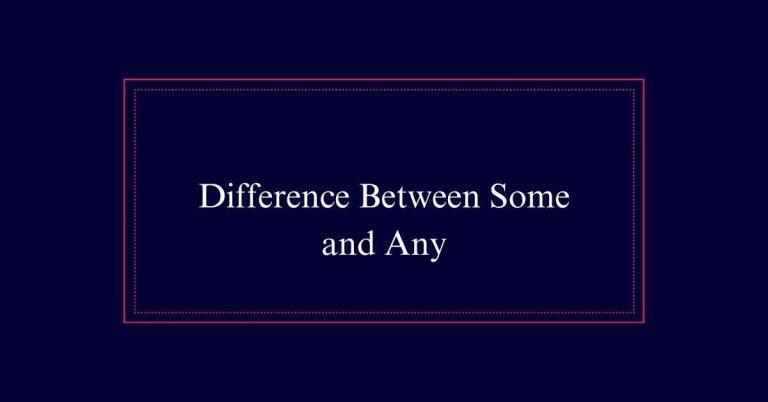
‘Some’ and ‘any’ are used differently in sentences. ‘Some’ is typically used in positive sentences, offers, requests, and questions whe
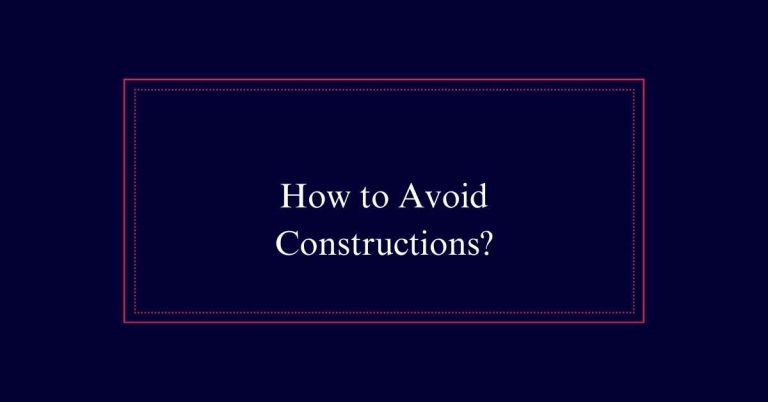
Avoiding mixed constructions is vital for clarity in writing. Mixed constructions occur when sentences have inconsistent elements, caus
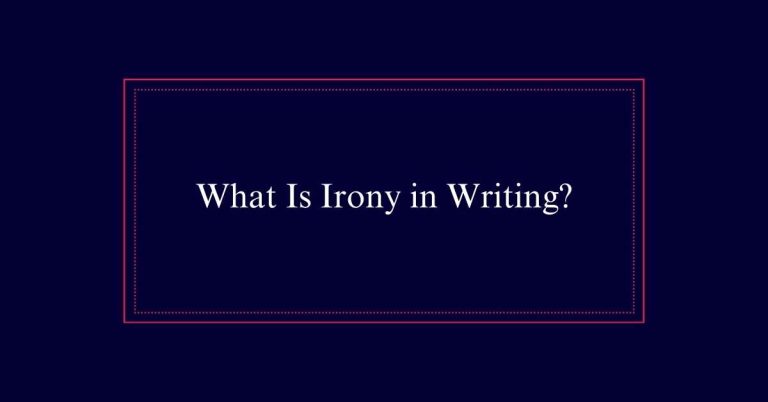
Irony in writing is a technique where the outcome contrasts with expectations. There are three main types: verbal, situational, and dra
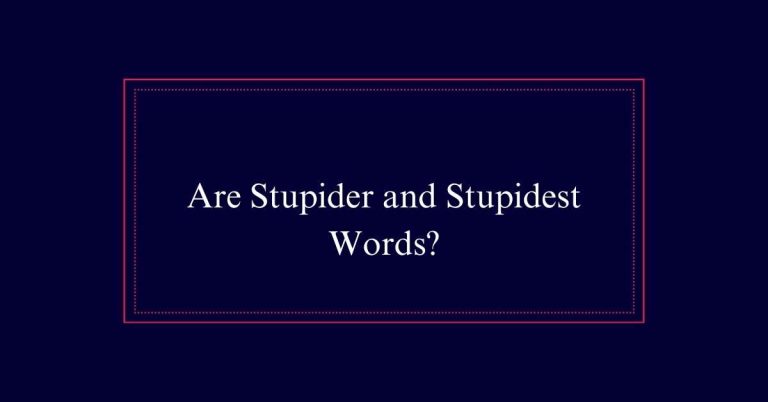
Yes, ‘stupider’ and ‘stupidest’ are correct words in the English language. They follow the standard rule for one-syllable adjectives, w
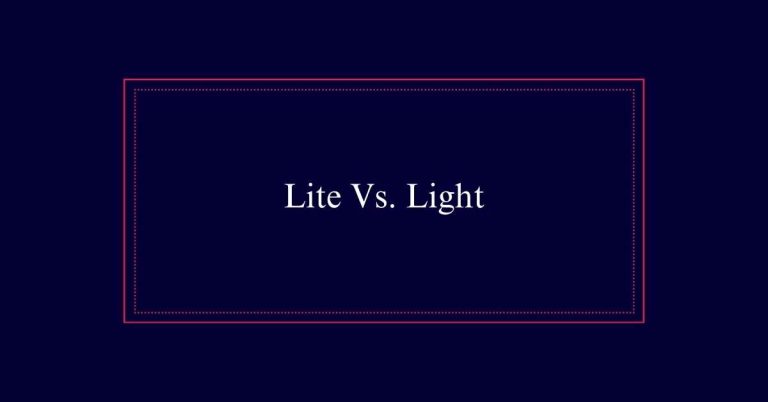
The terms ‘lite’ and ‘light’ have distinct meanings. ‘Light’ refers to electromagnetic radiation that makes objects visible and can als
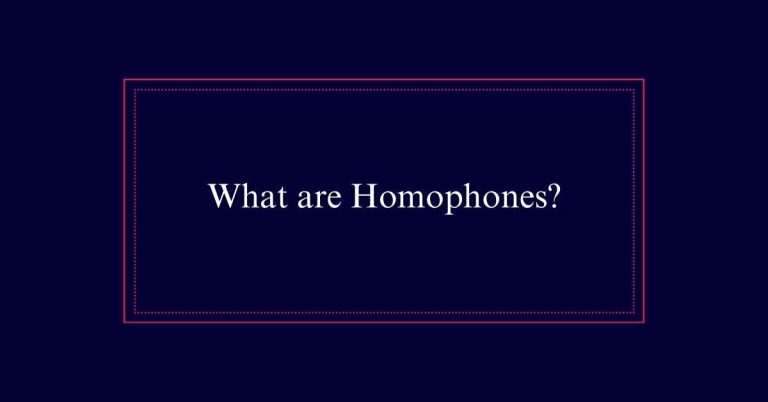
Homophones are words that sound alike but differ in spelling and meaning. Types include homonyms, which have the same sound but differe
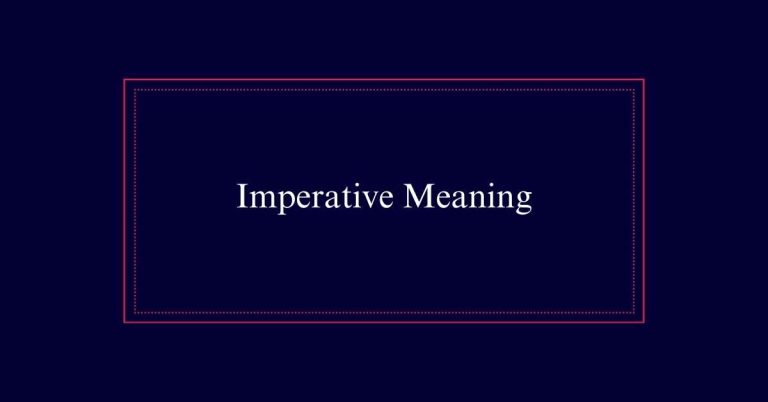
The term ‘imperative’ signifies something of utmost importance or necessity. As an adjective, it describes actions or commands critical
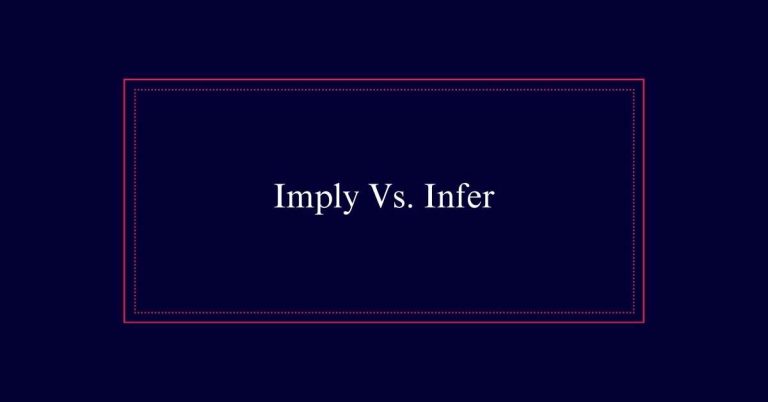
The difference between ‘imply’ and ‘infer’ lies in who is doing the action. ‘Imply’ means to suggest something indirectly. For example,
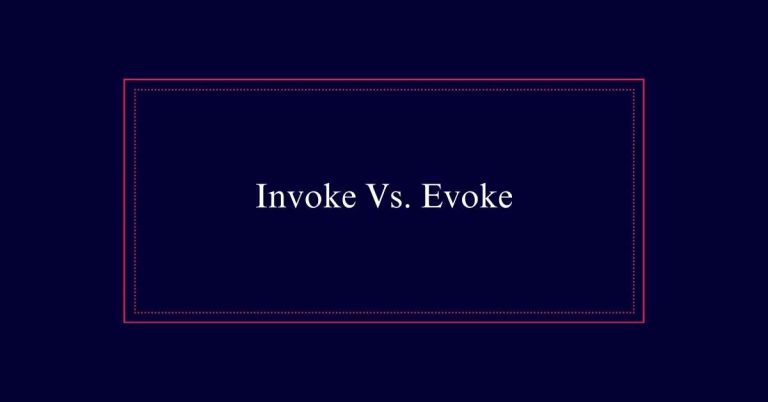
‘Invoke’ and ‘evoke’ serve different purposes. ‘Invoke’ means to call upon something for support or to bring something into existence.
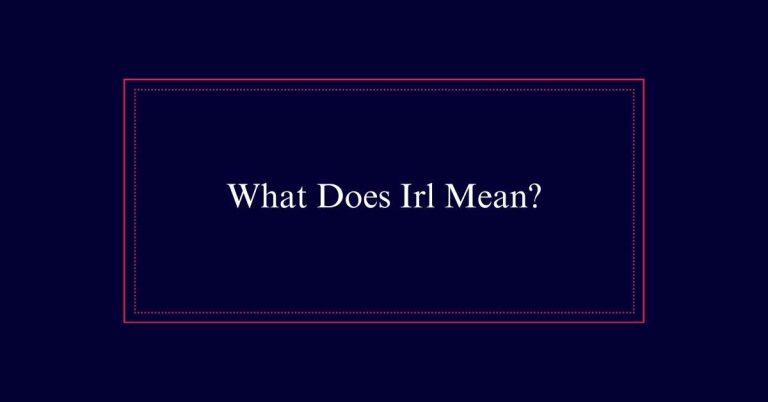
‘Irl’ stands for ‘in real life.’ The acronym is used to differentiate between online and offline experiences, underscoring the contrast
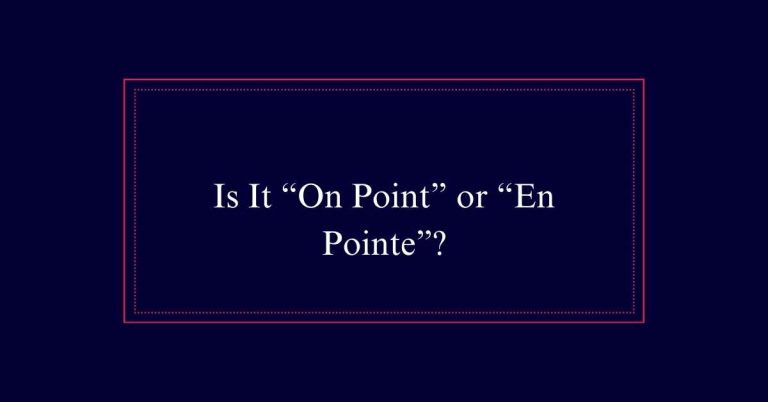
“En pointe” is a ballet term describing dancers performing on the tips of their toes, requiring specific shoes and training. It symboli
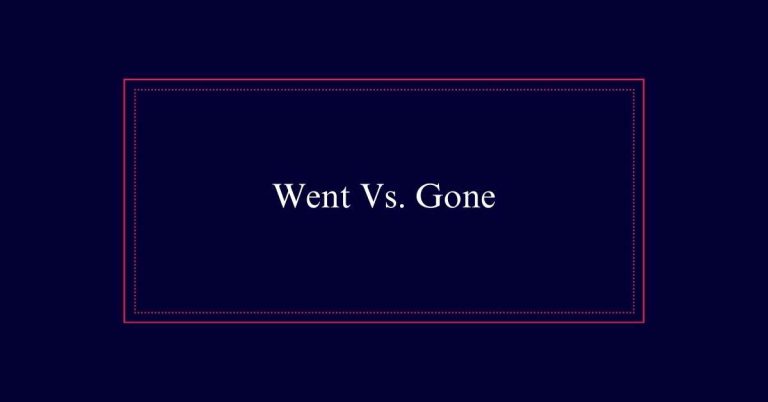
Understanding ‘went’ and ‘gone’ is essential for proper English usage. ‘Went’ is the simple past tense of ‘go’ and stands alone, as in
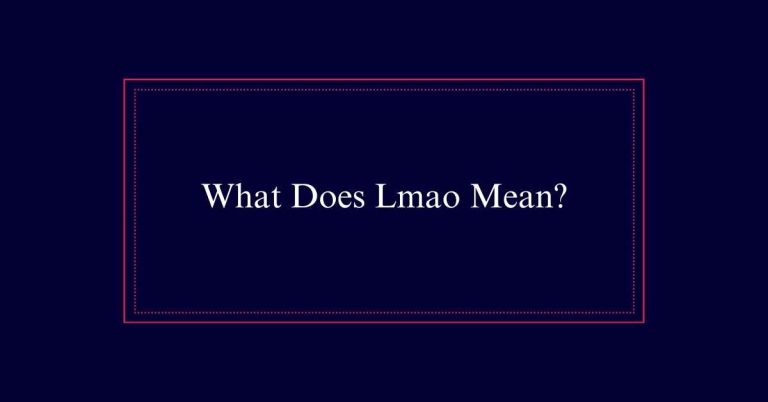
“Lmao” means “laughing my ass off.” It is used to show strong amusement in digital communication, like texts and social media. This ter
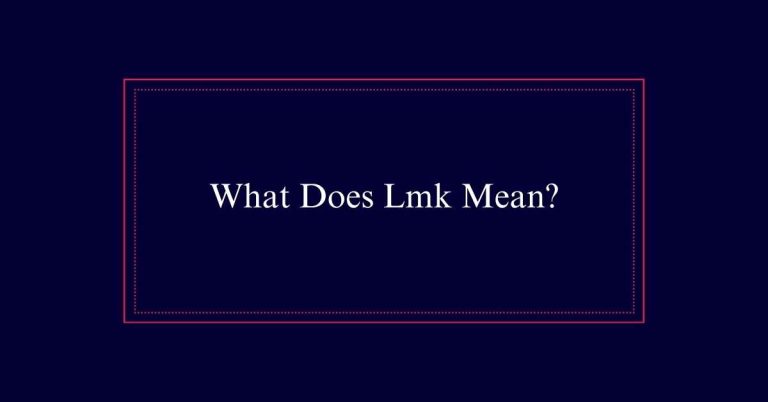
‘Lmk’ stands for ‘let me know.’ It is a widely used abbreviation in electronic communication, helping to request information or updates
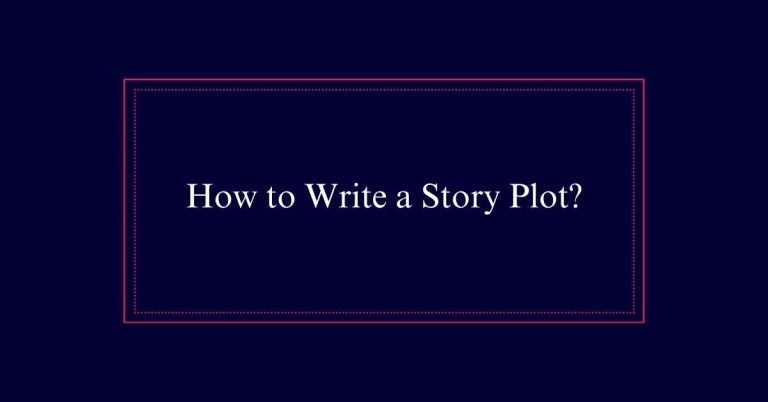
Creating a compelling story plot involves understanding its key elements: beginning, middle, and end, supported by an inciting incident
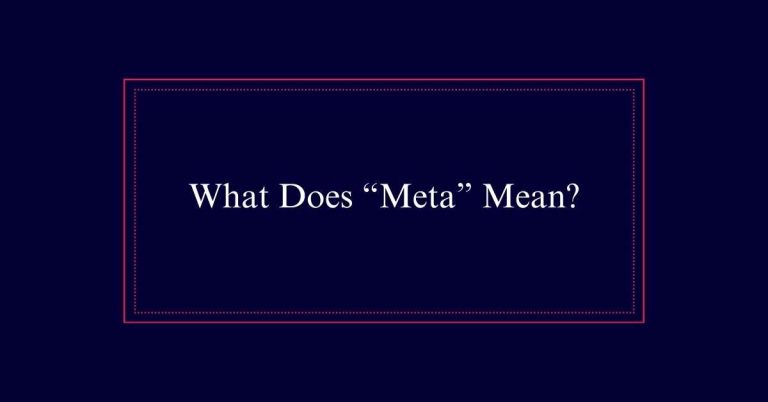
‘Meta’ describes a self-referential concept where something refers to itself. Commonly, it indicates elements that are self-aware or re
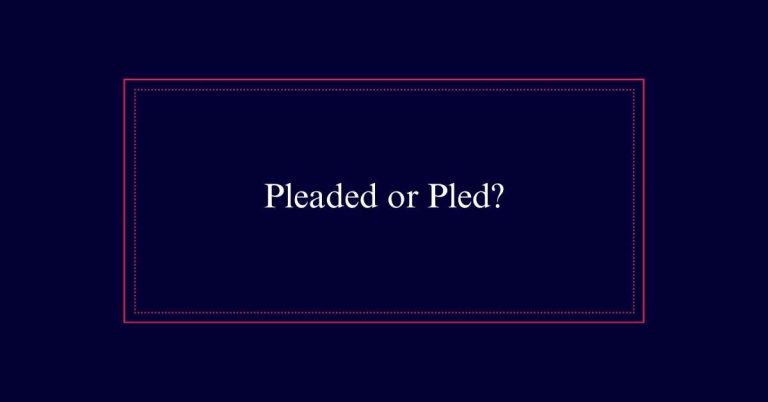
The choice between ‘pleaded’ and ‘pled’ as the past tense of ‘plead’ varies based on region and context. ‘Pleaded’ has been the standar
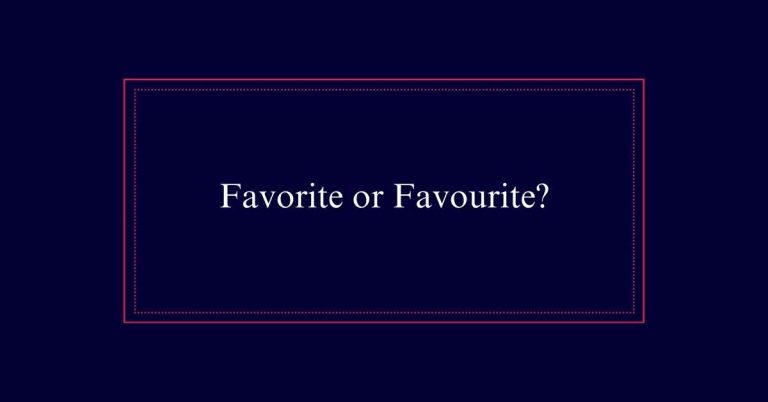
The difference between ‘favorite’ and ‘favourite’ lies in regional spelling conventions. ‘Favorite’ is used in American English, while
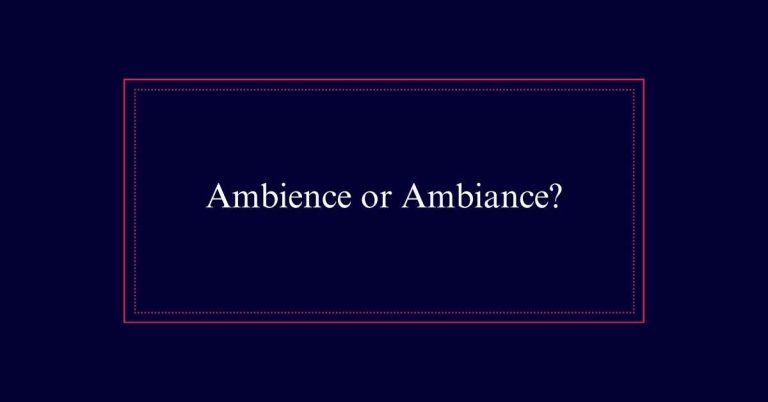
Both ‘ambience’ and ‘ambiance’ are correct spellings. The term originates from the French word ‘ambiant,’ referring to the mood or atmo
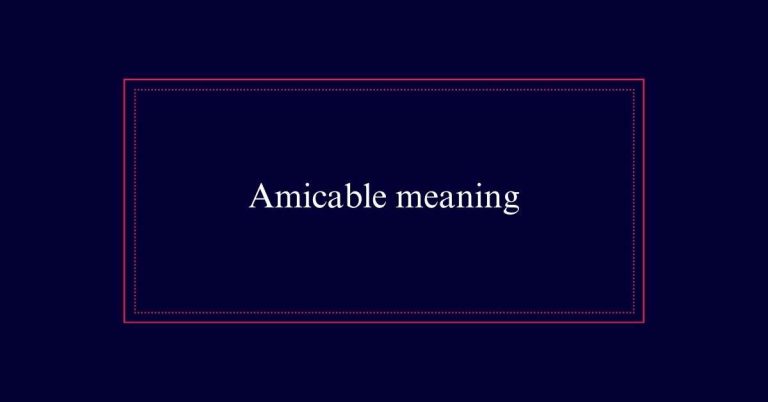
Amicable means resolving conflicts peacefully and agreeably, often used in legal, professional, and personal contexts. Originating from
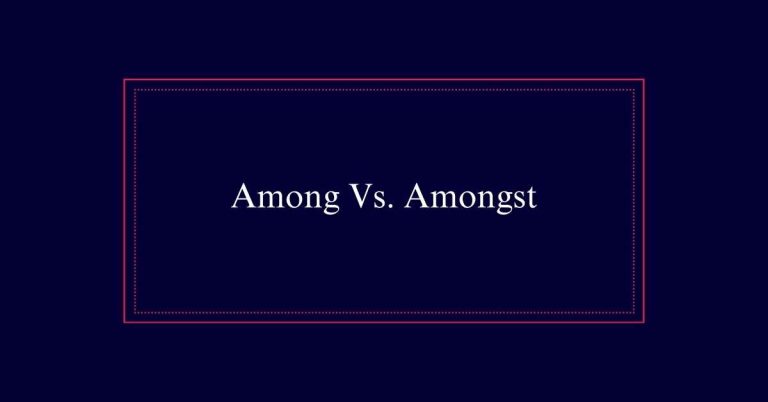
‘Among’ and ‘amongst’ are prepositions with the same meaning, both indicating being part of or in the midst of a group. ‘Among’ is sign
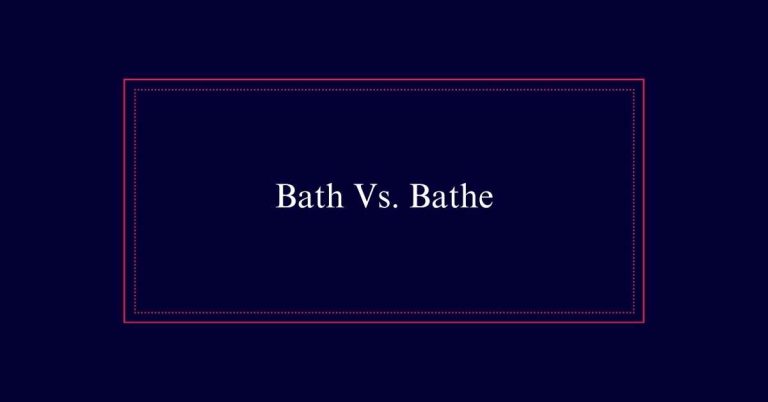
‘Bath’ is a noun, referring to either the act of washing or the container used for such washing. For example, “I need a bath.” In Briti
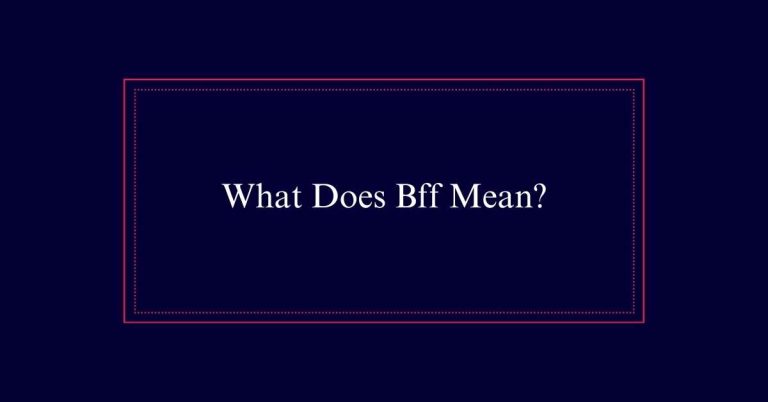
BFF stands for ‘best friends forever.’ It signifies a deep, lifelong friendship and is a term of endearment used to describe close frie

The correct spelling—’center’ or ‘centre’—depends on the variety of English you are using. In American English, ‘center’ is correct
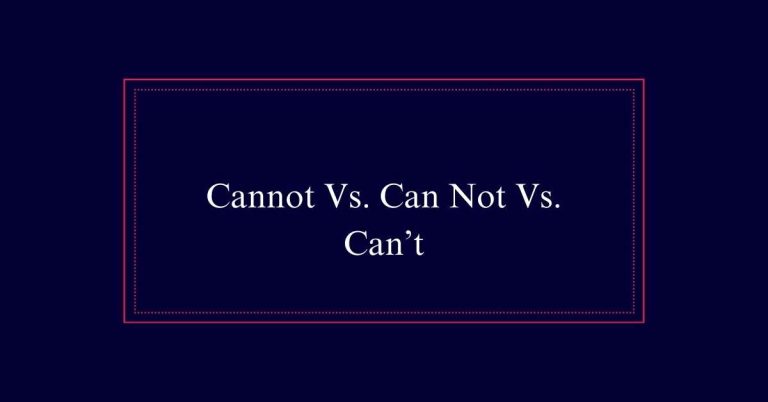
‘Cannot’ indicates an inability to do something and is preferred in formal writing due to its professionalism and clarity. ‘Can not’ is
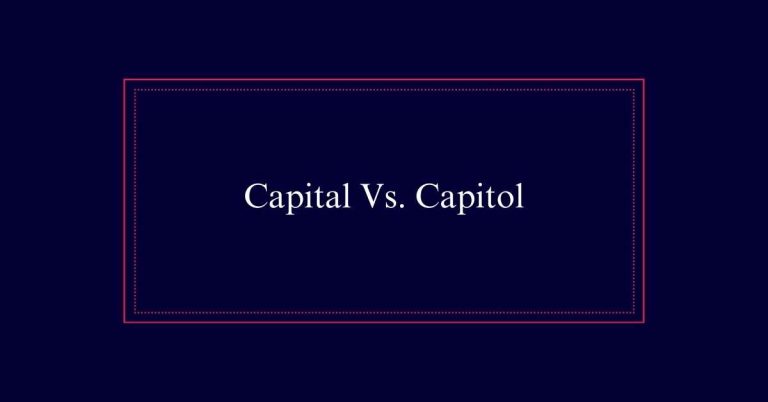
The terms ‘capital’ and ‘capitol’ have distinct meanings. ‘Capital’ refers to wealth, such as money or assets, and also denotes the cit
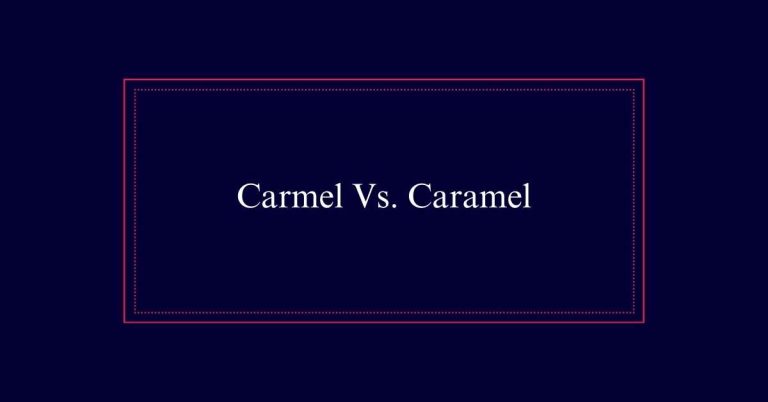
‘Caramel’ refers to a sweet substance made by heating sugar, commonly used in cooking to enhance various dishes. It appears in forms li
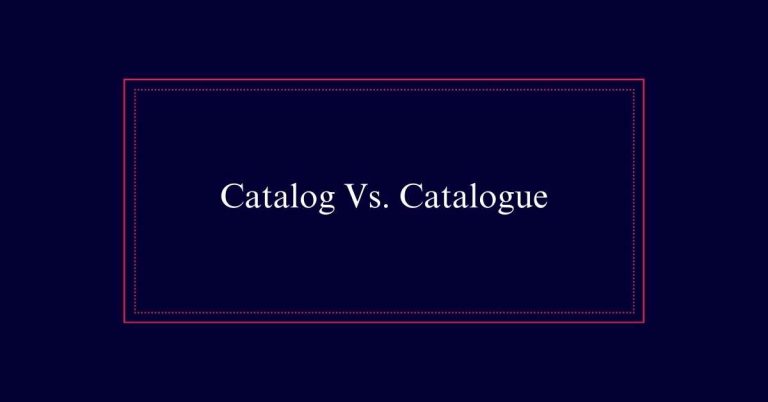
Both ‘catalog’ and ‘catalogue’ are correct. ‘Catalog’ is preferred in American English, while ‘catalogue’ is commonly used in British E
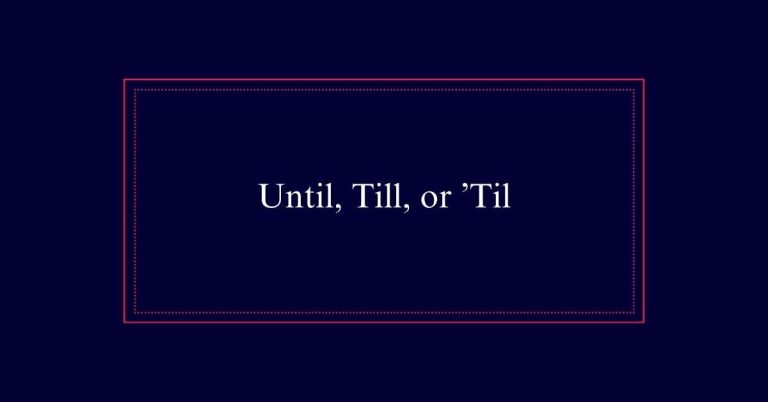
The words ‘until’ and ’till’ are both correct and can be used interchangeably. ‘Until’ is more formal and often preferred in profession

‘Welcome’ can be an adjective, verb, or noun. As an adjective, it describes something pleasing or appreciated, as in ‘You are welcome h
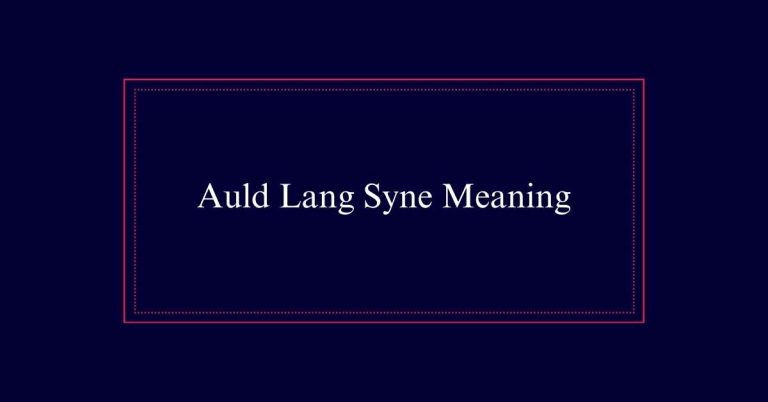
“Auld Lang Syne” is a phrase from a Scottish poem by Robert Burns, written in 1788, that translates to “old long since,” meaning “times
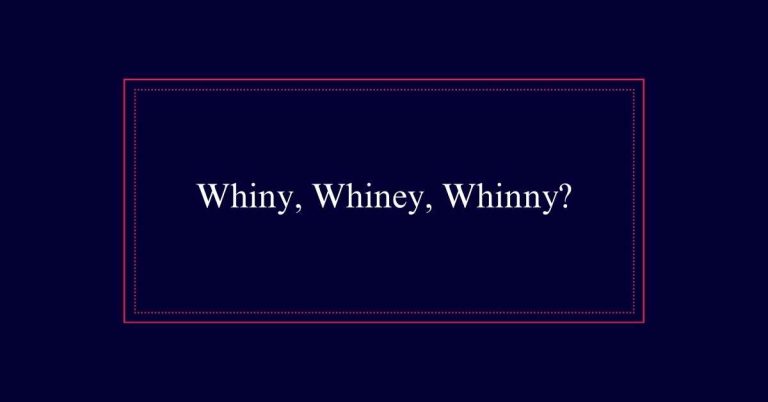
‘Whiny’ describes someone who complains in an annoying, high-pitched voice. It denotes dissatisfaction and irritation. ‘Whiney’ is an a
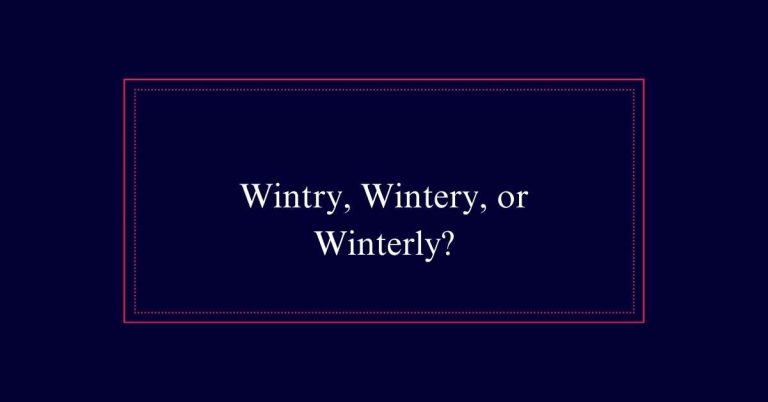
The term “wintry” is the most correct and commonly accepted to describe conditions or attributes typical of winter, such as cold or sno

The words ‘yea,’ ‘yeah,’ and ‘yay’ differ in meaning and usage. ‘Yea’ is a formal term meaning ‘yes,’ used in contexts like legislative
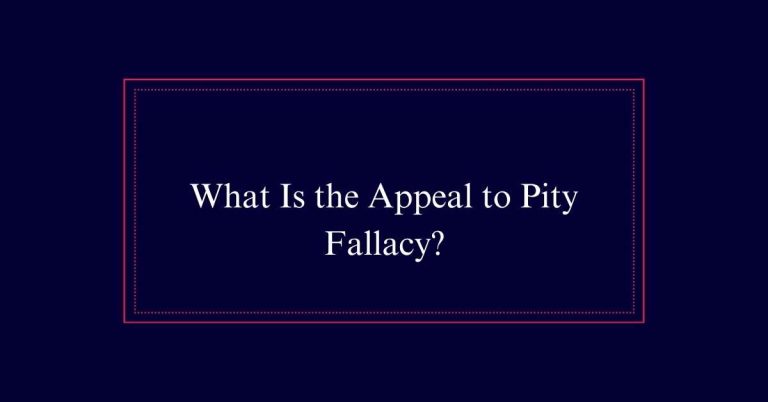
The appeal to pity fallacy, or argumentum ad misericordiam, involves manipulating an audience’s emotions to win an argument. Instead of
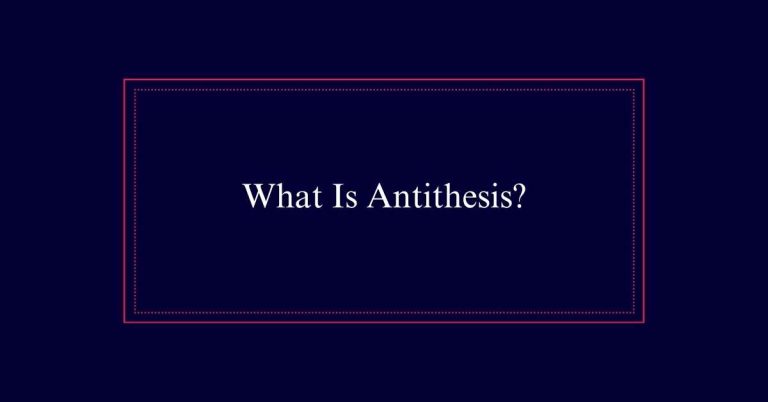
Antithesis is a literary device that reveals the full potential of two opposing ideas through parallel structures, enhancing the clarit
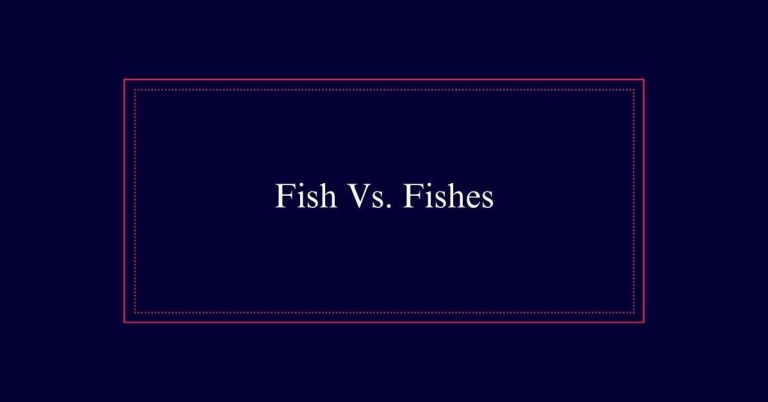
The terms “fish” and “fishes” both refer to aquatic animals but are used differently based on context. “Fish” is used when speaking abo
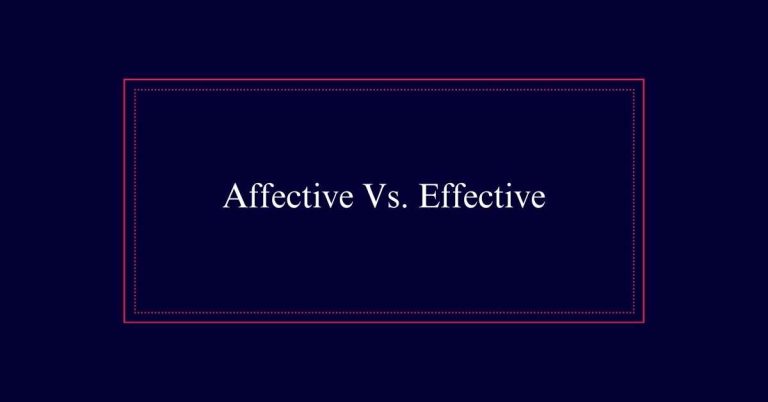
‘Affective’ and ‘effective’ serve different purposes in communication. ‘Affective’ pertains to emotions and their expression, influenci
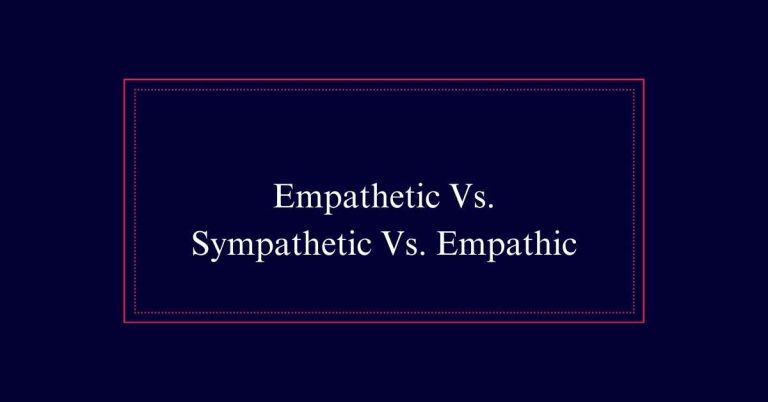
Empathetic and empathic refer to the ability to deeply understand and share another person’s emotions. ‘Empathetic’ is more common in e
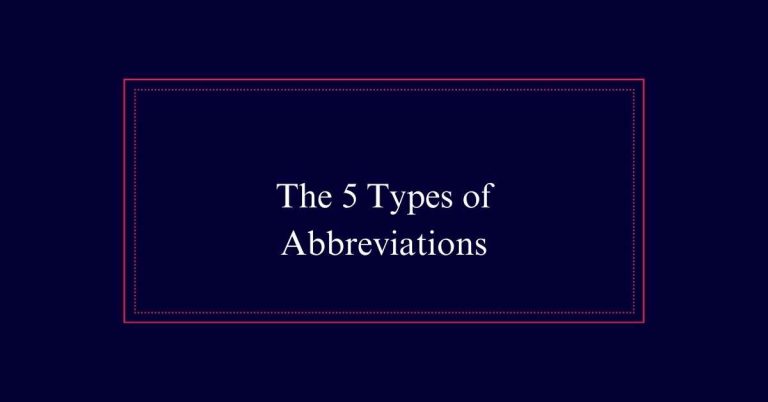
Language uses five main types of abbreviations to enhance communication efficiency. Acronyms are formed from the initial letters of a p
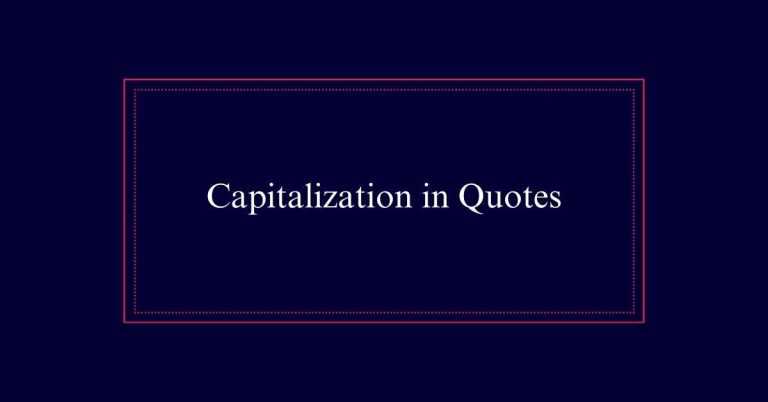
Proper capitalization in quotes is essential for clarity and professionalism. Always capitalize the first word of a complete sentence i
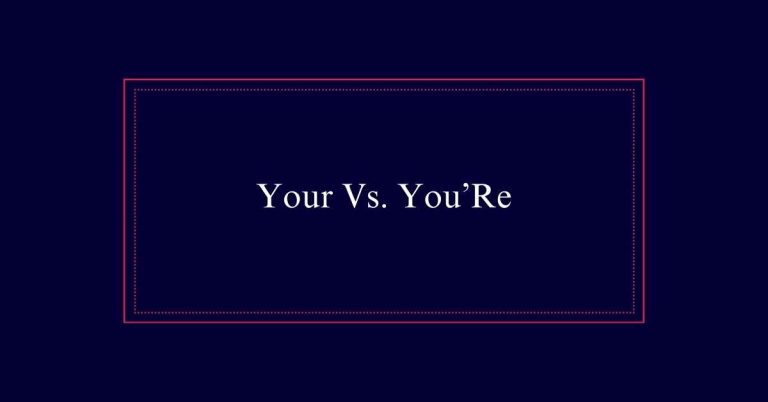
‘Your’ is a possessive adjective that indicates ownership or association. For example, ‘Your book is on the table.’ It shows a relation
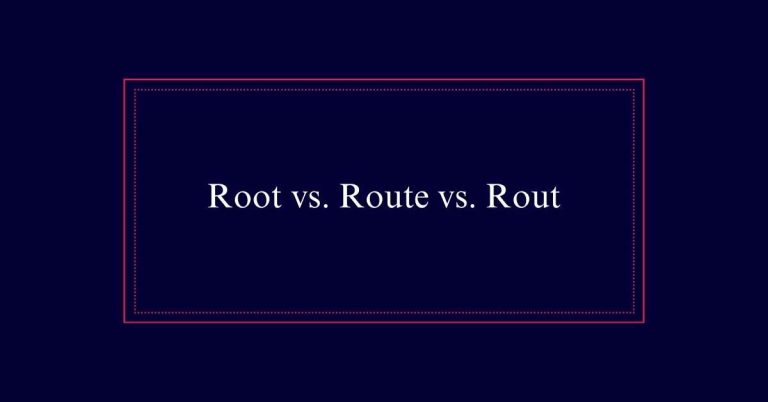
‘Root,’ ‘route,’ and ‘rout’ have distinct meanings. ‘Root’ refers to the underground part of a plant or the main cause of something. As
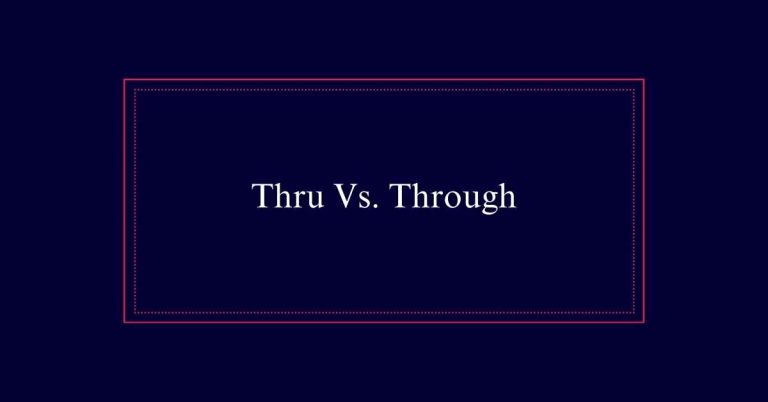
The words ‘thru’ and ‘through’ are context-dependent. ‘Through’ is the formal spelling, suitable for professional and official communic

The spelling “canceled” is commonly used in American English, while “cancelled” is favored in British English. Both forms are correct,
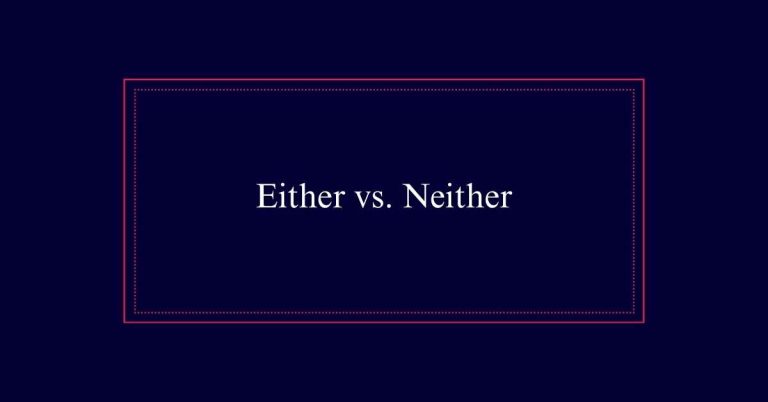
‘Either’ is used to indicate one of two choices and can function as a determiner, pronoun, conjunction, or adverb. It offers options an
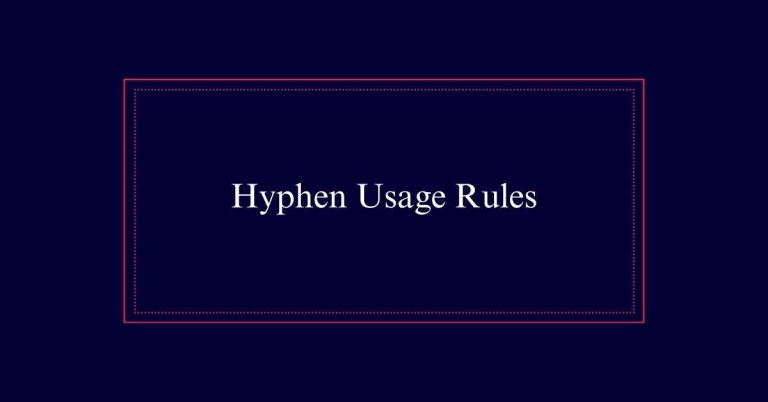
Hyphens are essential for clarity and accuracy in writing. They connect compound modifiers (e.g., ‘well-known author’) to avoid confusi
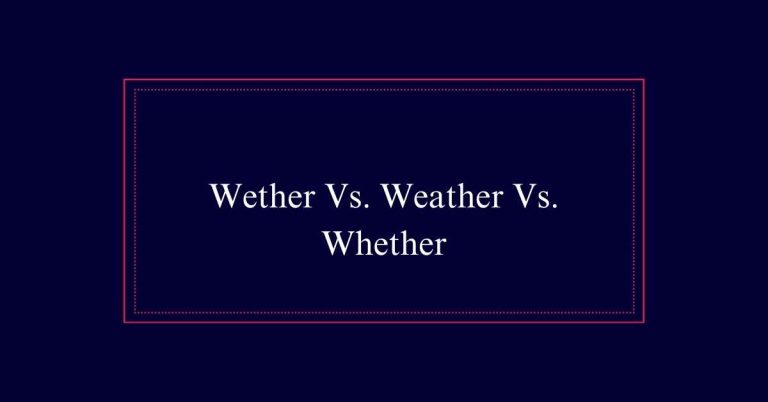
“Wether,” “weather,” and “whether” are often confused but have distinct meanings. “Wether” refers to a castrated ram or goat, commonly
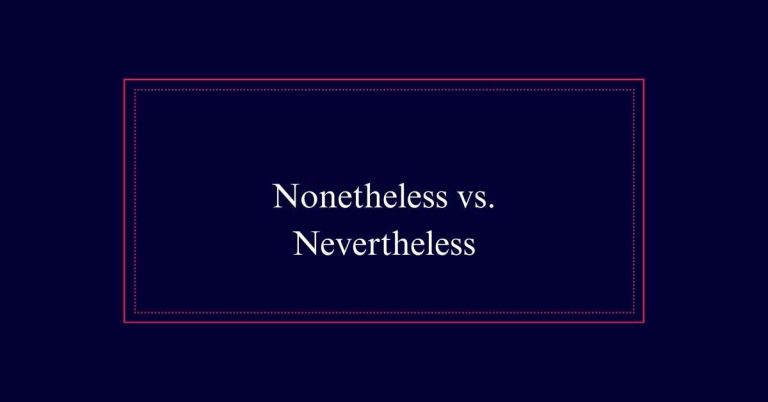
‘Nonetheless’ and ‘nevertheless’ both signify contrast and persistence despite opposition. While they are often used interchangeably, t
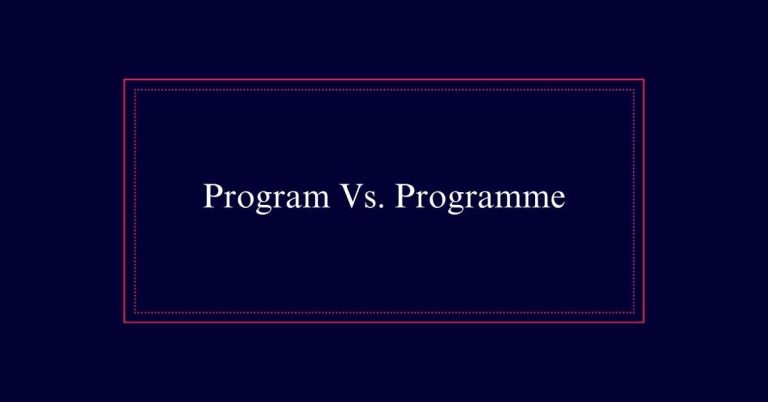
The terms “program” and “programme” differ primarily by regional usage. “Program” is the preferred spelling in American English, while
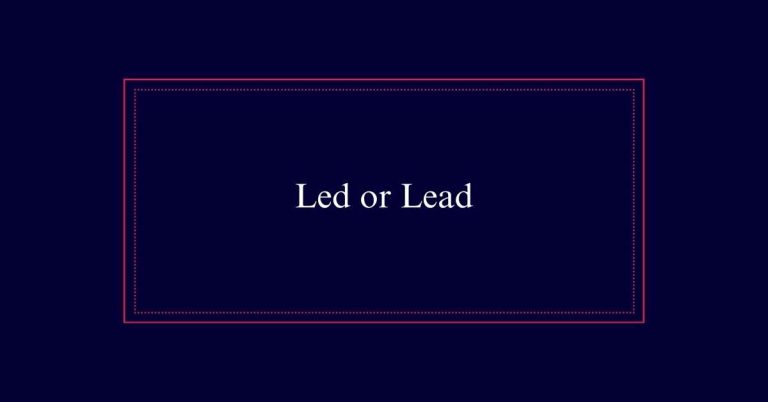
The correct past tense of the verb ‘lead’ is ‘led.’ ‘Led’ is used to indicate an action completed in the past, such as in the sentence,
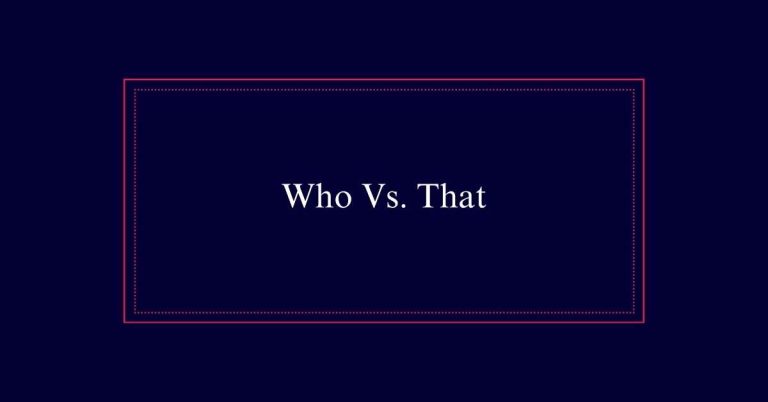
Use ‘who’ when referring to people or groups of people. For instance, ‘The teacher who inspired me.’ Use ‘that’ for inanimate objects,
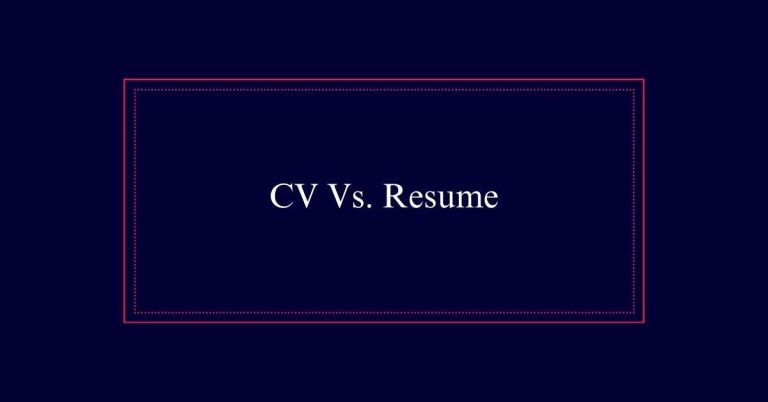
A CV (Curriculum Vitae) is a detailed document that outlines your educational background, work experience, skills, and achievements. It
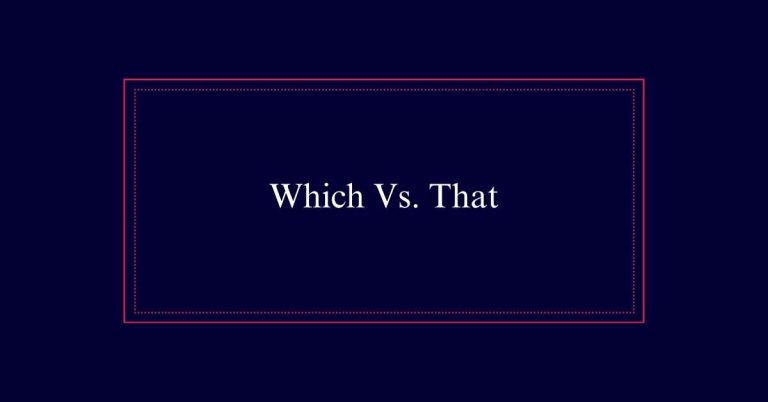
Choosing between ‘which’ and ‘that’ is important for clarity. Use ‘which’ for nonrestrictive clauses that introduce additional informat
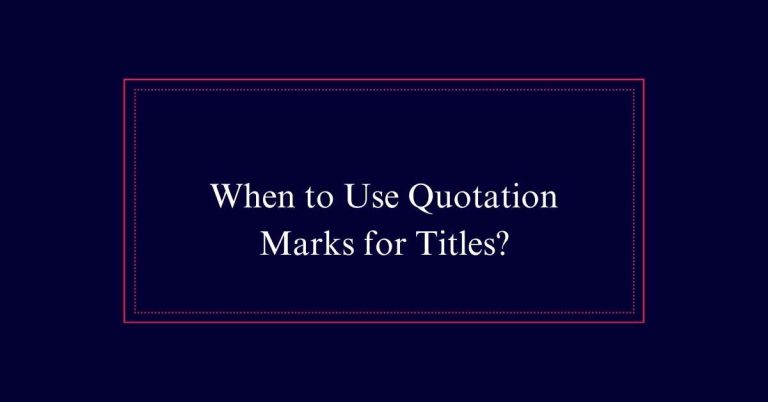
Use quotation marks for titles of shorter works, including articles, poems, songs, essays, and short stories. This distinguishes these
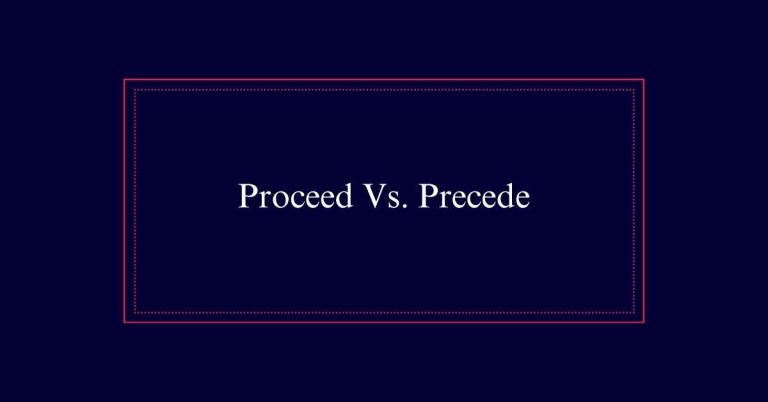
‘Proceed’ and ‘precede’ are often confused but have distinct meanings. ‘Proceed’ means to continue or begin a course of action, such as
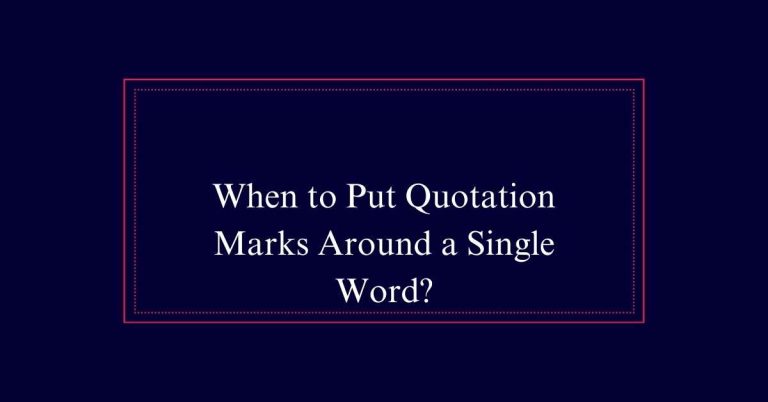
Use quotation marks around a single word to clarify unusual usage, indicate slang, or highlight irony or skepticism. They help distingu
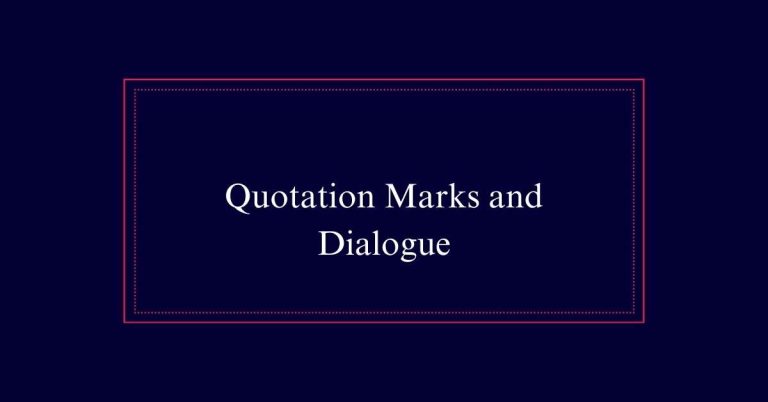
Quotation marks are essential for writing dialogue, encapsulating speech, and ensuring grammatical accuracy. In American English, doubl
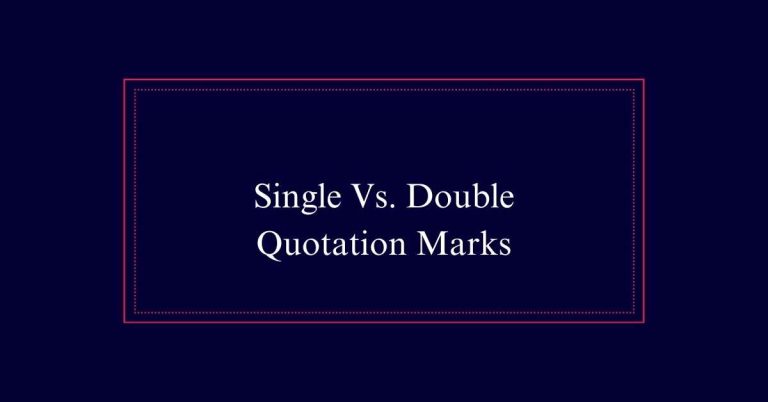
Single and double quotation marks each serve distinct purposes in writing. Double quotation marks are typically used for direct quotes,
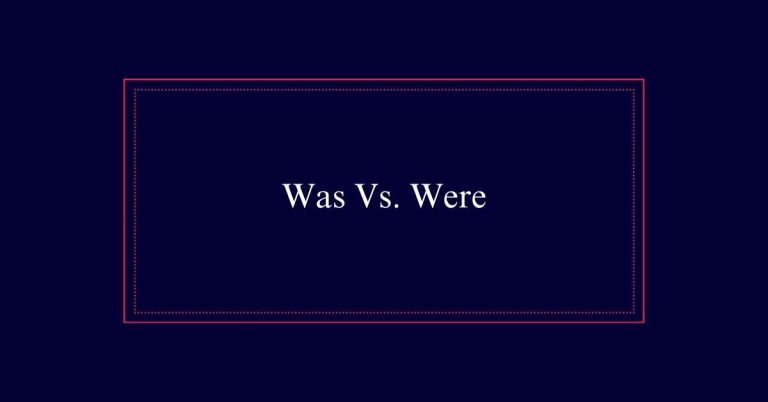
To use ‘was’ and ‘were’ correctly, remember these guidelines. Use ‘was’ with singular subjects, like ‘I,’ ‘he,’ ‘she,’ and ‘it.’ Use ‘w
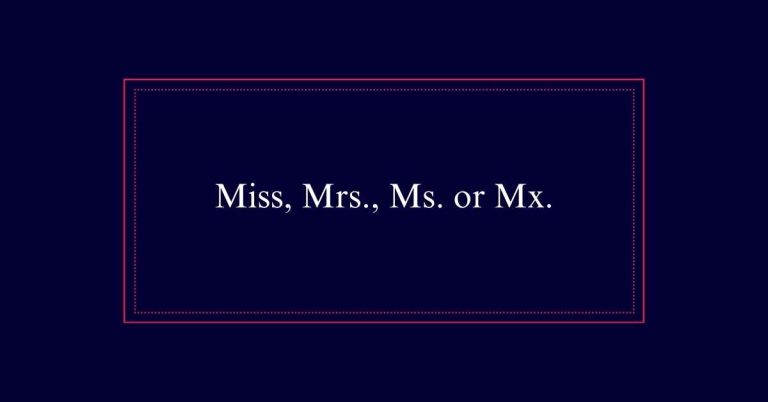
Understanding the distinctions between ‘Miss,’ ‘Mrs.,’ ‘Ms.,’ and ‘Mx.’ is essential for respectful and inclusive communication. ‘Miss’
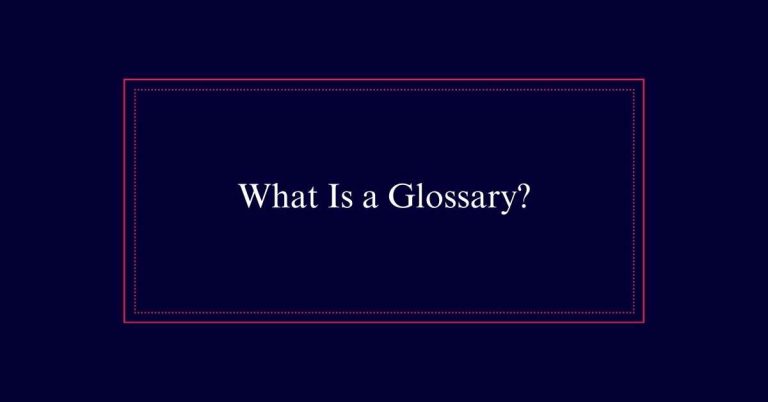
A glossary is a specialized list of terms with their definitions, typically positioned at the end of a book or document. It functions l
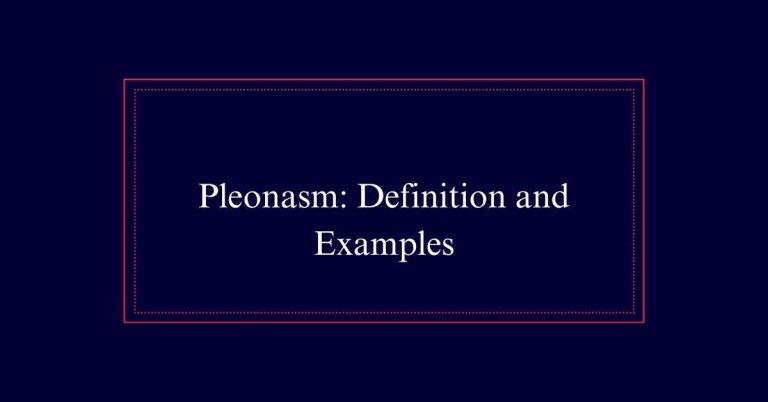
Pleonasm, originating from the Greek word ‘pleonazein,’ involves using more words than necessary to convey meaning. For instance, phras
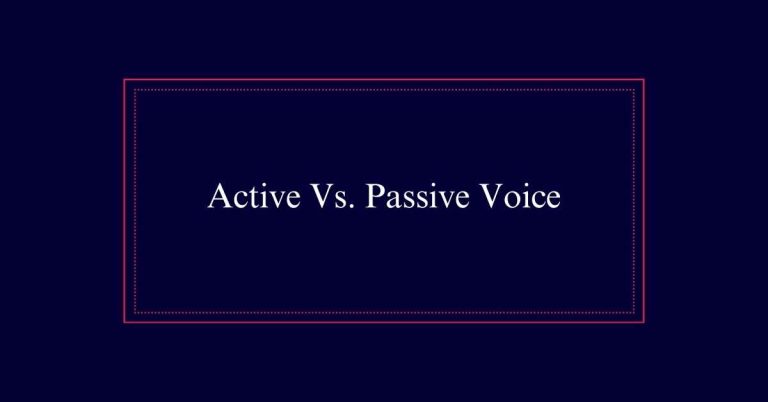
Active voice occurs when the subject of a sentence performs the action, creating direct and clear communication—ideal for engaging re
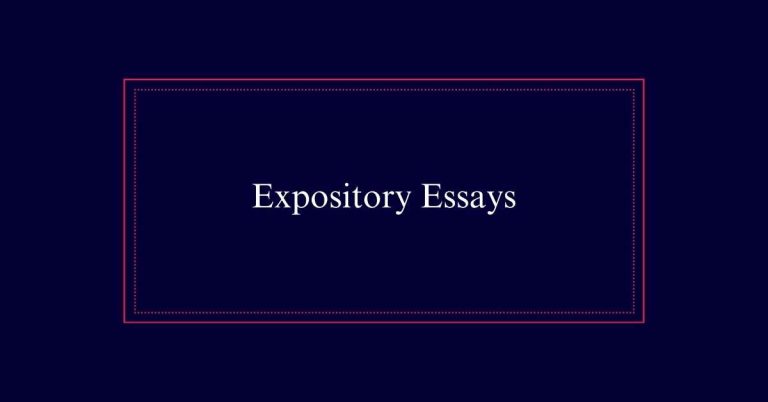
Expository essays explain facts and ideas clearly without personal opinions. Their purpose is to educate the reader by providing clear,
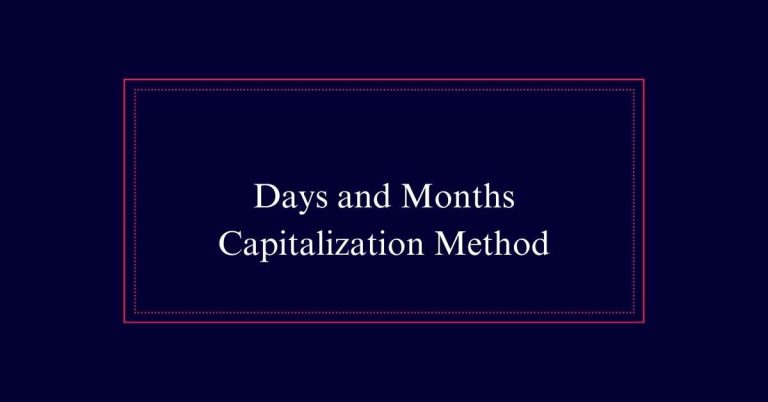
Capitalizing the days of the week and months of the year is necessary for clear and proper English writing. The days—Monday through S
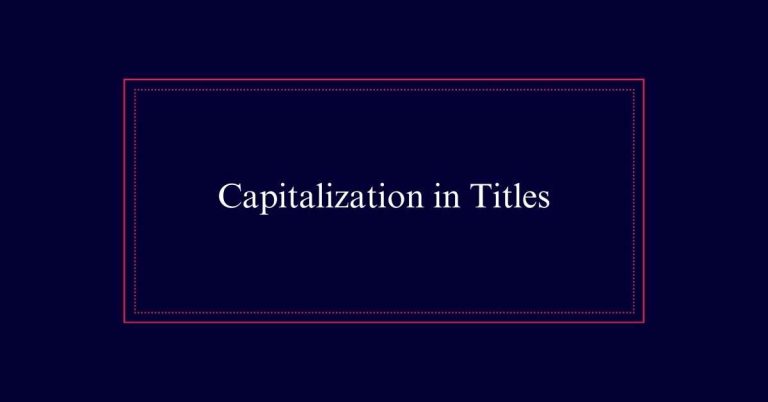
Capitalization in titles guarantees clarity and professionalism. Articles like ‘a’ and ‘the’ should be lowercased unless they are the f
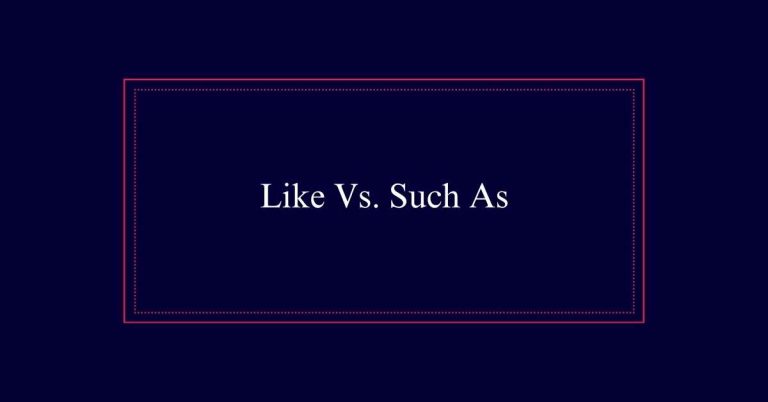
Use “like” to draw comparisons and establish frames of reference. For example, “She dances like a professional” uses “like” to compare
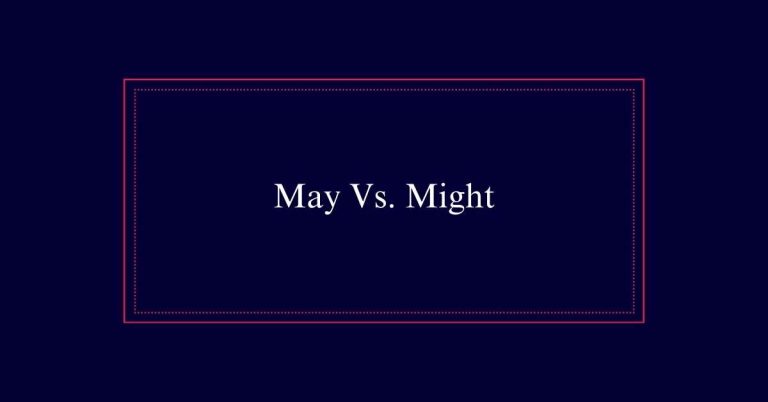
‘May’ and ‘might’ differ in usage and connotation. ‘May’ is used to ask or grant permission, particularly in American English. For exam
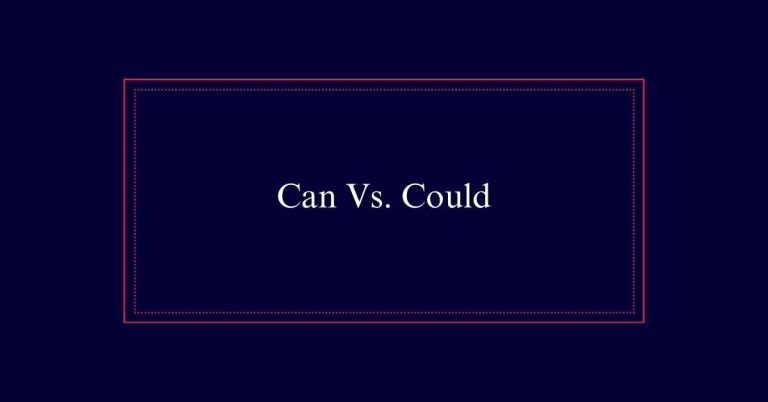
Understanding the difference between ‘can’ and ‘could’ is essential for clear communication. ‘Can’ expresses current abilities or possi
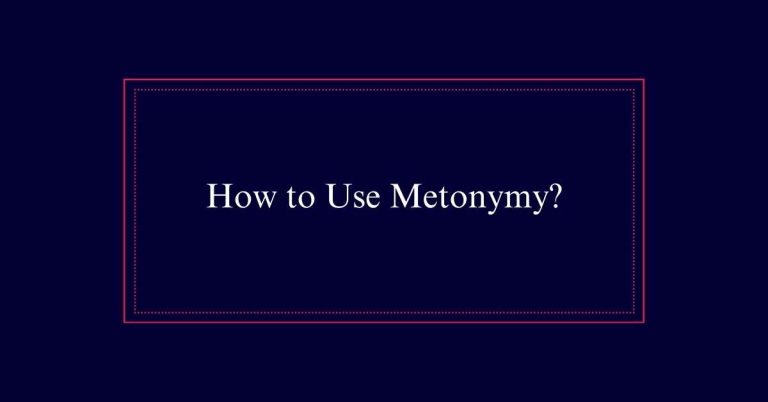
Metonymy is a literary device where a related term stands in for another term or idea. For example, using ‘the White House’ to mean the
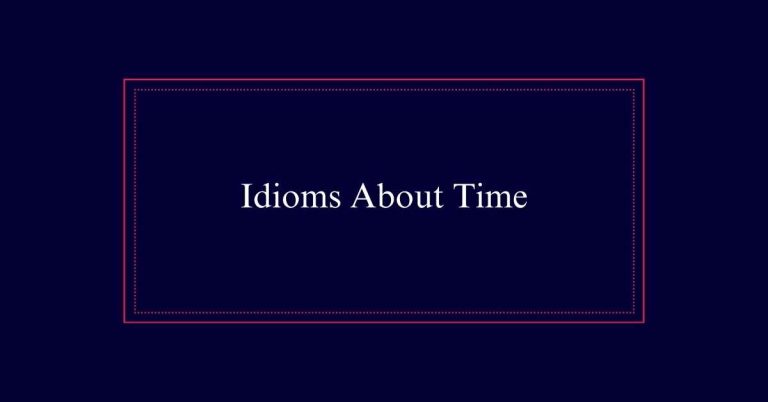
Idioms about time illustrate how individuals comprehend and value moments in life. ‘Beat the clock’ means finishing a task before time
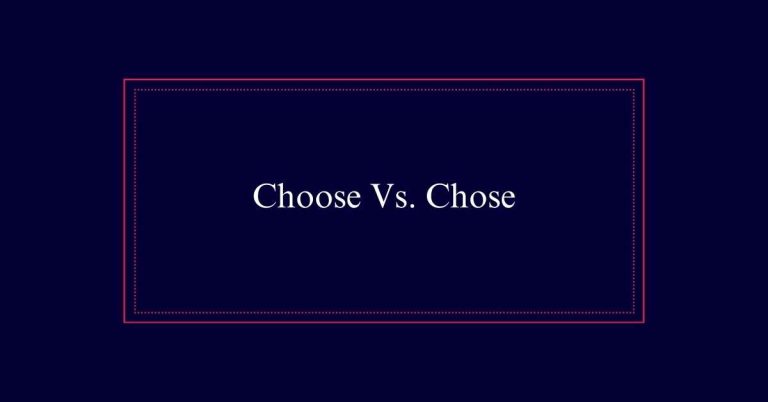
‘Choose’ and ‘chose’ are forms of the verb ‘to choose.’ ‘Choose’ is used in the present tense to indicate a decision made now or in the
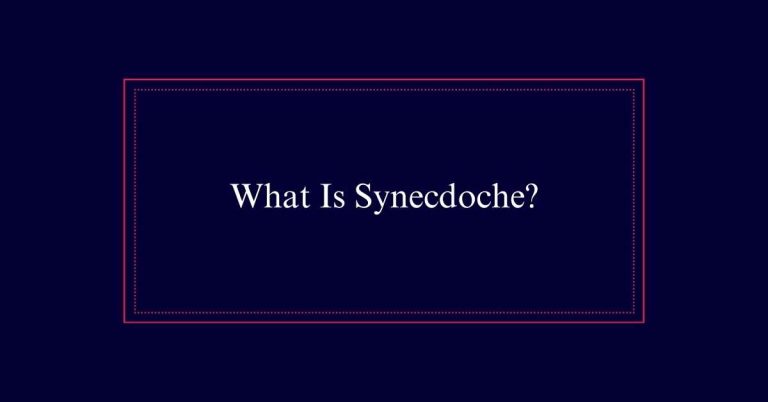
Synecdoche is a figure of speech where a part of something represents the whole, or the whole represents a part. This literary device s
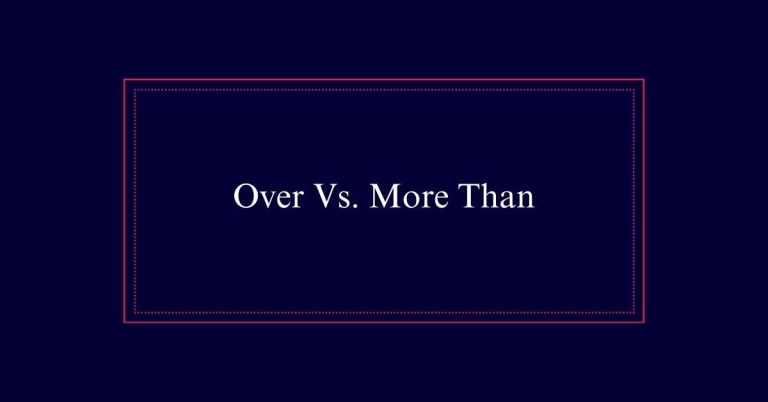
Use ‘over’ for spatial relationships, such as “The lamp is over the table.” It can also be used figuratively, like “over a million doll
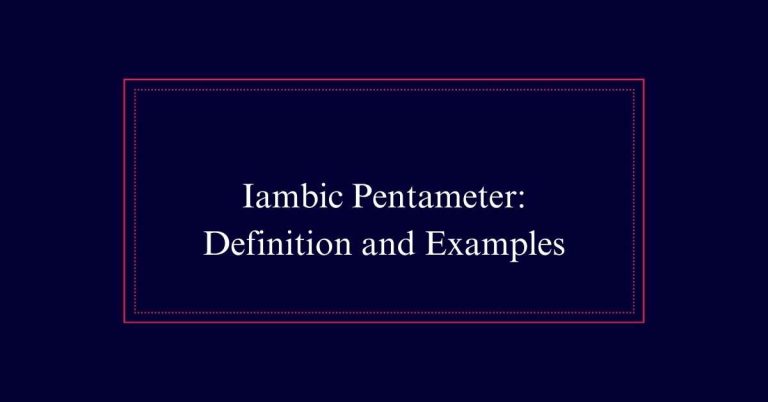
Iambic pentameter is a rhythmic pattern used in English poetry that consists of lines with ten syllables each. These syllables are arra
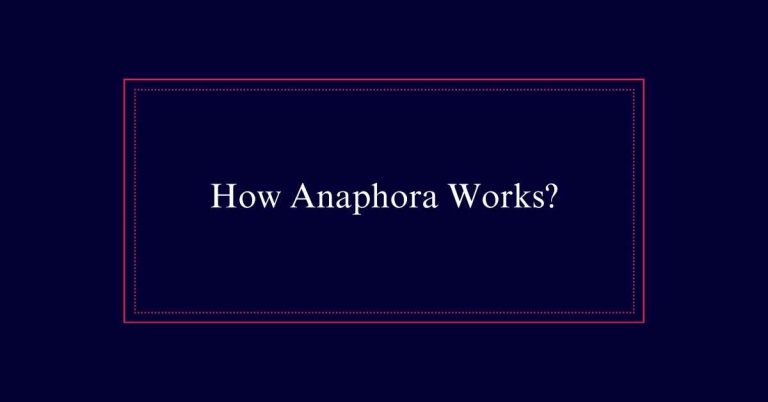
Anaphora is one of my favorite literary devices. It repeats a word or phrase at the start of multiple sentences. This repetition create
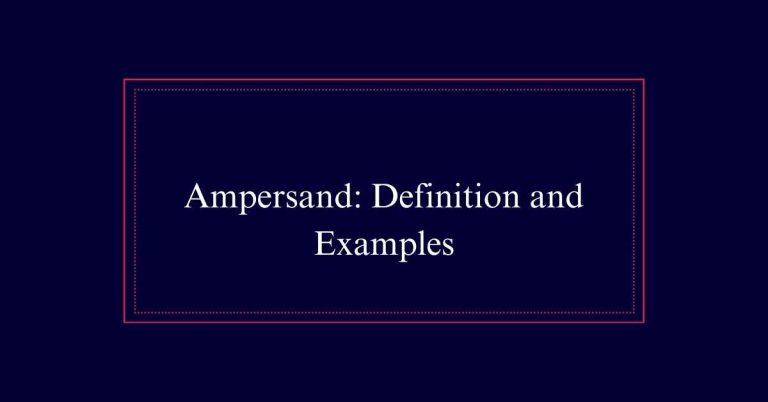
The ampersand, denoted by the symbol ‘&’, stands for the word ‘and’ in English. It originated in the Roman Empire as a ligature for
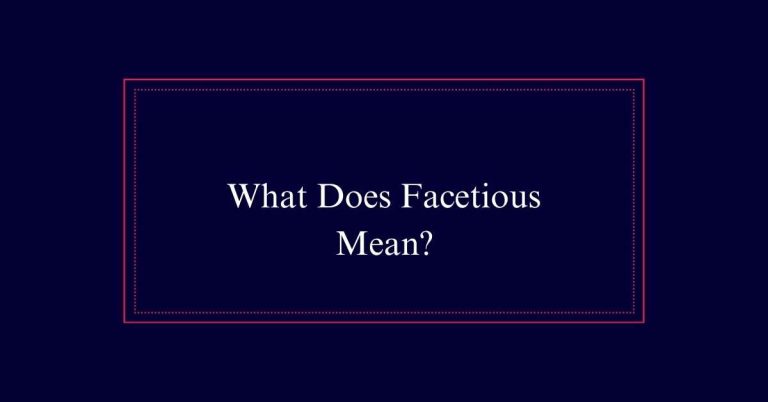
Facetious means attempting to be humorous or playful, often in a way that comes across as frivolous or silly. Such behavior or comments
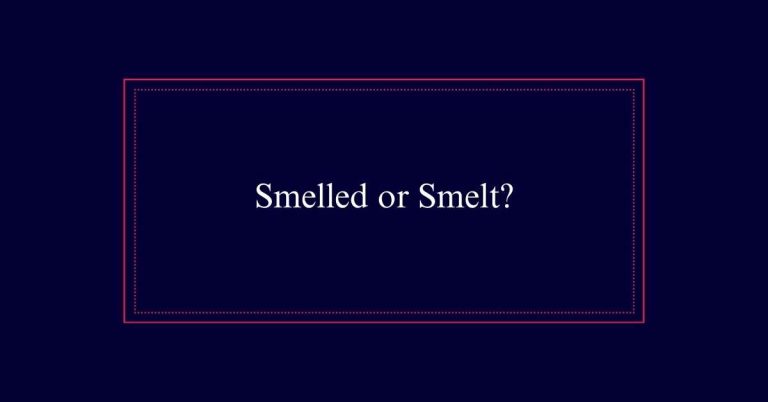
“Smelled” and “smelt” are both past tense forms of the verb “smell.” “Smelled” is commonly used in North American English, whereas “sme
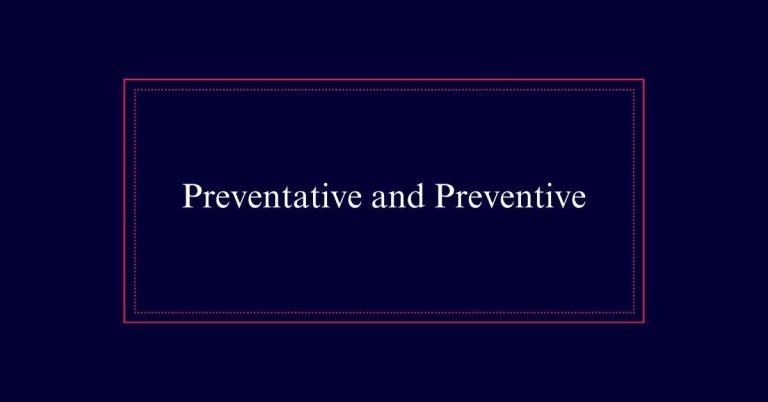
The terms ‘preventive’ and ‘preventative’ are essentially synonymous and used interchangeably. Both refer to actions aimed at stopping
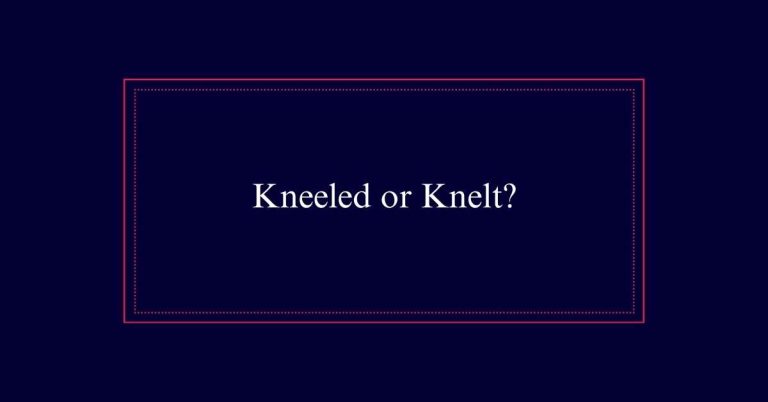
Both ‘kneeled’ and ‘knelt’ are correct past tense forms of ‘kneel.’ Historically, ‘knelt’ is more common in both American and British E
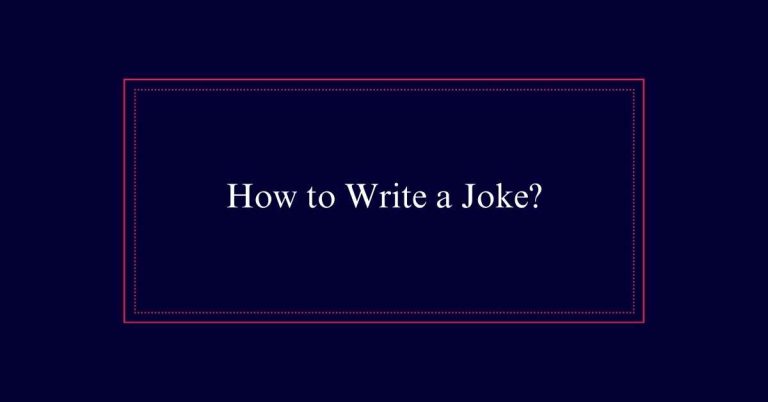
To write a joke, you need a setup and a punchline. The setup creates an expectation, while the punchline subverts it for comedic effect
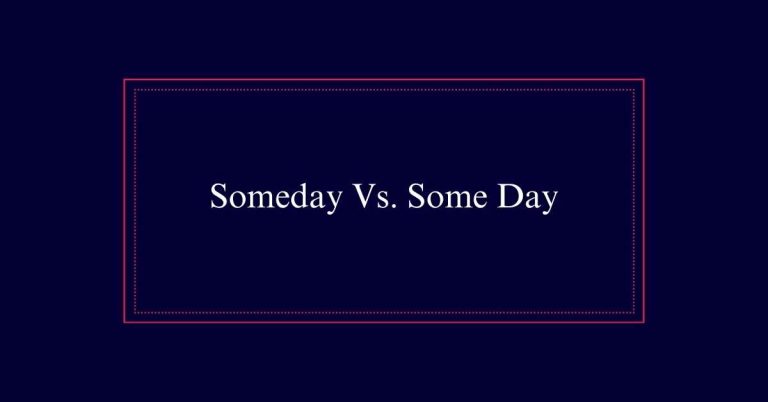
‘Someday’ is an adverb used to indicate an indefinite future time, such as in aspirations or plans without a set timetable. For example
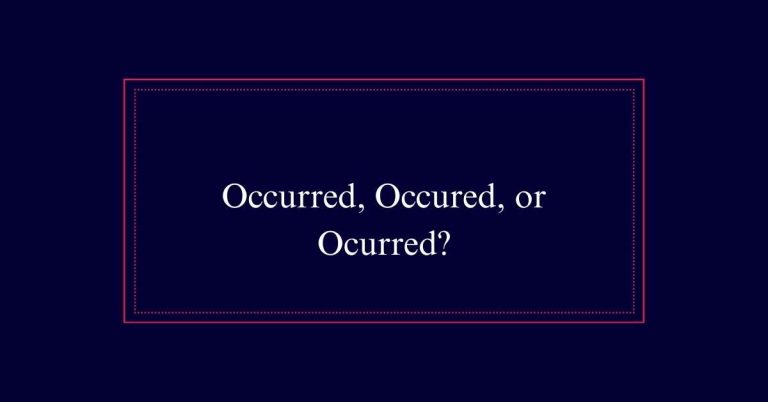
The correct spelling is ‘occurred,’ which includes a double ‘r’ and a double ‘c.’ This spelling follows standard English rules for verb
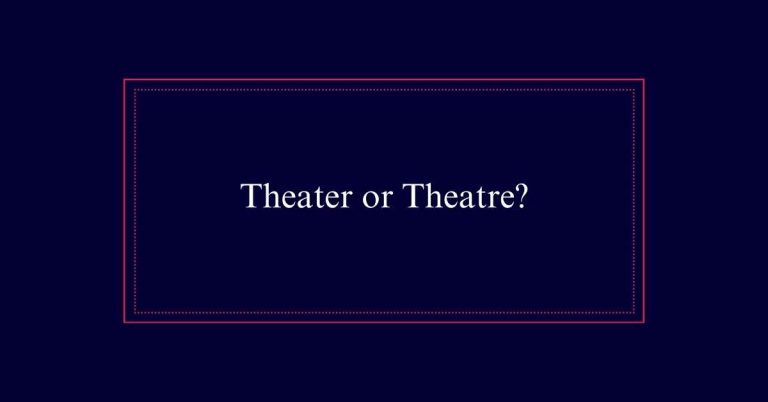
The choice between “theater” and “theatre” depends primarily on regional spelling norms. “Theater” is standard in American English, whi
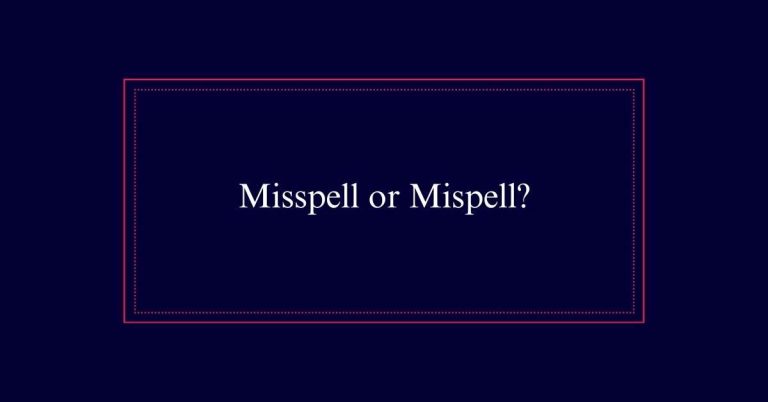
The correct spelling is ‘misspell,’ with a double ‘s.’ The term comes from the prefix ‘mis-‘, meaning incorrect, combined with ‘spell.’
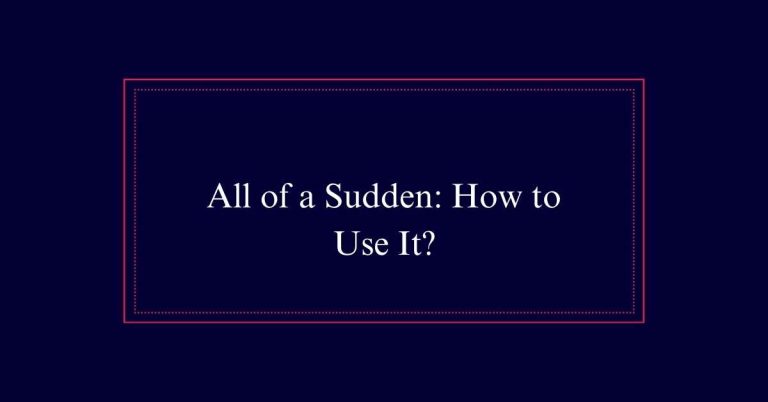
‘All of a sudden’ is the correct phrase to use when describing an unexpected event. It emphasizes abruptness, adding drama and immediac
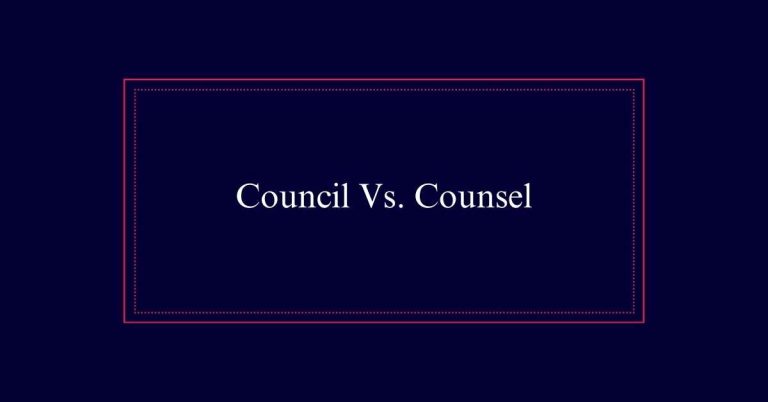
‘Council’ and ‘counsel’ are often confused due to similar pronunciation but have distinct meanings. ‘Council’ refers to a group of peop
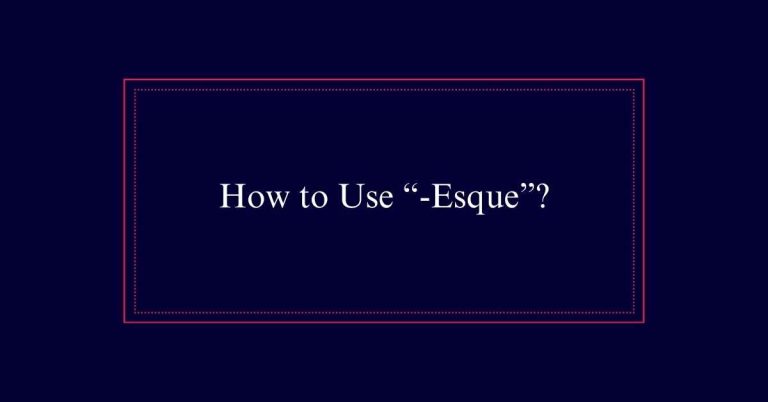
You use ‘-esque’ to describe something that resembles or is in the style of something else. For example, ‘statuesque’ means resembling
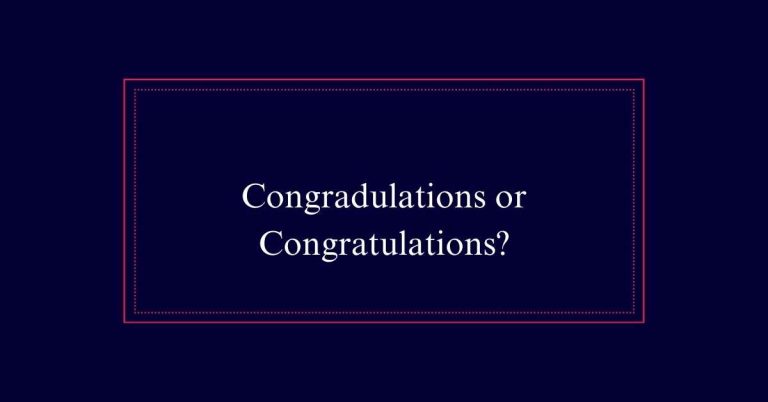
‘Congratulations’ is the correct spelling, not ‘congradulations.’ The word comes from the Latin roots ‘com-‘ and ‘gratulari,’ which mea
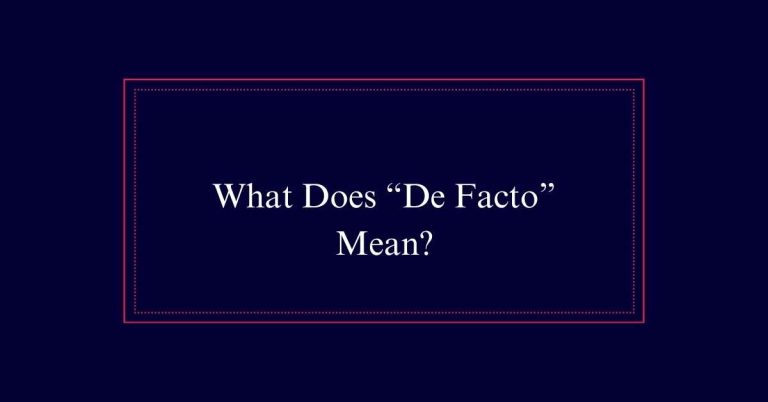
‘De facto’ is a Latin term meaning ‘in reality.’ It describes situations that exist in practice but are not legally recognized. For exa
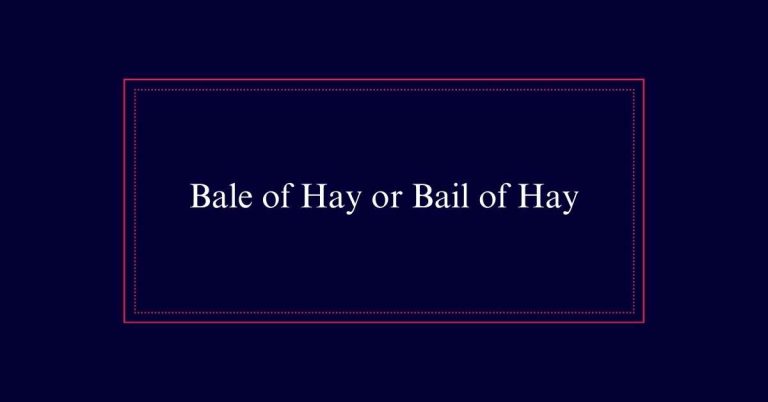
The correct term for a large bound stack of hay is ‘bale of hay.’ A ‘bale’ refers to tightly bound packages of materials like hay, cott
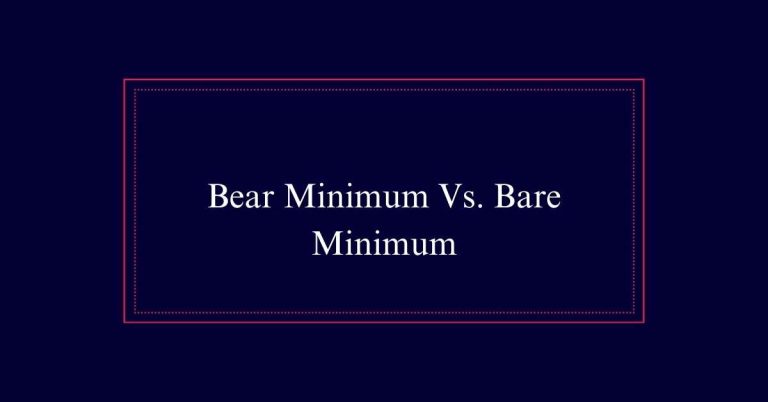
The term ‘bare minimum’ means achieving a goal with the least amount of effort or resources necessary. It’s commonly used in settings l
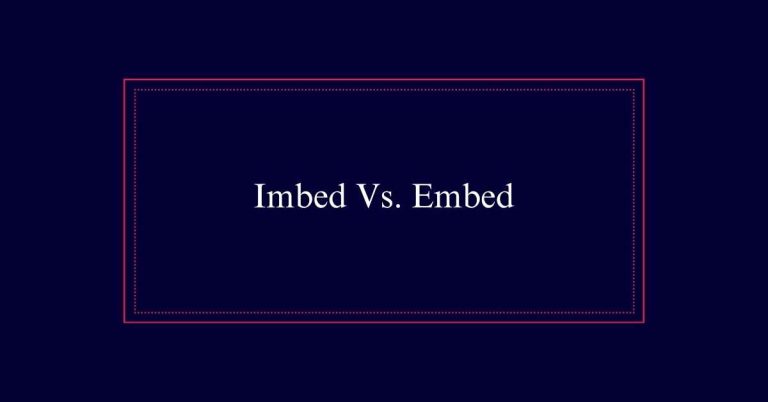
The terms ‘imbed’ and ’embed’ both mean to place something firmly within a surrounding context. Historically, they have been used inter
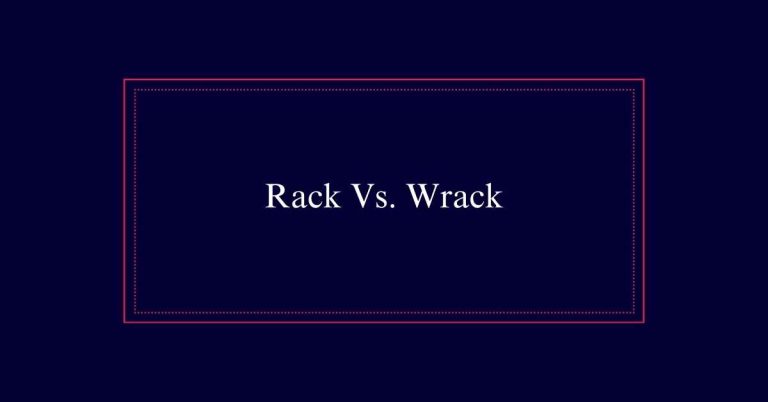
‘Rack’ and ‘wrack’ have different meanings. ‘Rack’ generally refers to a framework for holding items, such as a wine rack or coat rack.
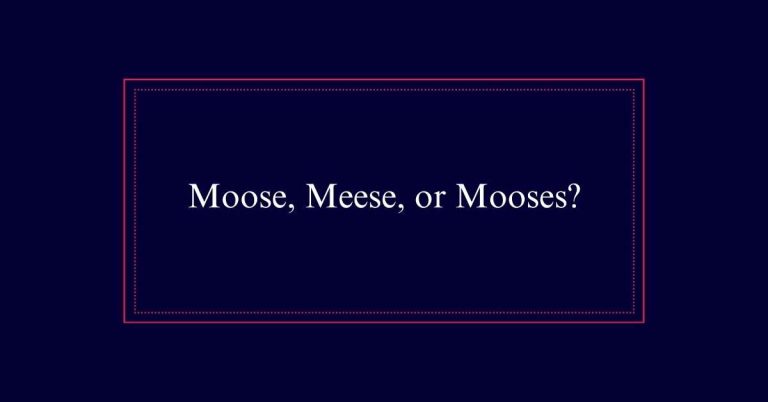
The plural of ‘moose’ is simply ‘moose.’ Unlike some English words that change form when pluralized, ‘moose’ remains the same. This is
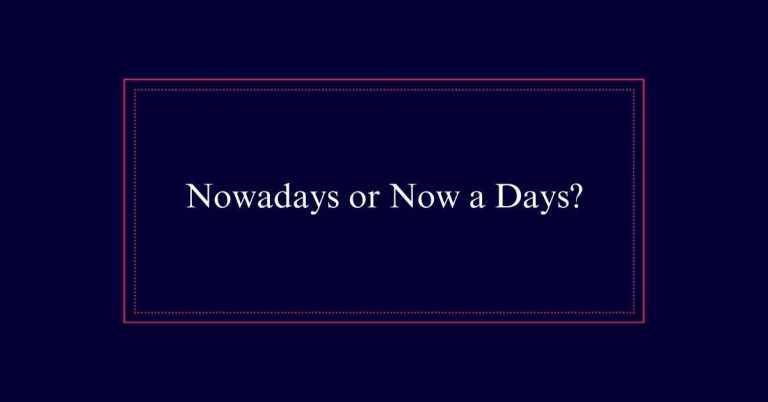
The correct term is ‘nowadays,’ written as a single word. It refers to current times or modern trends. Avoid common misspellings such a

The correct spelling is ‘gist,’ not ‘jist.’ The term ‘gist’ refers to the essence or main point of something, capturing the core idea q

The correct spelling between ‘whoa’ and ‘woah’ is ‘whoa’. ‘Whoa’ is traditionally recognized and preferred in dictionaries and formal w
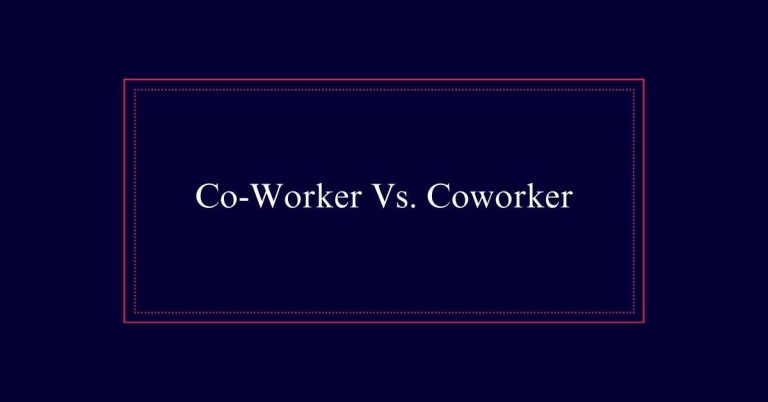
The terms ‘co-worker’ and ‘coworker’ pertain to individuals at the same job level within an organization and are used interchangeably.
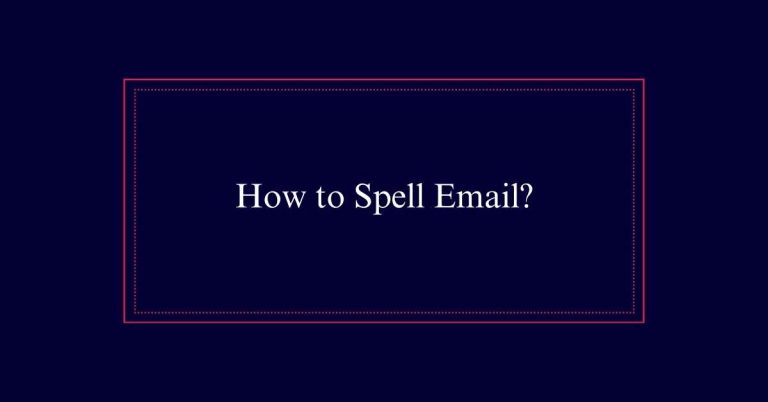
The preferred spelling for electronic mail in modern usage is ’email’ without the hyphen. This form is widely accepted by major diction
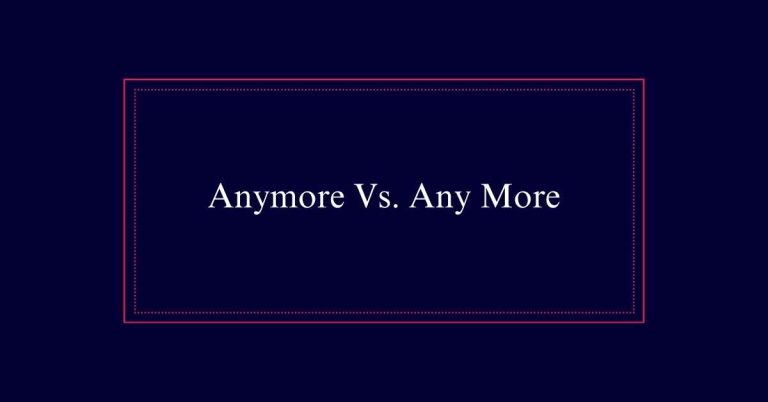
‘Any more’ is used to refer to additional quantity or amount. It is often used in questions or statements discussing availability, need
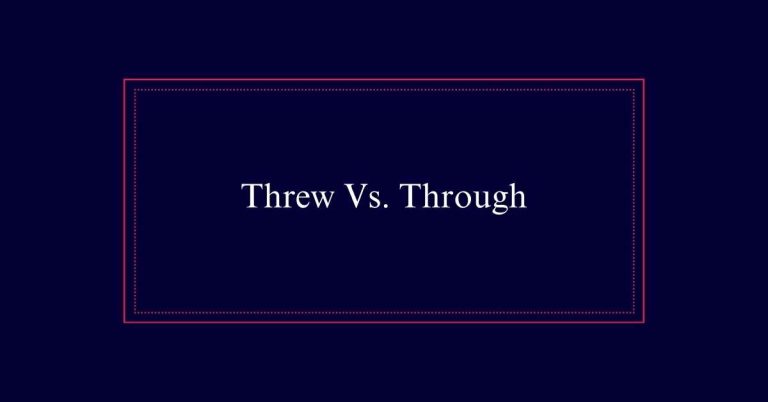
‘Threw’ is the past tense of ‘throw’, describing an action completed in the past, such as “He threw the ball.” It is also used in phras
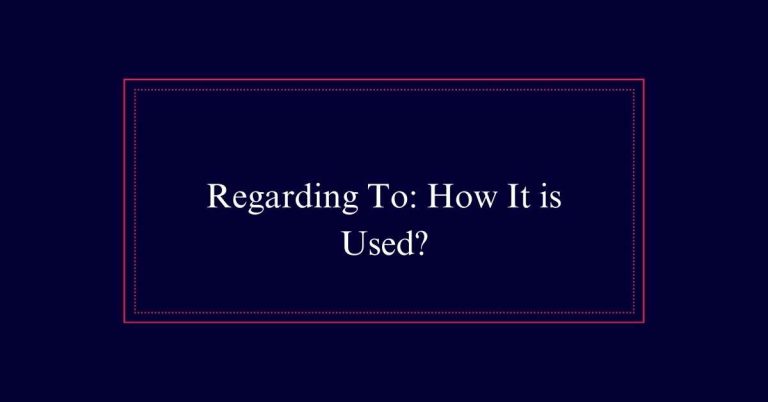
The phrase ‘regarding to’ is a common mistake found in online communication. The correct usage should be ‘regarding’ or ‘in regard to’.
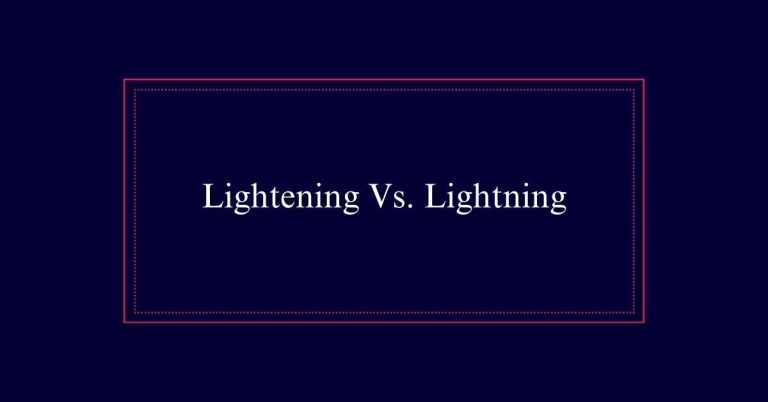
Lightening and lightning are often confused due to their similar spellings. Lightening is the present participle of ‘lighten’ and refer
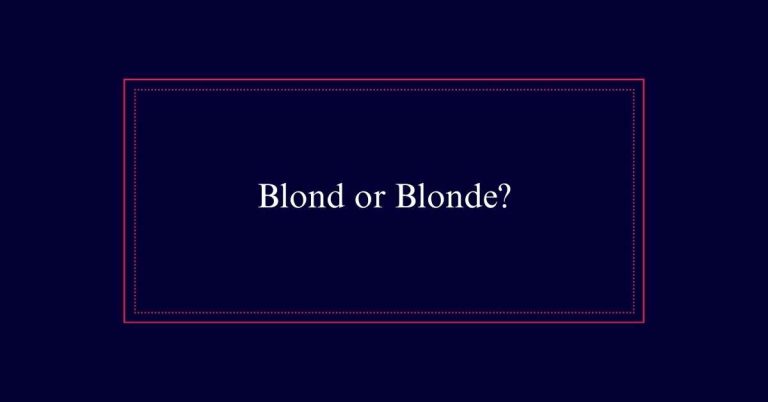
The terms ‘blond’ and ‘blonde’ derive from French, traditionally distinguishing gender: ‘blond’ for males and ‘blonde’ for females. Mod
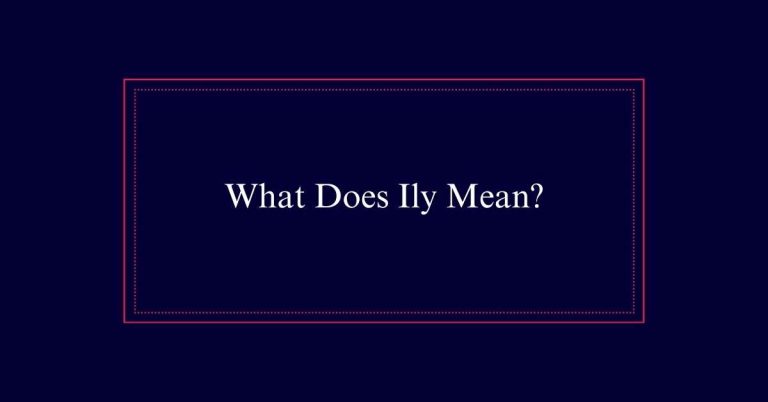
The abbreviation ‘Ily’ stands for ‘I love you.’ It is widely used in text messages and social media to express affection quickly and ca
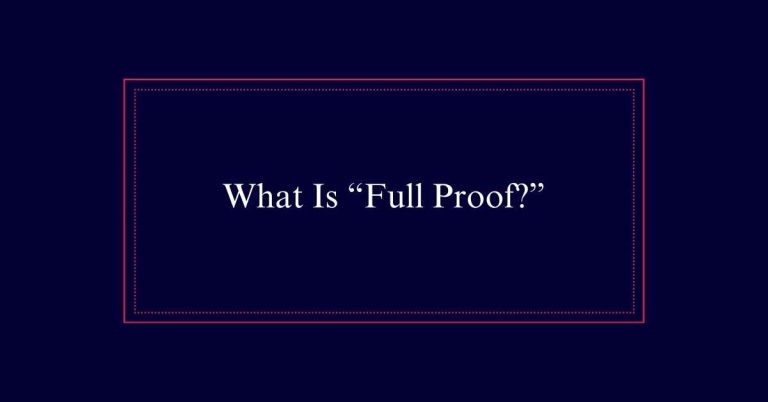
‘Fullproof’ is often mistaken for the correct term ‘foolproof.’ Foolproof describes something designed to be simple and reliable, minim
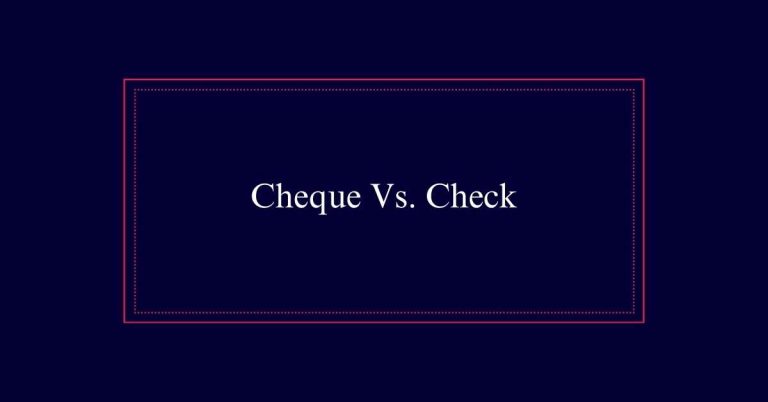
The terms ‘cheque’ and ‘check’ refer to the same financial document, directing bank payments. The main distinction lies in spelling: ‘c
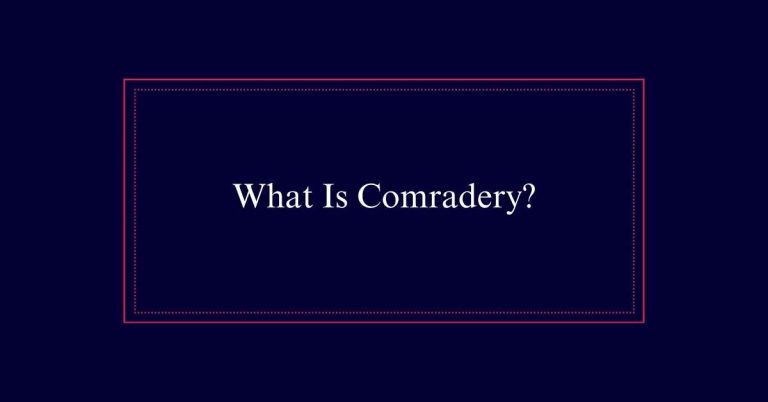
Comradery, also spelled camaraderie, originates from the French word ‘camarade’ and refers to the mutual trust and friendship among peo
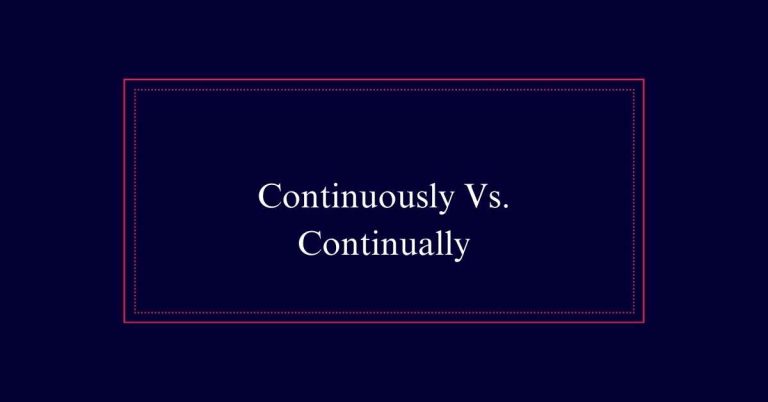
‘Continuously’ and ‘continually’ are often confused, but they have distinct meanings. ‘Continuously’ refers to actions that occur witho
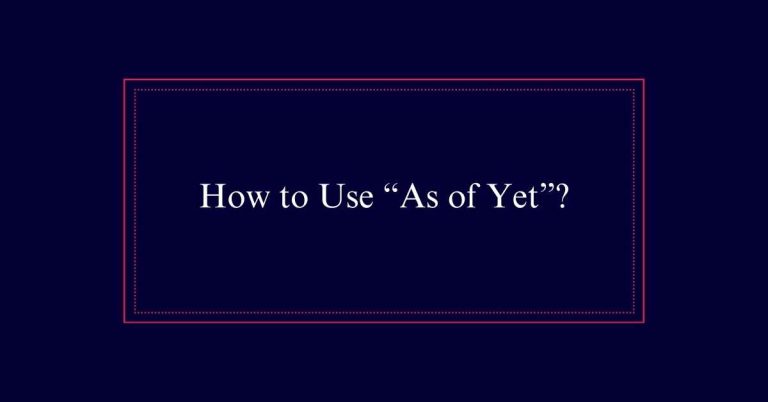
The phrase ‘as of yet’ indicates something that has not happened up until the present moment. Despite its use in formal writing, many c
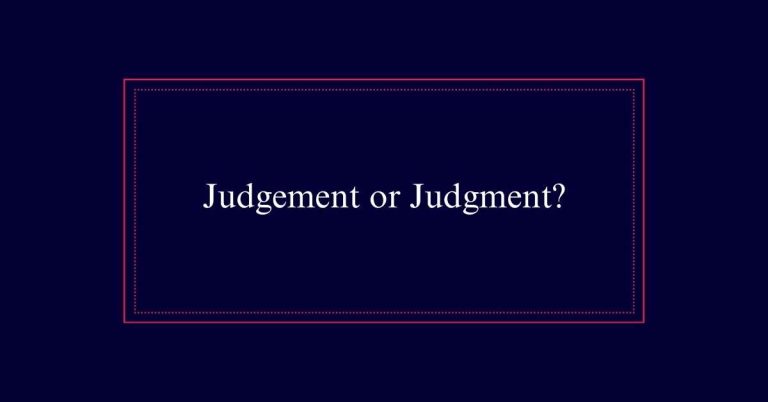
The correct spelling of the word depends on regional preferences. In British English, ‘judgement’ is commonly used, though ‘judgment’ i
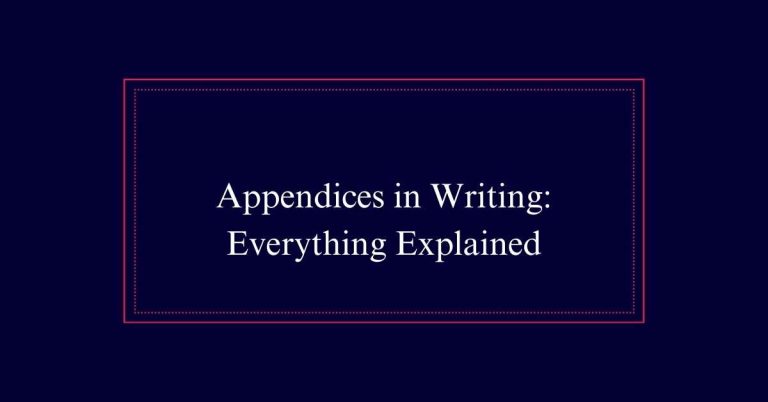
Appendices in academic writing serve as sections that provide nonessential yet supplementary material to support the main text. They ma
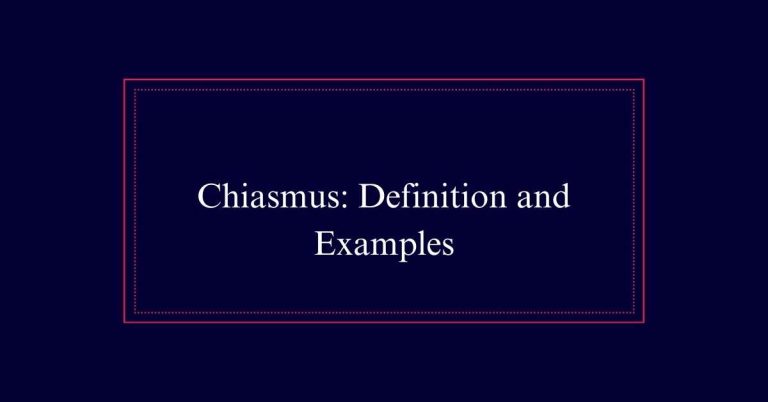
Chiasmus is a literary device where two clauses are structured in reverse order to create a mirrored effect. It enhances writing by add
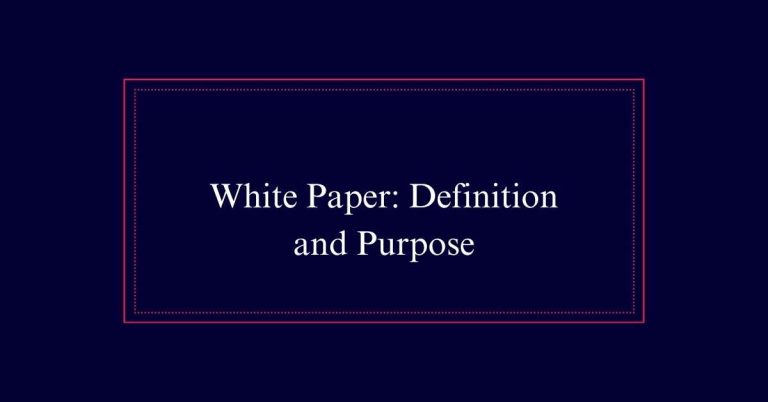
A detailed paper is an authoritative document created to educate and influence stakeholders on specific issues, products, or technologi
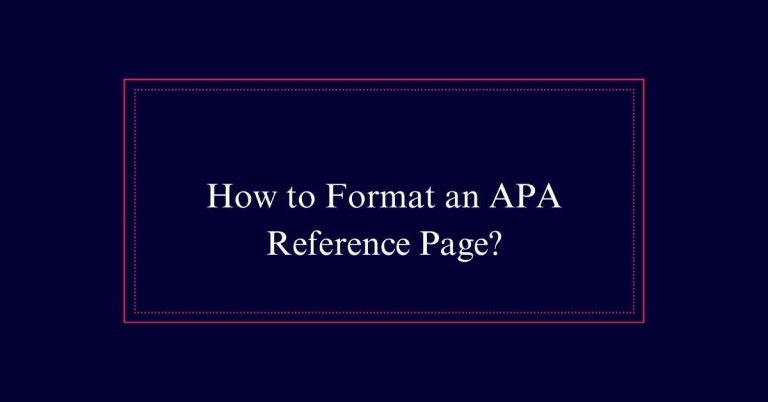
To format an APA reference page, title the page ‘References’ in bold and center it. List entries alphabetically by authors’ last names.
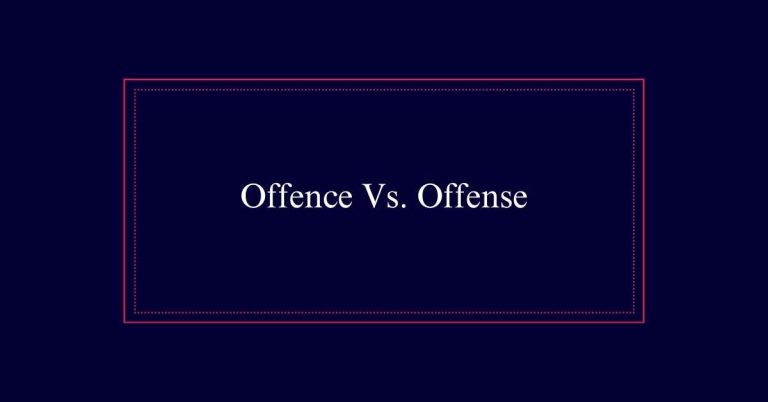
The difference between ‘offence’ and ‘offense’ is primarily regional. ‘Offence’ is the preferred spelling in British English, while ‘of
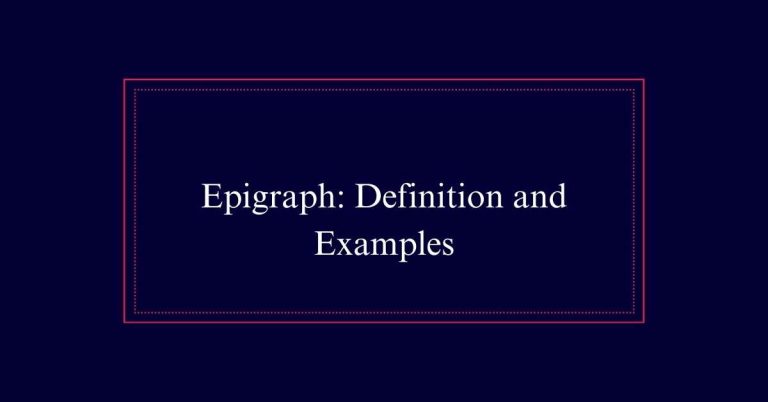
An epigraph is a short quotation placed at the beginning of a literary work. It introduces the main themes and sets the tone for the te
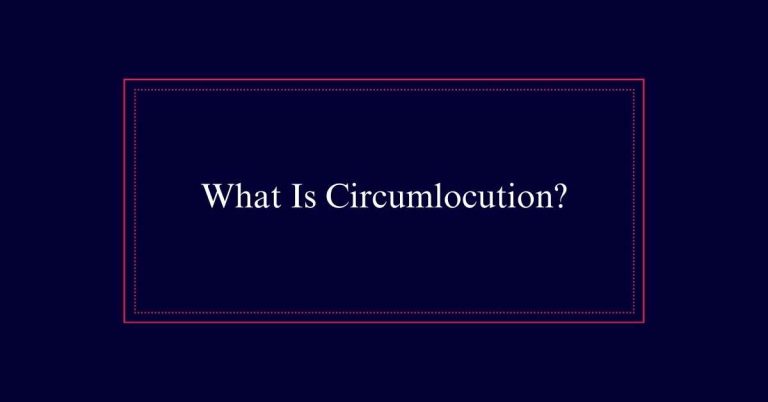
Circumlocution is the use of more words than necessary to express an idea. It often results in lengthy phrases or redundant expressions
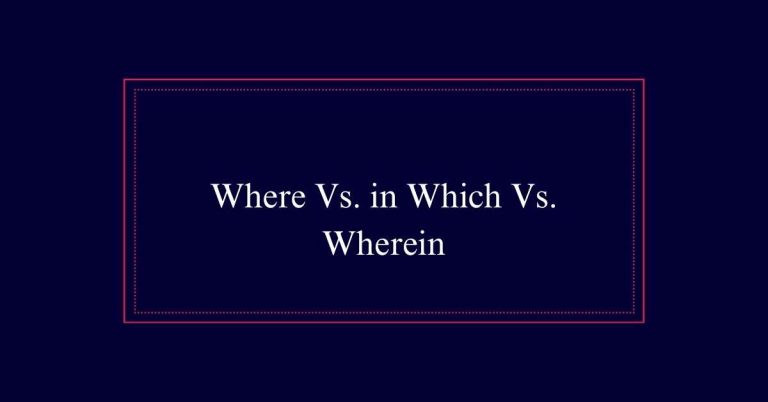
‘Where,’ ‘in which,’ and ‘wherein’ are terms used to indicate location or context but differ in usage. ‘Where’ is an adverb or conjunct
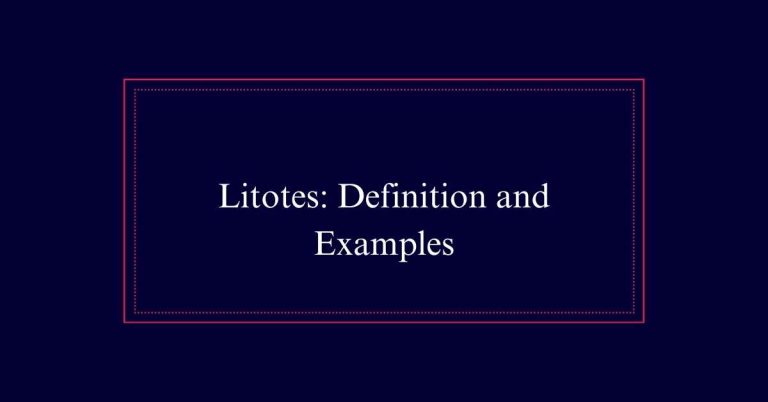
Litotes is a rhetorical device that emphasizes a point by denying its opposite, often creating an understatement. It uses negation to e
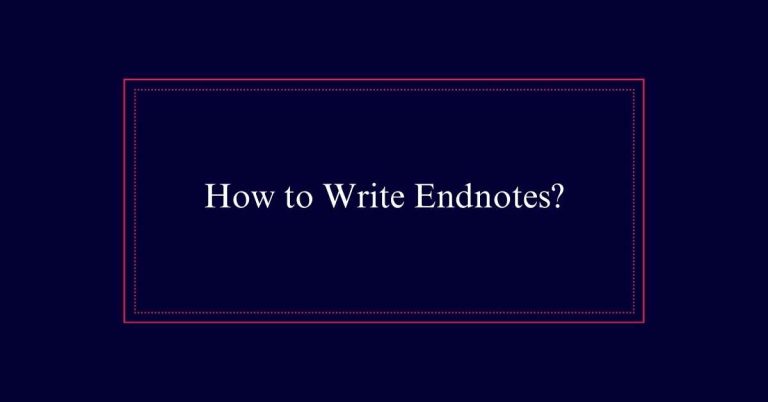
Endnotes are notes placed at the end of a chapter or document. They provide citations, extra information, and clarity without disruptin
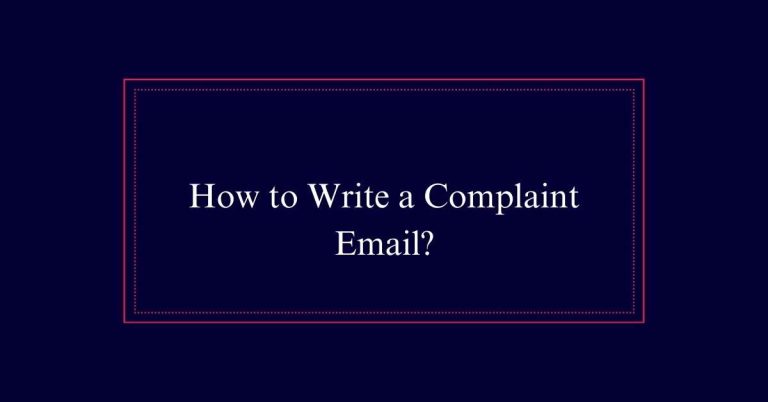
To write a complaint email, follow these eight steps. First, understand why you’re writing and what you hope to achieve. Next, make sur
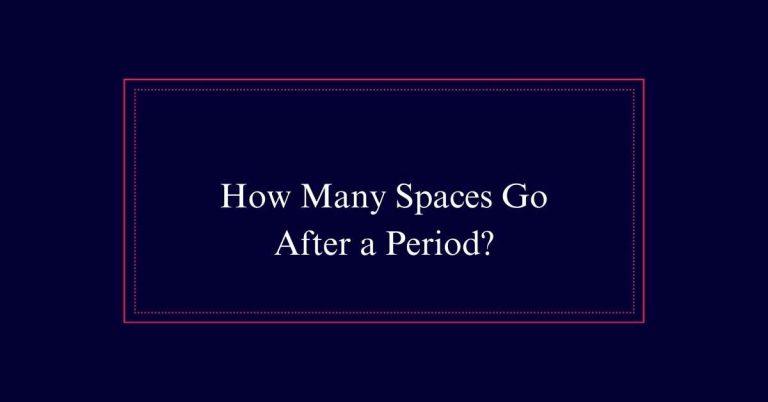
Modern style guides and digital writing standards recommend using a single space after a period. This shift reflects the evolution from
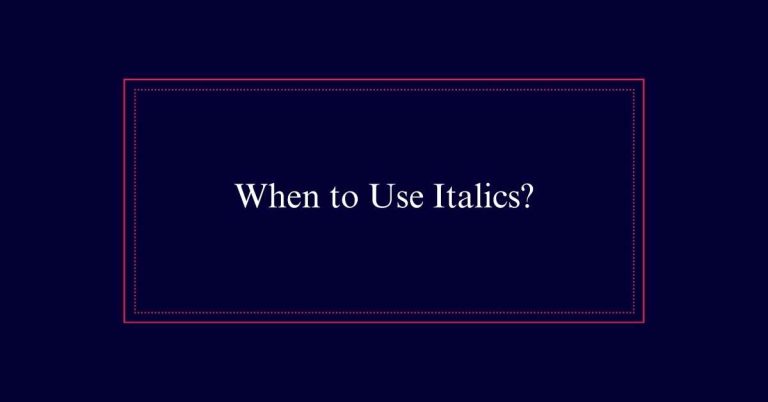
Italics are essential for enhancing readability and emphasizing key terms. Use them for book titles like *Pride and Prejudice*, and mov
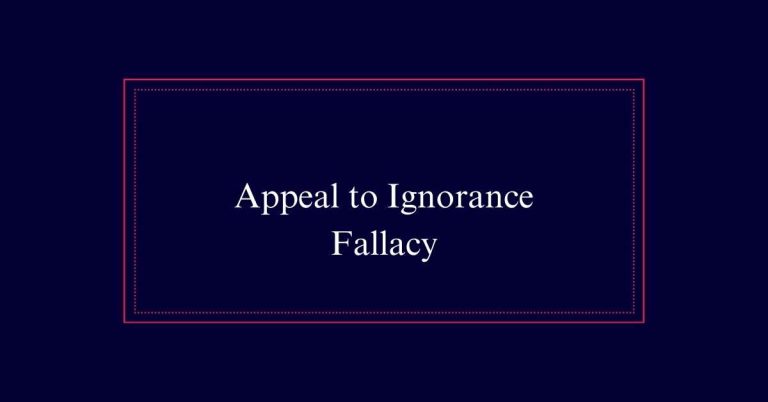
The appeal to ignorance fallacy, or ‘argumentum ad ignorantiam,’ asserts that a proposition is true simply because it has not been prov
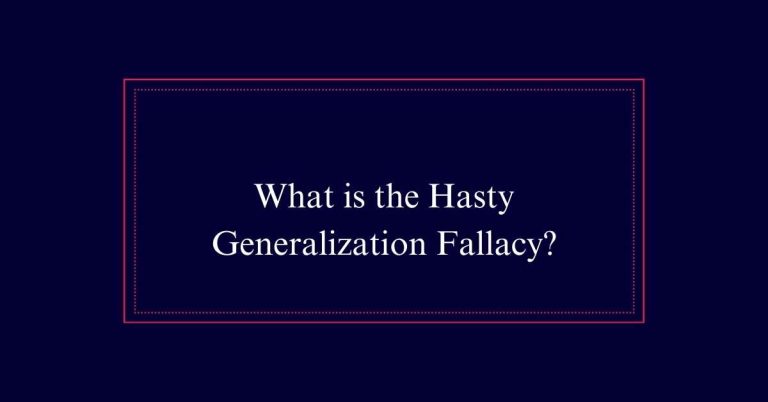
A hasty generalization fallacy occurs when someone concludes based on insufficient evidence. It often involves drawing broad conclusion
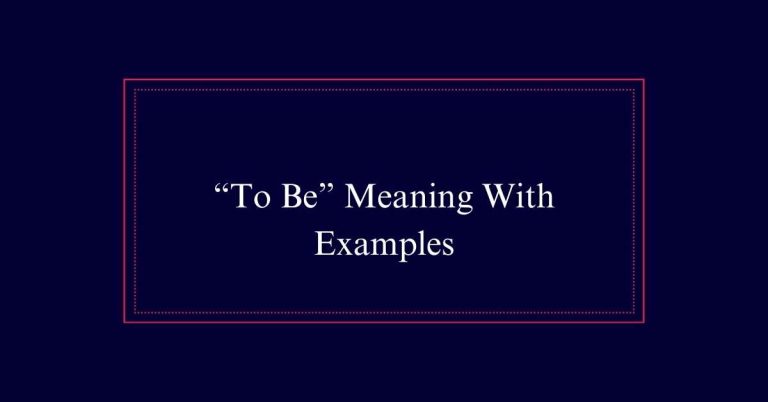
The verb “to be” is essential in English, functioning as both an auxiliary and linking verb. As a linking verb, it connects the subject
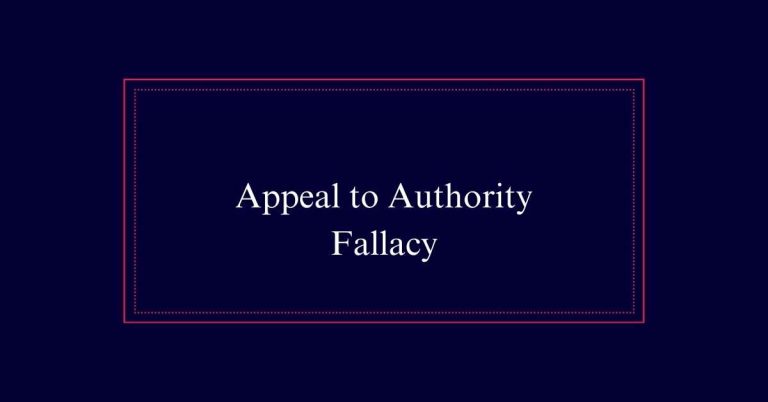
An appeal to authority fallacy happens when a claim is accepted as true simply because an authority figure asserts it, without supporti
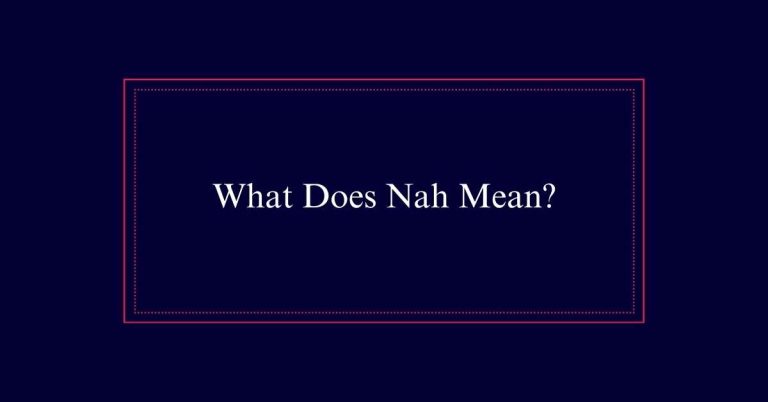
“‘Nah’ is an informal way of saying ‘no.’ It is used frequently in casual conversations, text messages, and social media. First recor
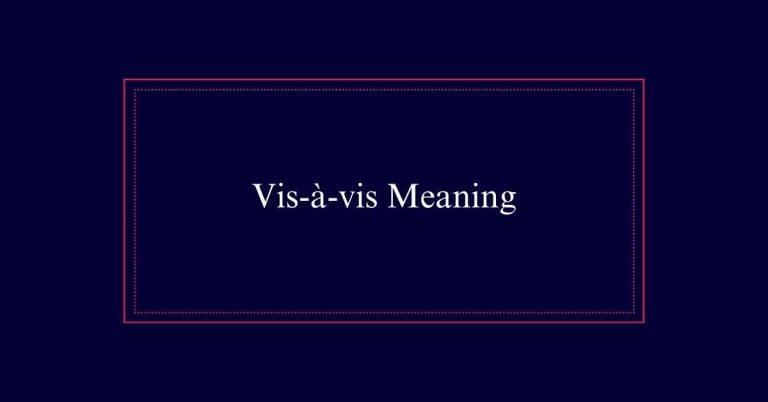
The term ‘vis-à-vis’ comes from French and means ‘face-to-face.’ In English, it is used to show direct comparison or positioning. It c
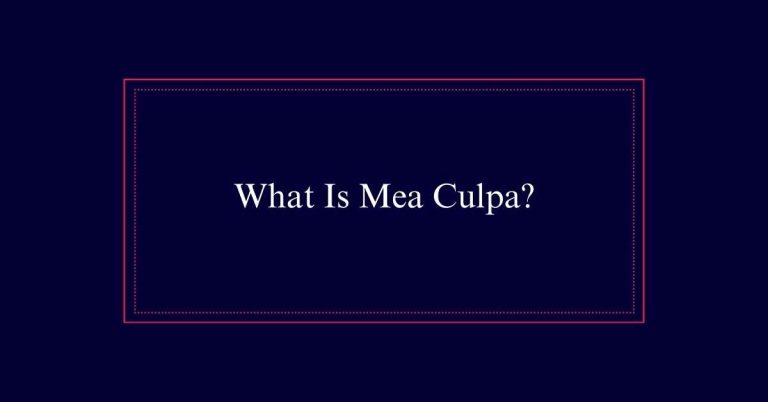
“Mea culpa” is a Latin phrase meaning ‘through my fault’. It signifies an acknowledgment of personal responsibility and wrongdoing. Ori
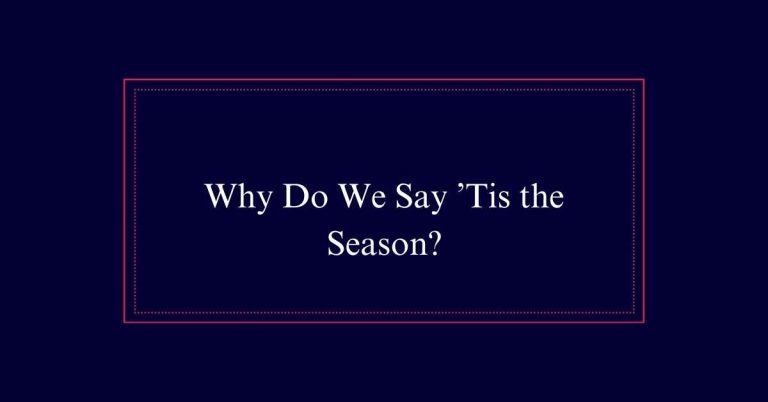
The saying ’tis the season’ originated in the mid-19th century, gaining popularity through holiday songs like ‘Deck the Halls’, which f
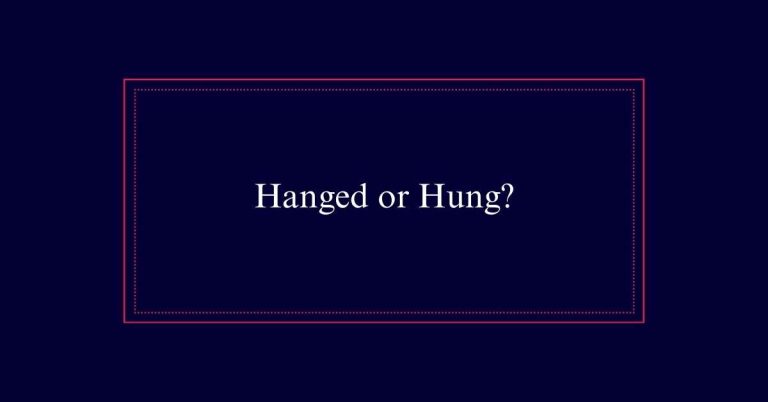
The words ‘hanged’ and ‘hung’ serve different purposes. Use ‘hanged’ exclusively when referring to execution by hanging. For example, ‘
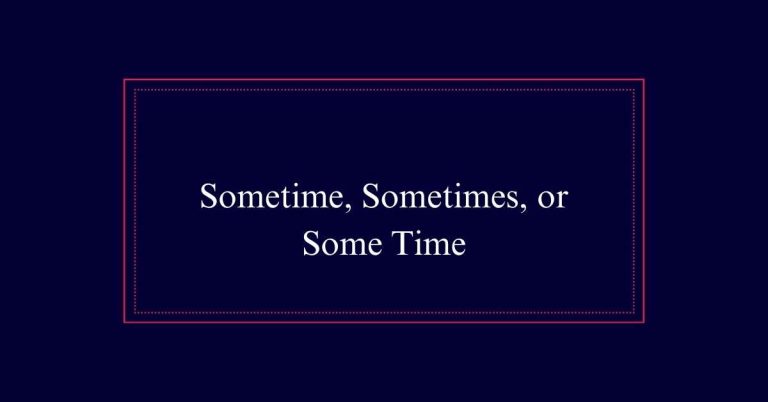
Understanding ‘sometime,’ ‘sometimes,’ and ‘some time’ is essential for clear communication. ‘Sometime’ functions as an adverb meaning
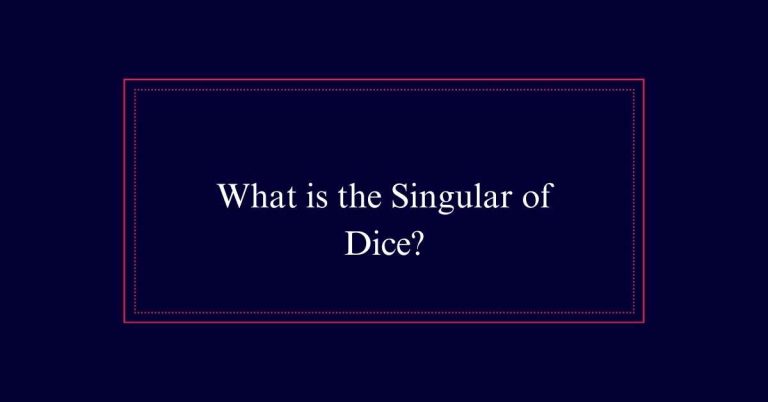
The singular form of “dice” is “die.” In traditional usage, “die” refers to one cube with numbers from one to six, while “dice” is the
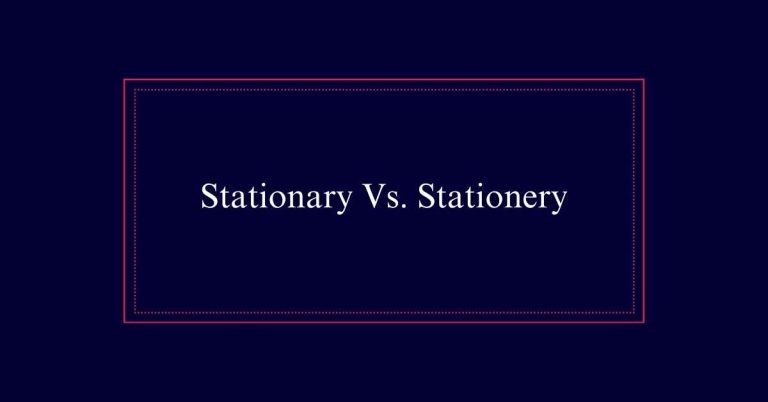
The words “stationary” and “stationery” have distinct meanings. “Stationary” refers to something that is immobile or unchanging, like a
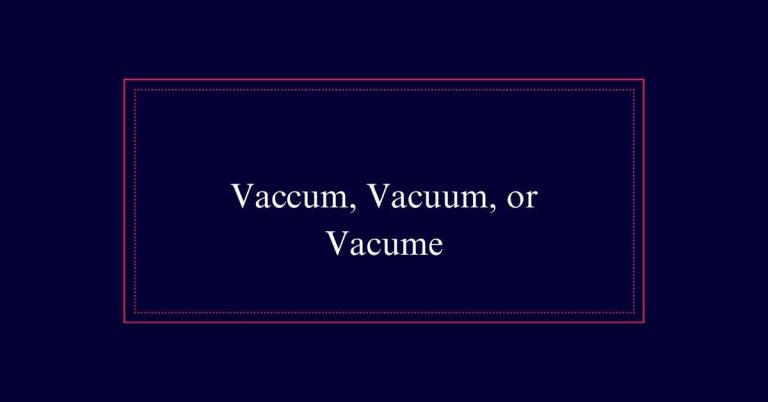
The correct spelling is ‘vacuum,’ originating from Latin and meaning a space with little or no matter. It often gets misspelled as ‘vac
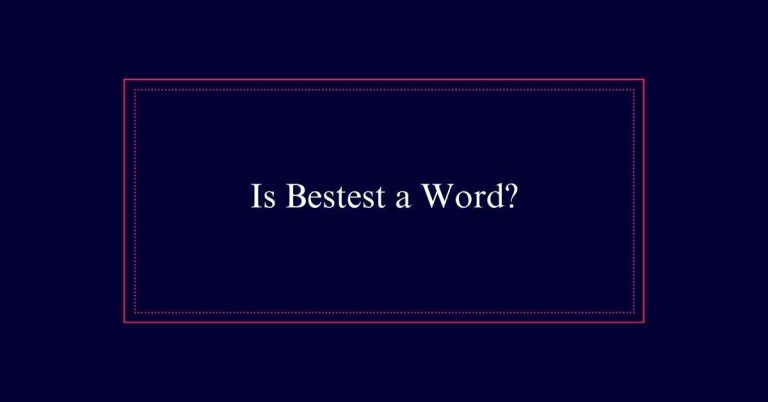
Yes, ‘bestest’ is a word, but it is informal and nonstandard. It is often used humorously or affectionately, especially by children, to
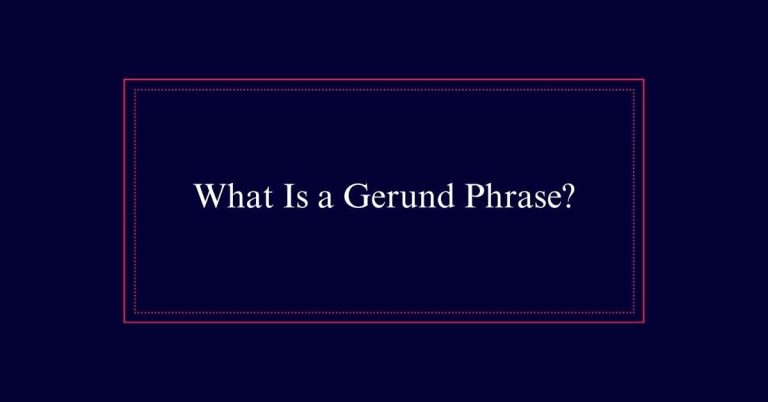
A gerund phrase is a group of words that begins with a gerund, an -ing verb form that acts as a noun. These phrases can serve as subjec
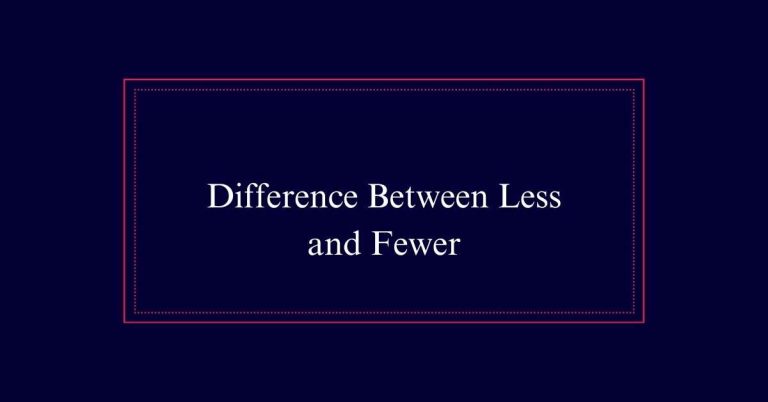
‘Important’ refers to a smaller number of countable items, such as books or apples. It is used with countable nouns to guarantee gramma
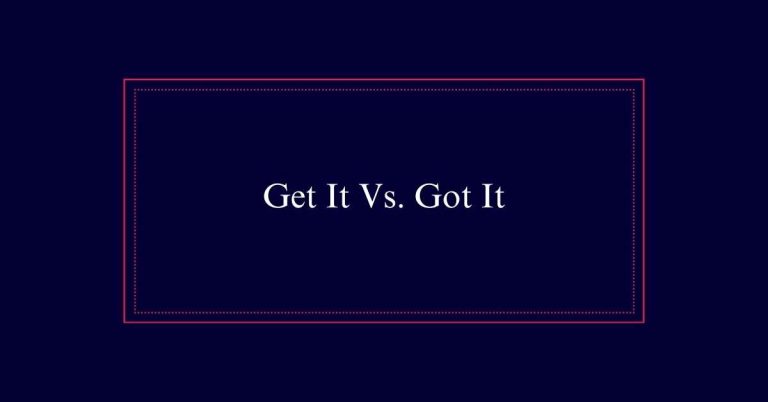
The terms ‘get it’ and ‘got it’ differ mainly in tense. ‘Get it’ is in the present tense and is used to describe current actions or und
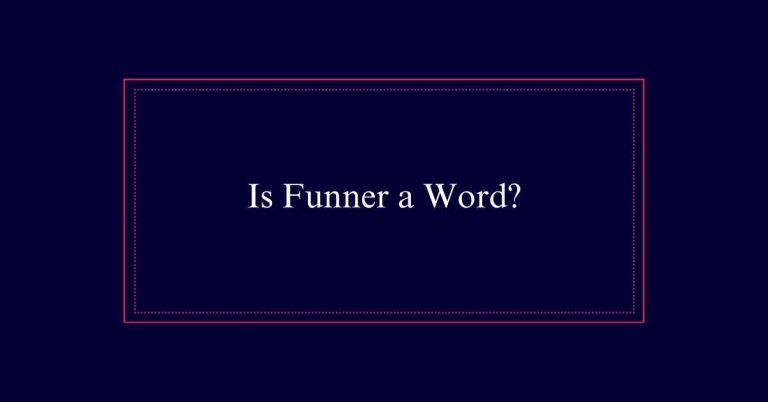
“Funner” is often used in informal speech to describe something more enjoyable. However, it is not widely accepted in formal writing or

The word “honor” is used in American English, while “honour” is the British English spelling. This variation extends to other words lik
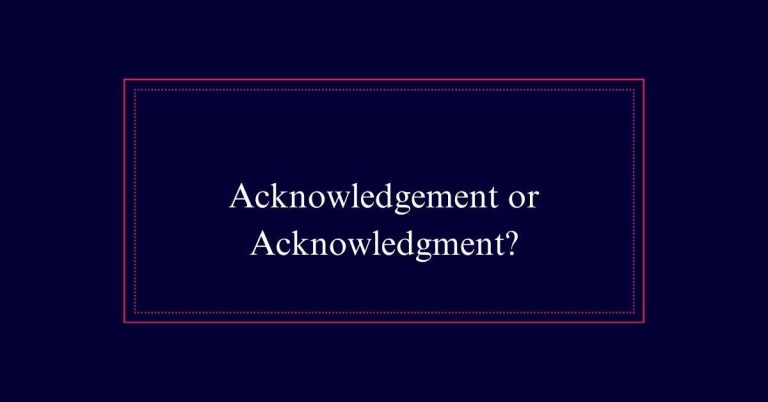
The correct spelling depends on the variant of English being used. In American English, ‘acknowledgment’ is preferred, while ‘acknowled
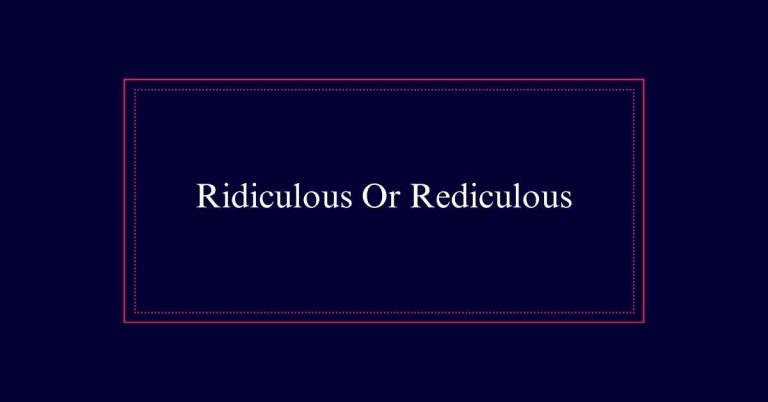
The correct spelling is ‘ridiculous,’ not ‘rediculous.’ The term ‘ridiculous’ originates from the Latin word ‘ridiculus,’ meaning laugh
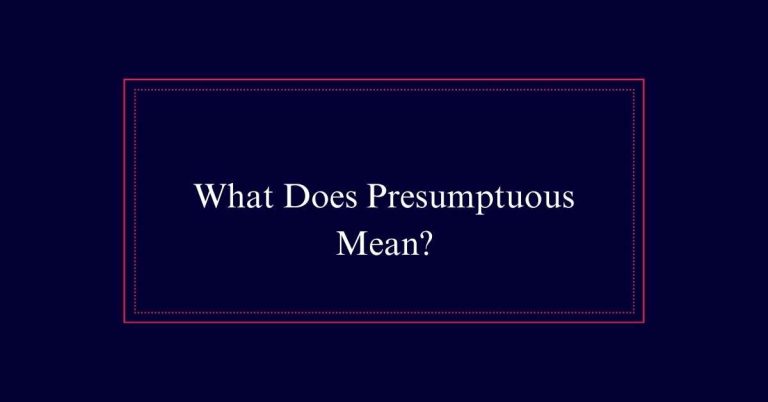
Presumptuous means overstepping boundaries and acting with unwarranted confidence or arrogance. This behavior includes making assumptio
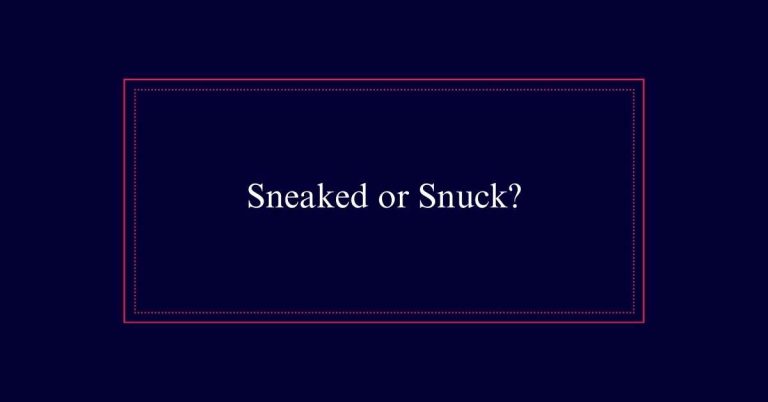
Both ‘sneaked’ and ‘snuck’ are correct past tense forms of the verb ‘sneak.’ ‘Sneaked’ is the traditional form and is often used in for
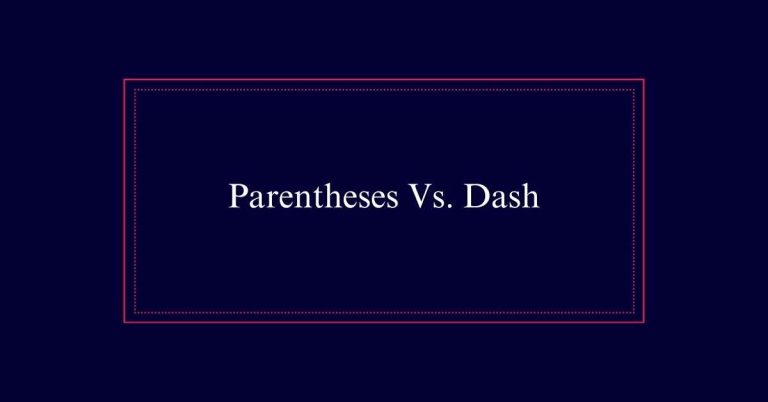
When deciding between parentheses and dashes, consider their distinct roles. Parentheses separate explanatory or non-essential informat
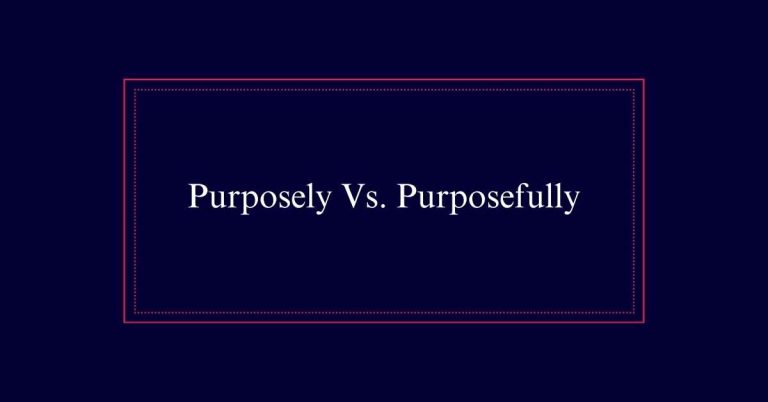
The terms ‘purposely’ and ‘purposefully’ often confuse writers, but they have distinct meanings. ‘Purposely’ means doing something with
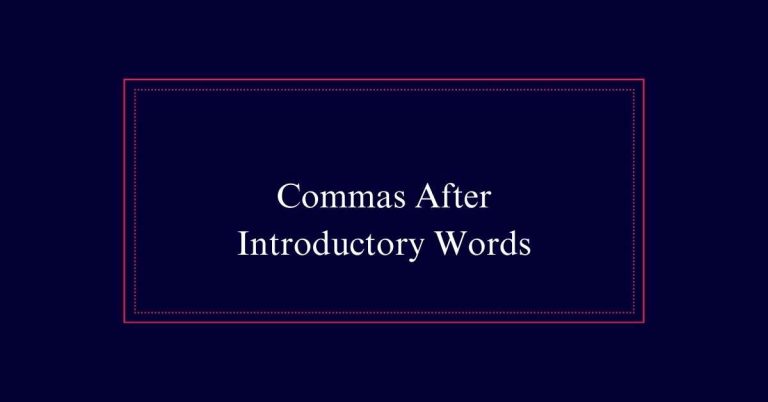
Using commas after introductory words and phrases is essential for clarity and readability. Introductory words set the stage for the ma
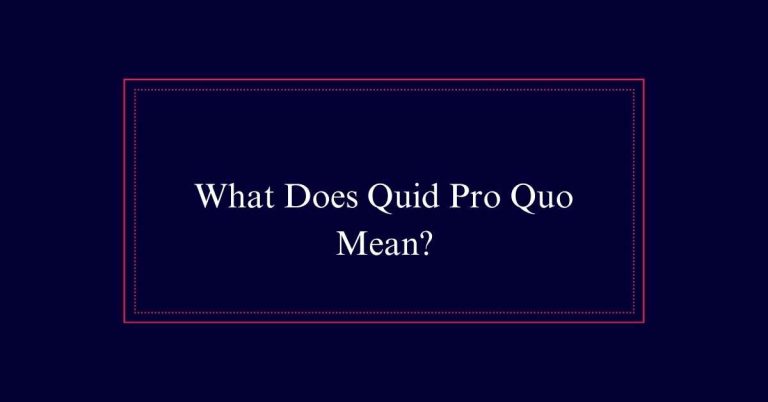
Quid pro quo is a Latin phrase that translates to ‘something for something.’ It refers to an exchange where goods, services, or favors
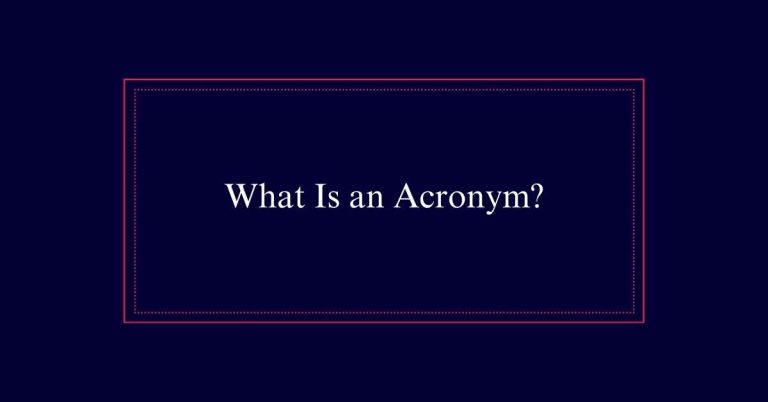
An acronym is a word formed from the initial letters of a phrase, making it simpler and quicker to use. Unlike abbreviations, acronyms
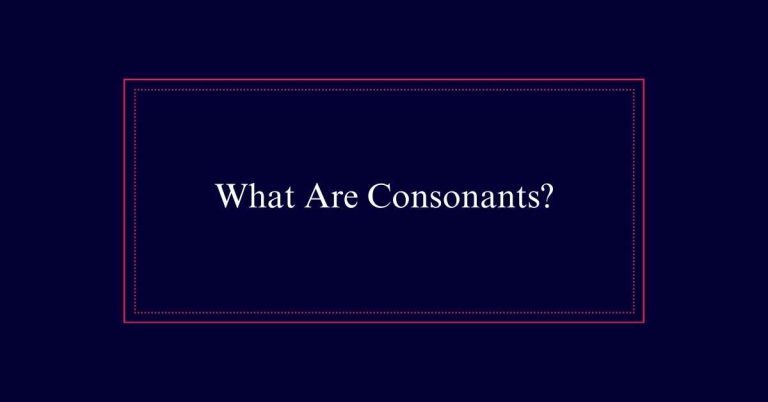
Consonants are speech sounds produced by obstructing airflow in the vocal tract. They form the majority of the English alphabet, includ
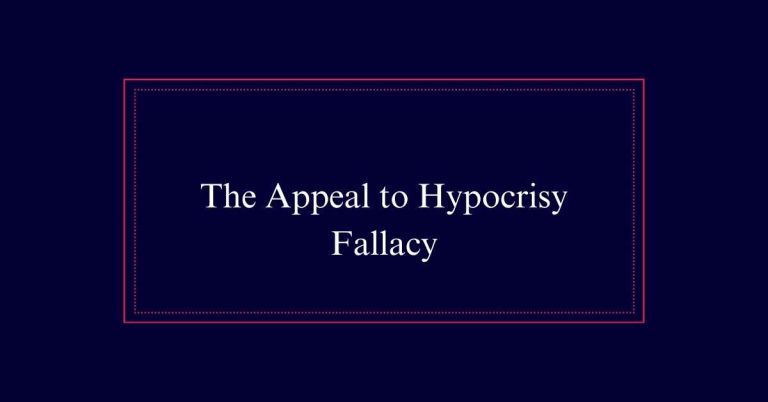
The appeal to hypocrisy fallacy, also known as the tu quoque fallacy, discredits an opponent’s argument by pointing out their perceived
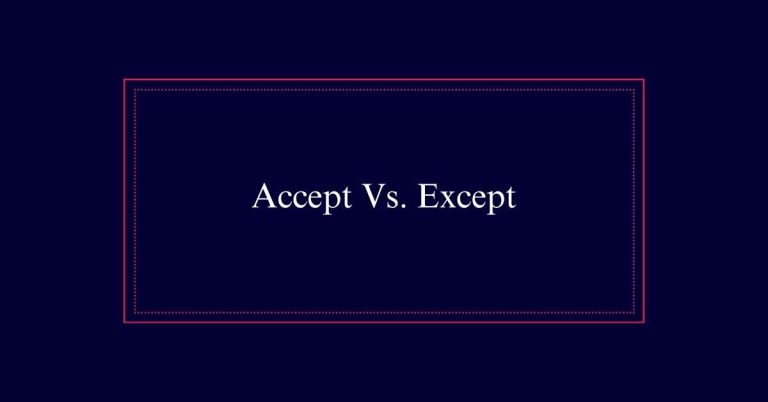
‘Accept’ means to willingly receive or agree to something. For example, you might accept a job offer or accept an award. It conveys agr
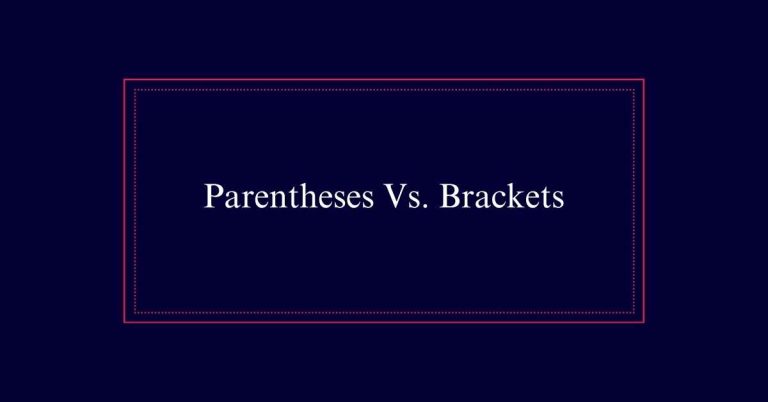
Parentheses ( ) are used to include additional information, clarify acronyms, or provide supplementary details in a sentence. For examp
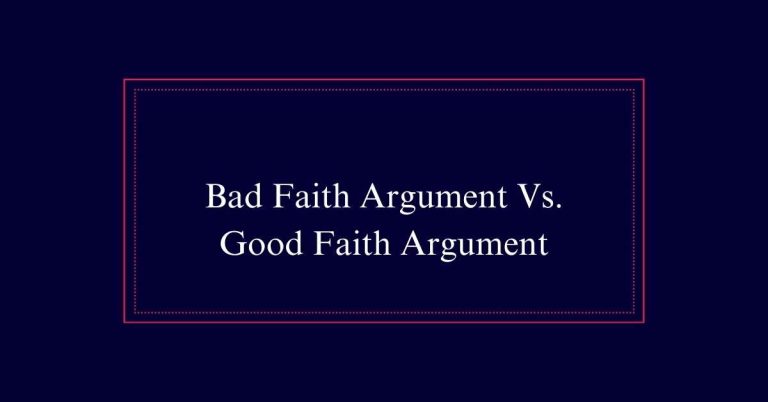
A bad faith argument is intentionally deceptive and manipulative. It aims to mislead, derail discussions, and often uses logical fallac
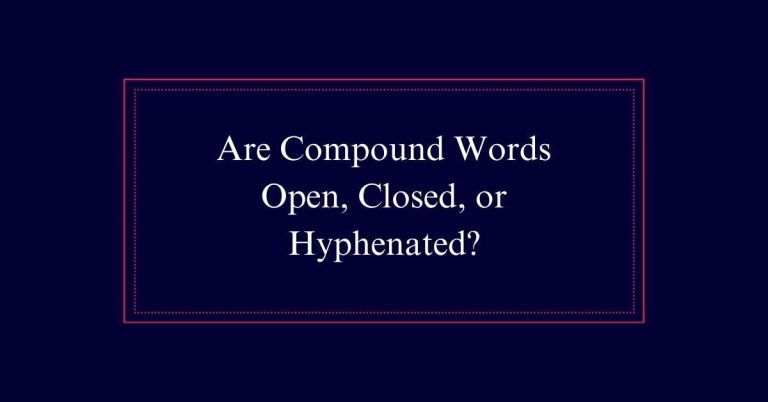
Compound words are combinations of two or more words forming a new meaning. They can be categorized as open, closed, or hyphenated. Ope
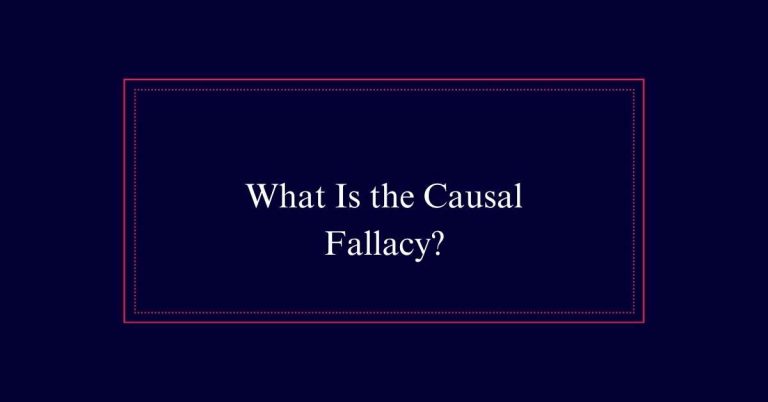
A causal fallacy occurs when a cause-and-effect relationship is incorrectly established without sufficient evidence. This means assumin
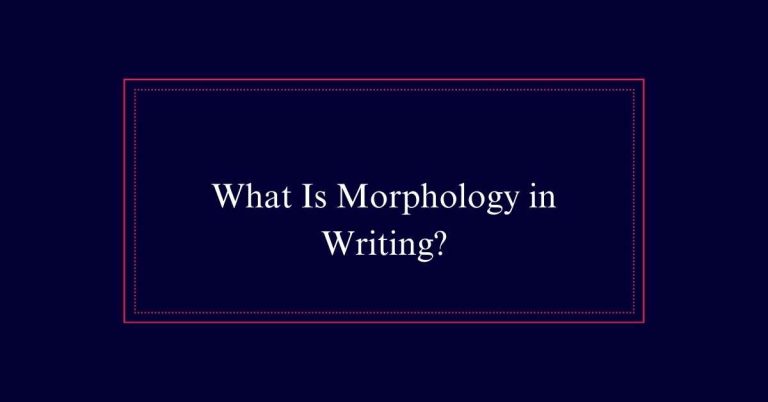
Morphology in writing is the study of the structure and formation of words, focusing on the smallest units of meaning called morphemes.
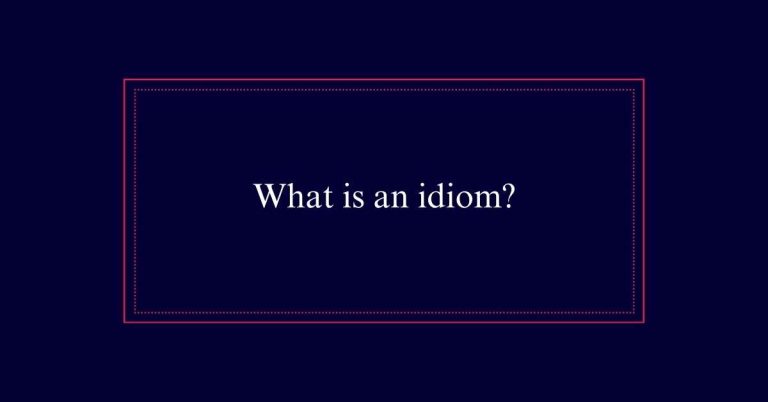
An idiom is a phrase where the meaning differs from the literal definitions of the individual words. For example, “kick the bucket” mea
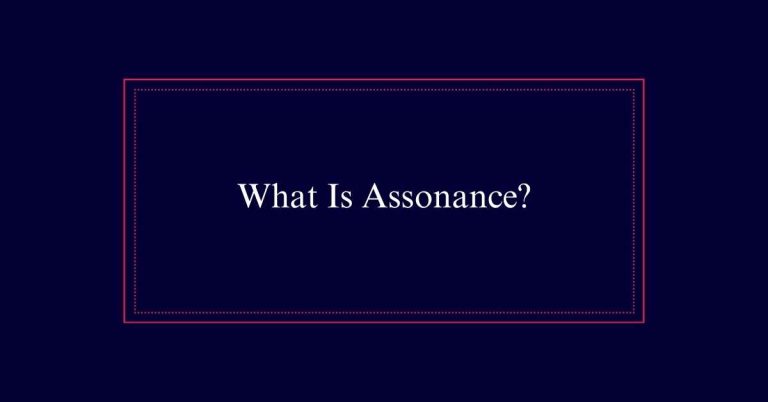
Assonance is the repetition of vowel sounds in nearby words to create rhythm and musicality. This literary device focuses on vowels rat
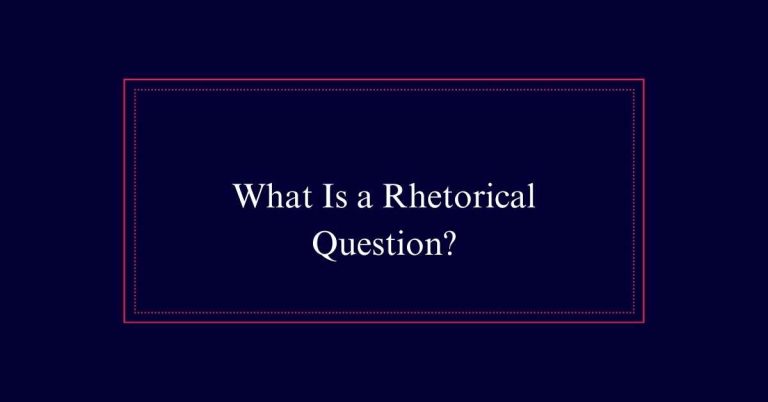
A rhetorical question is a question posed to make a point rather than to get an answer. It is a powerful tool in communication to empha
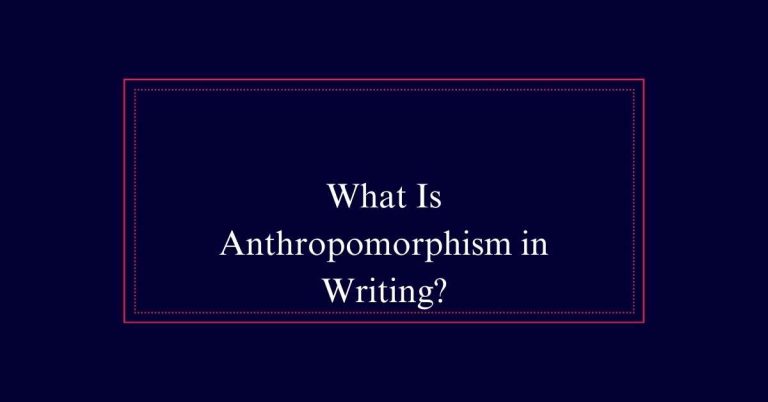
Anthropomorphism in writing is the attribution of human characteristics, emotions, and behaviors to nonhuman entities such as animals,
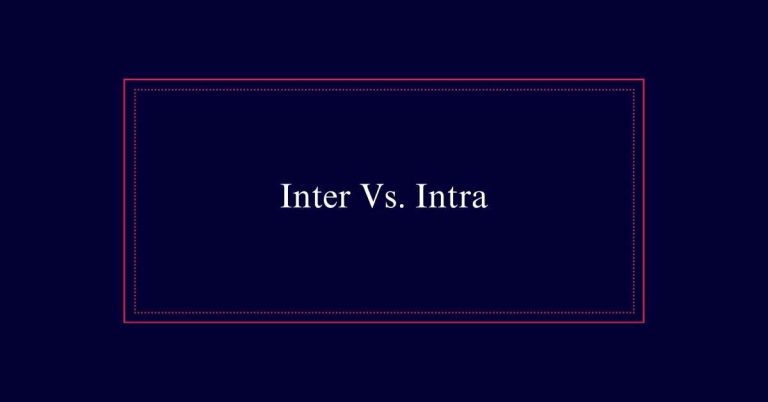
The prefixes “inter-” and “intra-” differ in scope and application. “Inter-” refers to actions or interactions between different entiti
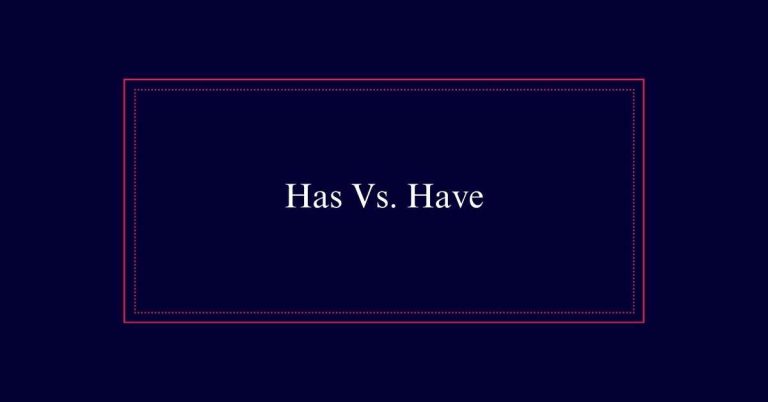
‘Has’ and ‘have’ are auxiliary verbs used to indicate possession or completed actions in the present tense. Use ‘has’ with third person
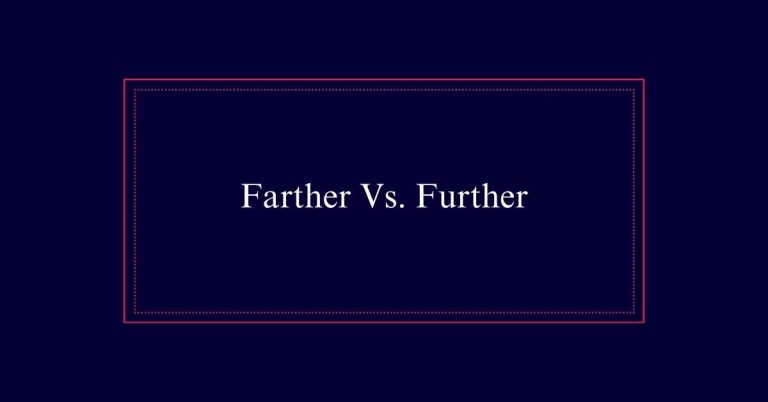
‘Farther’ and ‘further’ are often used interchangeably, but they have distinct meanings. ‘Farther’ refers to physical distance, as in ‘
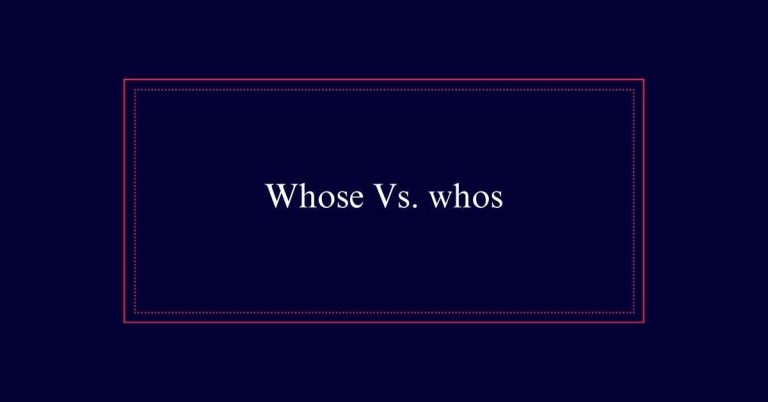
Understanding the difference between ‘whose’ and ‘who’s’ is essential for clear communication. ‘Whose’ is a possessive pronoun indicati
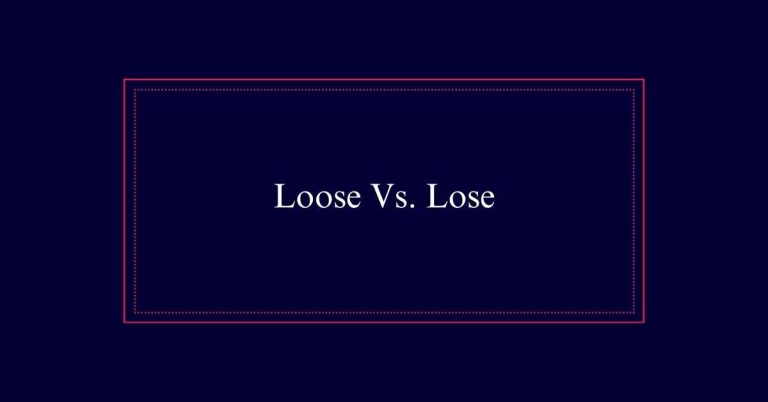
‘Lose’ and ‘loose’ are often confused but have distinct meanings. ‘Lose’ means to no longer have something, to fail to win, or to becom
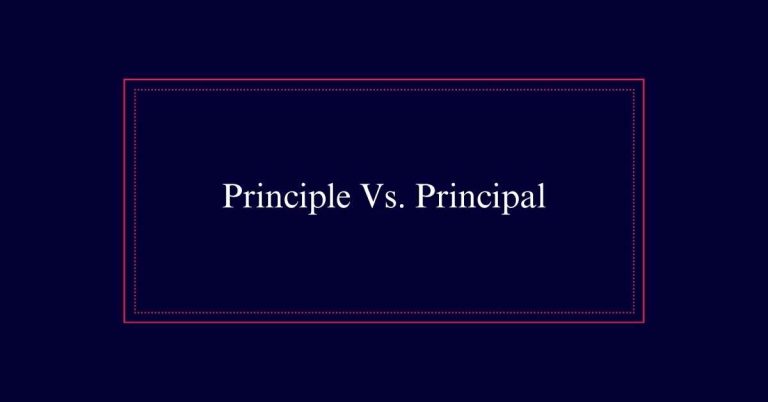
The words ‘principle’ and ‘principal’ often cause confusion due to their similar pronunciation. ‘Principle’ is always a noun and refers
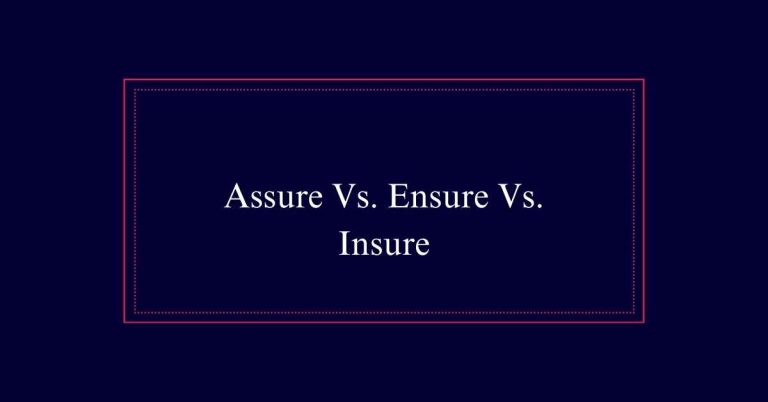
‘Assure’ means to provide confidence or eliminate doubts, usually in a personal context, like assuring someone of their safety. ‘Ensure

The correct term is “master’s degree,” with an apostrophe indicating possession. This denotes a degree earned by a master in a field of
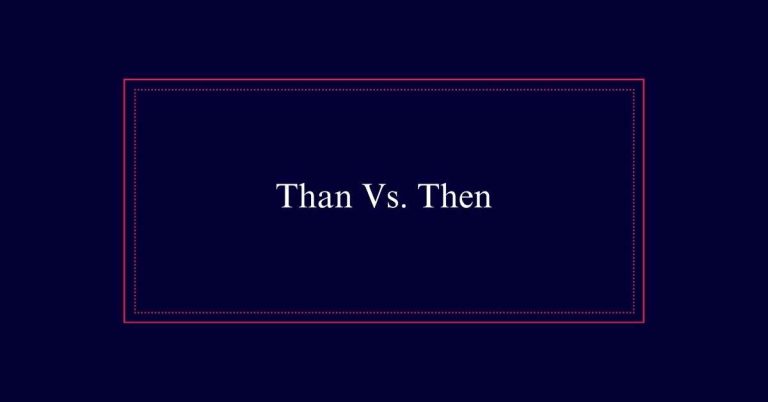
“Than” and “then” serve different purposes in English. “Than” is used for comparisons, such as “She is taller than him.” It connects el
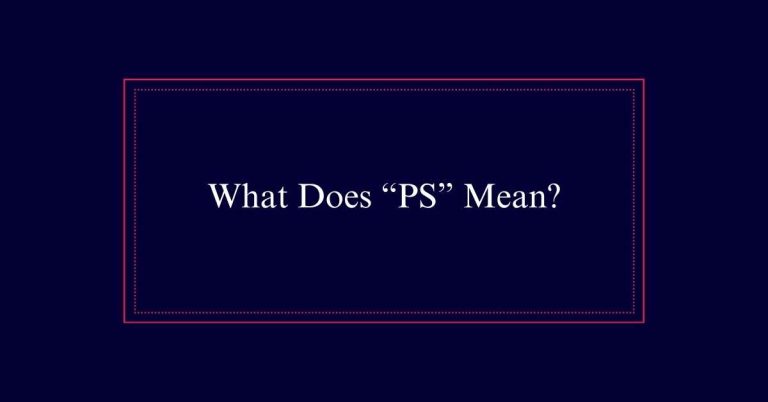
“PS” stands for “postscript,” derived from the Latin “postscriptum.” Use it at the end of a letter or email to add a forgotten detail o
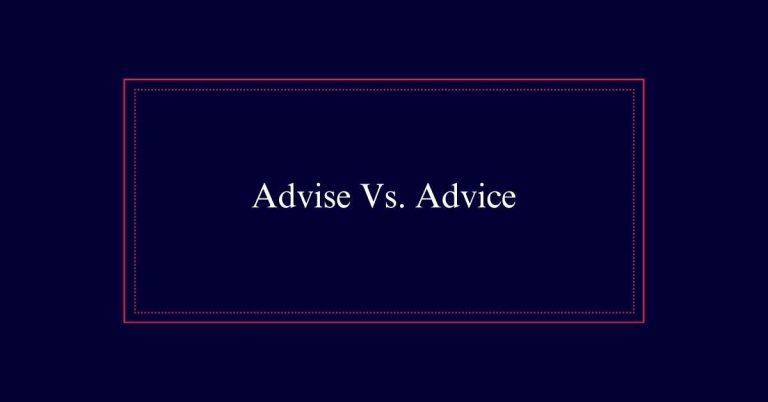
The words ‘advise’ and ‘advice’ are often confused but have distinct meanings. ‘Advise’ is a verb that means to suggest or recommend ac
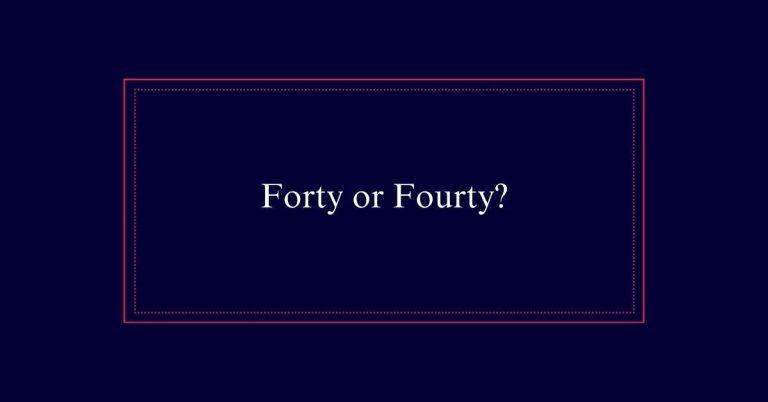
The correct spelling of the number 40 is “forty,” not “fourty.” Many people mistakenly add a ‘u’ due to the pattern seen in “fourteen,”
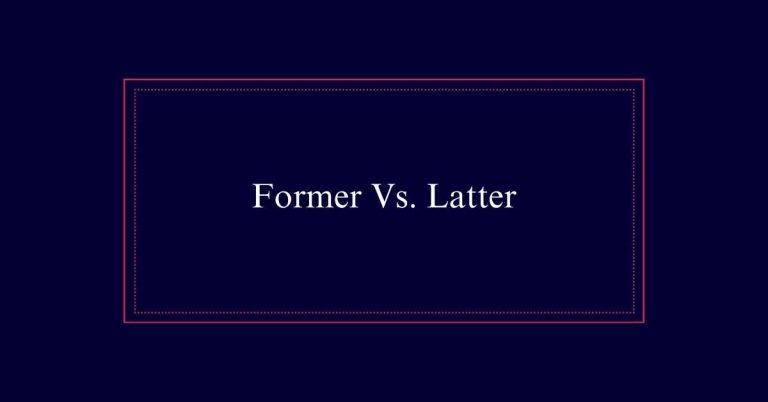
The terms ‘former’ and ‘latter’ are used to distinguish between two items. ‘Former’ refers to the first of the two, while ‘latter’ deno
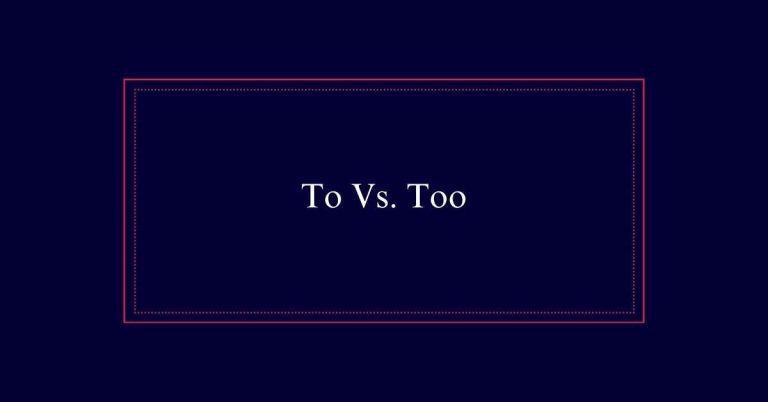
‘To’ acts as a preposition indicating direction, purpose, or range, such as ‘to the park’ or ‘from 9 to 5.’ It also forms infinitives b
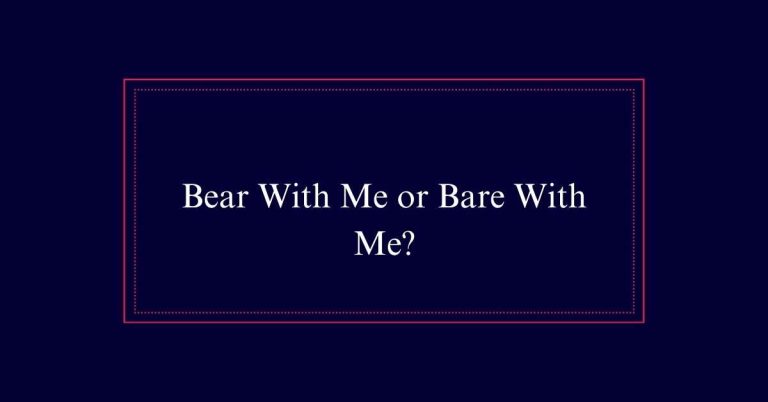
The correct phrase is ‘bear with me,’ which means to be patient or tolerate a delay. ‘Bear’ refers to enduring or tolerating, while ‘ba
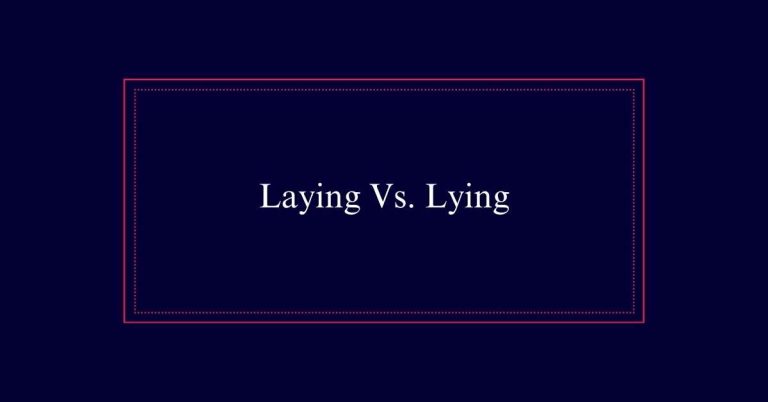
The difference between “lay” and “lie” depends on their need for a direct object. “Lay” is transitive, meaning it requires a direct obj
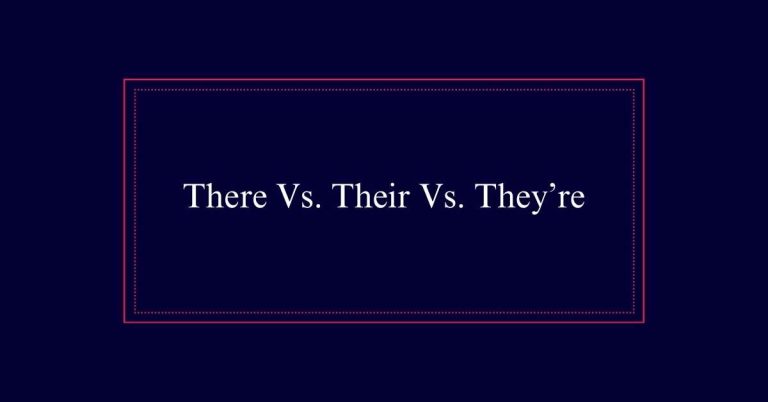
‘There,’ ‘their,’ and ‘they’re’ are commonly confused. ‘There’ indicates a location, as in ‘over there.’ ‘Their’ shows possession, such
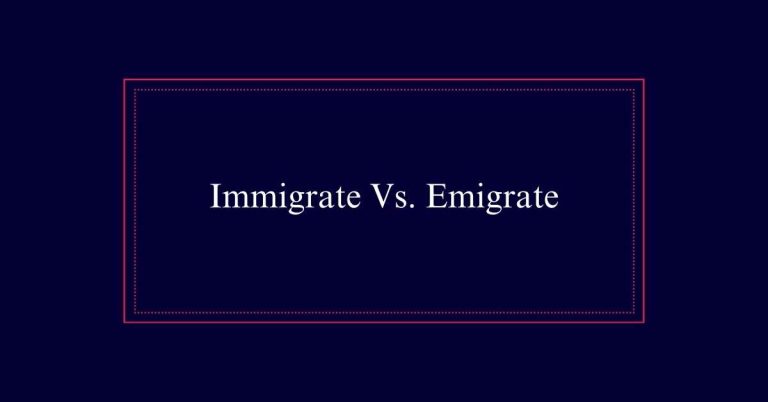
‘Immigrate’ and ’emigrate’ are terms often confused, but they have distinct meanings. To immigrate means to enter and settle in a new c

The difference between “traveling” and “travelling” is purely regional. “Traveling” is commonly used in American English, while “travel
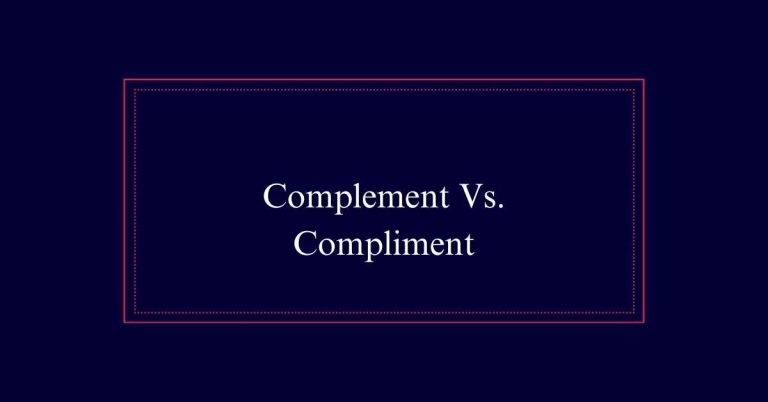
“Complement” and “compliment” are easily confused but have different meanings. “Complement” refers to something that completes or enhan
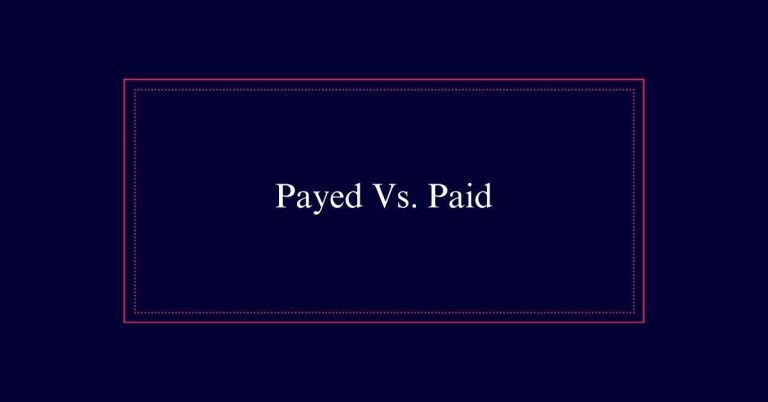
You should use ‘paid’ for most situations. It’s the correct past tense of ‘pay’ and is used in financial contexts, like paying bills or
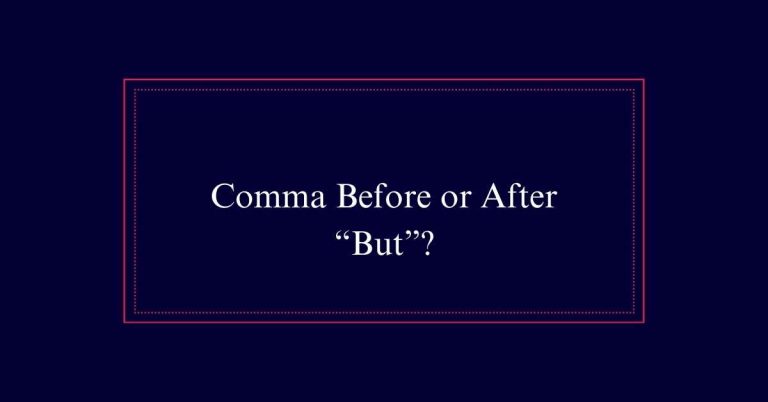
Use a comma before ‘but’ when connecting two independent clauses. For example, ‘She was tired, but she finished her work.’ If ‘but’ con
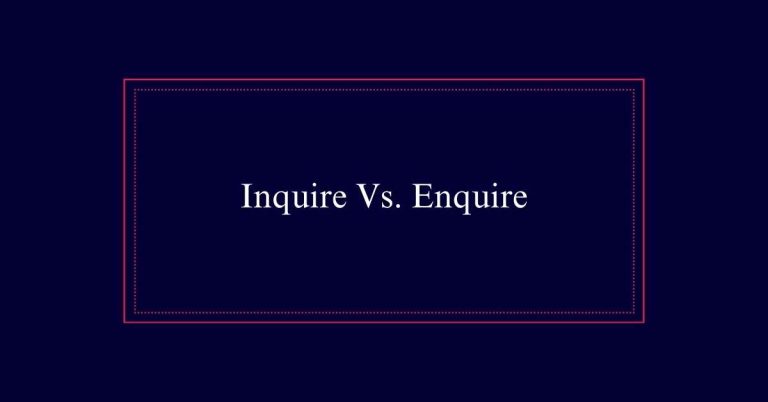
Use ‘inquire’ for all questions and formal requests in American English. In British English, ‘inquire’ is for formal or official invest
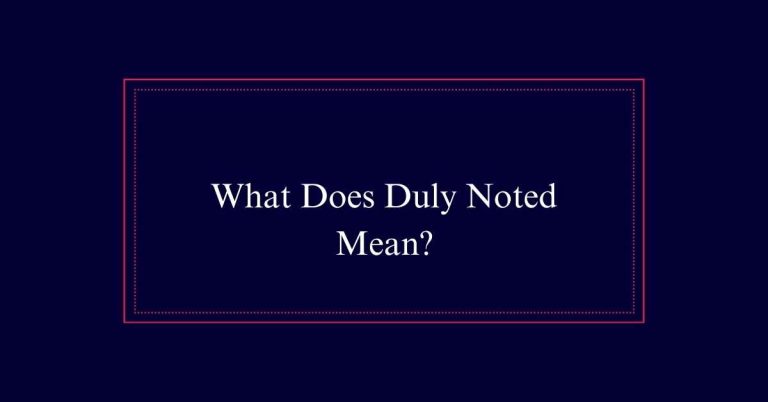
The phrase “duly noted” means that something has been properly acknowledged or recognized. It combines “duly,” which implies doing some
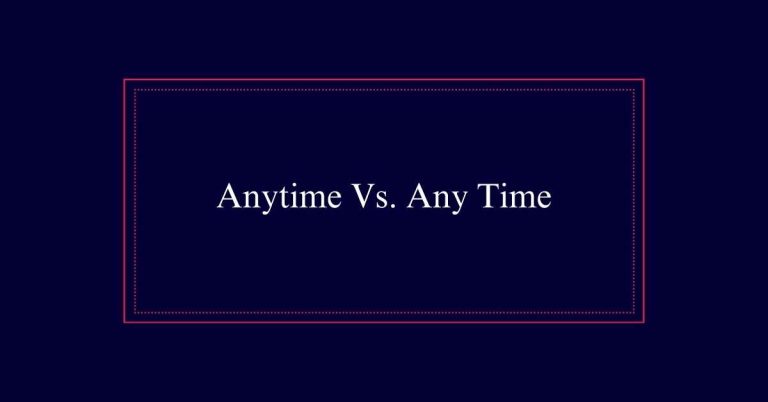
The difference between “anytime” and “any time” lies in their usage and importance. “Anytime” is an adverb meaning “whenever” and is us
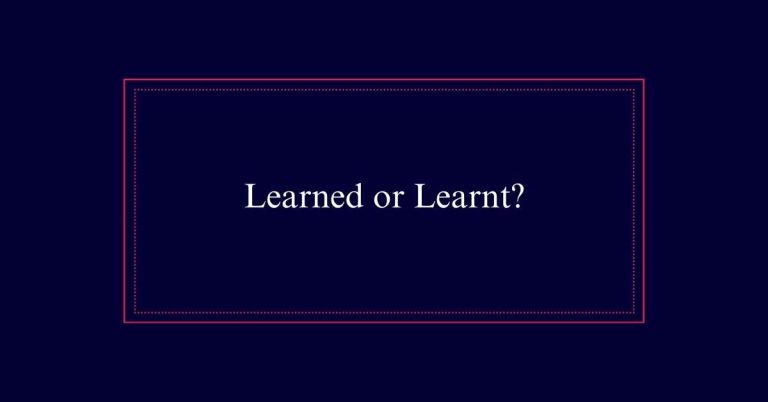
The choice between “learned” and “learnt” depends on regional preferences. “Learned” is more common in American English, while “learnt”
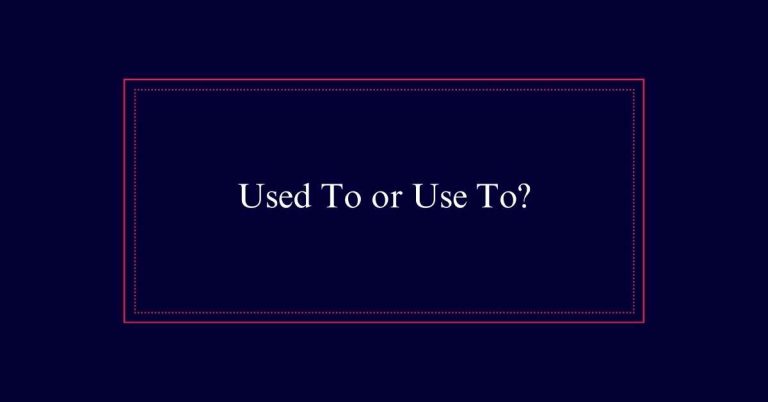
‘Used to’ and ‘use to’ have distinct functions in English. ‘Used to’ describes habitual actions or states that occurred in the past but
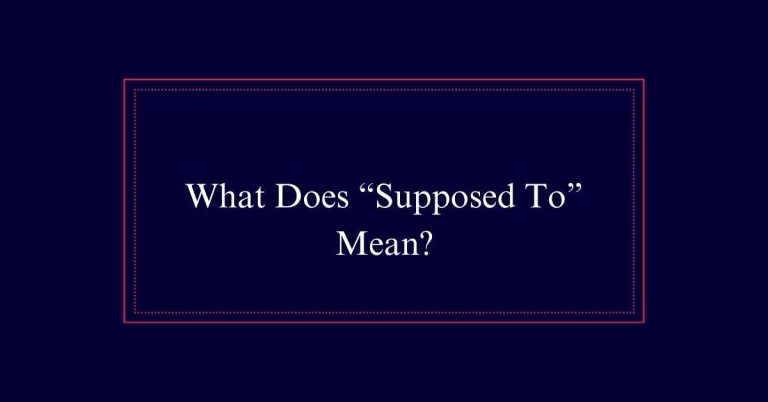
‘Supposed to’ signifies an expectation, obligation, or likelihood. It is often used to indicate what is required or anticipated in a gi
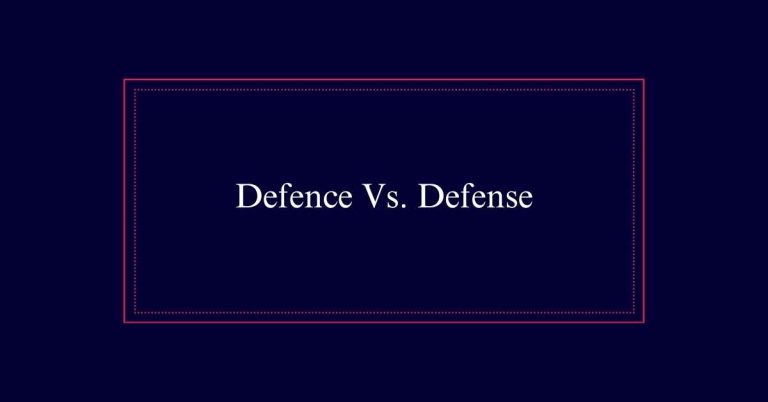
The choice between “defence” and “defense” depends on regional spelling conventions. “Defence” is used in British English, while “defen
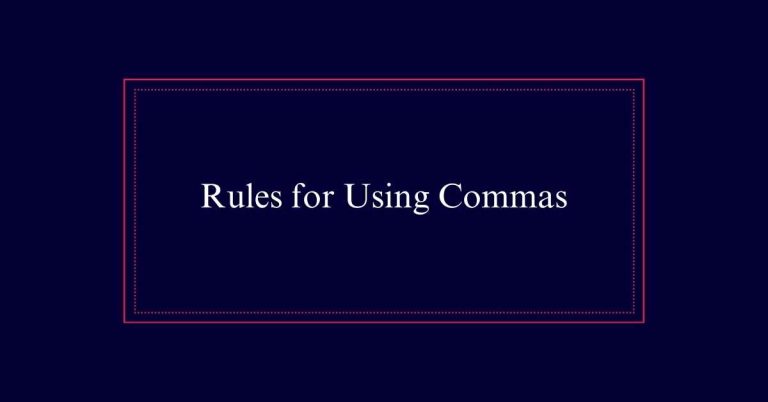
You should use commas to break up complex thoughts and improve readability. Place commas between items in a list, like “apples, oranges
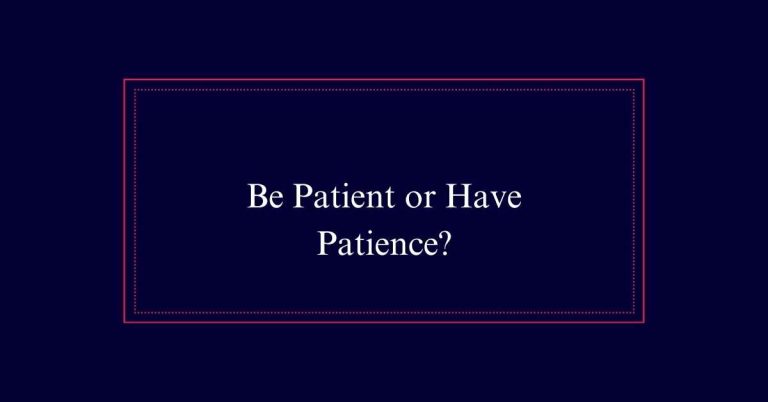
‘Be patient’ means maintaining calm and composure during delays or challenges. It directs someone to adopt a patient mindset. ‘Have pat
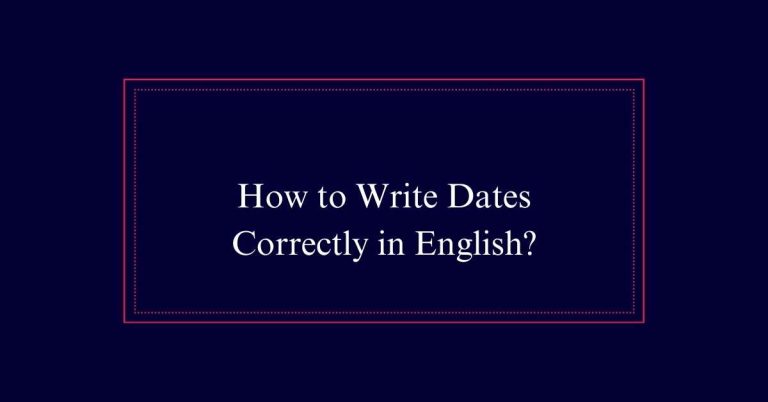
Writing dates correctly in English helps to guarantee clarity. In American English, the format is month-day-year (e.g., February 1, 202
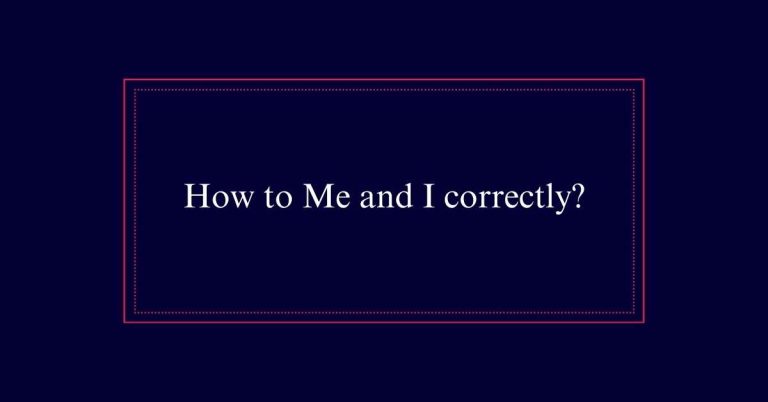
Understanding the difference between ‘I’ and ‘me’ is essential for clear communication. ‘I’ is a subject pronoun used when you are perf
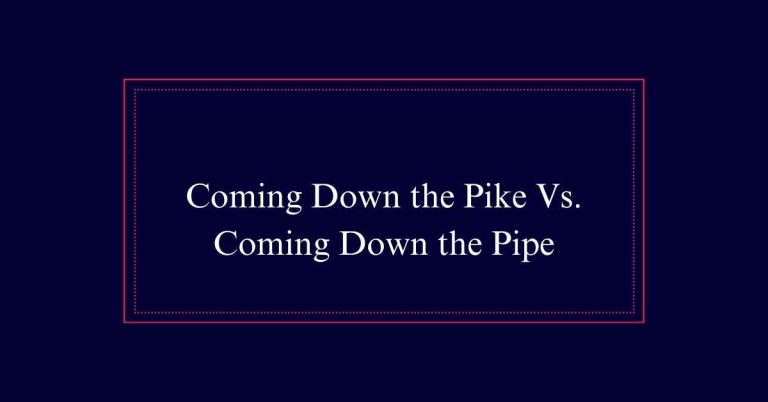
‘Coming down the pike’ and ‘coming down the pipe’ are often confused. ‘Coming down the pike’ refers to future events or changes approac
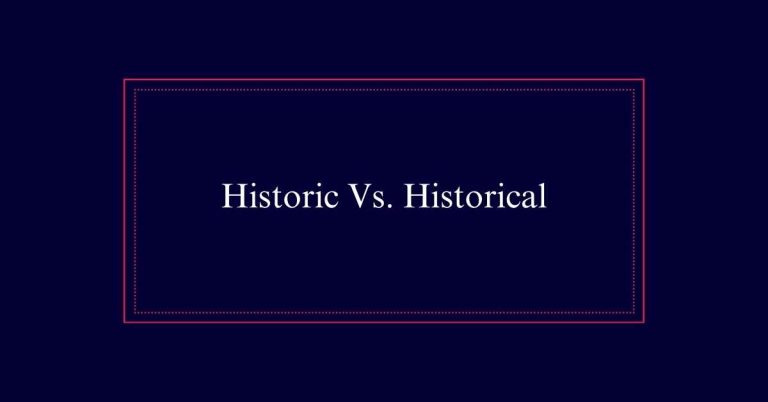
To choose between ‘historic’ and ‘historical,’ consider the context. Use ‘historic’ for significant events, places, or people with last
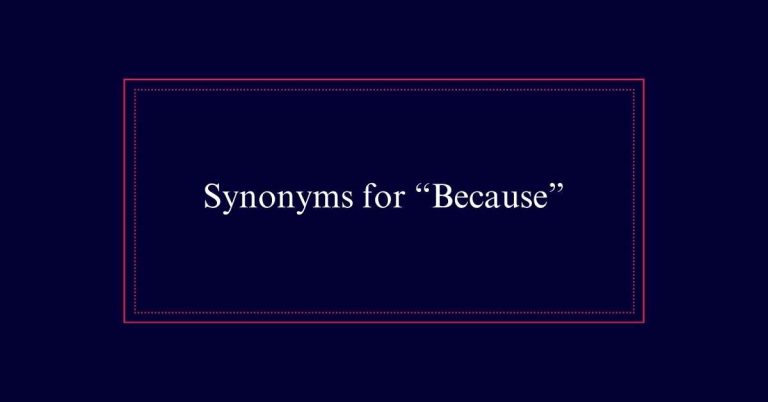
To enhance your writing, consider using synonyms for “because” such as “since,” “as,” “due to,” “for,” “considering,” and “as a result
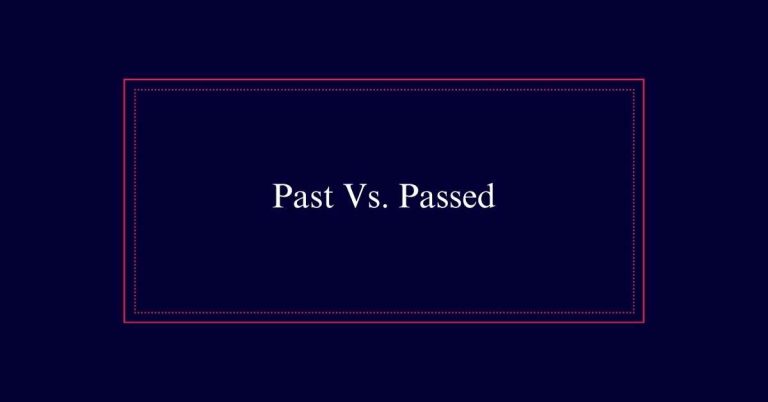
‘Past’ and ‘passed’ are commonly confused, but they have different uses. ‘Past’ refers to a time or events that have already happened a
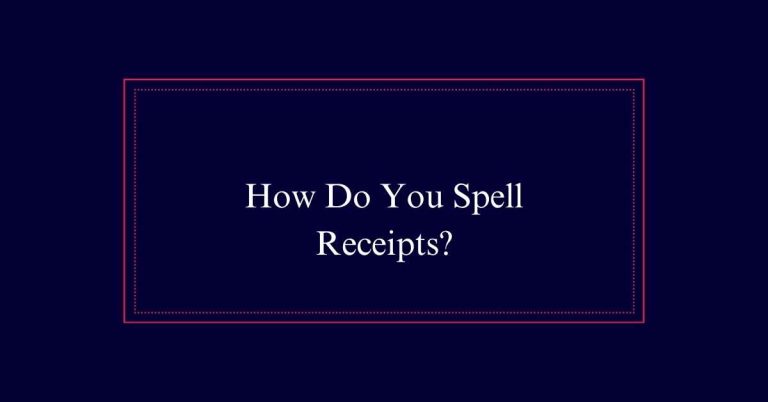
Spelling ‘receipts’ correctly can be challenging due to the silent ‘p’. Remember, it follows the pattern r-e-c-e-i-p-t-s. Breaking it i
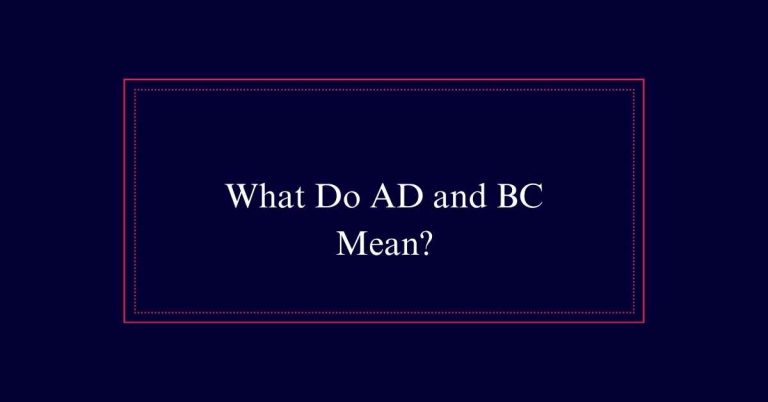
AD and BC are terms used to date years in the Gregorian and Julian calendars. AD stands for Anno Domini, which means “in the year of th
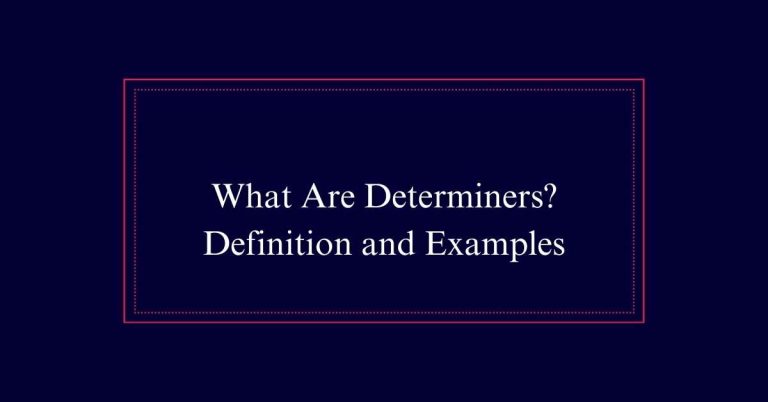
Determiners are words used before nouns to provide context, specifying things like quantity, possession, or scope. They are essential f
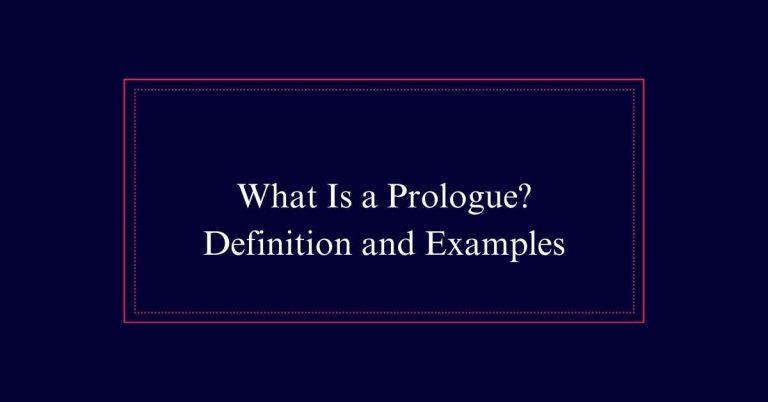
A prologue is a brief introductory section that precedes the main narrative of a literary work. It provides essential background inform
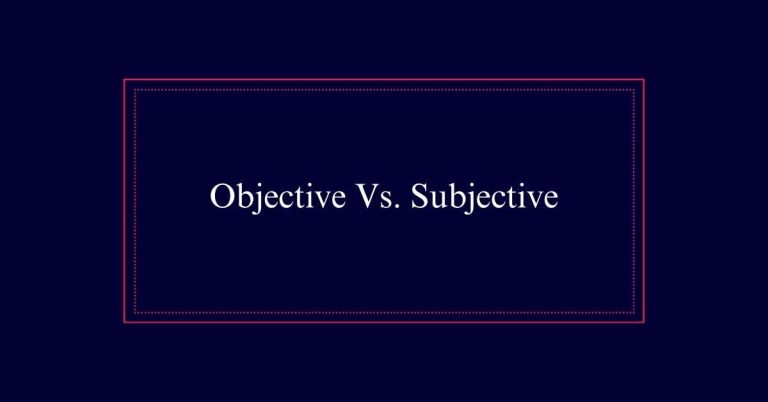
Objective information relies on facts, evidence, and quantifiable data. It is impartial and consistent, found in research papers and in
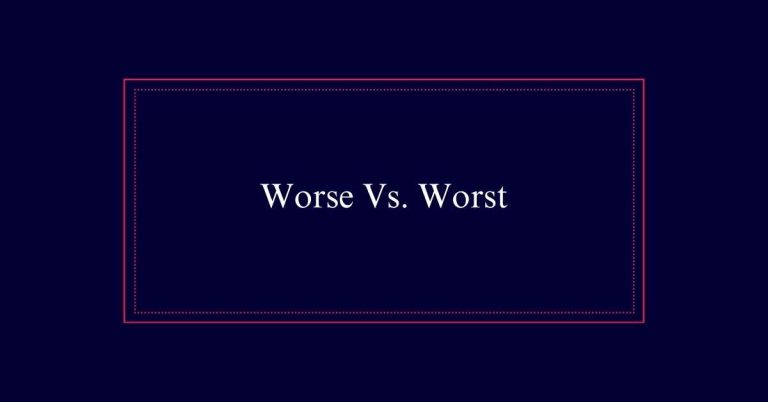
‘Worse’ and ‘worst’ both derive from the word ‘bad,’ but they serve different grammatical roles. ‘Worse’ is the comparative form, used
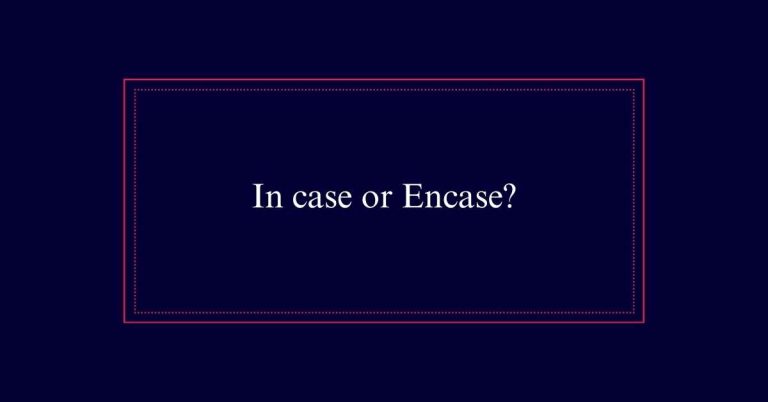
“In case” and “encase” serve different functions in English. “In case” is a phrase that indicates preparedness for an unforeseen event,
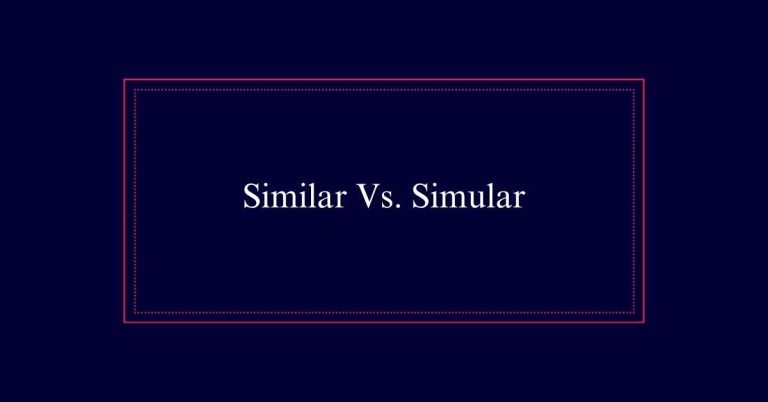
The correct word is “similar.” It denotes a resemblance or likeness between objects, ideas, or people. “Similar” is used to highlight s
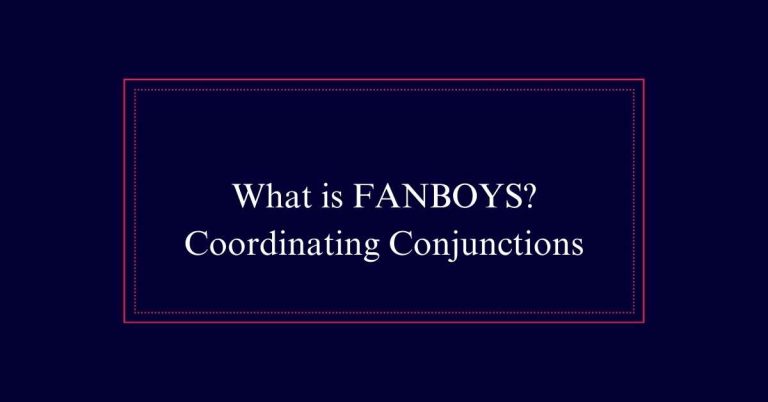
FANBOYS is an acronym for the seven core coordinating conjunctions: for, and, nor, but, or, yet, and so. These words connect elements o
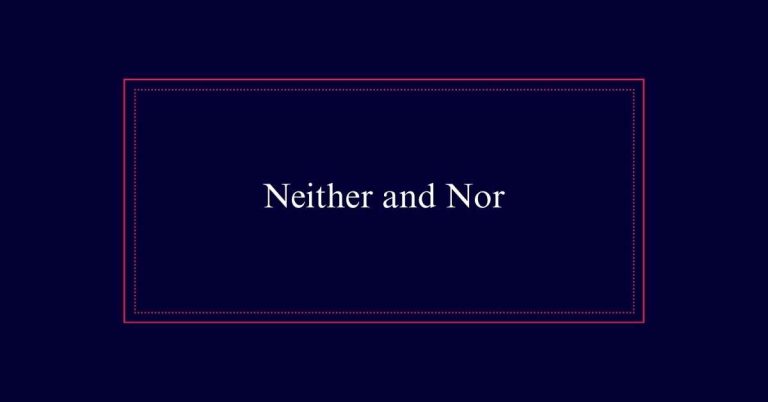
“Neither” and “nor” are used together to connect two negative ideas in a sentence, ensuring both options are negated. “Neither” introdu
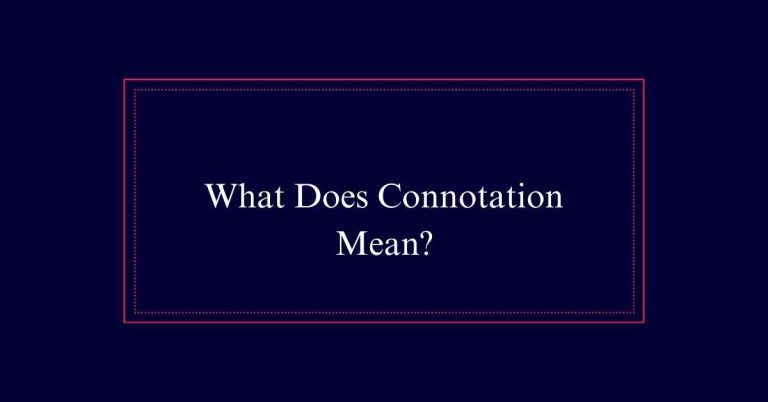
Connotation refers to the emotional and cultural meanings attached to a word beyond its literal definition. For example, ‘cheap’ might
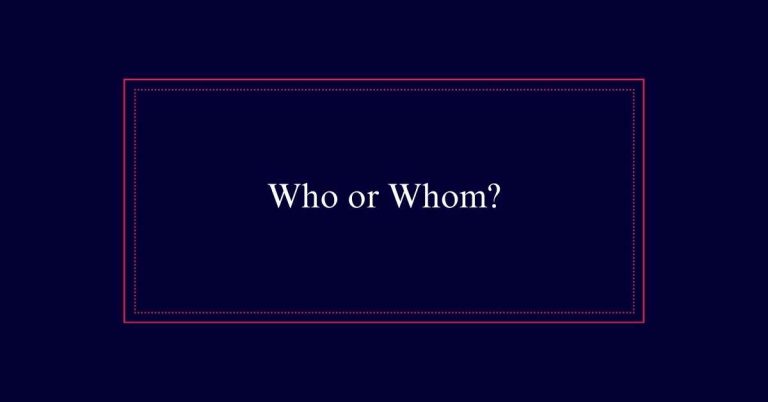
Use ‘who’ as the subject of a sentence, as it performs the action (e.g., ‘Who is calling?’). Use ‘whom’ as the object of a verb or prep
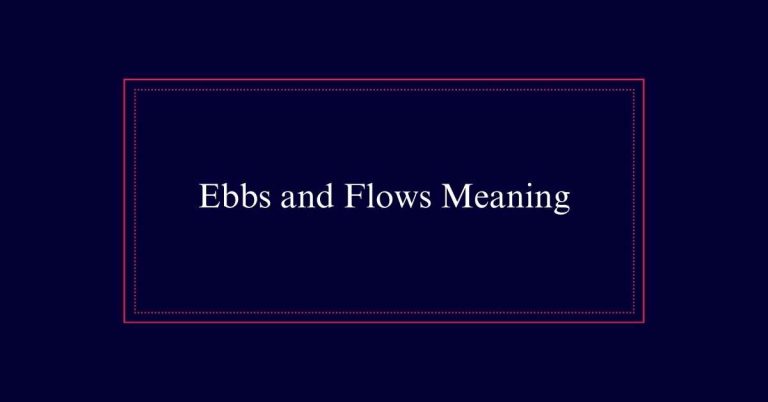
The phrase “ebbs and flows” reflects the natural rhythm of life, involving continuous cycles of rises and declines. It highlights the i
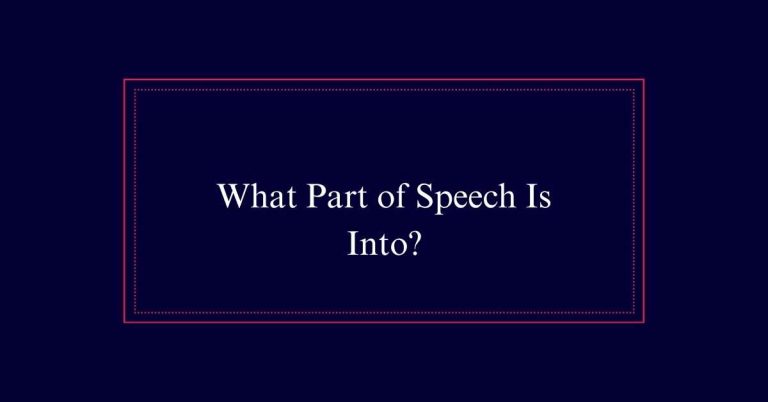
“Into” is a preposition in English. It shows movement toward the interior of something, such as in “He walked into the room.” It also i
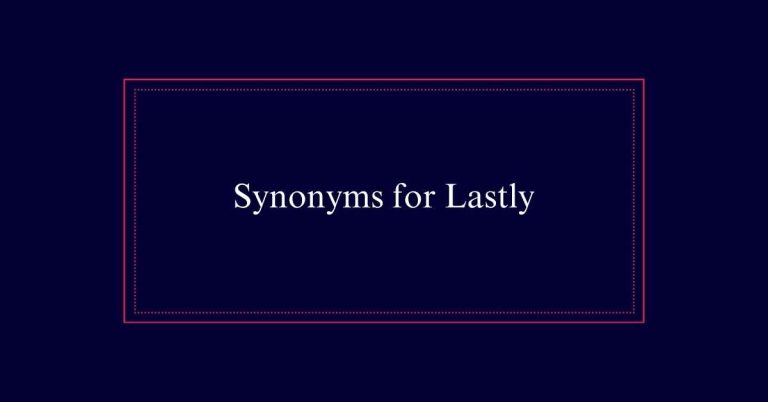
Synonyms for “lastly” include “finally,” “in conclusion,” and “ultimately.” These alternatives help signal the end of a discussion or l
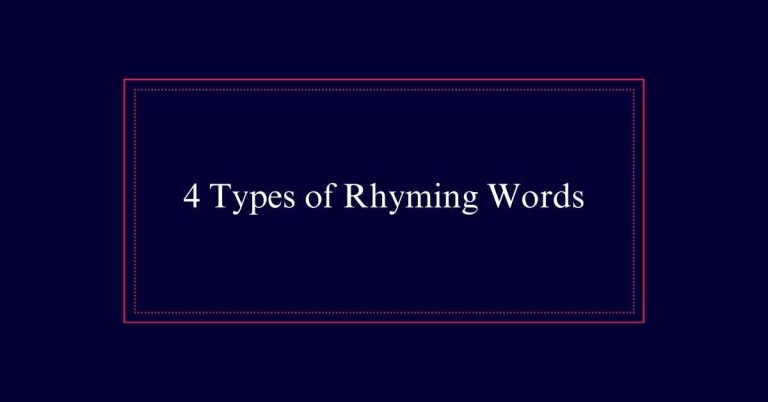
Lastly, rhyming words share the same ending sound in their final phonemes. There are four primary types of rhymes in English. First, si
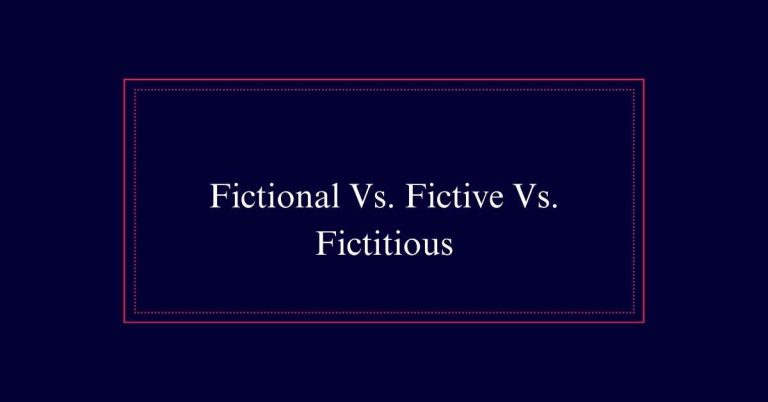
‘Fictional,’ ‘fictive,’ and ‘fictitious’ differ in their meanings and usage. ‘Fictional’ refers to something created by the imagination
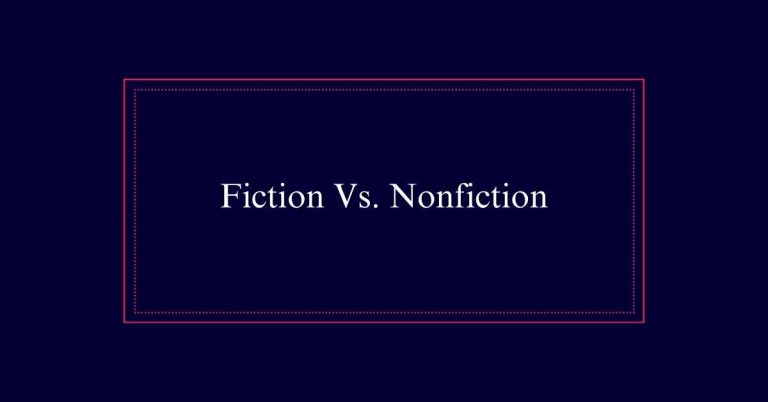
Fiction involves creating stories from imagination, featuring invented characters, settings, and plots. Examples include *Harry Potter*
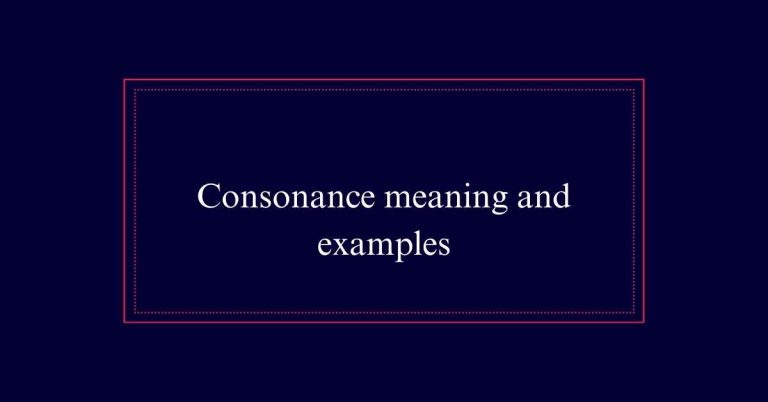
Consonance is a literary device where consonant sounds are repeated within words, enhancing rhythm and musicality in poetry, music, and
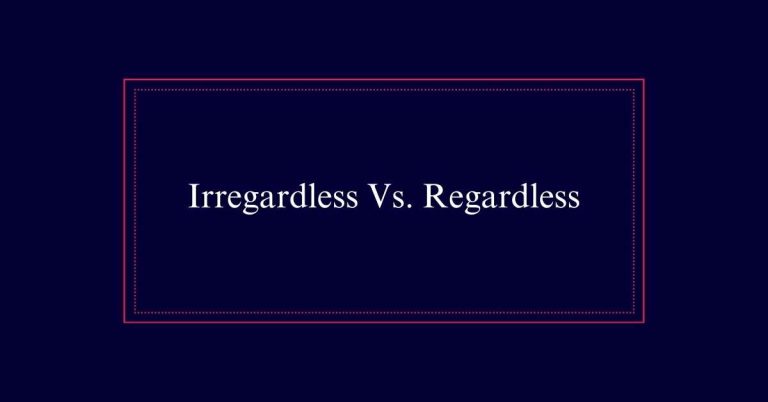
‘Regardless’ is a correct adverb meaning “without regard” or “despite everything.” It first appeared in the 16th century and is well-ac
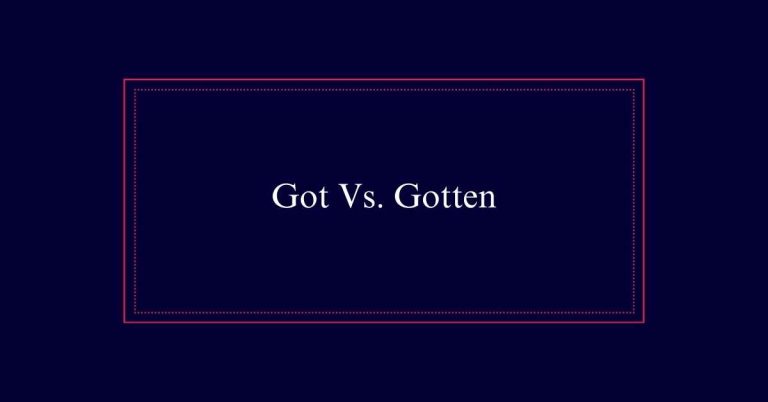
Choosing between ‘got’ and ‘gotten’ depends on whether you are using British or American English. In American English, ‘gotten’ is used
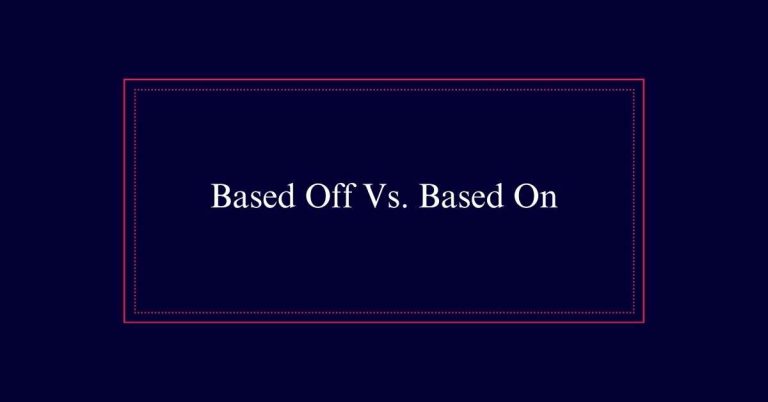
The difference between “based off” and “based on” lies in formality and regional usage. “Based on” is preferred in academic and British
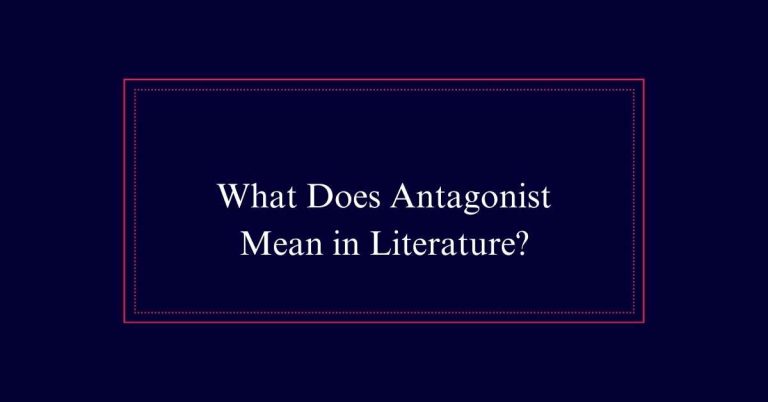
In literature, an antagonist is a character, group, or force that opposes the protagonist, creating central conflict and driving the pl
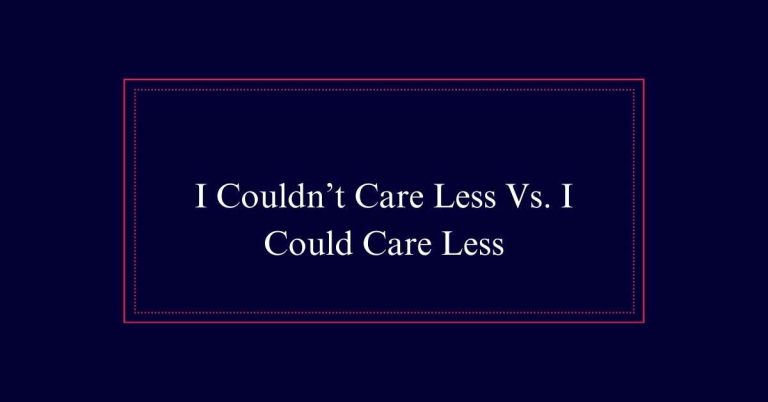
‘I couldn’t care less’ means you have zero interest or concern. It clearly shows you don’t care at all. On the other hand, ‘I could car
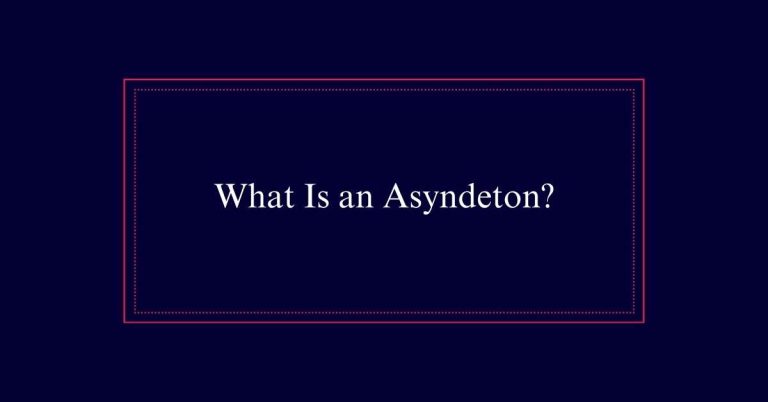
An asyndeton is a literary device that omits conjunctions between words, phrases, or clauses to create a fast-paced and impactful rhyth
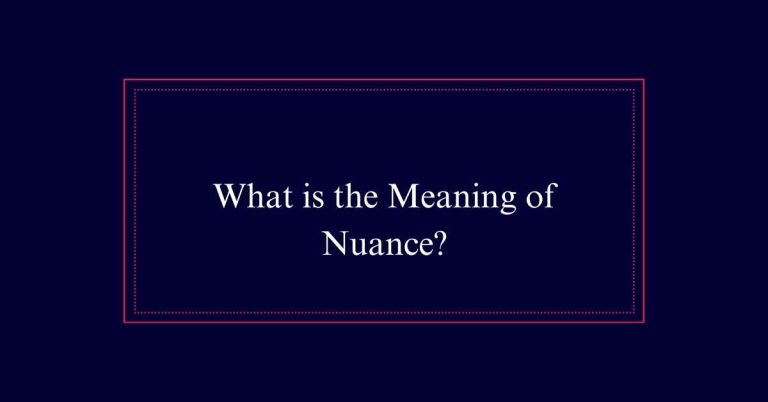
Nuance refers to a subtle or slight difference in meaning, tone, expression, or feeling, adding richness and depth to communication and
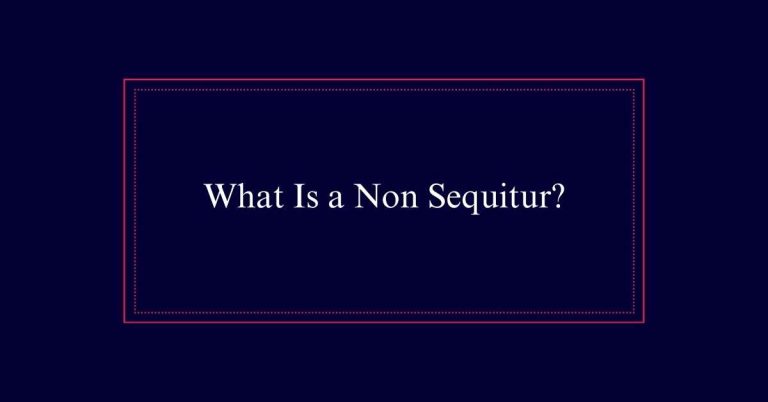
A non sequitur is a statement that does not logically follow from the preceding argument or statement, creating a disconnect. The term
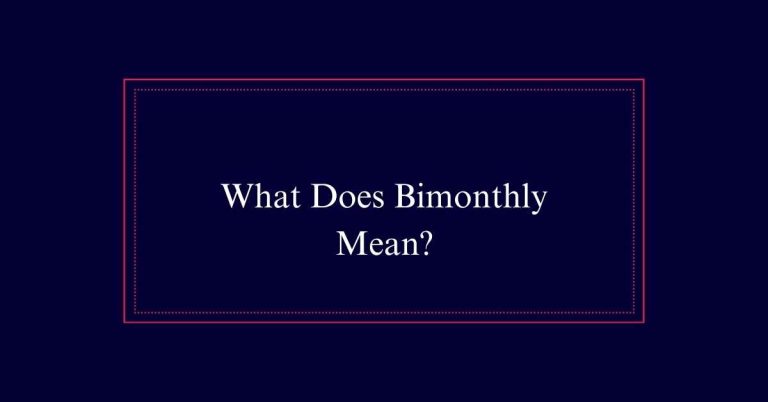
Bimonthly can mean either twice a month or once every two months, depending on the context. The term originates from Latin, with ‘bi-‘
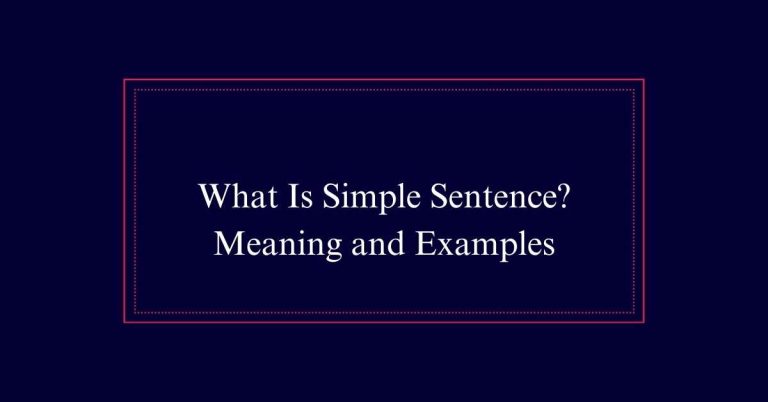
A simple sentence consists of one independent clause with a subject and a verb, forming a complete thought. It is concise and direct, m
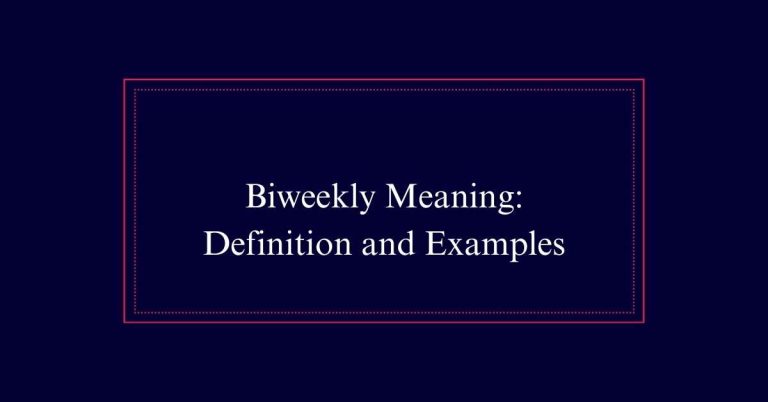
The term ‘biweekly’ can mean either twice a week or once every two weeks, leading to potential confusion. Originating from the Latin wo
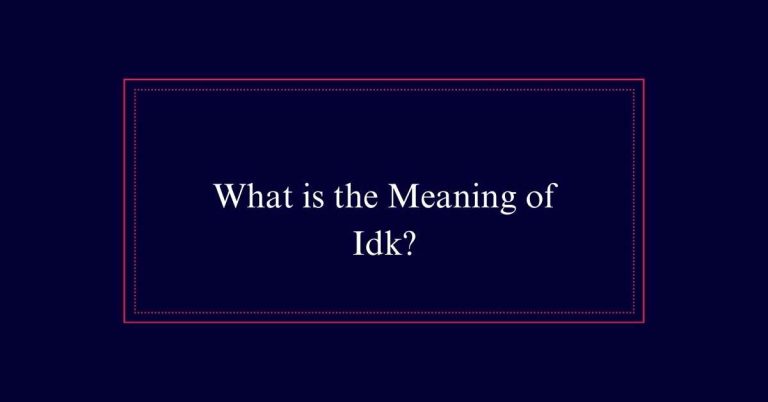
The abbreviation ‘idk’ stands for ‘I don’t know’ and originates from text speak, emerging around 2002. It is widely used in informal co
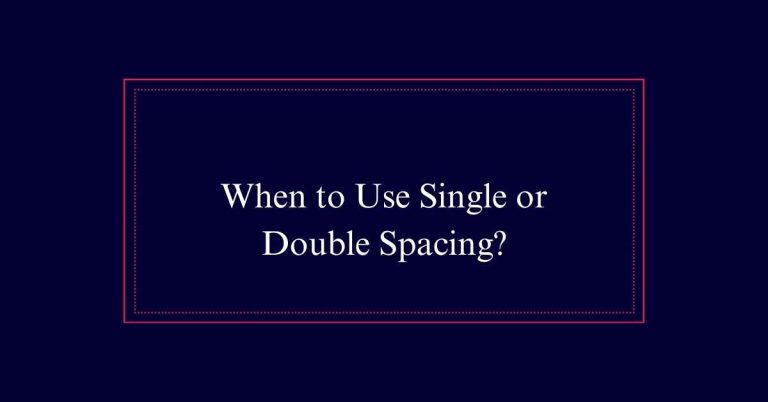
Single spacing fits more text on a page and is commonly used in business communications, emails, and notes. However, it can make docume
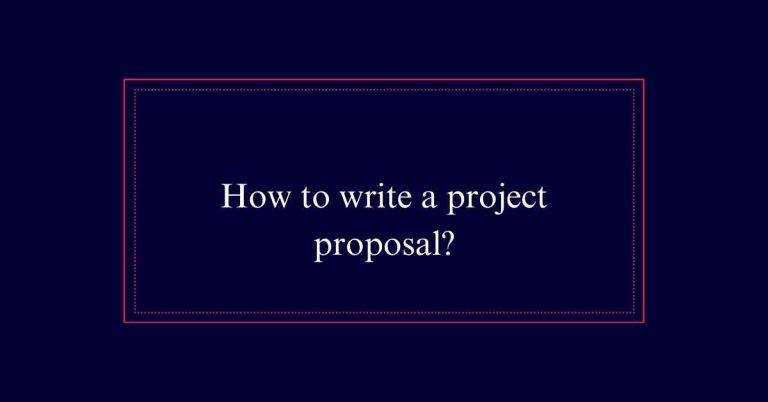
To write a compelling project proposal, start with a clear understanding of the project’s purpose, importance, and methodology. Assess
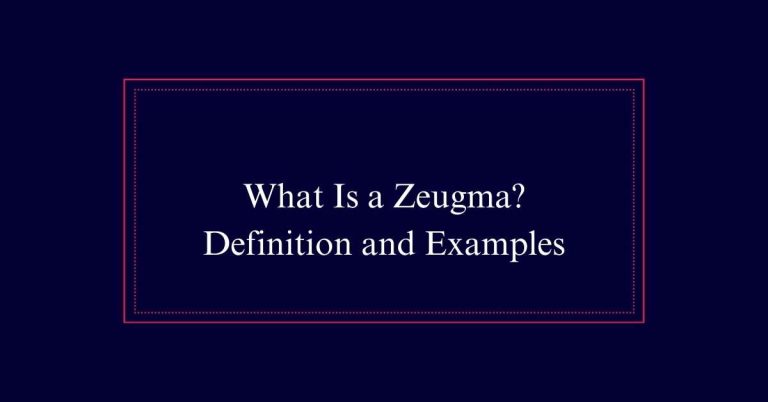
A zeugma is a rhetorical device where one word, often a verb or noun, connects multiple parts of a sentence in an unexpected way. This
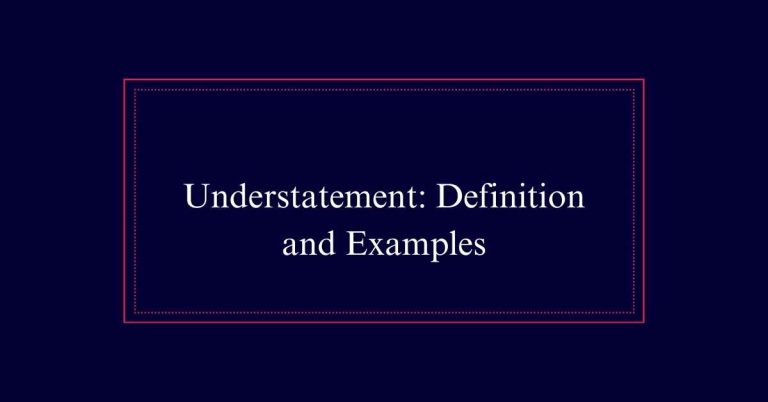
Understatement is a literary device used to make a situation seem less important or severe than it is, often adding subtlety and wit to
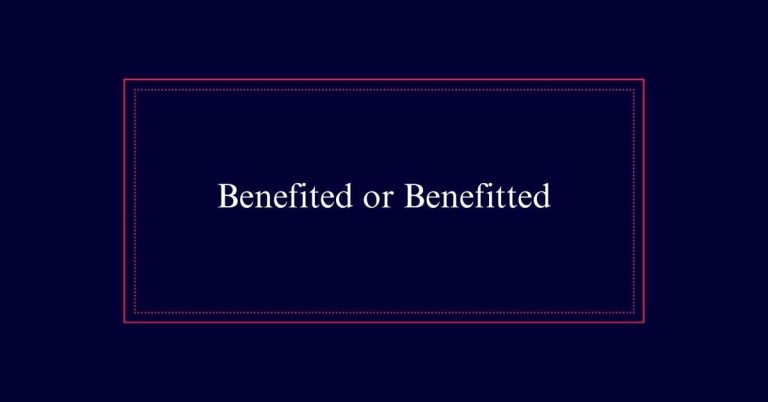
Both ‘benefited’ and ‘benefitted’ are correct, though usage depends on the region. ‘Benefited’ is favored in American English for its s
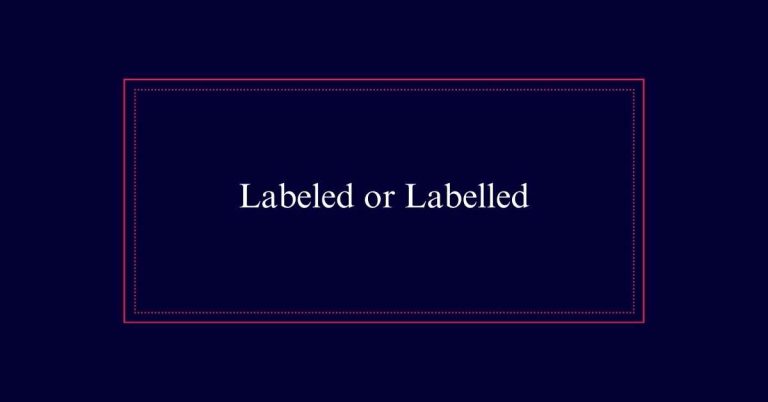
Both ‘labeled’ and ‘labelled’ are correct spellings. The choice depends on regional preferences. Americans typically use ‘labeled’ with
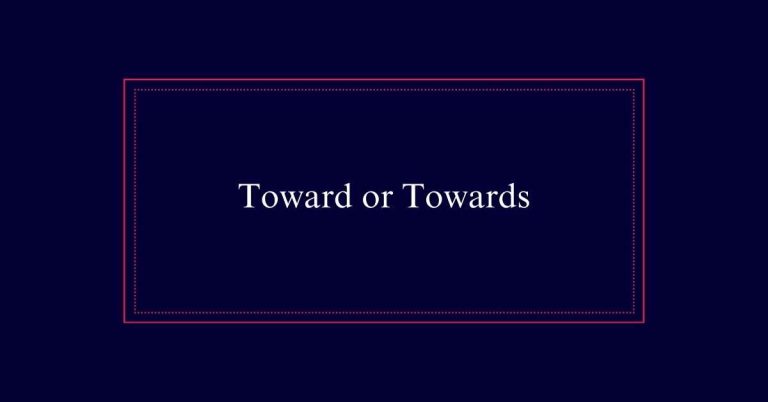
The terms ‘toward’ and ‘towards’ both mean ‘in the direction of’ and can be used interchangeably. The primary distinction lies in regio
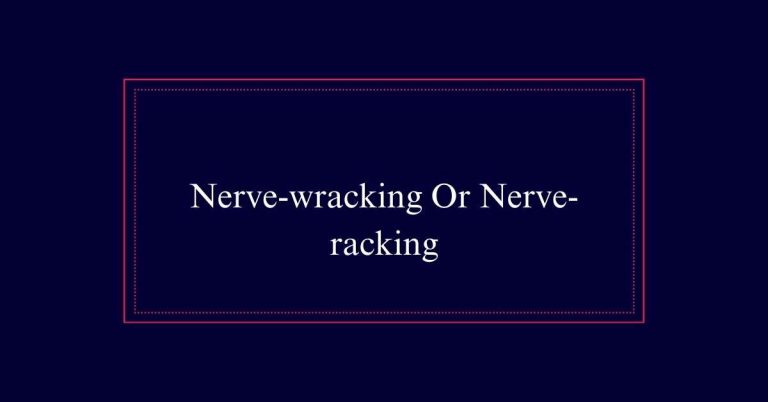
Both ‘nerve-wracking’ and ‘nerve-racking’ are correct spellings. Major dictionaries recognize both forms. The choice between them can d
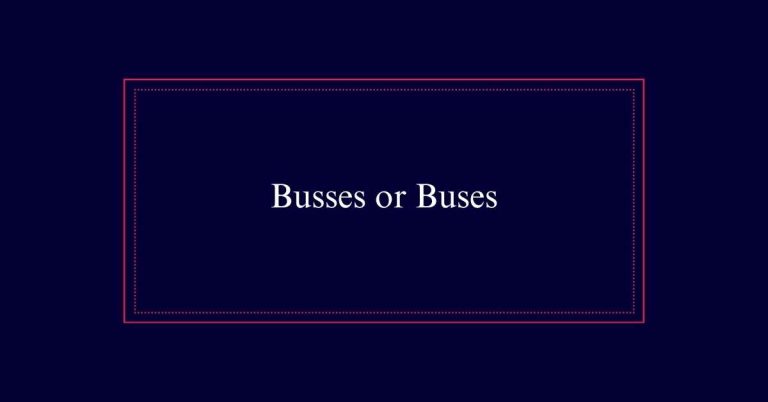
The correct plural form of ‘bus’ is ‘buses.’ Historically, ‘busses’ was also used, but ‘buses’ became more dominant by the mid-20th cen
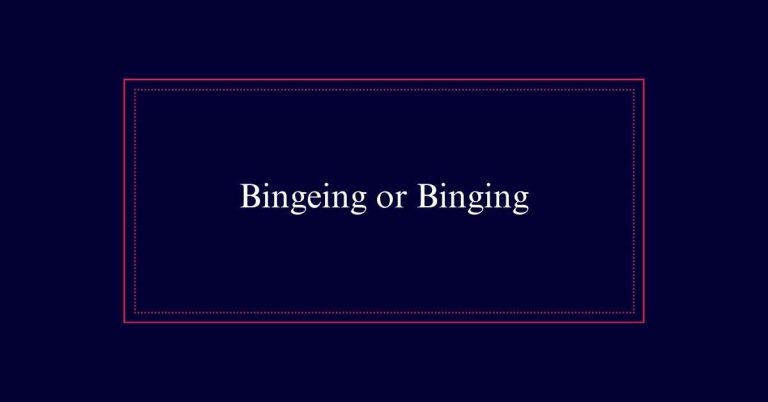
Both ‘bingeing’ and ‘binging’ are correct spellings for the act of overindulging in an activity or substance, like eating or watching T
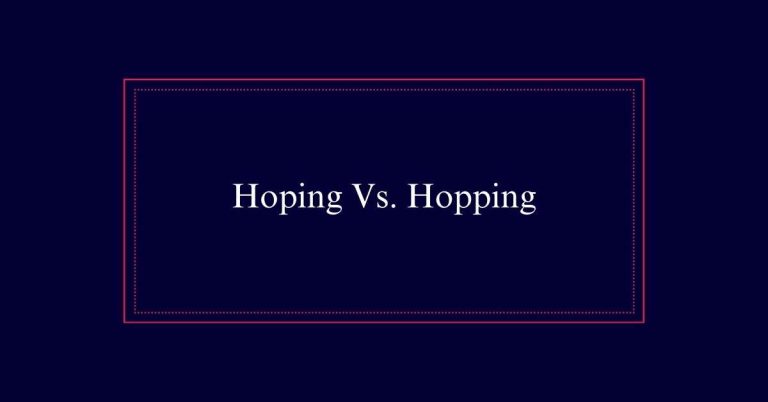
‘Hoping’ and ‘hopping’ are distinct despite sounding similar. ‘Hoping’ is derived from the verb ‘hope,’ expressing a desire or expectat
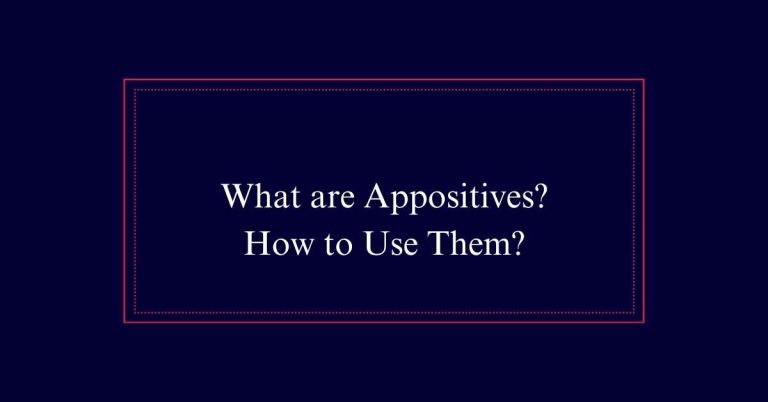
An appositive is a noun or noun phrase that provides extra information about another noun in a sentence. It can be essential or non-ess
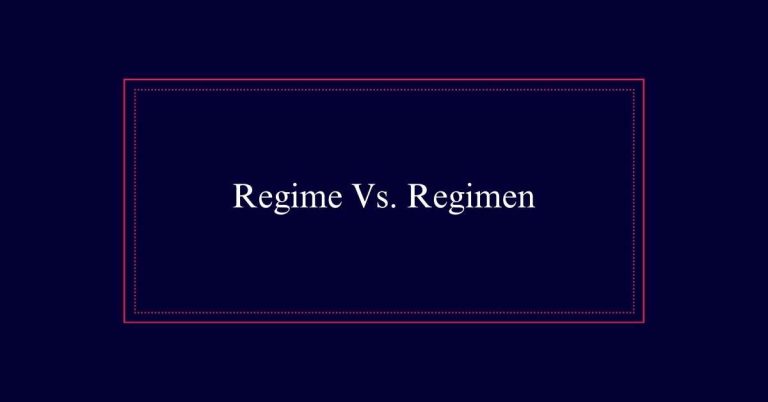
Regimen and regime are often confused but have distinct meanings. A regimen refers to a systematic plan or routine aimed at achieving a
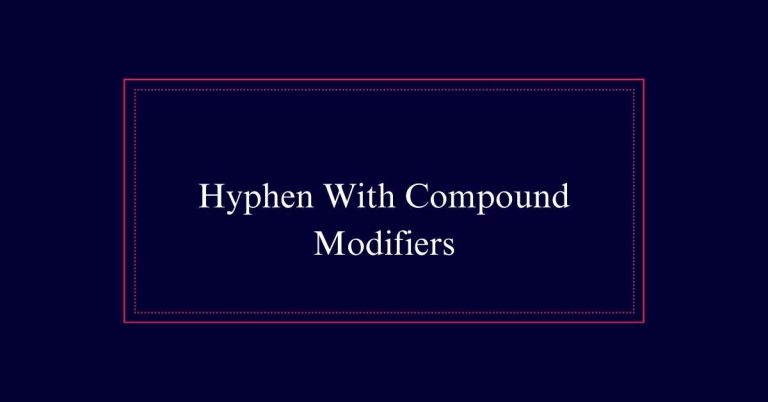
Using hyphens with compound modifiers simplifies communication and enhances clarity. A compound modifier, when two words function toget
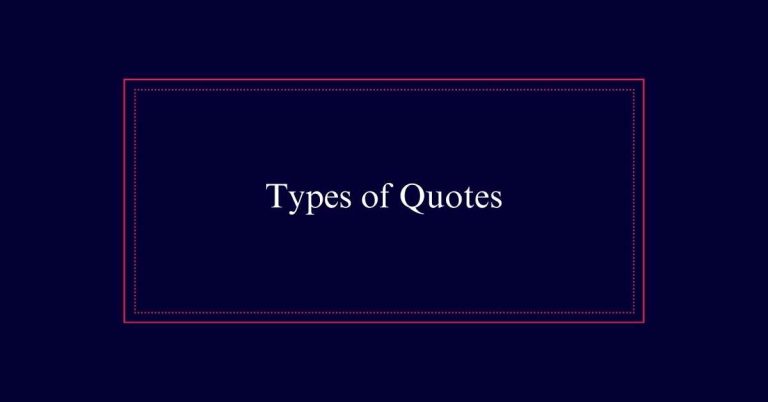
Understanding the different types of quotes is essential for effective writing. Direct quotes reproduce an author’s original words exac
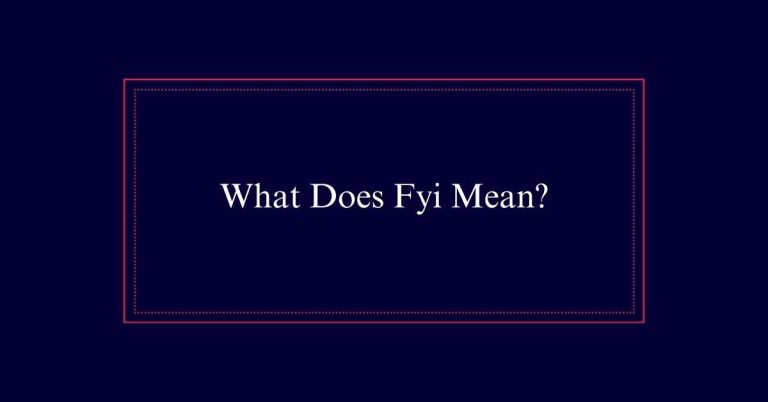
FYI stands for “for your information.” It is used to share non-essential, non-urgent information, typically in professional settings. T
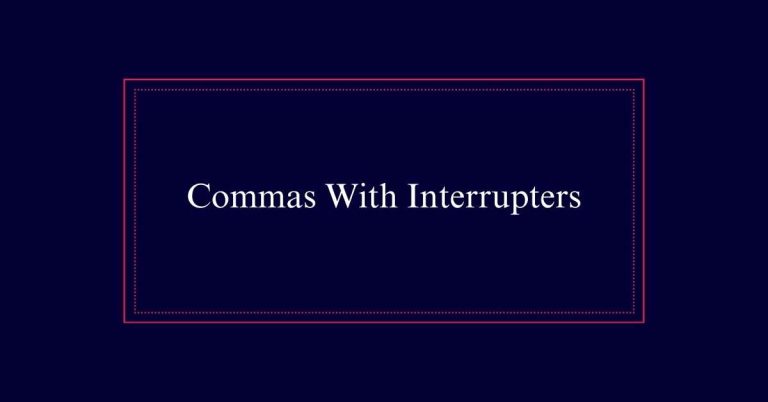
Commas are essential when using interrupters in writing. Interrupters are words or phrases that break the flow of a sentence to add emp
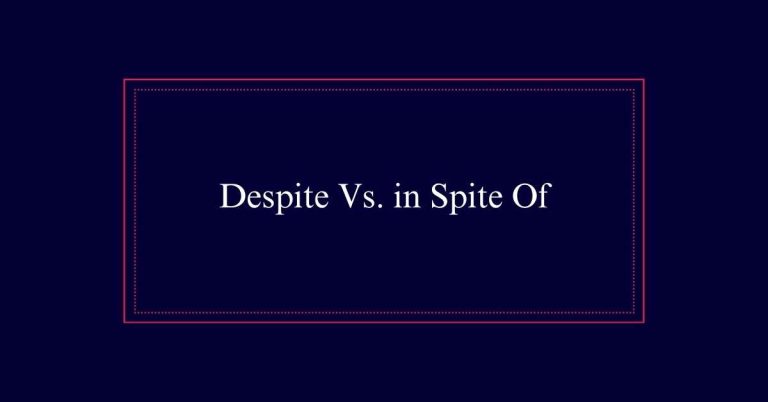
‘Despite’ and ‘in spite of’ both mean ‘regardless of’ and are used to show contrast. They are interchangeable in most contexts. ‘Despit
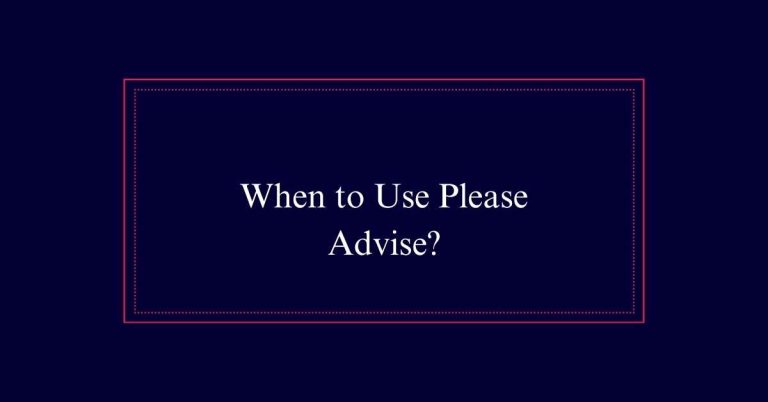
‘Please advise’ is typically used in professional communication to ask for information, feedback, or guidance. Appropriate scenarios in
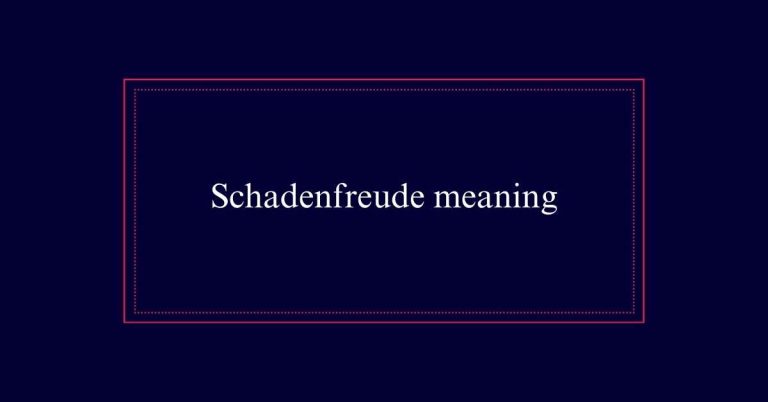
Schadenfreude is a German term that means taking pleasure in someone else’s misfortune. The word combines ‘Schaden’ (harm) and ‘Freude’
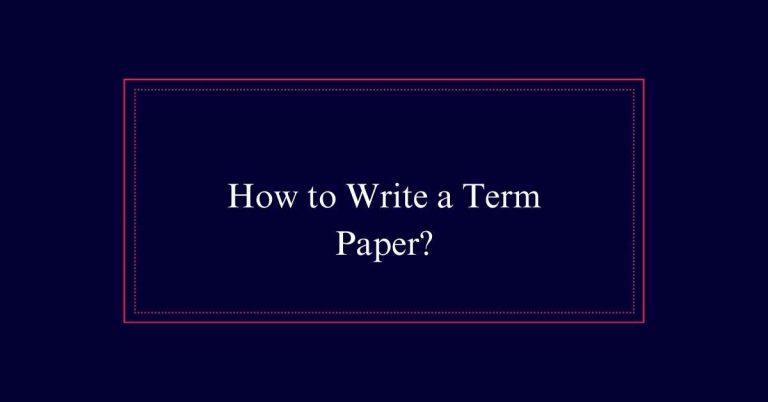
Writing a term paper can be broken down into five clear steps. First, choose a suitable topic that interests you and has ample research
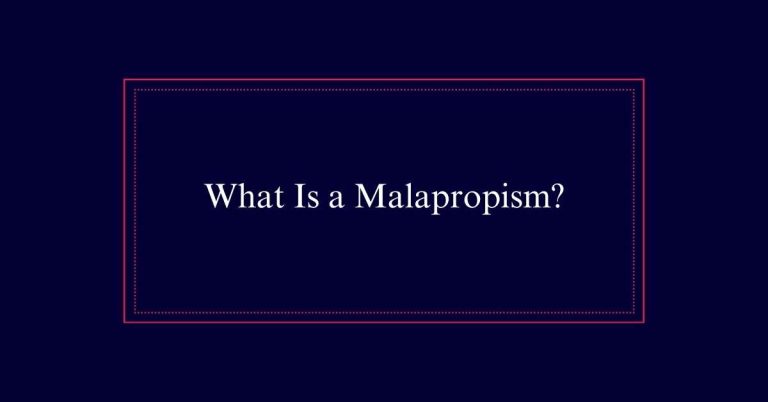
A malapropism is the incorrect use of a word that sounds similar to the intended word, often leading to humorous results. The term orig
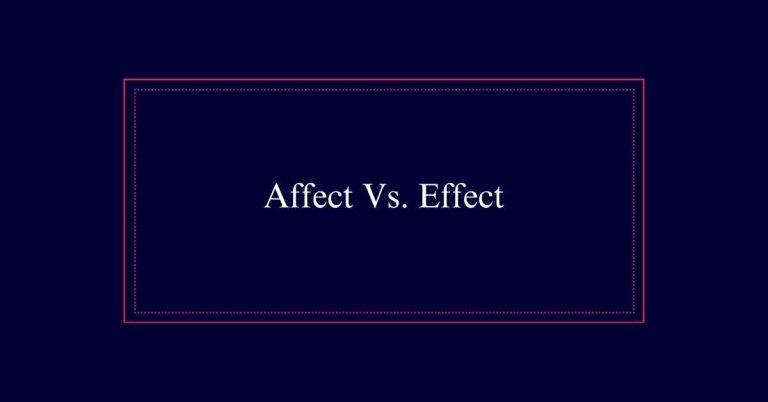
The difference between “affect” and “effect” is essential for precise communication. “Affect” is a verb that means to influence or chan
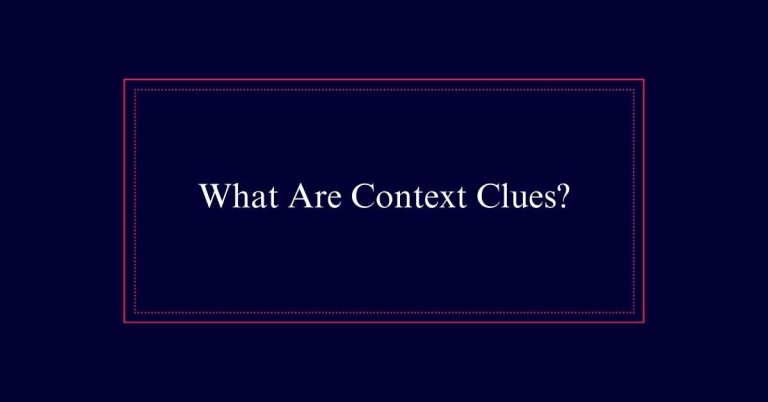
Context clues are hints in the text that help you understand the meaning of unfamiliar words without using a dictionary. They can be fo
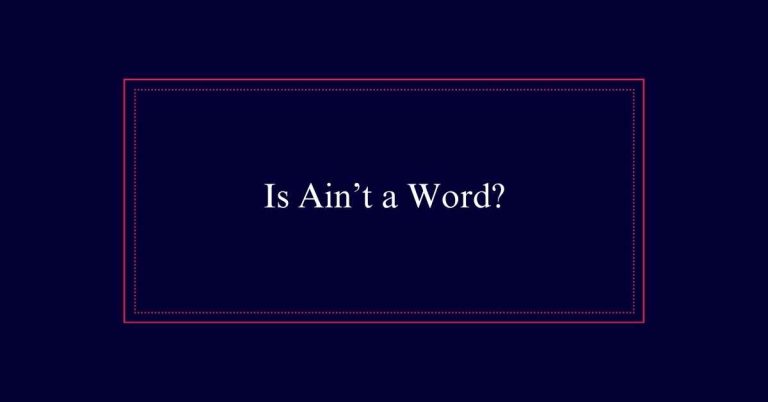
Yes, “ain’t” is a word. It is a contraction for “am not,” “is not,” “are not,” “has not,” “have not,” and sometimes even “do not,” “doe
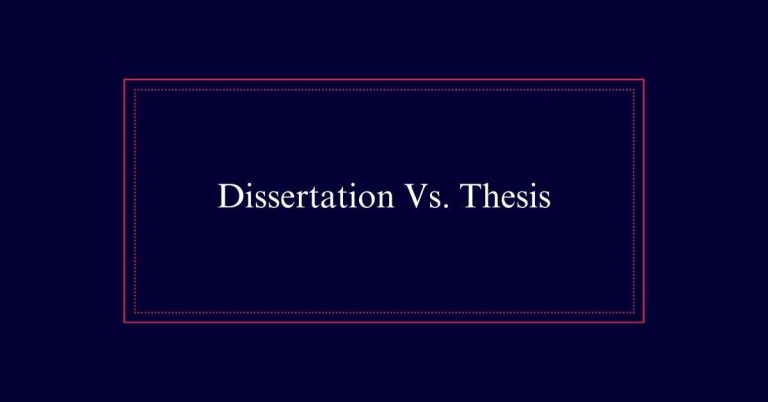
A dissertation is required for a doctorate and involves original research aimed at contributing new knowledge. A thesis, in contrast, i
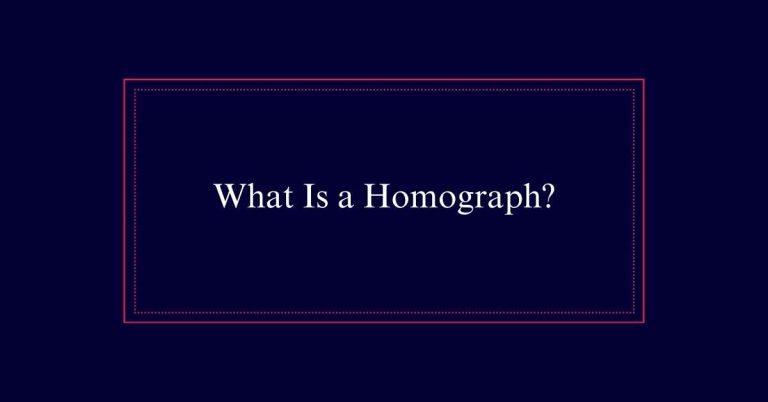
A homograph is a word that shares the same spelling with another word but has a different meaning. Homographs may also have different p
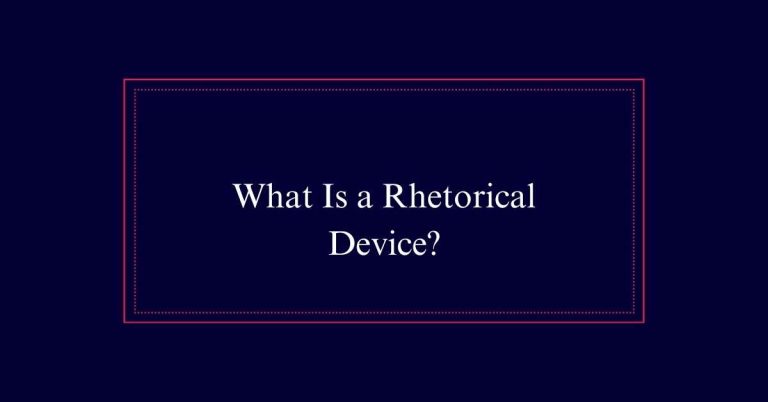
A rhetorical device is a technique that enhances communication and persuasion. Common types include metaphors, similes, alliteration, a

Polysyndeton is a literary device where multiple conjunctions are used to link words or phrases in a sentence. This technique emphasize
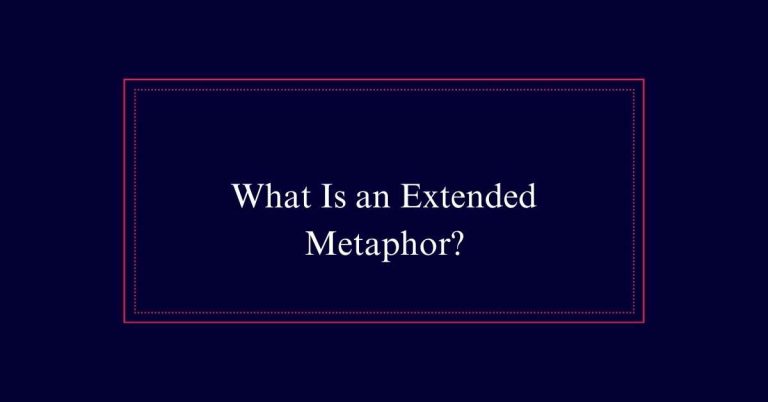
An extended metaphor is a detailed and sustained comparison that extends over several sentences or an entire piece. It enriches the nar
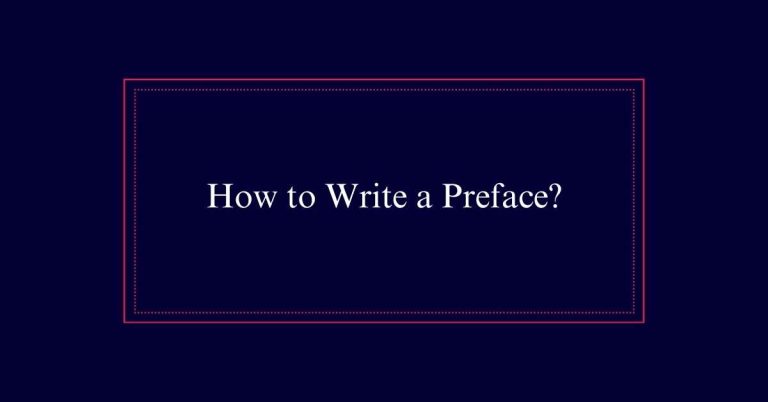
A preface is a brief introductory section of a book where the author provides context, background, and motivations for writing. It esta
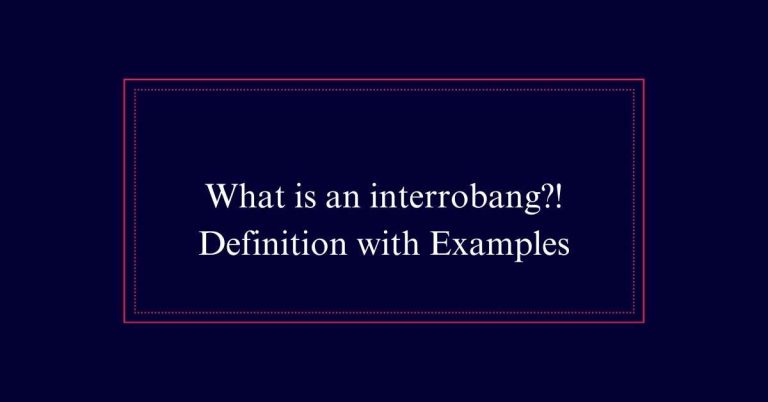
An interrobang is a punctuation mark that combines a question mark and an exclamation point, used to convey surprise or emphasize rheto
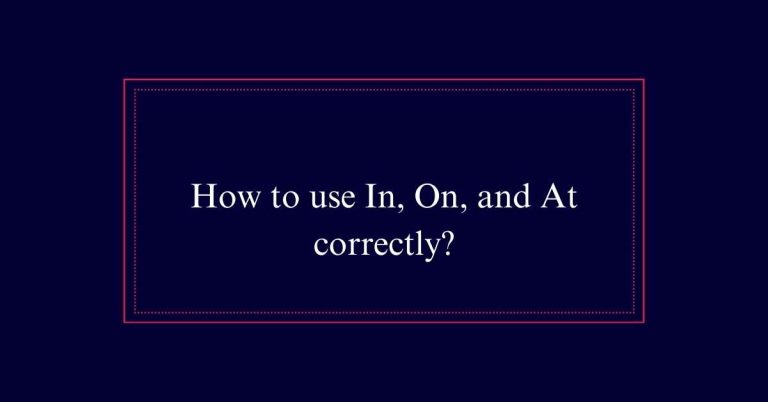
English prepositions ‘in,’ ‘on,’ and ‘at’ have distinct uses that are essential for clarity. ‘In’ indicates inclusion within a space or
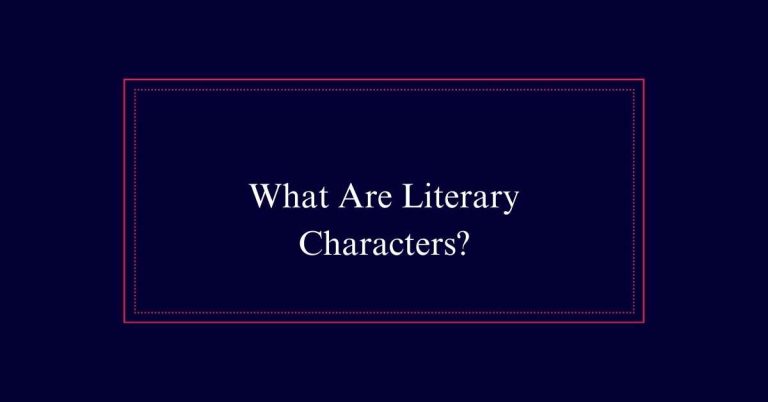
Literary characters are the personas, creatures, or entities that exist within a narrative. They serve to engage readers, shape the plo
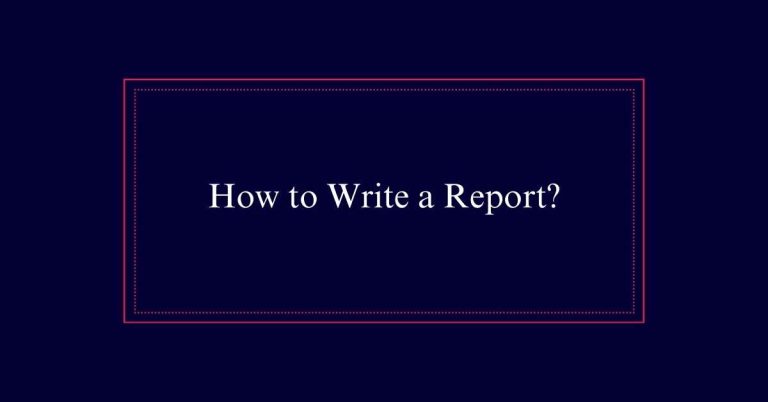
To write a report, start by understanding the type: academic, business, or scientific. Use a clear structure with an introduction, body
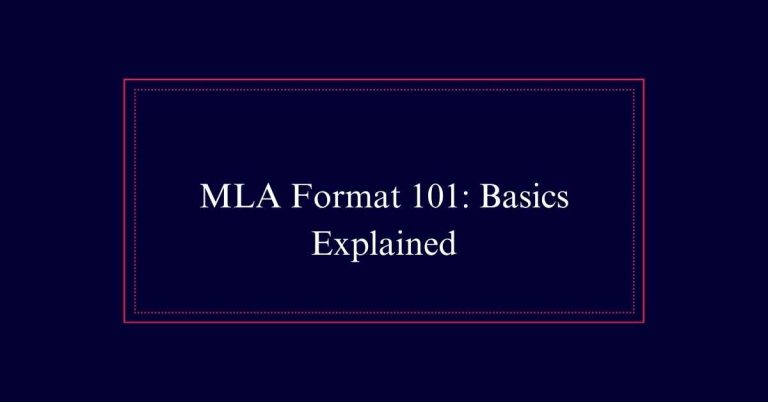
MLA format is a set of guidelines by the Modern Language Association for academic papers. It’s essential for proper citations, avoiding
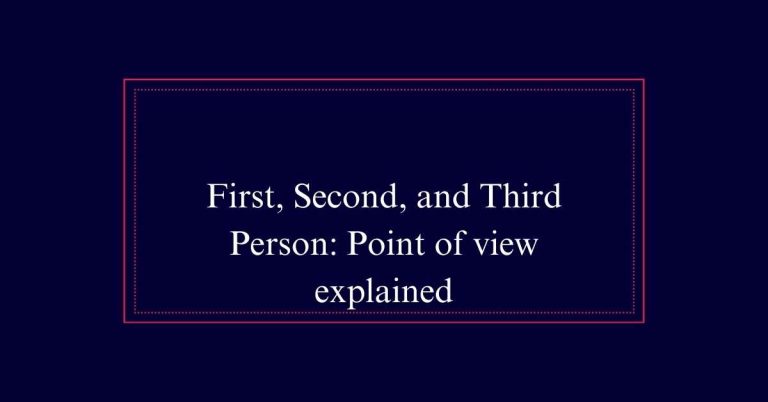
Understanding point of view in writing is essential. First-person uses pronouns like ‘I’ and ‘we,’ offering an intimate look into the n
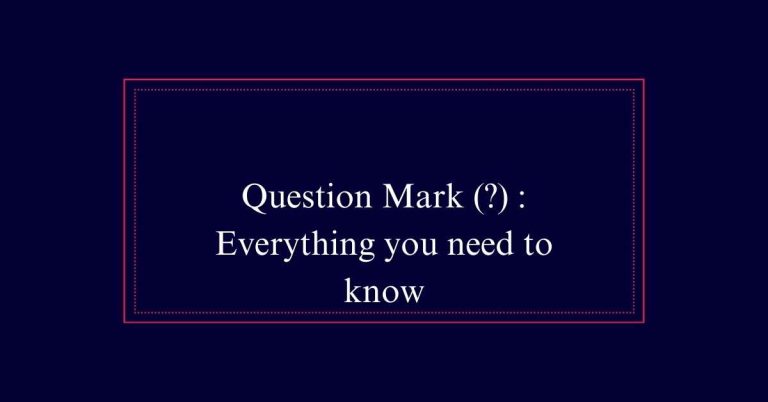
A question mark (?) is a punctuation symbol indicating a question. It is placed at the end of a direct question which typically begins
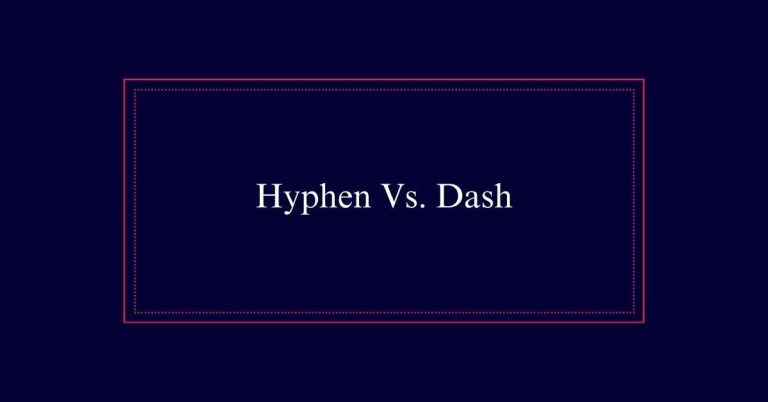
Hyphens (-) join words to form compounds, like ‘self-restraint,’ and aid readability when breaking words at line ends. En dashes (–)

Graduation titles guarantee based on gender and number. ‘Alumna’ is for a single female graduate, while ‘Alumnus’ is for a single male
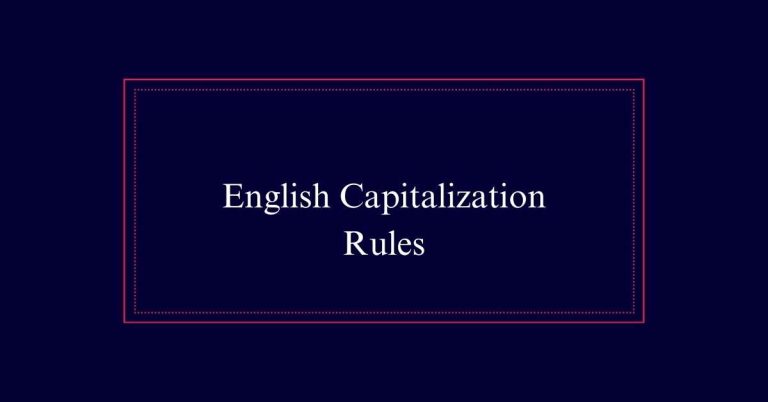
Understanding English capitalization rules is crucial for clear and professional writing. Capitalize people’s names, job titles when pa
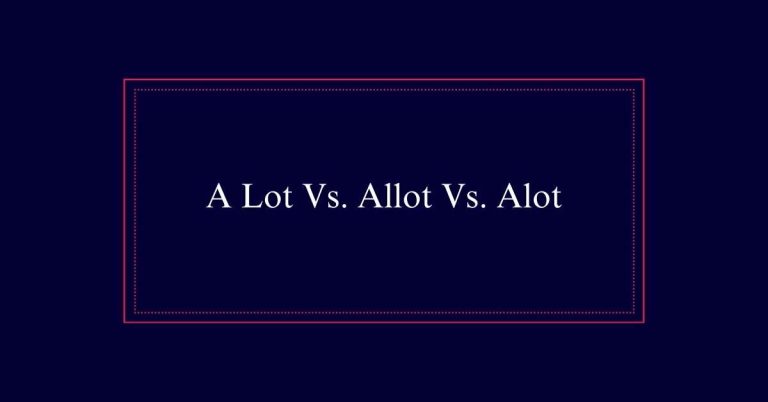
‘A lot’ signifies a large quantity or amount of something, without specifying an exact number. For example, ‘He has a lot of books’. Al
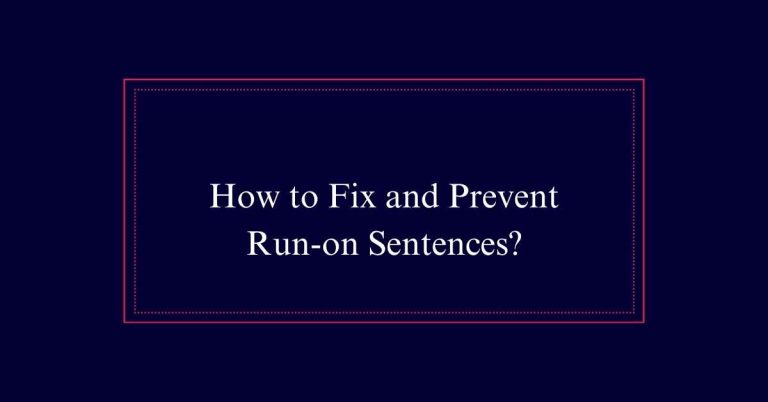
To fix and prevent run-on sentences, ensure that independent clauses are properly connected. Use periods to break long sentences into d
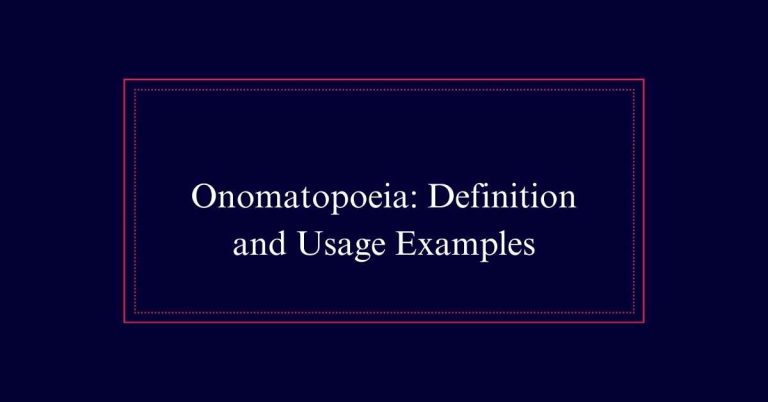
Onomatopoeia refers to words that imitate the sounds associated with the objects or actions they describe, such as ‘buzz,’ ‘hiss,’ or ‘
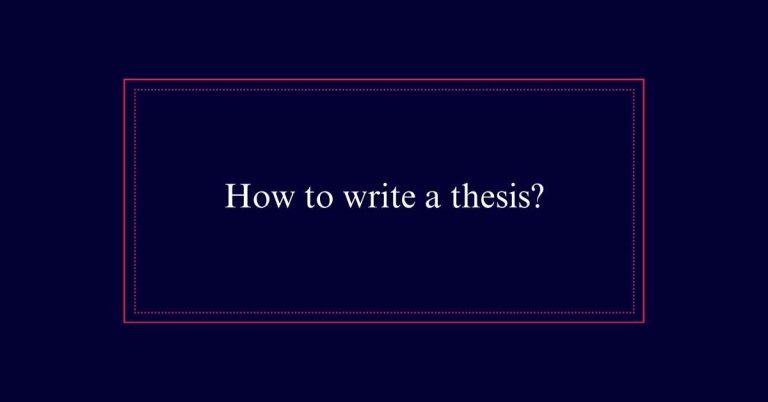
Writing a thesis involves forming a focused research question and crafting a clear thesis statement. Consult librarians to refine your
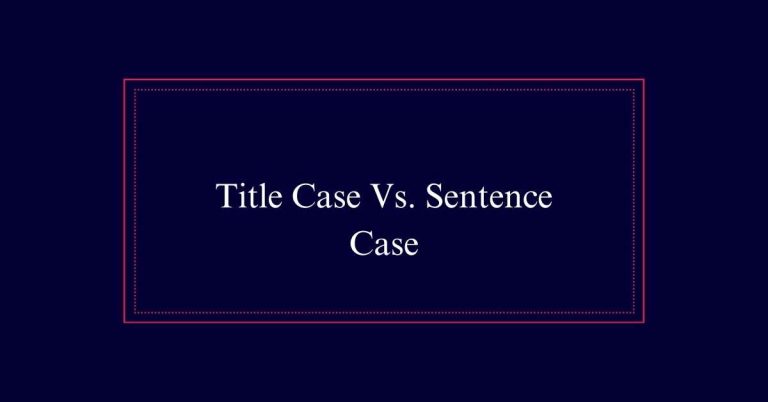
Title Case capitalizes the first letter of major words, including nouns, pronouns, verbs, adjectives, and adverbs. It’s commonly used i
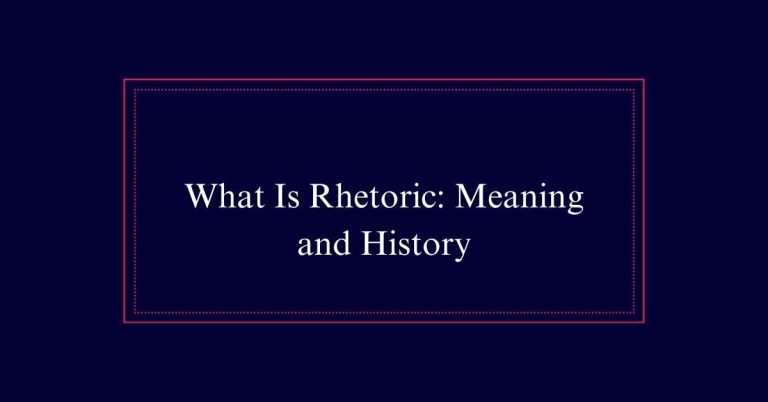
Rhetoric is the art of using language to persuade, motivate, or inform others. Originating in Ancient Greece, it refers to the skillful
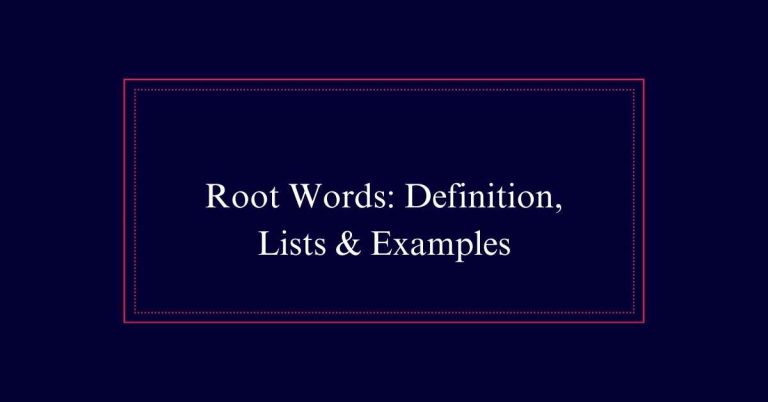
Root words are fundamental elements of language that carry distinct meanings and can often stand alone. Understanding root words is ess
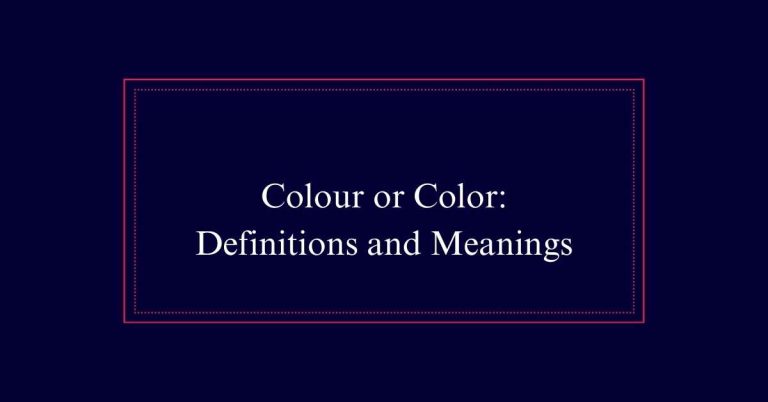
‘Color’ and ‘colour’ are alternative spellings of the same word, meaning the attribute of things that results from the light they refle
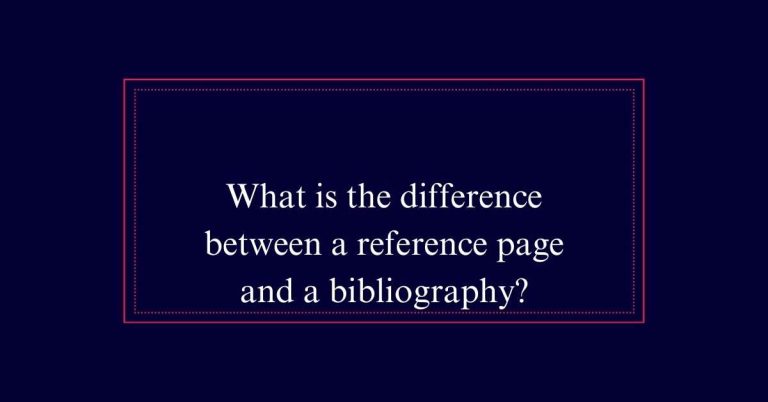
A reference page and a bibliography differ in academic writing by the types of sources they list. A reference page includes only the wo
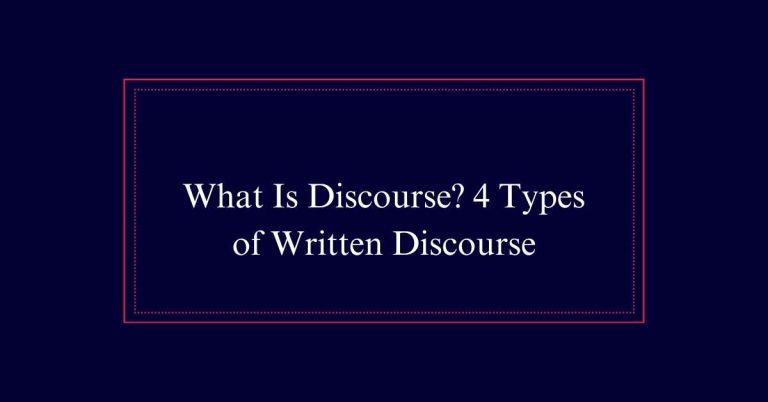
Discourse refers to the structured communication of ideas and information, either in written or spoken form. It is essential for sharin
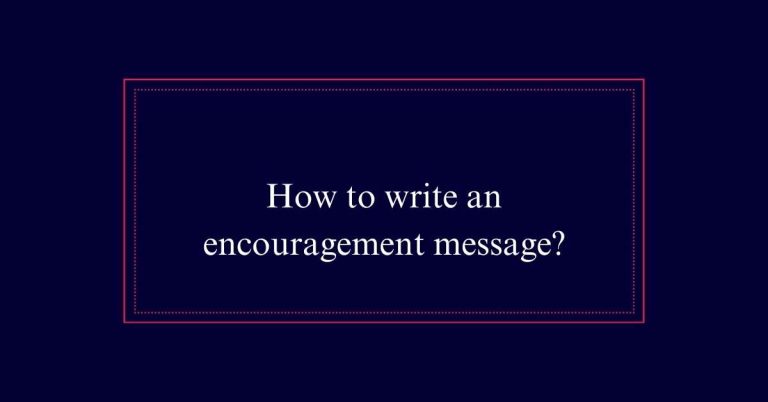
Encouragement messages show you care and believe in someone, especially during tough times. They help people feel supported and less is
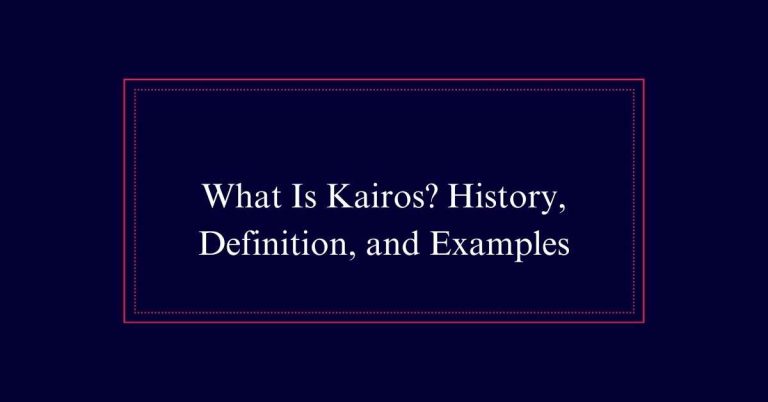
Kairos is a rhetorical concept that emphasizes the importance of delivering a message at the right moment for maximum impact. Originati
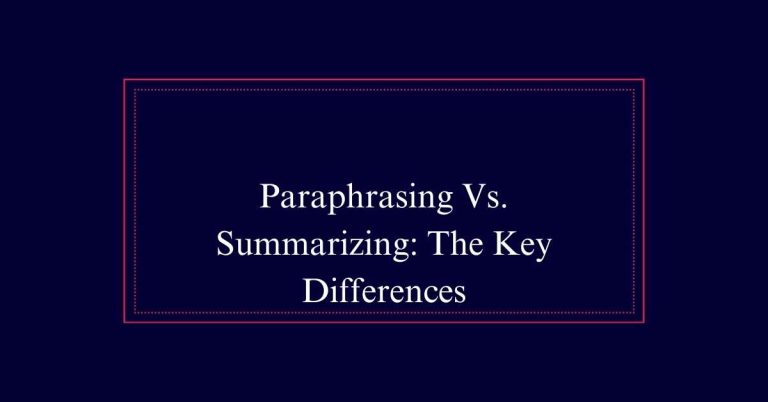
Paraphrasing and summarizing are distinct yet related techniques crucial in writing and communication. Paraphrasing involves rephrasing
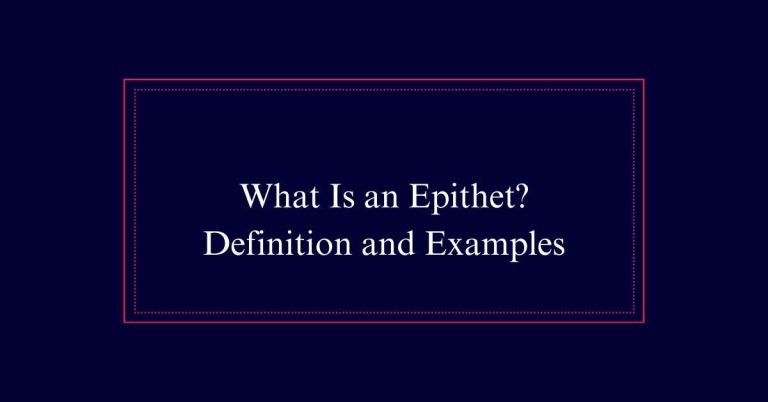
An epithet is a descriptive word or phrase used to emphasize specific qualities of a person or thing. Originating from the Greek word ‘
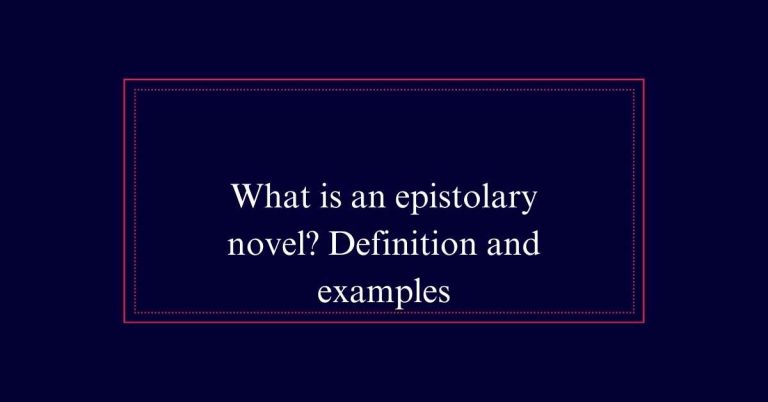
An epistolary novel is a type of narrative conveyed through letters, diary entries, or other personal documents. This style allows read
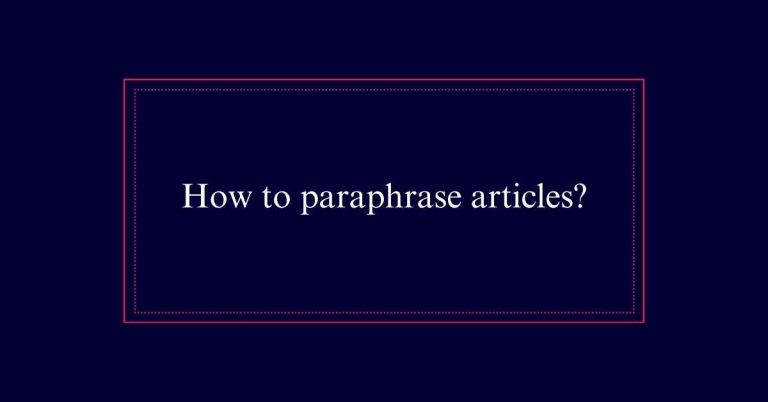
To effectively paraphrase articles, begin by grasping the core concept. Simplify intricate sentences and swap out key terms with synony
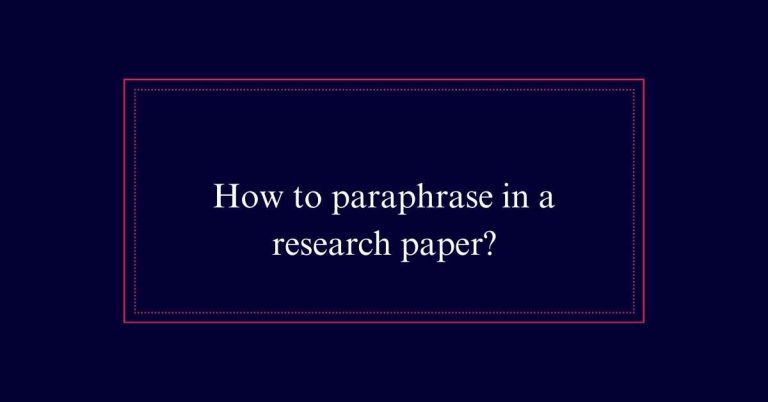
Paraphrasing is essential for creating well-crafted research papers. It showcases your understanding of the topic and simplifies academ
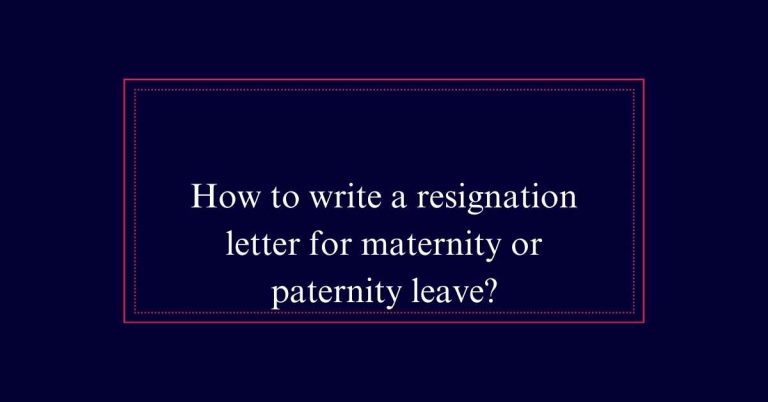
To write a resignation letter for maternity or paternity leave, start by using a formal business format. Begin with your contact inform
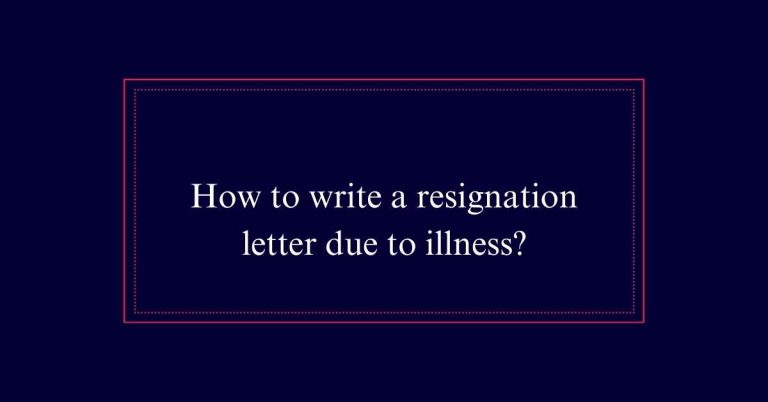
Writing a resignation letter due to illness should be done professionally and concisely. Begin with a brief explanation of your illness
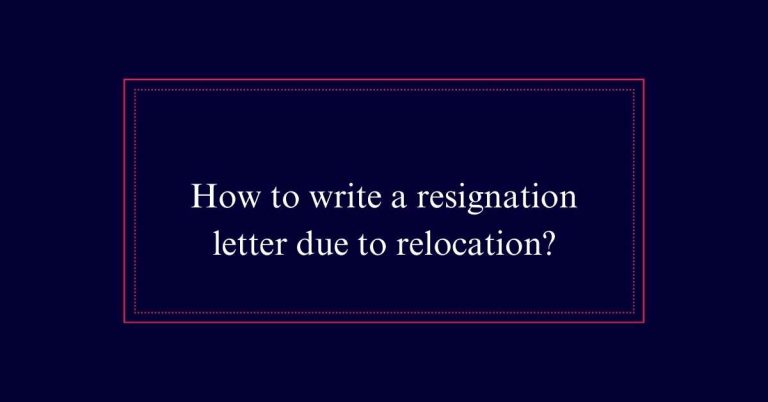
When you’re relocating and need to resign, a proper resignation letter is essential. Start by stating your intention to resign and ment
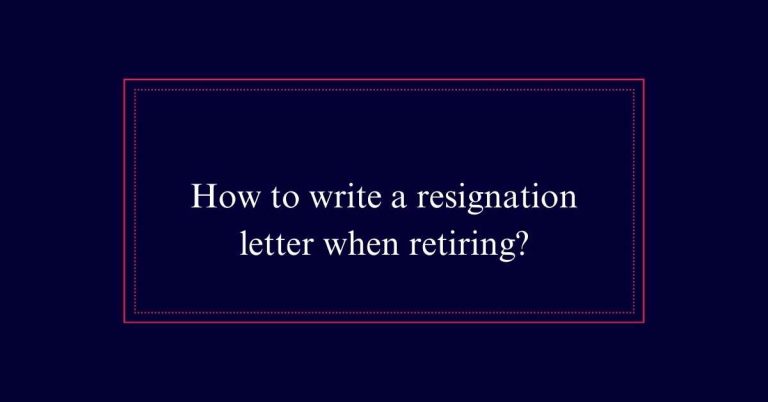
To write a retirement resignation letter, start by stating your retirement date clearly. Express your gratitude for the experiences and
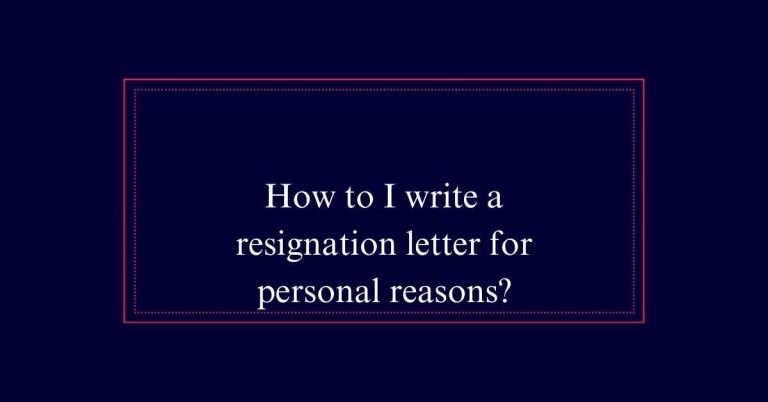
When writing a resignation letter for personal reasons, keep it clear and professional. Start by stating your intention to resign and y
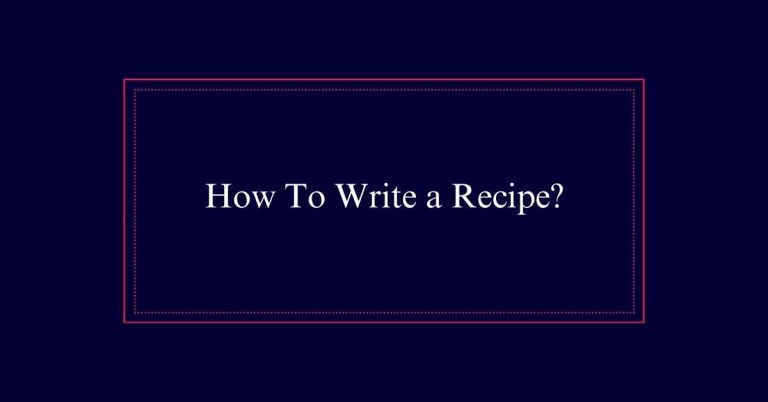
Creating a clear and effective recipe involves several essential steps. Begin by visualizing the entire cooking process, including the
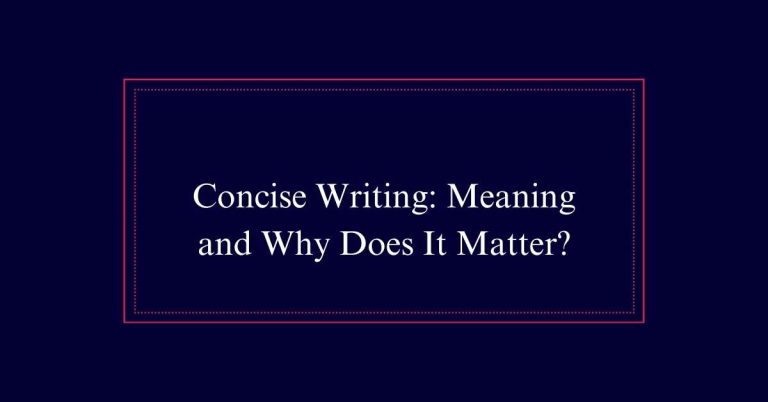
Concise writing conveys ideas clearly and directly using the fewest words possible. It eliminates redundant words, sharpens the core me
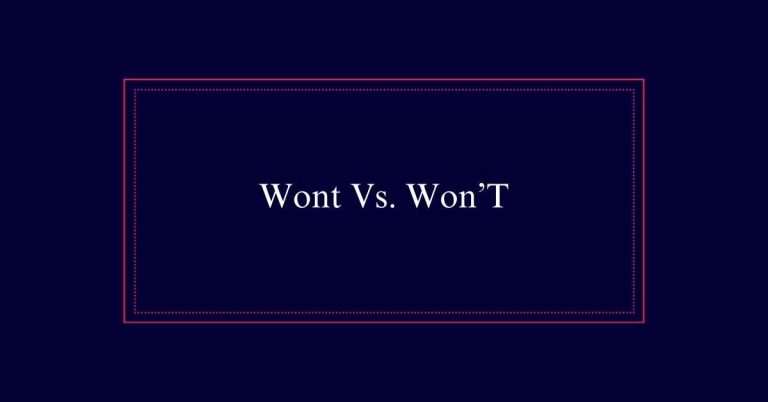
‘Wont’ and ‘won’t’ are often confused, but they serve different purposes. ‘Wont’ describes habitual behavior or something someone is ac
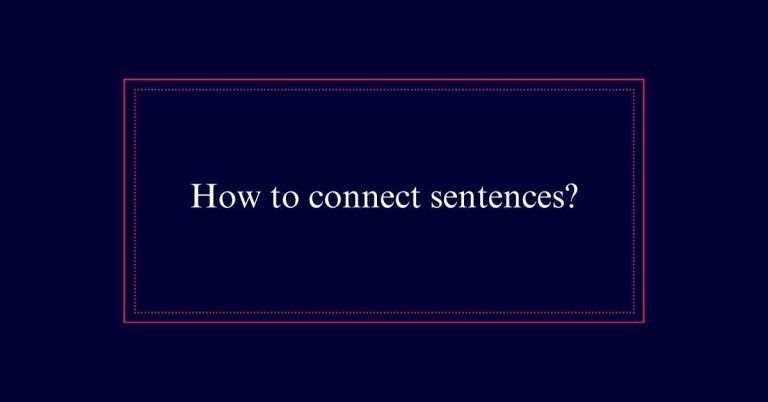
To connect sentences effectively, use linking words like ‘however,’ ‘therefore,’ and ‘also.’ These words guide readers through your tex
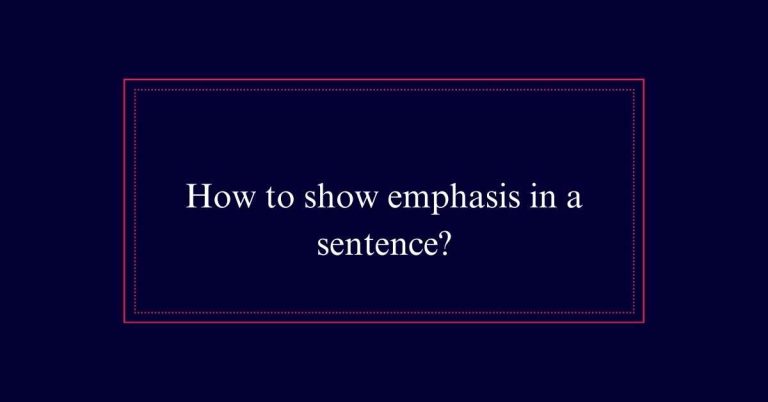
To show emphasis in a sentence, consider several techniques. Use italics or underlining to highlight important words. Place key concept
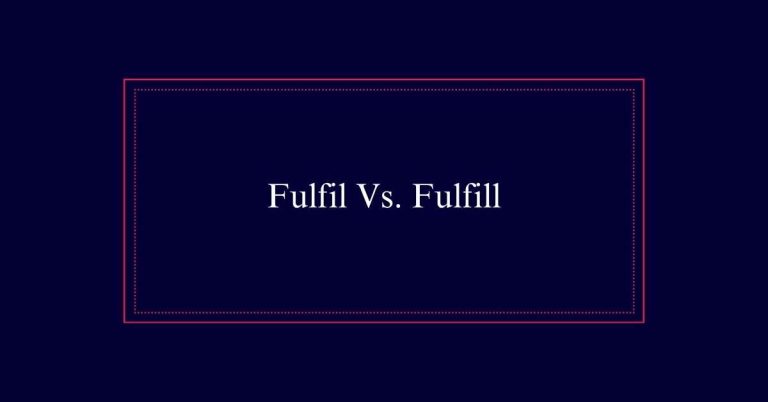
The words ‘fulfil’ and ‘fulfill’ are regional spelling variants with the same meaning. ‘Fulfill’ is preferred in American English. ‘Ful
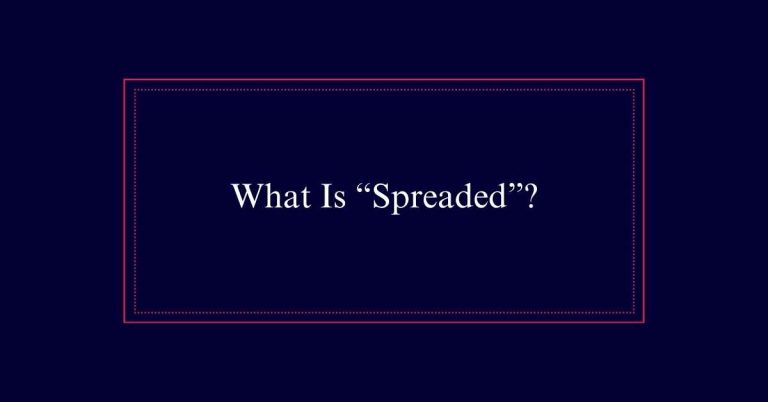
“Spreaded” is a rare, nonstandard form of the past tense of the verb “spread.” The correct past tense in English is “spread.” The use o
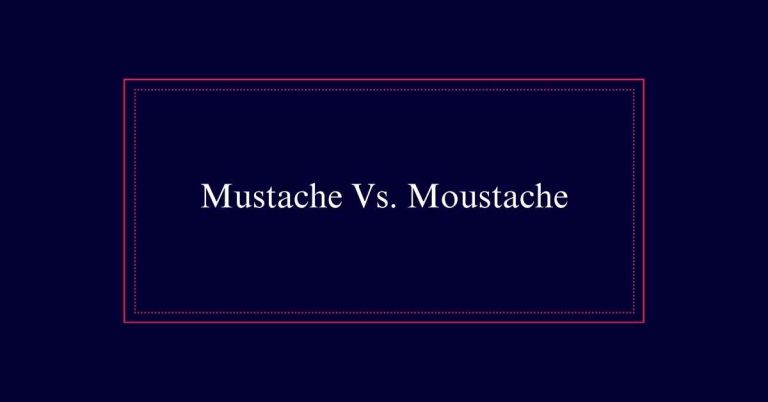
Both ‘mustache’ and ‘moustache’ are correct spellings, with ‘mustache’ mostly used in the United States and ‘moustache’ favored in the
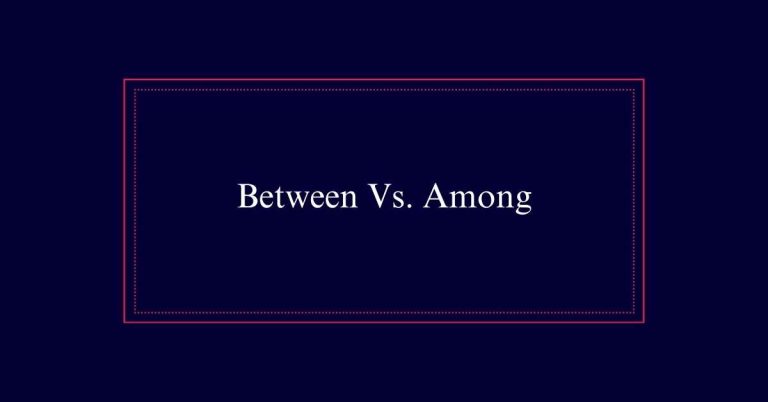
‘Between’ is used for separate elements, regardless of number, focusing on individual items or comparisons. For example, ‘The neg
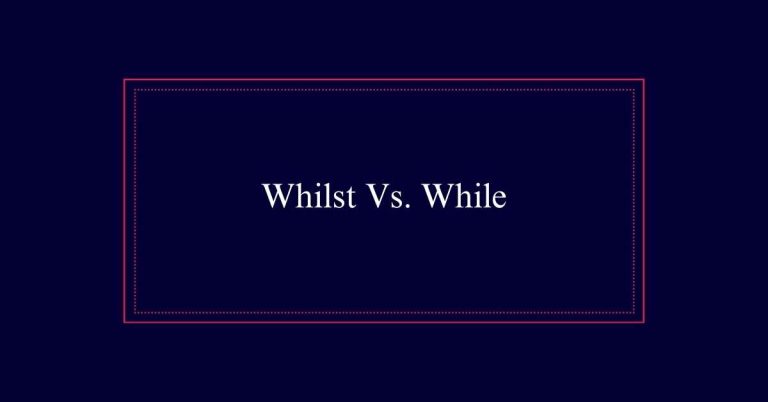
Both ‘whilst’ and ‘while’ are correct, serving as interchangeable conjunctions or adverbs to introduce simultaneous actions, such as “S
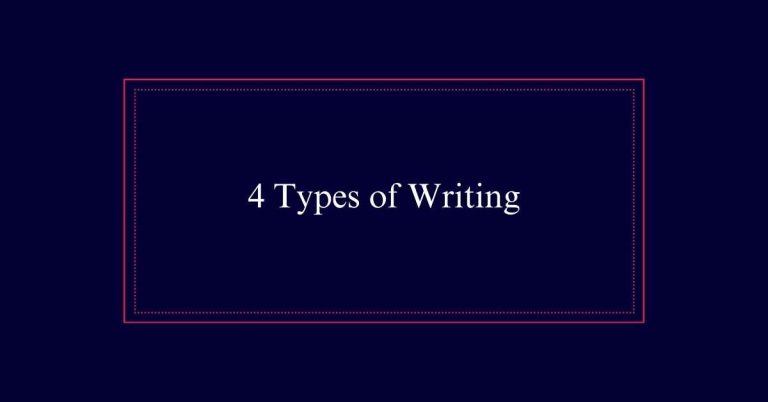
Expository writing presents factual information logically and without bias, commonly found in textbooks and manuals. Descriptive writin
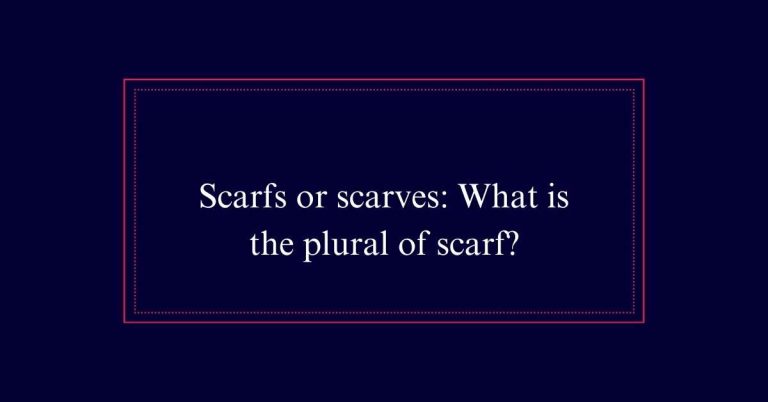
The plural of ‘scarf’ is ‘scarves,’ which is the standard and commonly accepted form when referring to the neck garment. While ‘scarfs’
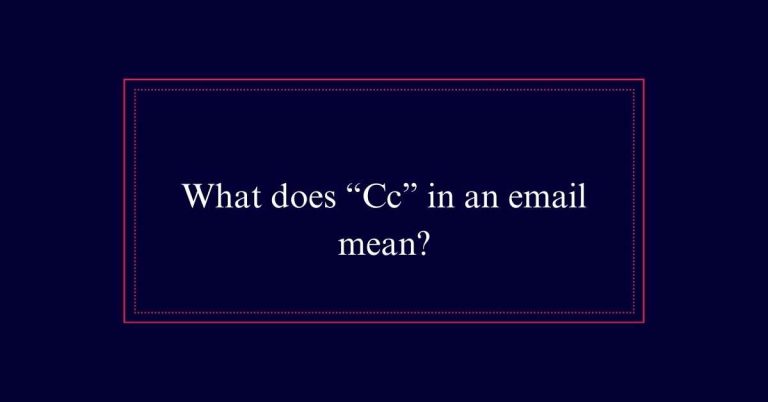
In an email, ‘Cc’ stands for ‘carbon copy.’ It lets you send a copy of your message to people who aren’t the main recipient. The Cc fie
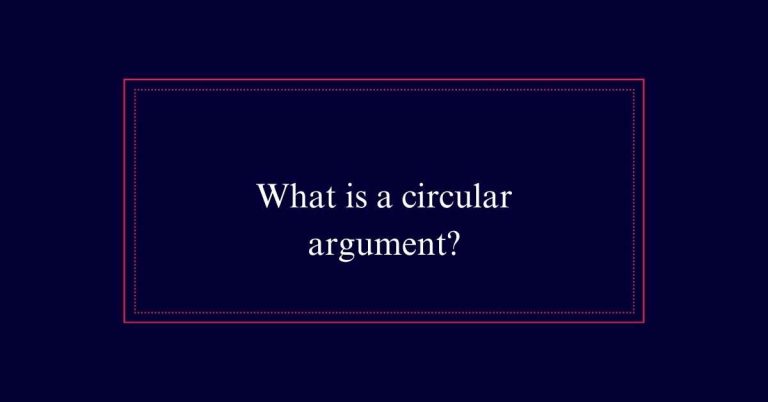
A circular argument is a logical fallacy where your conclusion is simply restated as a premise without real evidence. Basically, you’re
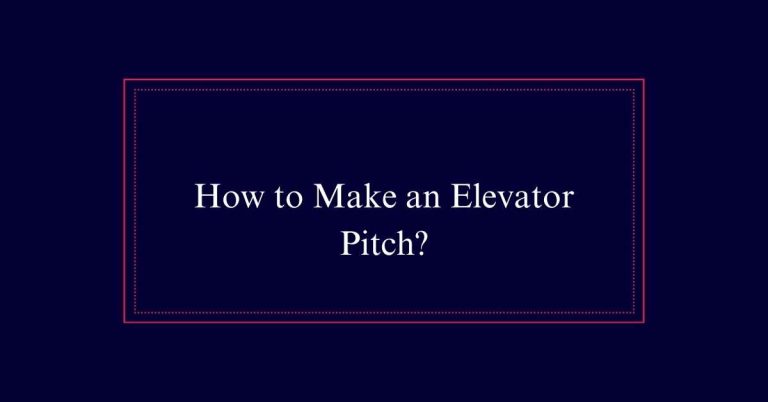
To craft an elevator pitch, start with a strong opening to grab attention. Clearly explain your value and what you offer. Wrap up with
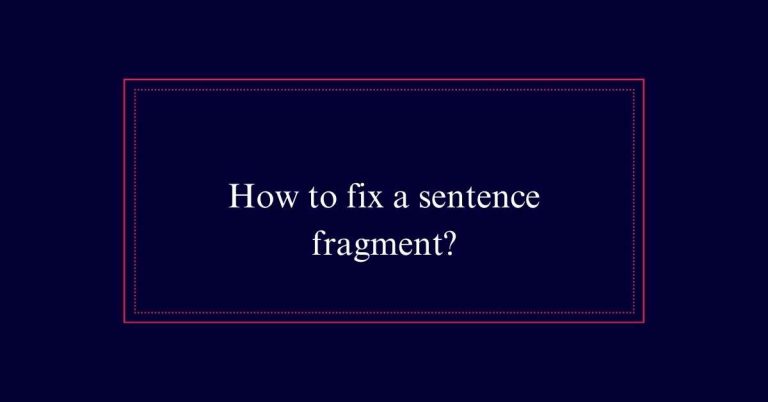
A sentence fragment occurs when it lacks a subject, a verb, or does not express a complete thought. To fix a fragment, identify what’s
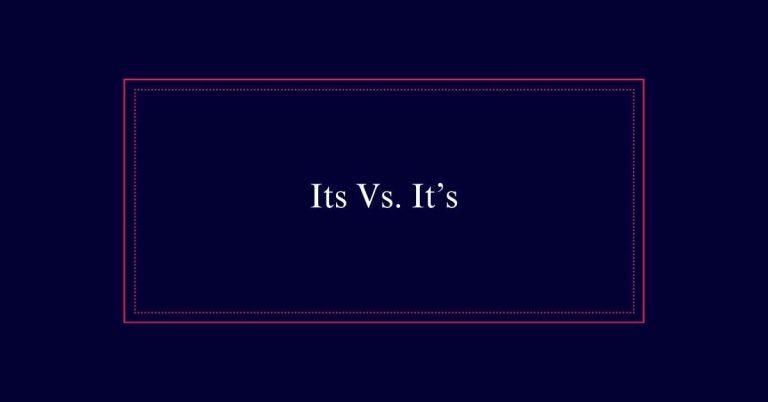
Understanding the difference between ‘its’ and ‘it’s’ is essential for clear writing. ‘Its’ is a possessive form, indicating ownership,
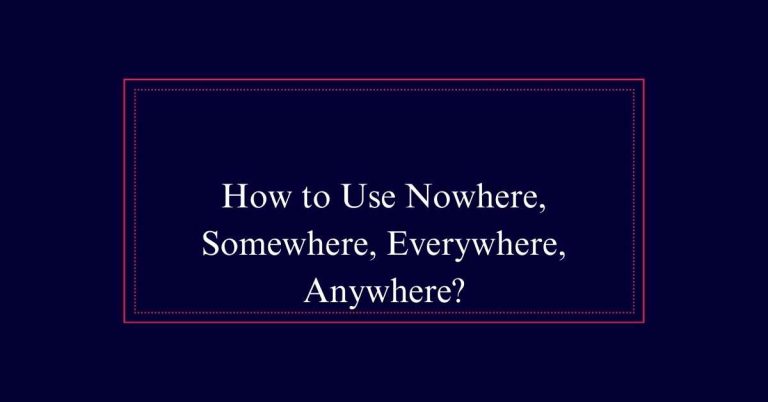
Understanding how to use ‘nowhere,’ ‘somewhere,’ ‘everywhere,’ and ‘anywhere’ is essential for effective communication. ‘Nowhere’ signi
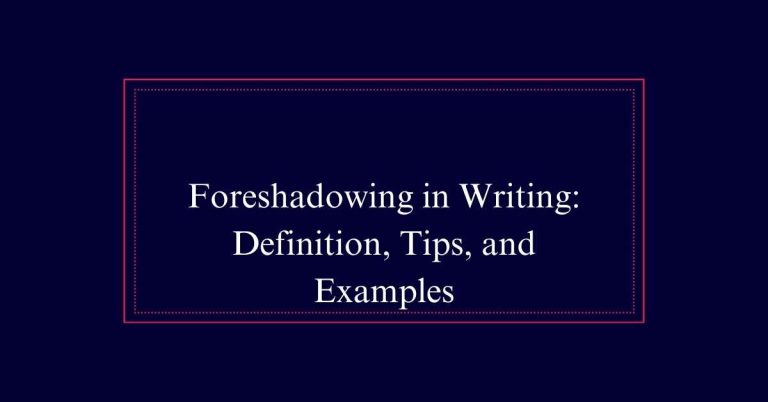
Foreshadowing is a literary device that provides readers with hints about upcoming events in a story. It can be direct, giving explicit
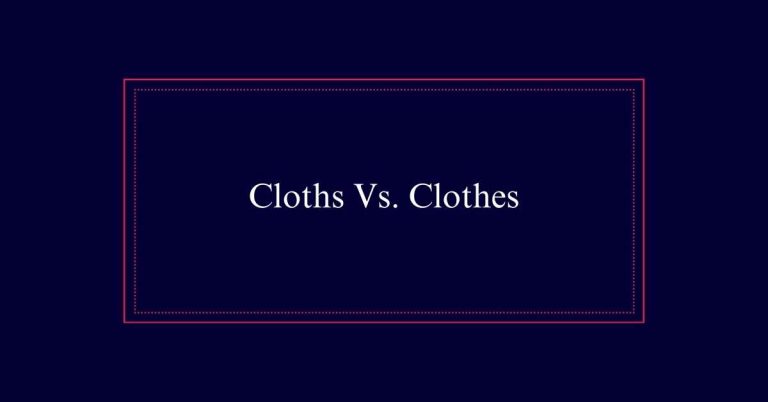
Cloths and clothes serve different purposes and have distinct meanings. Cloths are pieces of fabric used for cleaning, polishing, or co
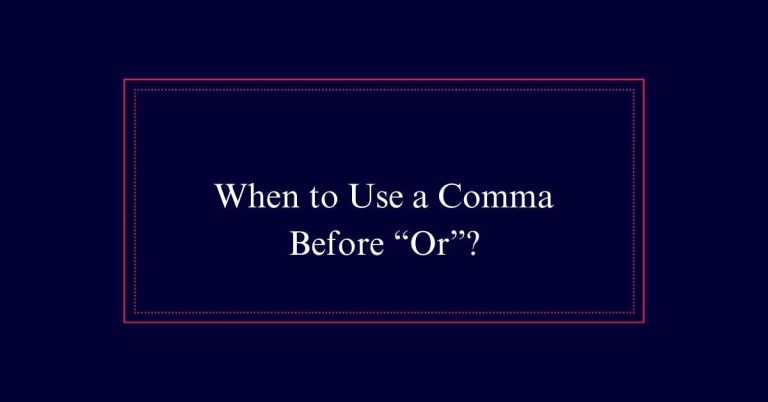
Use a comma before “or” when it separates two independent clauses—complete thoughts with their own subject and verb. For example, “We
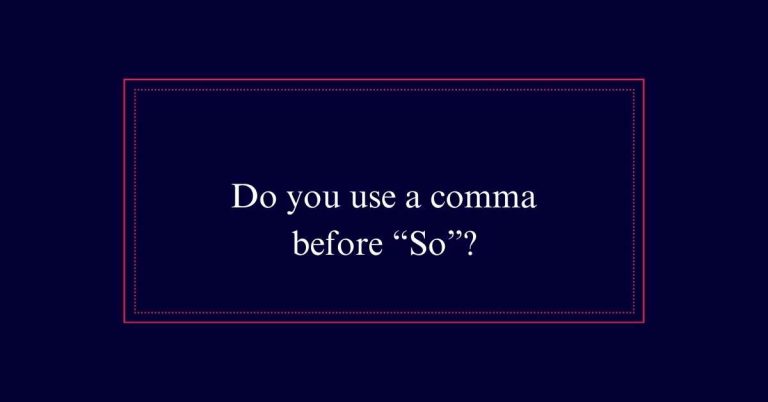
When ‘so’ is used as a coordinating conjunction to connect two independent clauses, you should place a comma before it. For example, ‘I
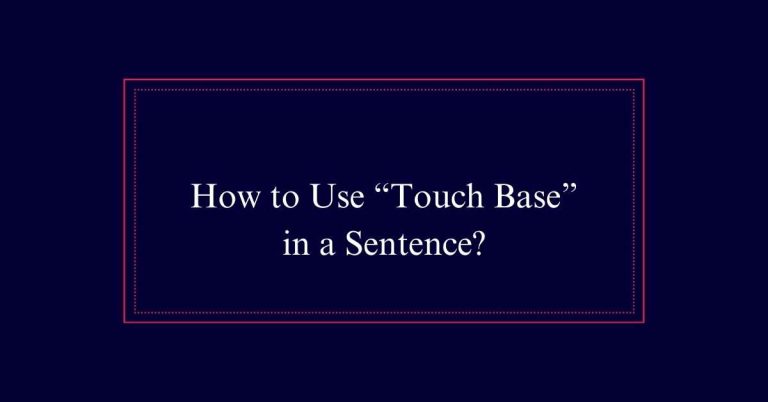
‘Touch base’ originates from baseball, where players must touch each base to score. It means to check in briefly, used in both professi
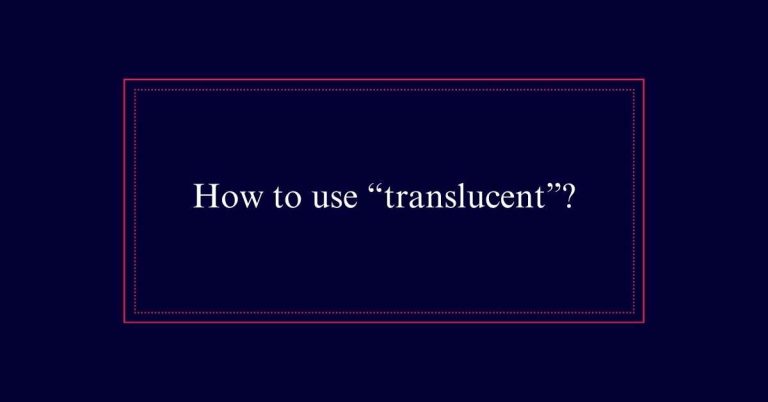
“Translucent” describes objects or substances that let light pass through but diffuse it, making details blurry, like frosted glass. It
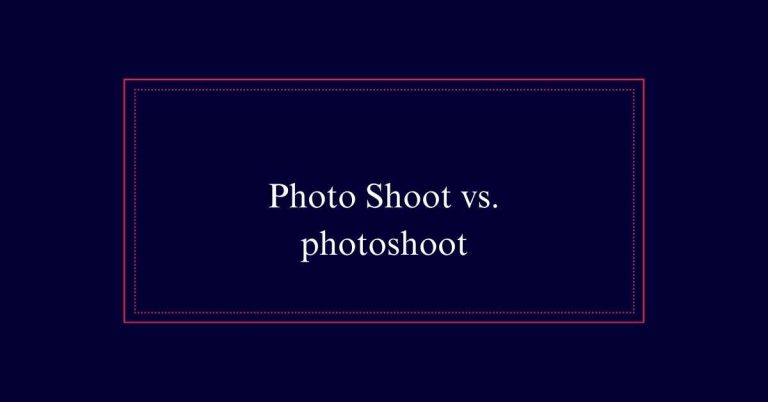
The term ‘person’ derives from Latin *persona*, initially meaning an actor’s mask. ‘People’ comes from Latin *populus*, indicating grou

The correct term to use is ‘photo shoot.’ This spelling aligns with traditional standards and is widely accepted in professional contex
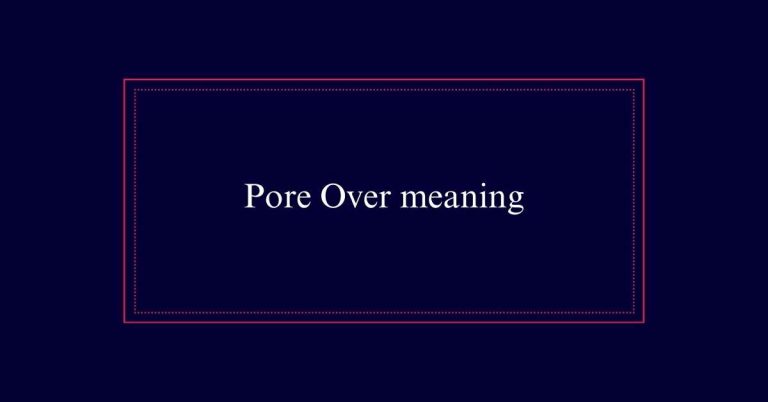
‘Pore over’ means to read or examine something with great attention and detail. This term is commonly used in academic and professional
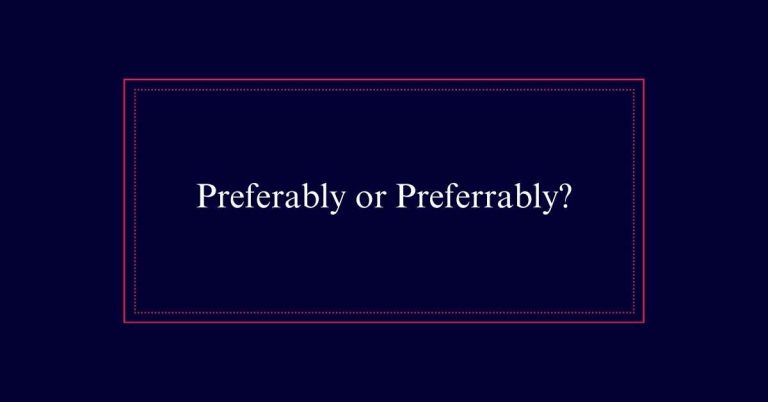
The correct spelling is ‘preferably,’ derived from the word ‘preferable.’ It stems from the Latin word ‘praeferre,’ meaning ‘to put bef
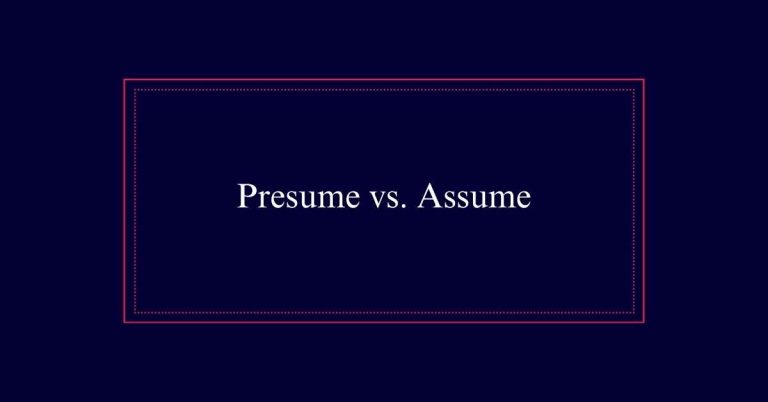
‘Presume’ and ‘assume’ both derive from Latin but differ in meaning. ‘Assume’ generally means taking something for granted without evid
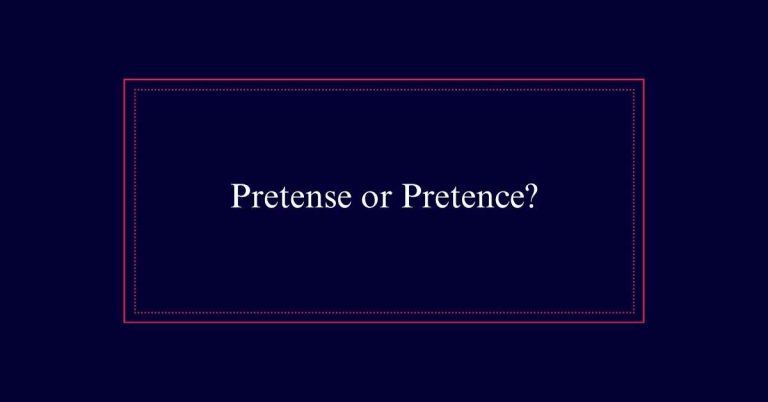
Pretense and pretence are two variations of the same word. ‘Pretense’ is commonly used in American English, while ‘pretence’ is the Bri
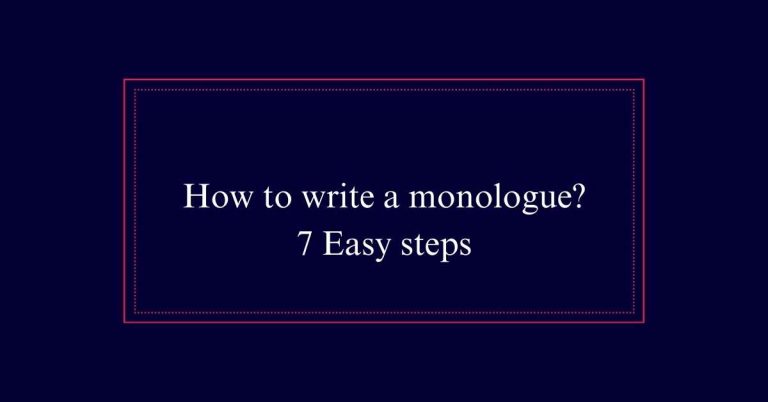
Start by understanding your monologue’s purpose. Decide if it’s revealing thoughts, driving the plot, or developing the character. Next
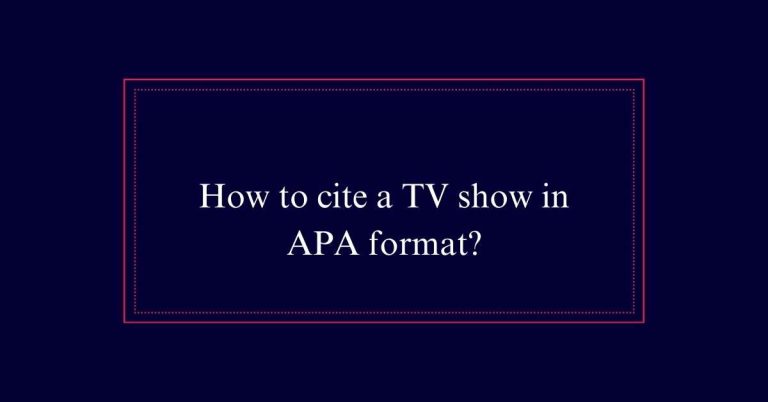
To cite a TV show in APA format, list writers and directors individually with their roles in parentheses such as ‘(Writer)’ or ‘(Direct
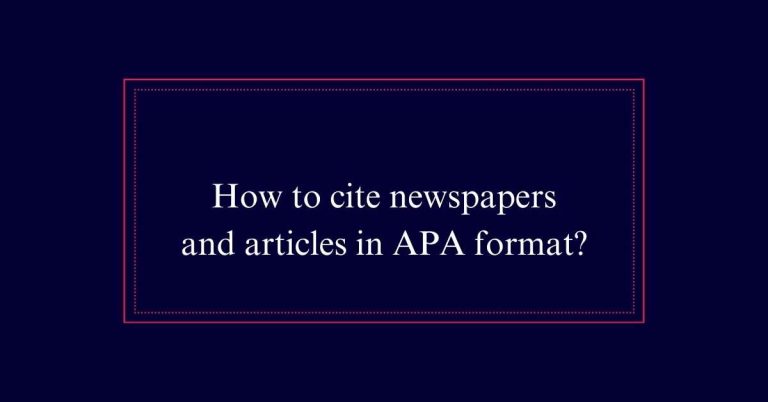
Citing newspapers and other articles in APA format involves specific steps. For print newspapers, start with the author’s last name and
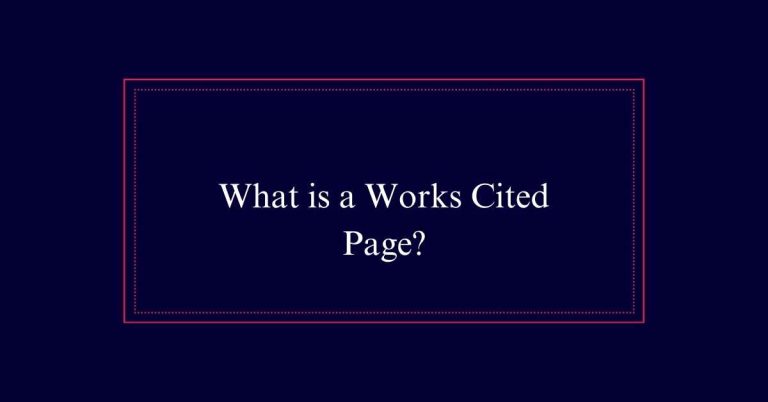
A Works Cited page is a detailed list of all sources referenced in a research paper, essential for verifying information and ensuring r
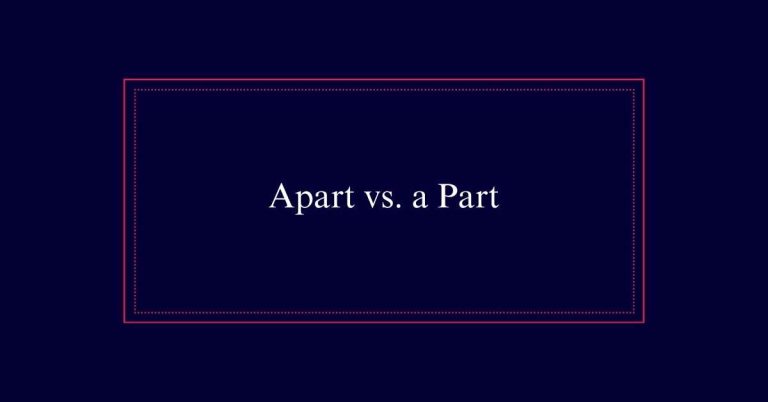
‘Apart’ and ‘a part’ are often confused, but they have distinct meanings. ‘Apart’ is an adverb indicating separation or distance, such
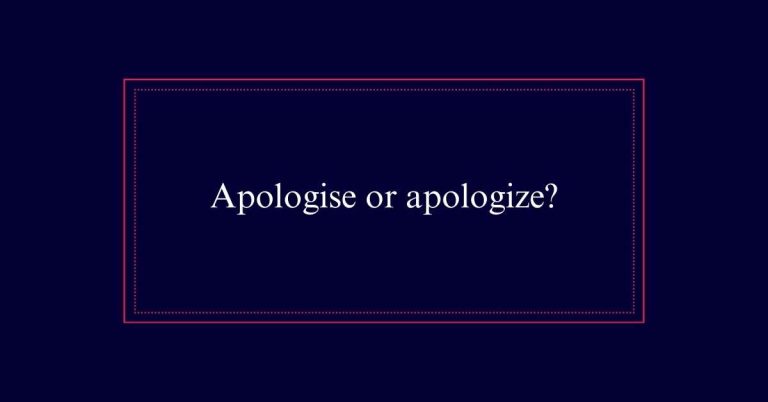
The choice between ‘apologise’ and ‘apologize’ depends on your audience. ‘Apologize’ is the preferred spelling in American English, ali
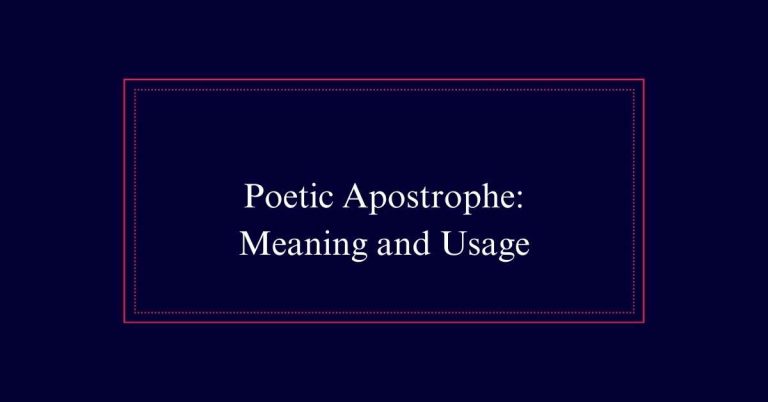
Poetic apostrophe is a literary device where the speaker addresses absent persons, abstract ideas, or inanimate objects. This technique
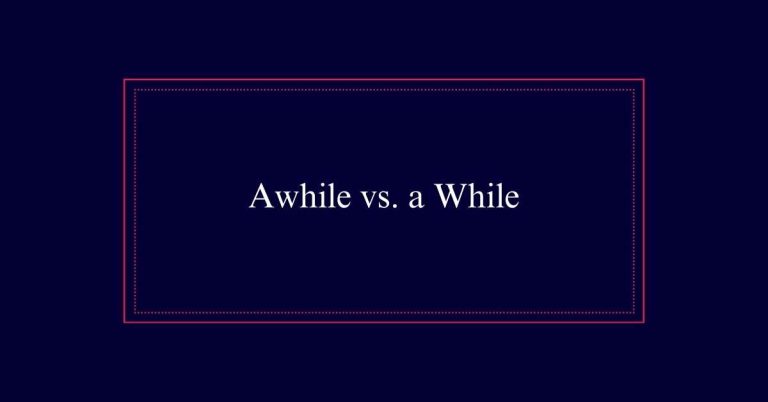
‘Awhile’ and ‘a while’ have distinct uses. ‘Awhile’ is an adverb meaning ‘for a period of time,’ modifying verbs and does not require a
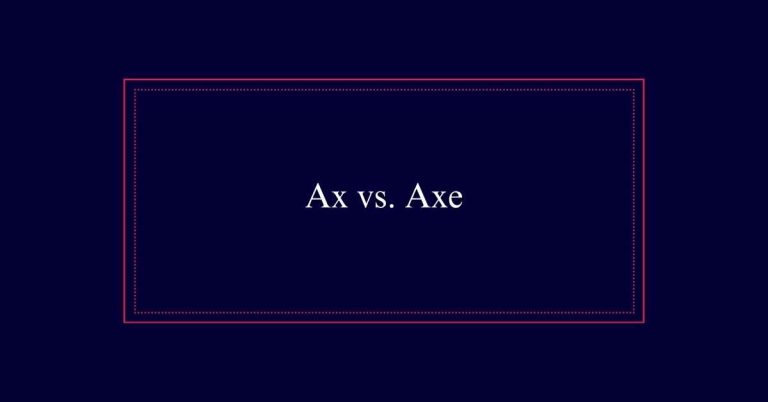
The primary difference between “ax” and “axe” is regional spelling. “Ax” is the American English form, while “axe” is preferred in Brit
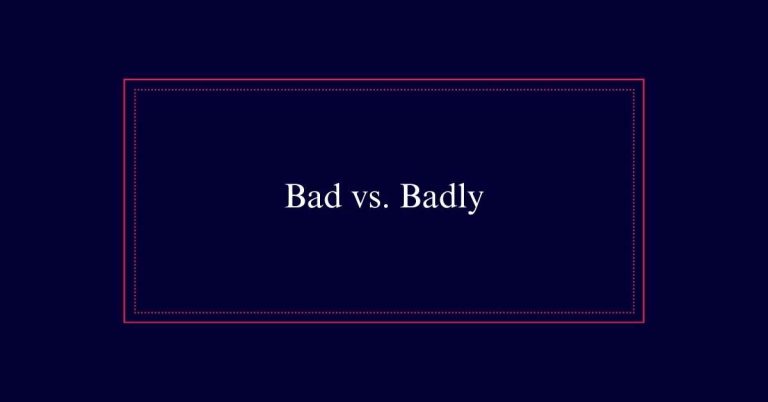
The difference between ‘bad’ and ‘badly’ lies in their grammatical roles. ‘Bad’ is an adjective used to describe nouns, indicating the
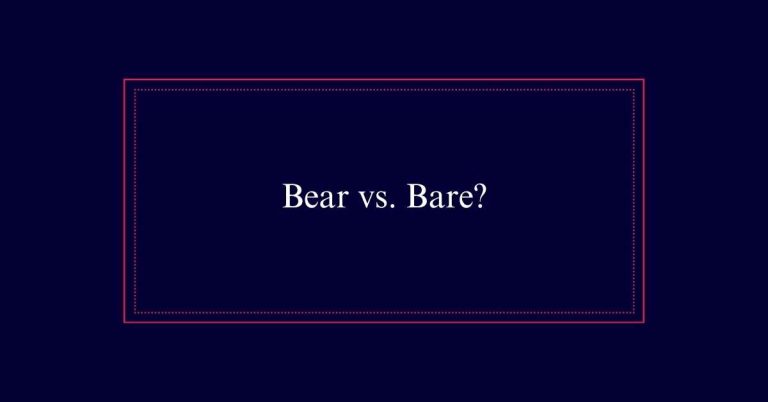
‘Bear’ and ‘bare’ sound alike but have different meanings. ‘Bear’ is a verb that means to tolerate, carry, or endure. For example, “Bea
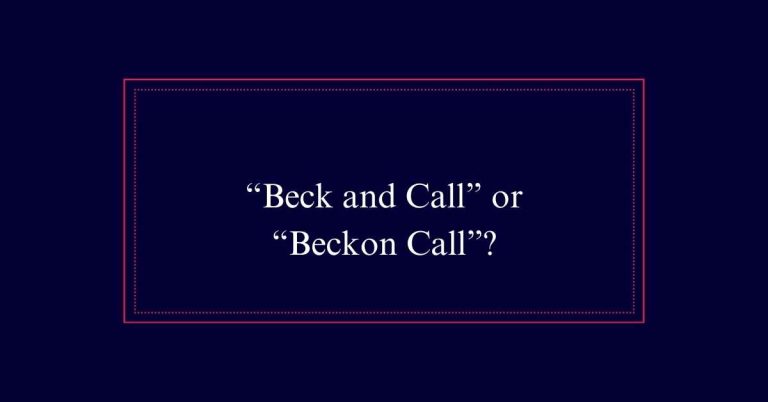
The correct phrase is ‘beck and call,’ not ‘beckon call.’ ‘Beck and call’ means being ready to respond immediately to someone’s command
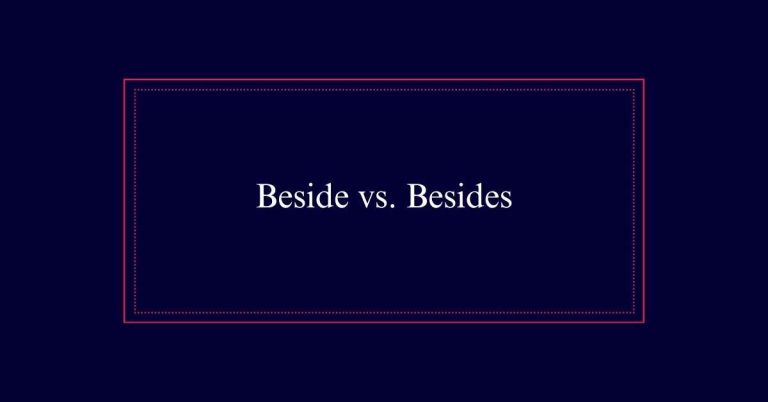
Understanding when to use ‘beside’ versus ‘besides’ is key for precise communication. ‘Beside’ refers to physical location, meaning ‘ne
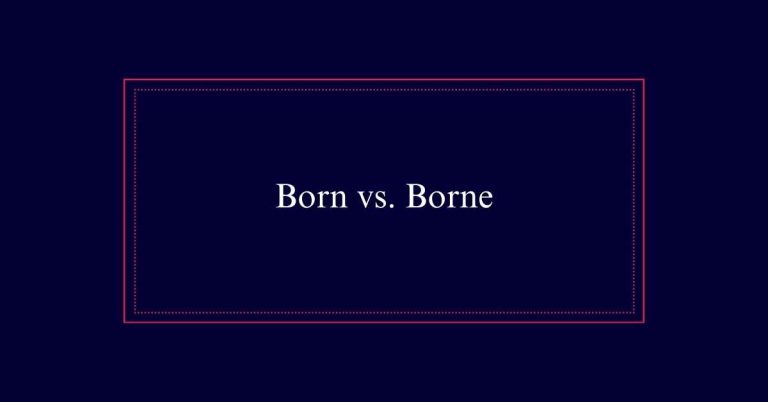
The difference between ‘born’ and ‘borne’ stems from the verb ‘bear.’ ‘Born’ is used strictly for birth-related contexts. It describes
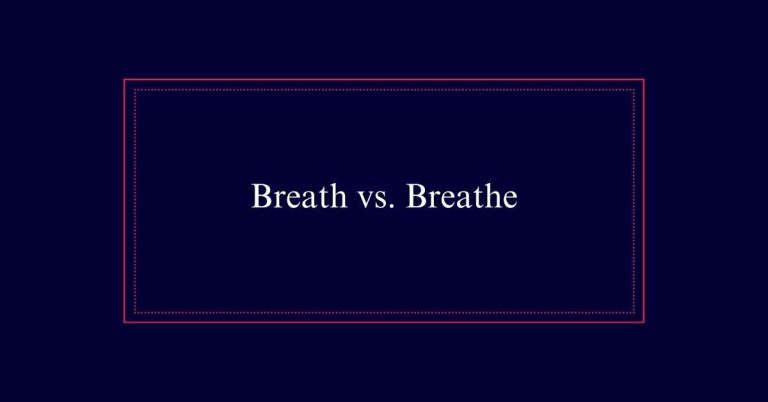
The main difference between ‘breath’ and ‘breathe’ lies in their use and spelling. ‘Breath’ is a noun, referring to the air you inhale
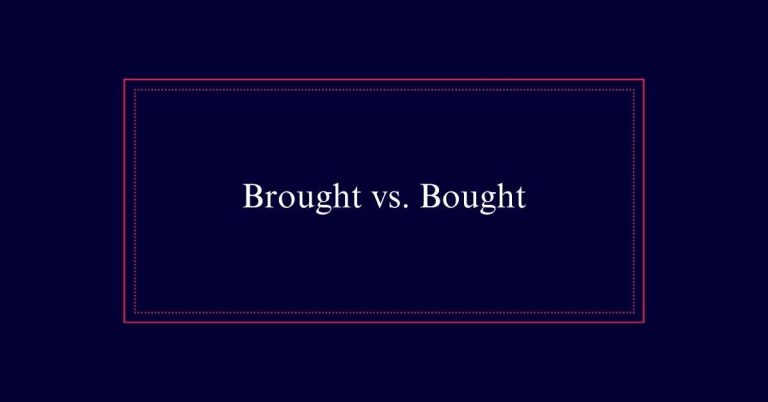
Understanding the difference between ‘brought’ and ‘bought’ is essential for effective communication. ‘Brought’ means to carry somethin

‘Burnt’ and ‘burned’ are variations of the past tense of the verb ‘burn.’ In American English, ‘burned’ is preferred for past actions,
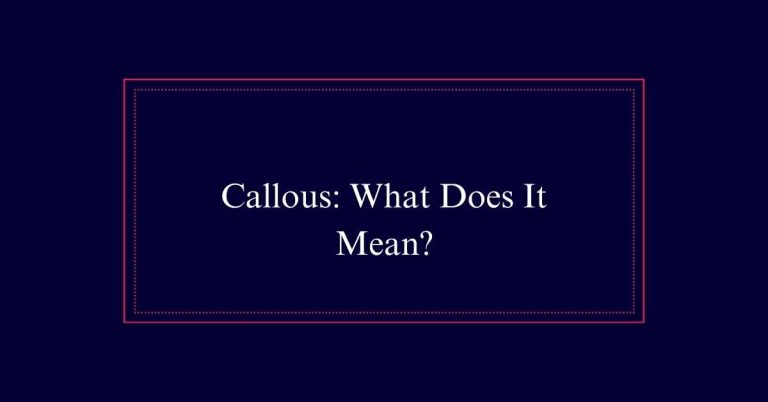
The term ‘callous’ has both physical and emotional connotations. Physically, it refers to toughened, thickened skin formed from repeate
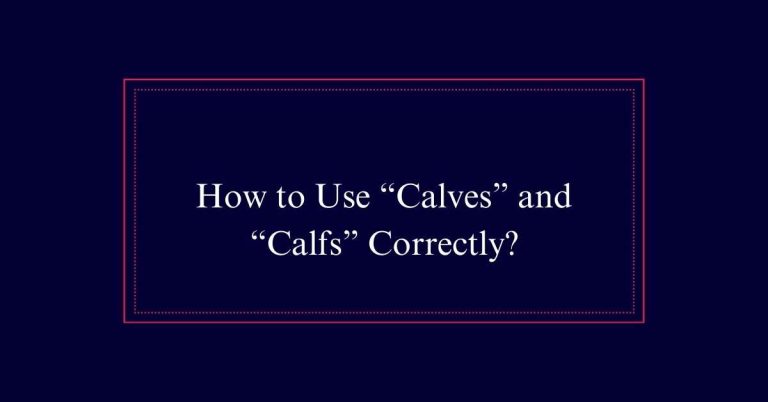
‘Calves’ and ‘calfs’ are used differently based on context. ‘Calves’ is the dominant plural form of ‘calf’ when referring to young mamm
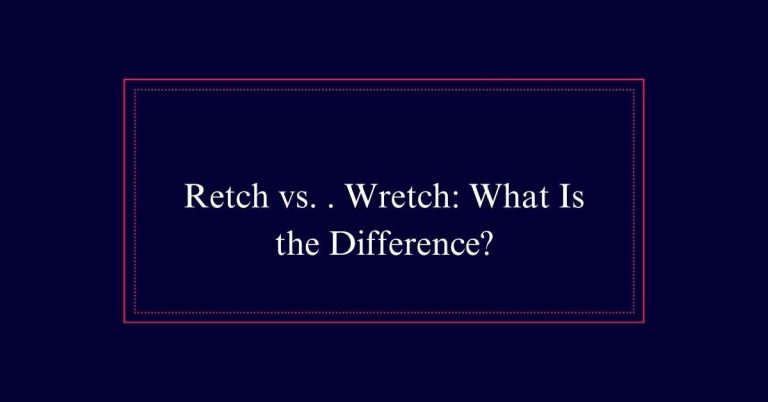
‘Retch’ and ‘wretch’ have distinct meanings and should not be confused. ‘Retch’ comes from Middle and Old English ‘hræcan’ and refers
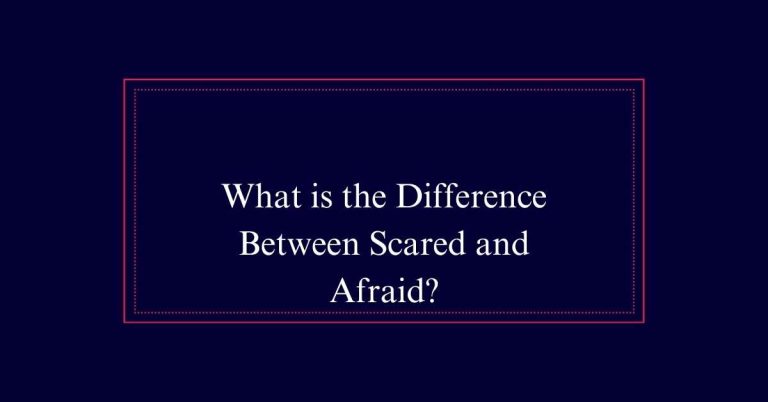
‘Scared’ and ‘afraid’ both describe feelings of fear, but they have different connotations. ‘Scared’ often refers to an immediate, visc
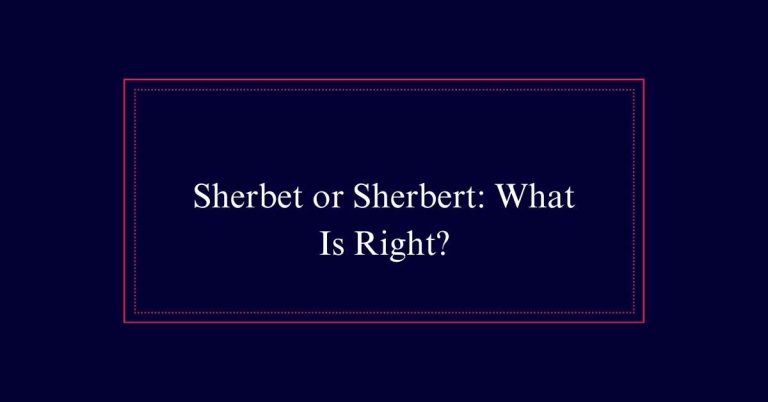
The correct spelling is ‘sherbet,’ which historically refers to a cooling drink in South and West Asia, made with water, flower petals,
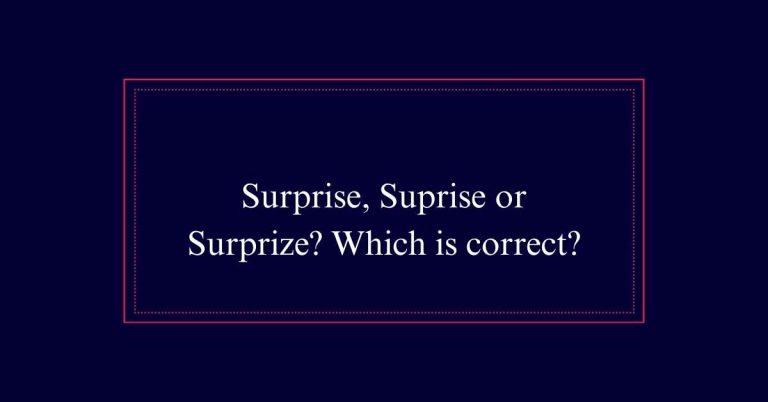
The correct spelling is ‘surprise.’ ‘Suprise’ is a common misspelling, often due to the silent first ‘s.’ ‘Surprize’ is an outdated var
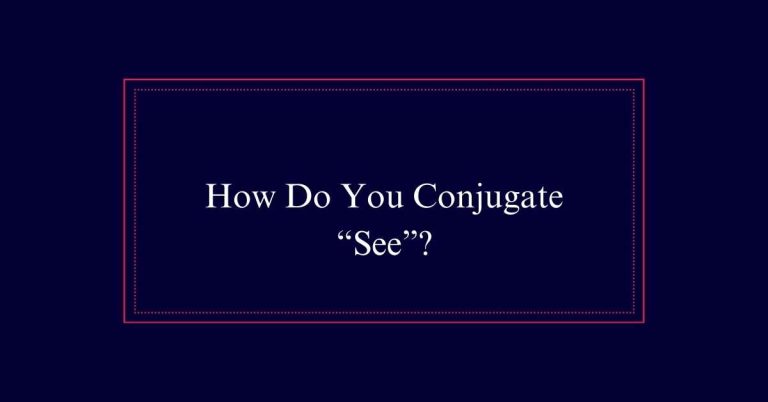
The verb ‘see’ is irregular and follows unique conjugation patterns. In the present tense, it remains ‘see’ for most subjects, but chan
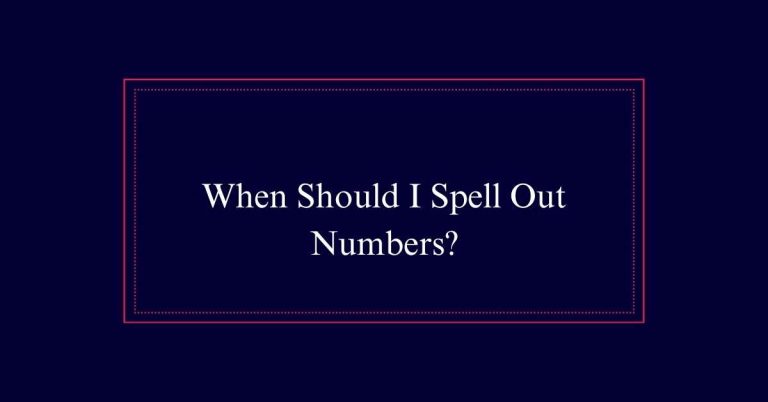
In professional writing, spell out numbers less than ten for consistency and readability. For example, use ‘three experiments’ rather t
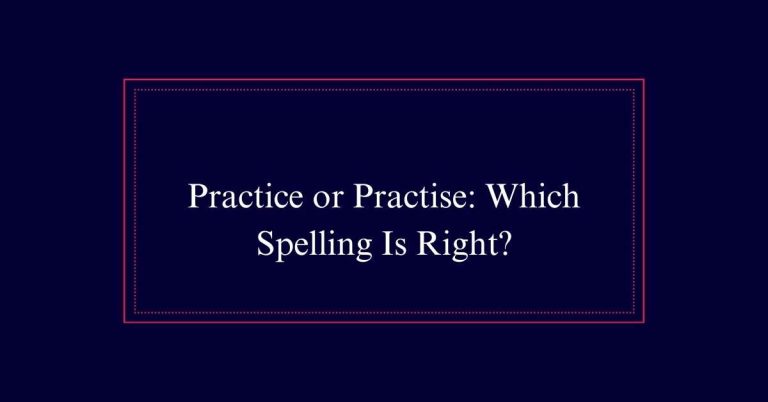
The correct spelling of ‘practice’ or ‘practise’ depends on regional conventions. In American English, ‘practice’ is used for both noun
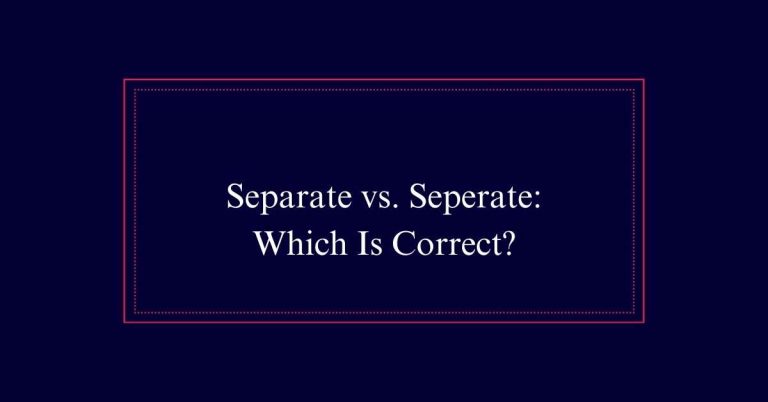
The correct spelling is ‘separate,’ distinguished by its vowel symmetry (e-a-a-e). ‘Seperate’ is a common misspelling that can undermin
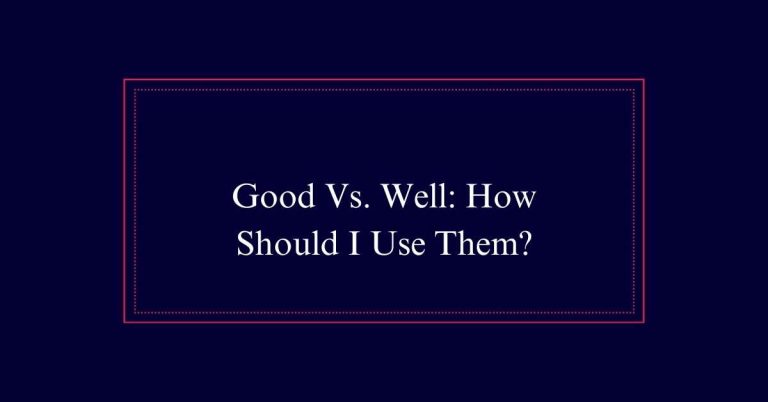
‘Good’ is an adjective used to describe nouns, such as people, places, or things. For example, “She is a good teacher.” It can also des
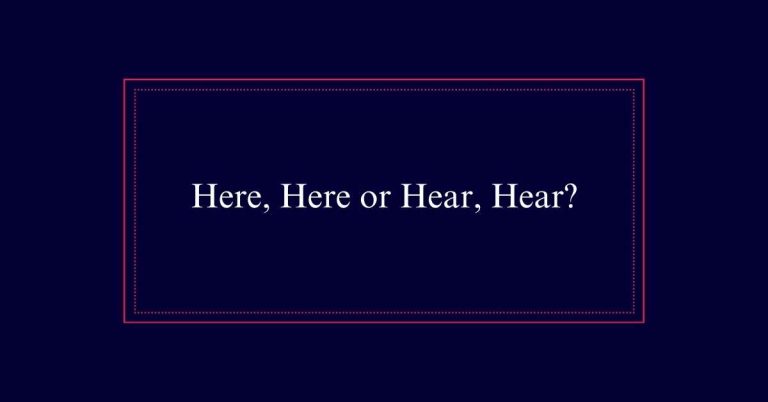
‘Hear, hear’ is the correct expression to use when showing agreement or support. The phrase originated in the late 17th century as ‘hea
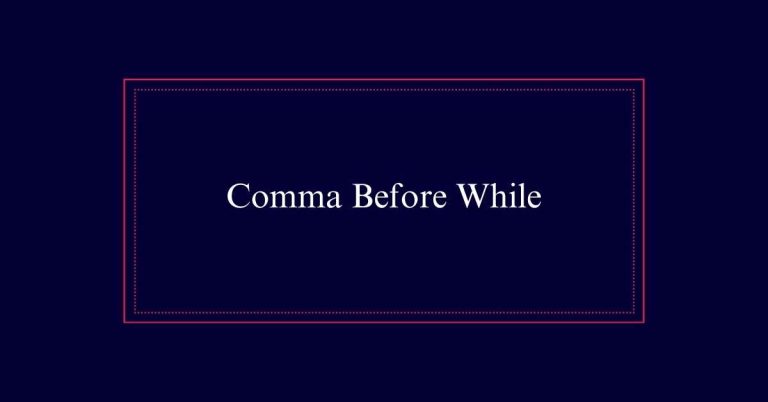
The placement of a comma before ‘while’ depends on its usage. If ‘while’ indicates simultaneous actions, omit the comma: ‘I worked on m
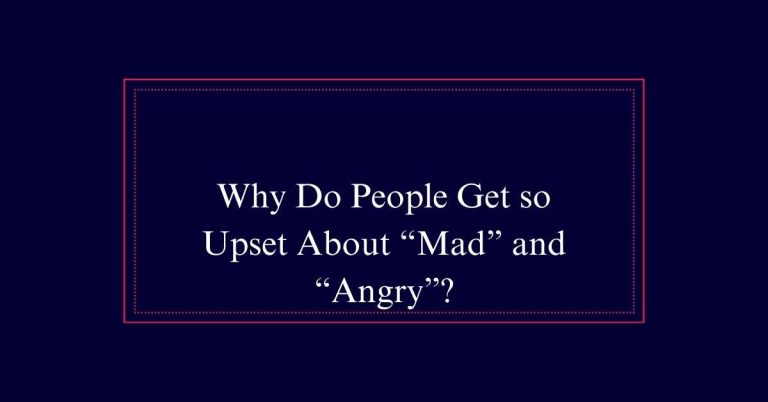
People get upset about the terms “mad” and “angry” due to their historical and cultural complexities. “Mad” originated in Old English,
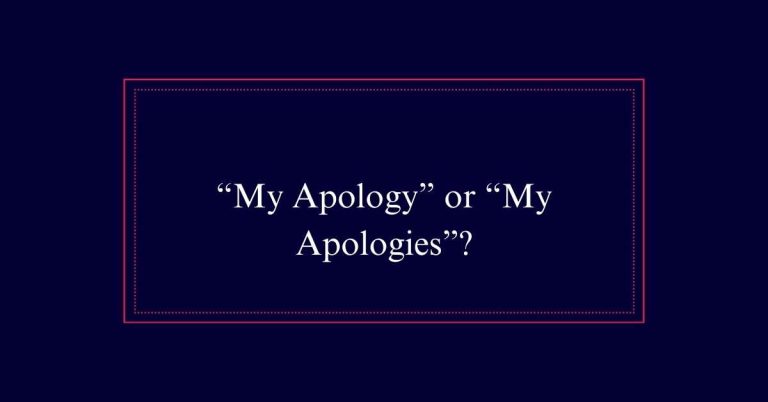
Choosing between ‘my apologies’ and ‘my apology’ depends on the context. ‘My apologies’ expresses remorse and is used in both formal an
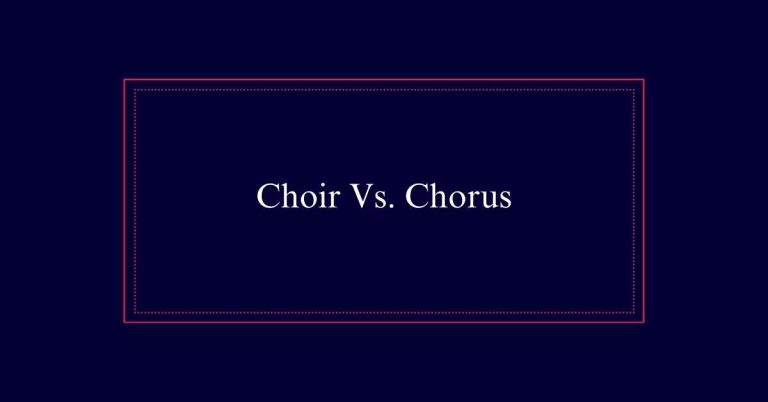
A choir is an organized group of singers that typically performs vocal music in unison or harmony. They are often found in places like
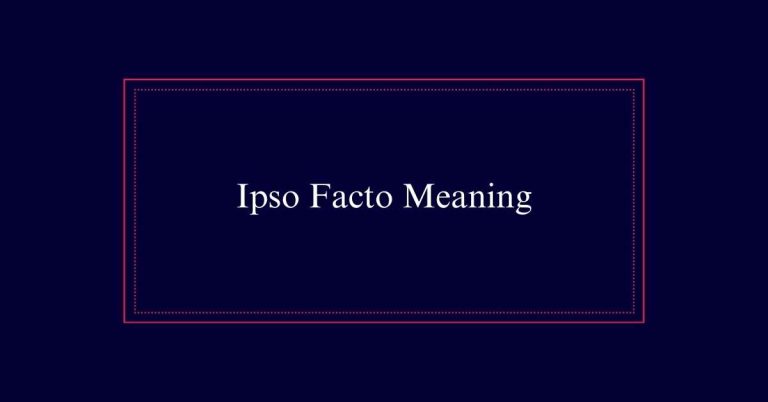
The term ‘ipso facto’ is a Latin phrase that means ‘by the fact itself.’ It describes a situation where a specific fact or action inher
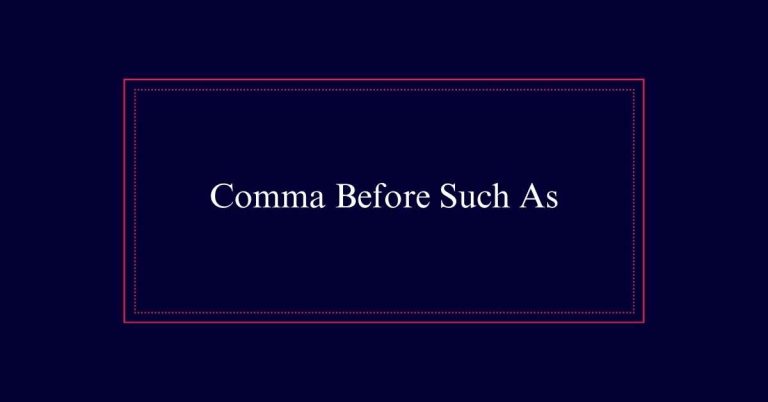
Place a comma before ‘such as’ to introduce nonrestrictive information that can be removed without altering the sentence’s core meaning
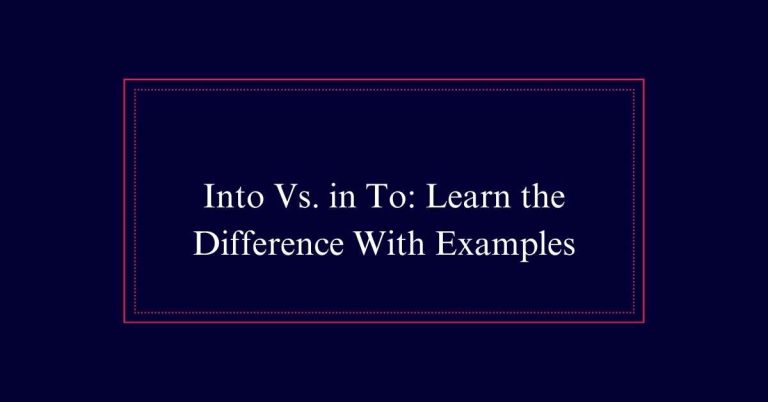
“Into” and “in to” serve different purposes in sentences. “Into” is a preposition indicating movement or transformation, often used to
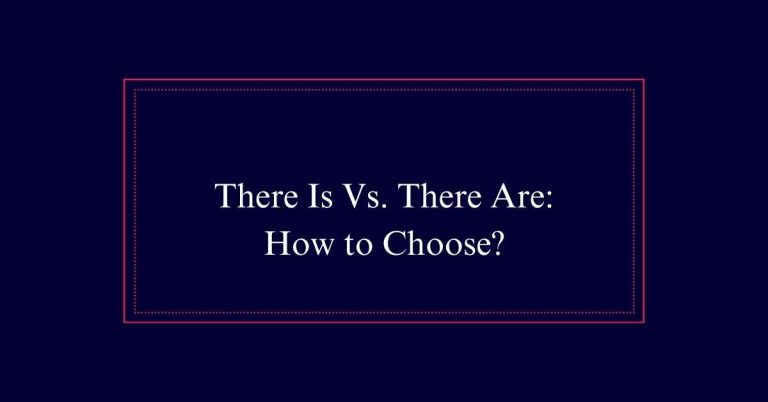
Choosing between ‘there is’ and ‘there are’ depends on subject-verb agreement with the noun that follows. Use ‘there is’ for singular n
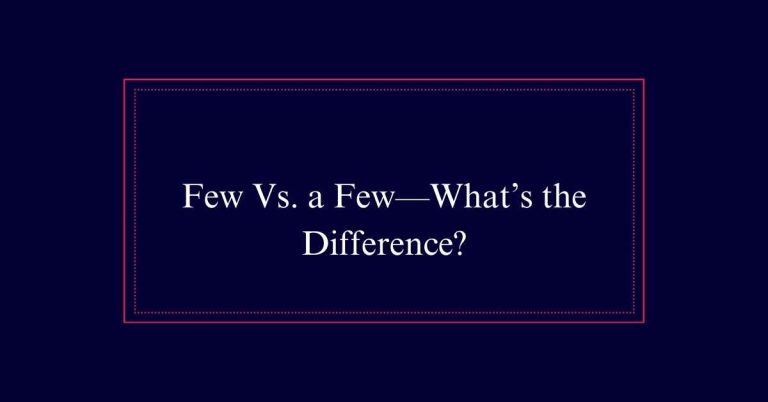
The phrases ‘few’ and ‘a few’ may seem similar but convey different meanings. ‘Few’ suggests a very small, insufficient number, often c
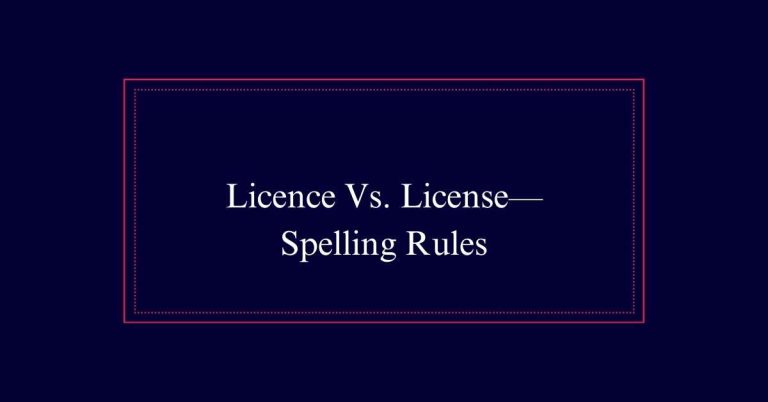
The difference between ‘licence’ and ‘license’ lies primarily in regional spelling conventions. In American English, ‘license’ serves a
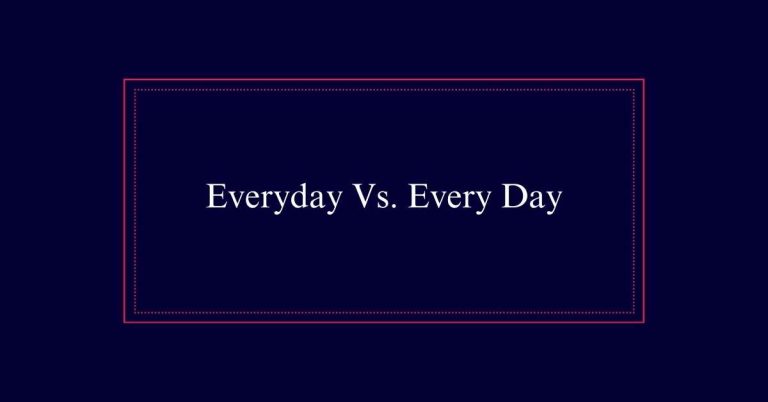
‘Everyday’ is an adjective describing routine or common items, like in ‘everyday clothing.’ It highlights the ordinary nature of things
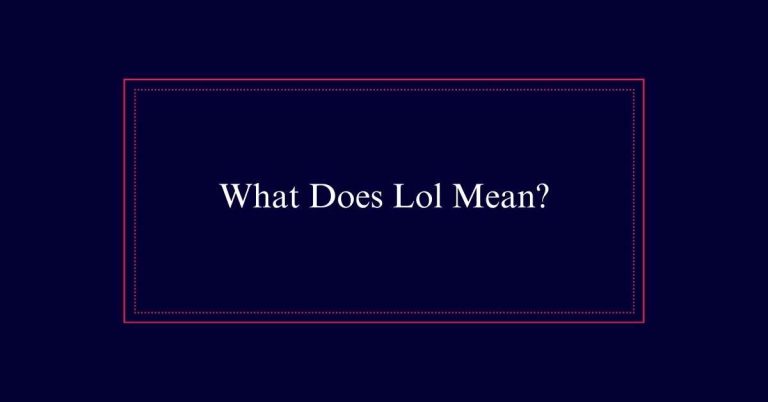
‘LOL’ stands for ‘laugh out loud’ and originated in the 1980s. Initially used to indicate genuine laughter, it has evolved in digital c
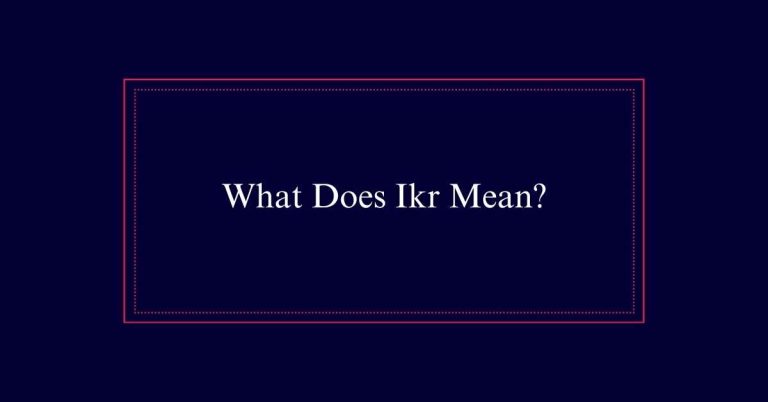
‘Ikr’ stands for ‘I know, right’ and is used to express strong agreement or shared disbelief, often in digital communication. This abbr
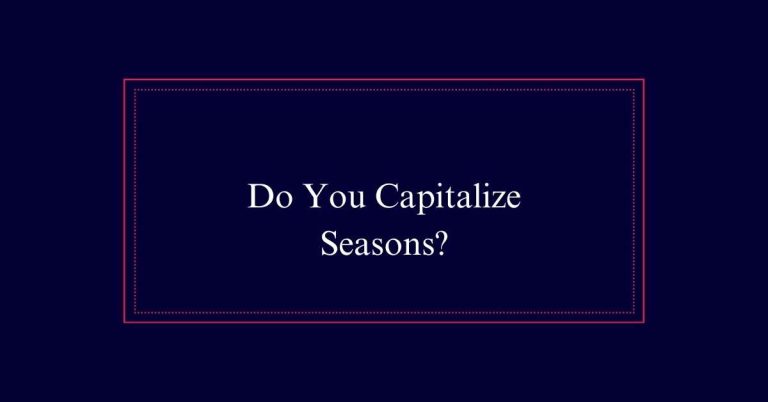
Generally, seasons such as winter, spring, summer, and fall should not be capitalized since they are common nouns. This practice guaran
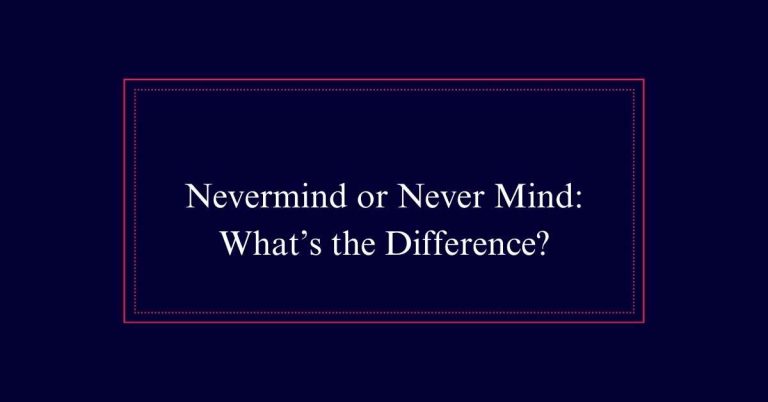
The difference between ‘nevermind’ and ‘never mind’ lies in their use and meanings. ‘Never mind’ is more common and acts as an interjec
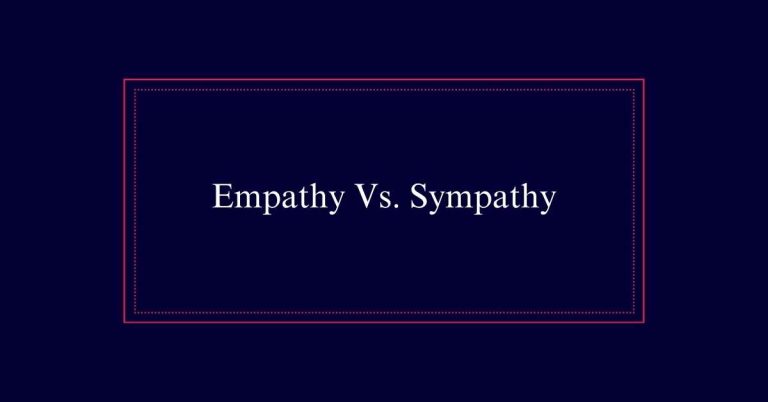
Empathy and sympathy both involve connecting with others’ emotions, but they differ in depth. Sympathy, originating from Greek ‘syn’ an
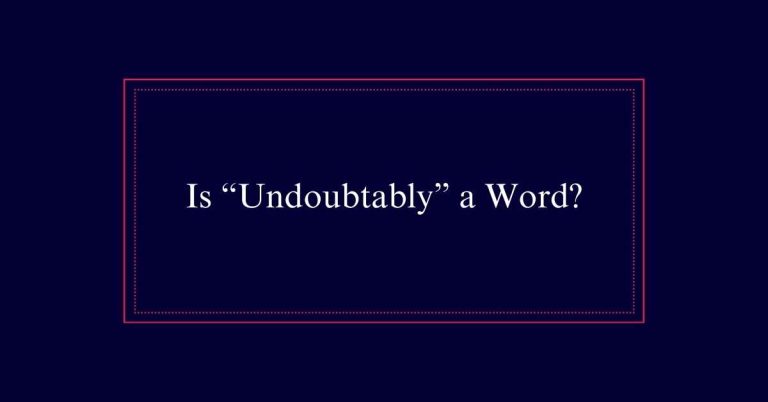
Yes, “undoubtably” is a word, although it is less common than “undoubtedly” or “indubitably.” “Undoubtably” is an adverb that conveys a
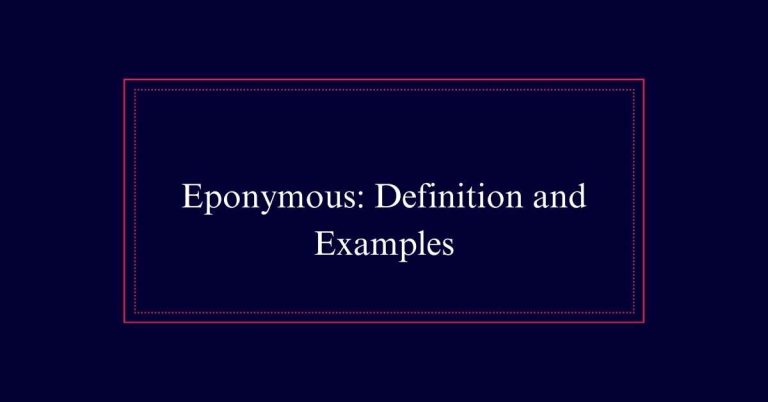
Eponymous means something named after a person, place, or entity, showcasing a direct link between the name and its origin. The term de
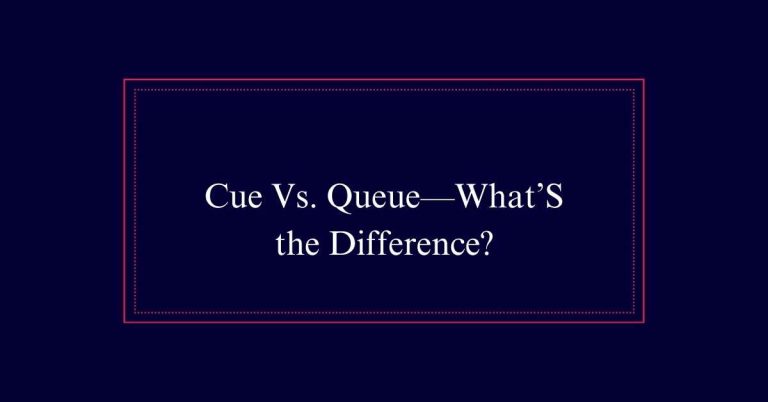
“Cue” and “queue” are homophones with different meanings. “Cue” refers to a signal or prompt for action, often used in theater, psychol
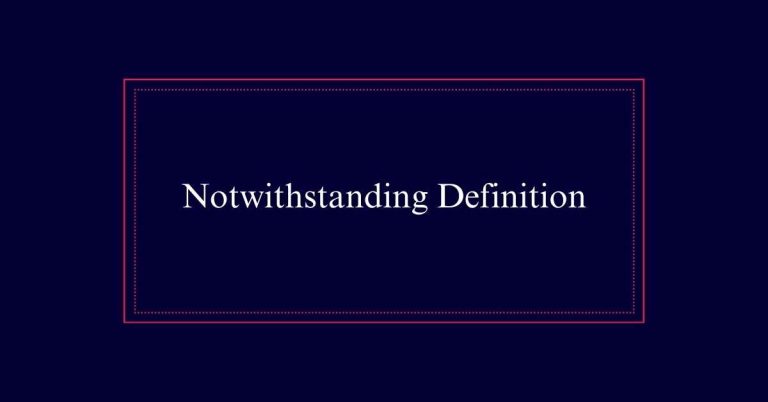
“Notwithstanding” is a multifaceted word used as a preposition, adverb, and conjunction. It indicates contrast or introduces a statemen
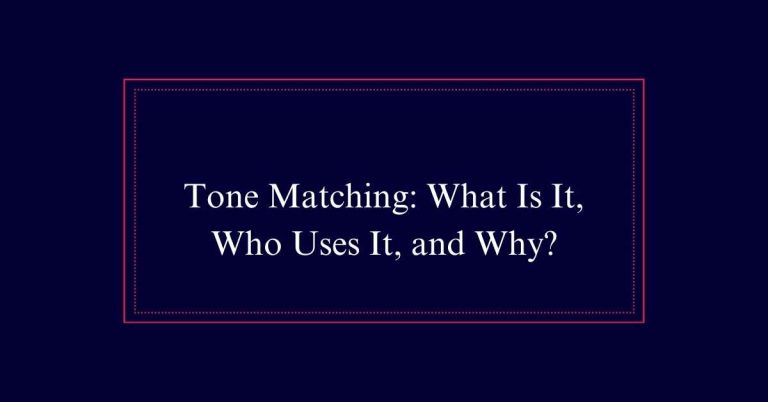
Tone matching is the practice of adjusting one’s communication style to align with another’s emotional cues and tone. This technique is
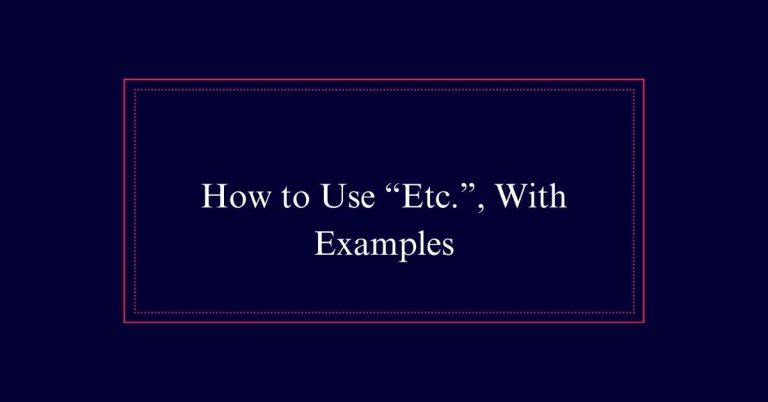
Using “etc.” (et cetera) helps to make your writing concise by indicating additional items in the same category. For example: “We need
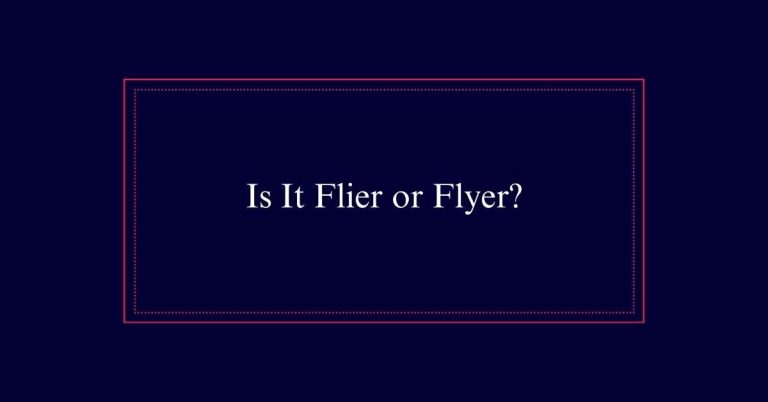
The choice between ‘flier’ and ‘flyer’ often depends on context and regional preferences. In American English, ‘flyer’ is commonly used
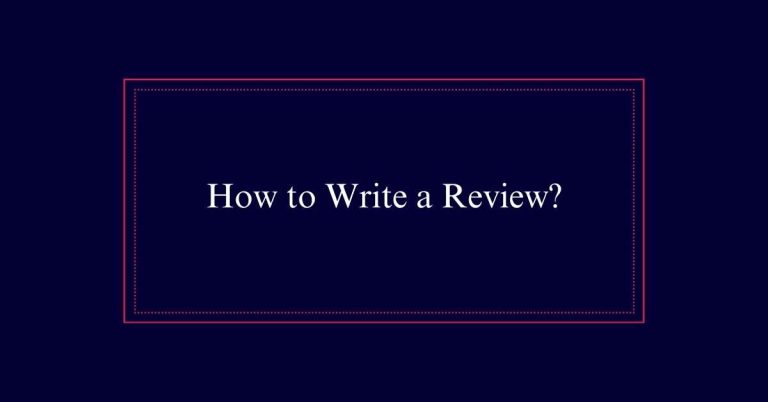
To write an effective review, start by establishing a clear thesis that will guide the review. Maintain your focus by aligning your mai
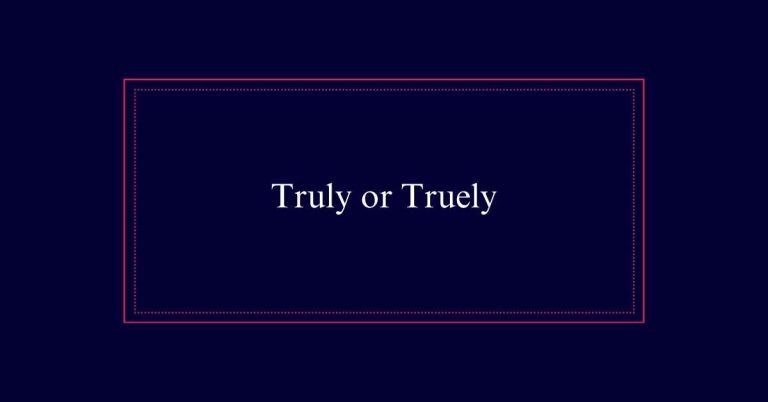
‘Truly’ is the correct spelling of the adverb form of ‘true.’ Adjectives ending in ‘e’ typically drop the ‘e’ when transformed into adv
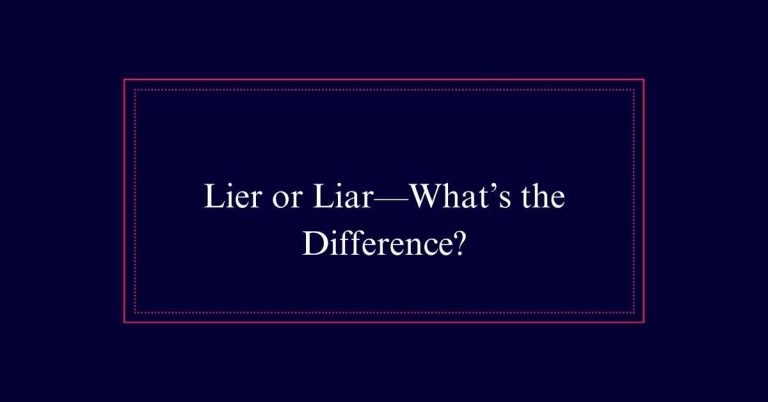
‘Lier’ and ‘liar’ have different meanings and uses. ‘Liar’ describes someone who tells lies and is untrustworthy, originating from Old
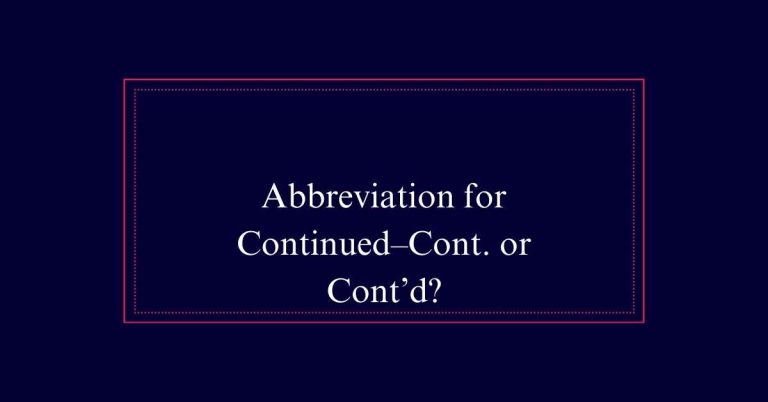
The abbreviation ‘cont.’ is the preferred form for ‘continued,’ as recommended by the Chicago Manual of Style. This abbreviation is wid
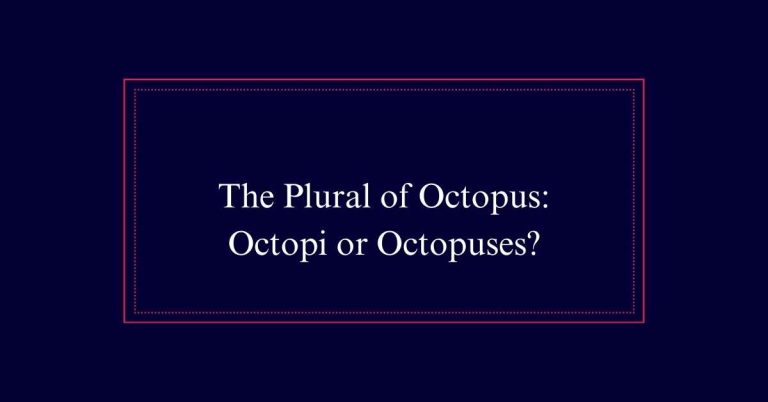
The plural of ‘octopus’ can be ‘octopuses,’ ‘octopi,’ or ‘octopodes.’ ‘Octopuses’ is the most widely accepted form in English, adhering
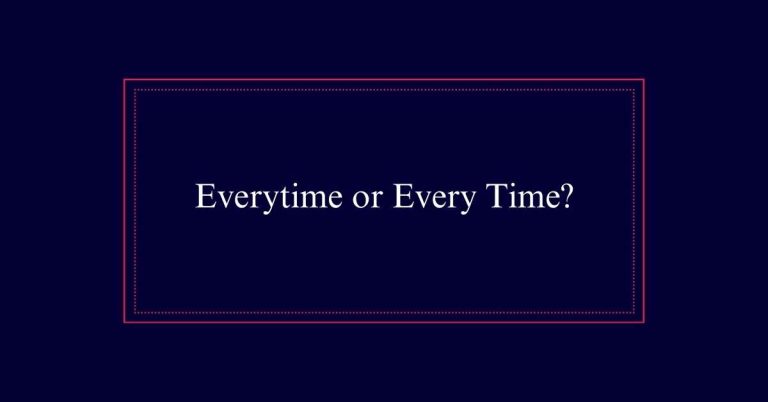
‘Everytime’ is a common mistake, but it is not correct in English. The accurate form is ‘every time,’ which separates into two words to
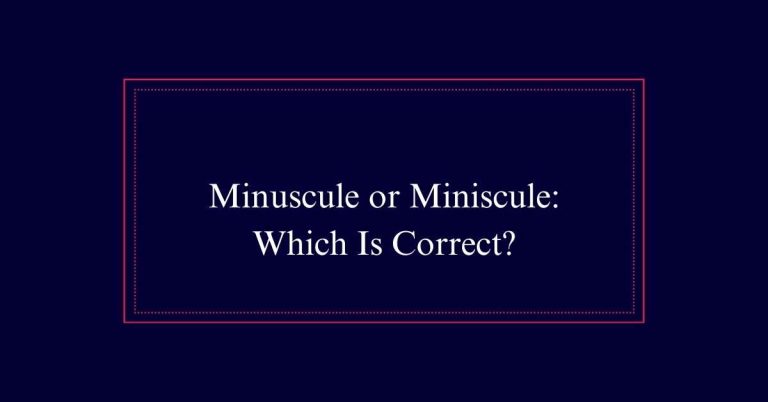
The correct spelling traditionally is ‘minuscule,’ derived from the Latin word ‘minusculus,’ meaning very small. ‘Minuscule’ is commonl
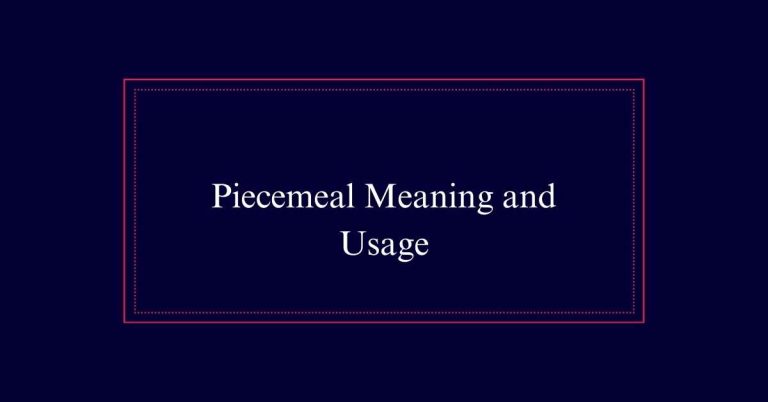
“Piecemeal” refers to actions or processes completed in small, incremental steps. This approach is often used to manage complex tasks o
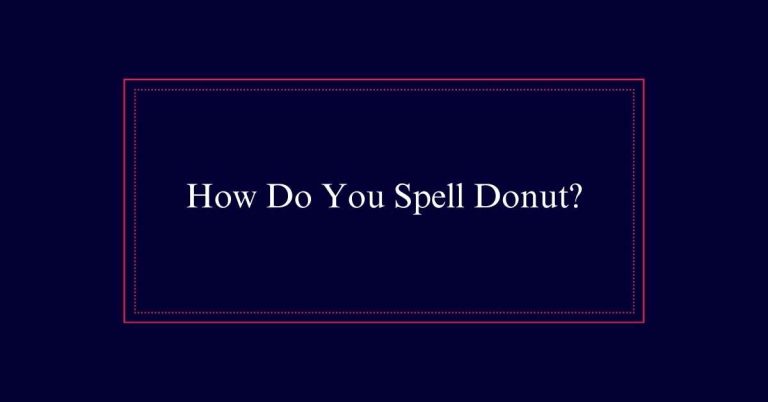
The word ‘doughnut’ originated in the early 19th century, combining ‘dough’ and ‘nut’ to describe the sweet treat. Over time, ‘donut’ e
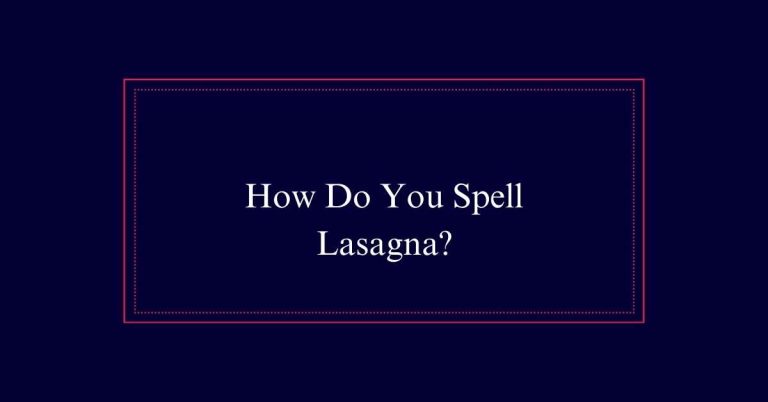
The correct spelling of the classic Italian dish varies by region. In American English, it is spelled ‘lasagna.’ In British English, it
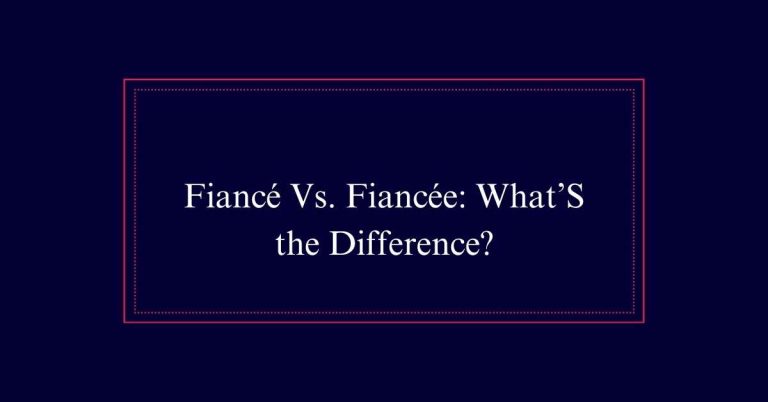
The terms ‘fiancé’ and ‘fiancée’ both denote someone engaged to be married, but they are gender-specific. ‘Fiancé’ refers to a man,
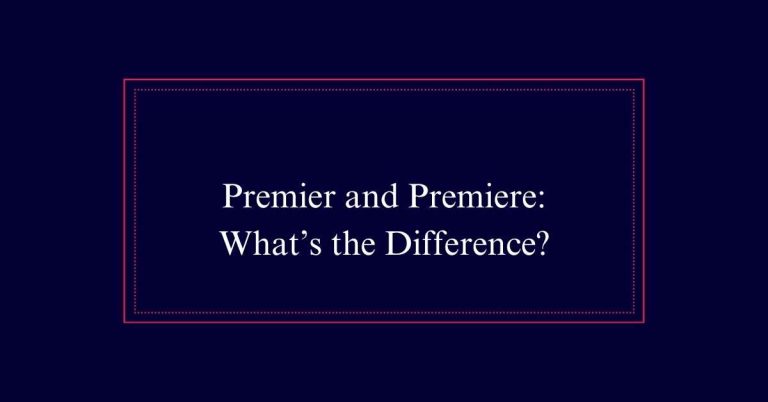
The words ‘premier’ and ‘premiere’ have distinct meanings and uses. ‘Premier’ can be an adjective meaning first in rank or importance,
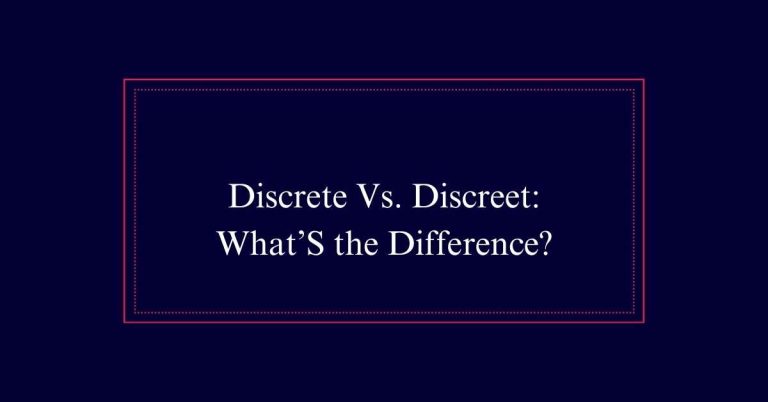
The words “discrete” and “discreet” are often confused due to their similar spelling. “Discreet” means being careful and circumspect in
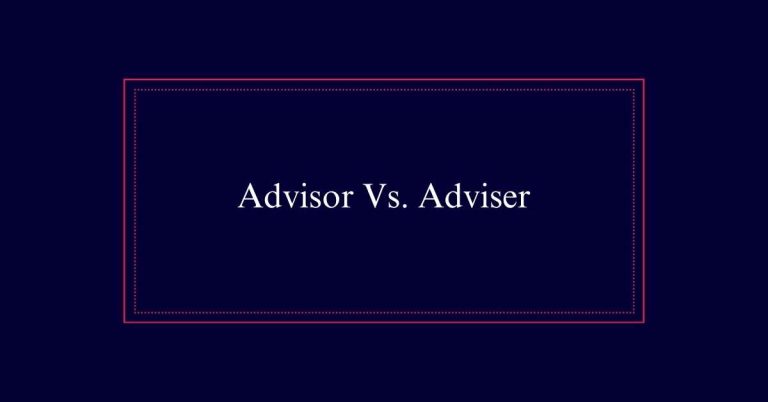
The terms ‘advisor’ and ‘adviser’ are interchangeable, both meaning someone who gives advice. ‘Advisor’ uses the Latin-derived suffix ‘
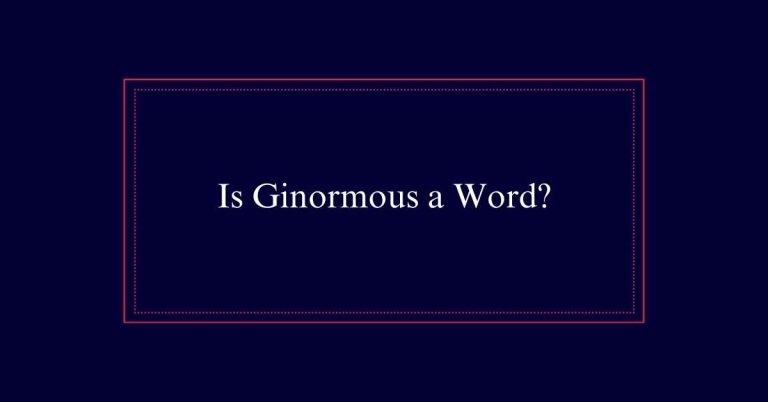
Yes, “ginormous” is a word. It originated as British soldiers’ slang during World War II, combining “gigantic” and “enormous.” It descr
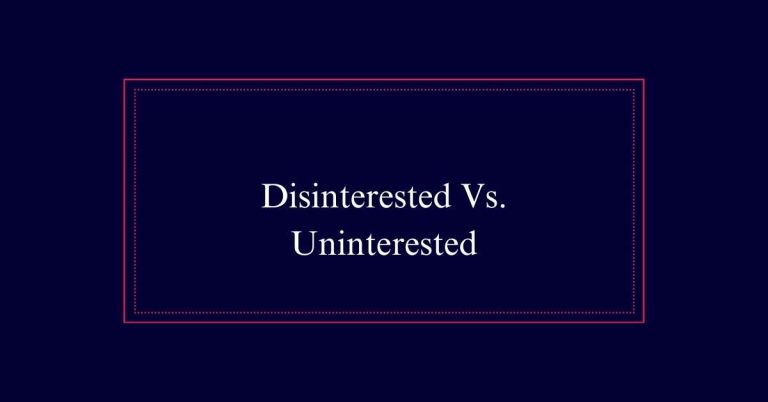
‘Disinterested’ and ‘uninterested’ are not the same. ‘Disinterested’ means being impartial and free from bias. It is often used in lega

Capture your lightbulb moments to make sure they stick. Try using washable markers in the shower to jot down ideas and snap a picture a
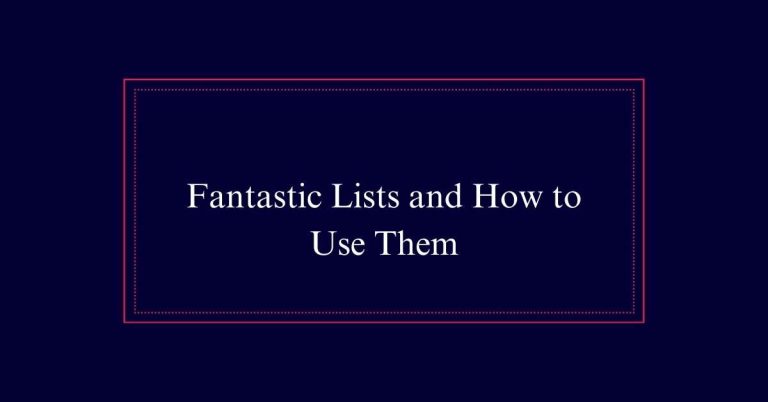
You can transform your productivity with fantastic lists. Use goal lists to turn dreams into plans and stay focused. To-do lists manage
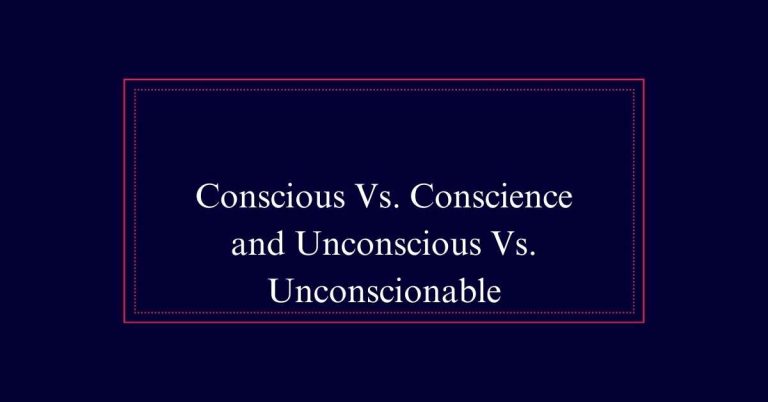
‘Conscious’ means being aware and alert, while ‘conscience’ is your inner moral guide that helps distinguish right from wrong. ‘Unconsc
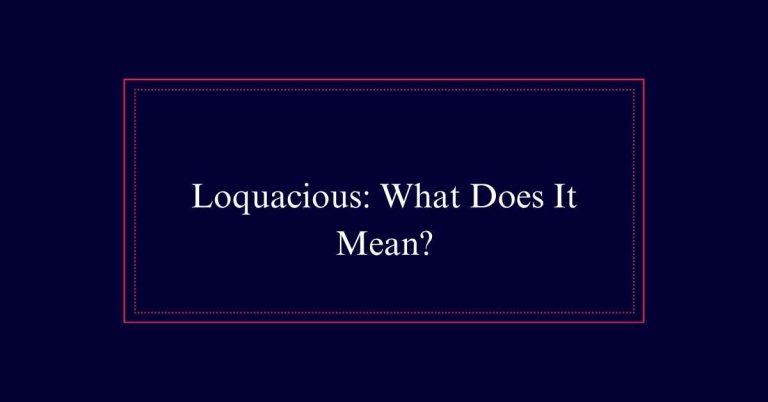
‘Loquacious’ means describing someone who talks a lot and speaks fluently. It comes from the Latin word ‘loqui,’ which means to speak.

Start by choosing a distinct perspective to make your content stand out. Engage your audience early with a compelling introduction, usi
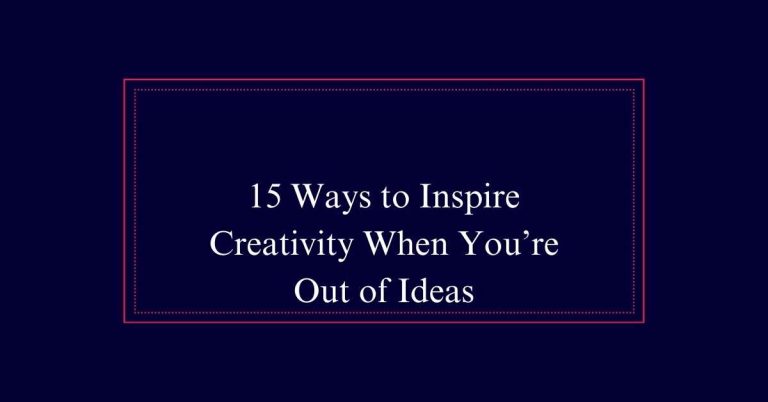
Feeling stuck? Try listening to music or journaling daily. Join a creative group to get new perspectives. A walk can clear your mind an

To make your emails clearer, cut words like ‘actually,’ which can sound condescending. Avoid using weasel words like ‘sort of’ or ‘mayb
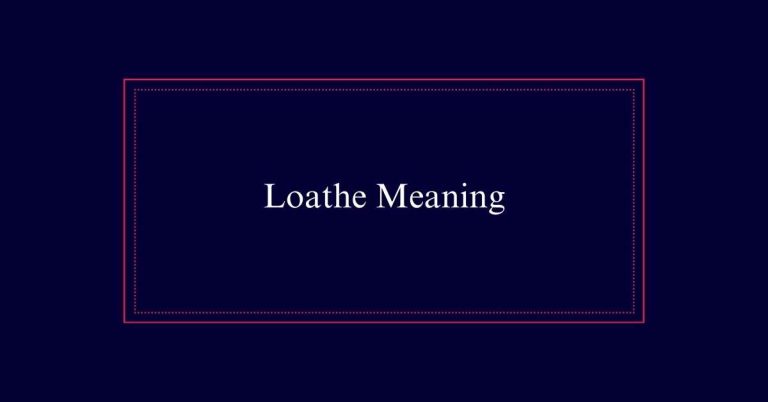
The word ‘loathe’ signifies an intense dislike or aversion that evokes a strong, visceral reaction of disgust. It is a verb that expres
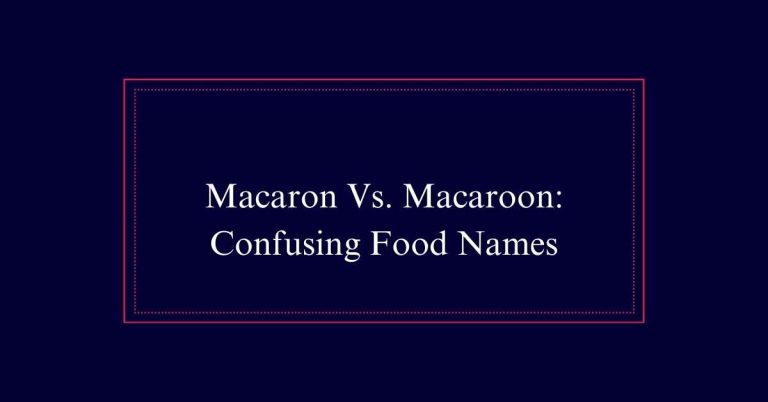
The terms ‘macaron’ and ‘macaroon’ refer to two different treats. Macarons, pronounced ‘mah-kah-ROHN’, are delicate pastries made from
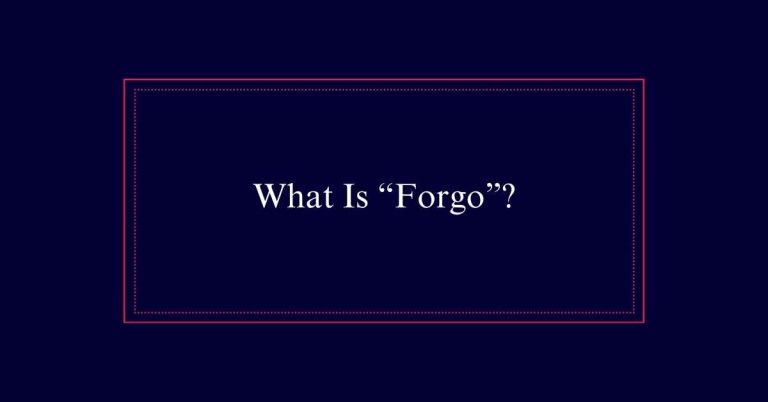
The term “forgo” means to abstain from or choose not to partake in something. It often implies a conscious decision to give up cert
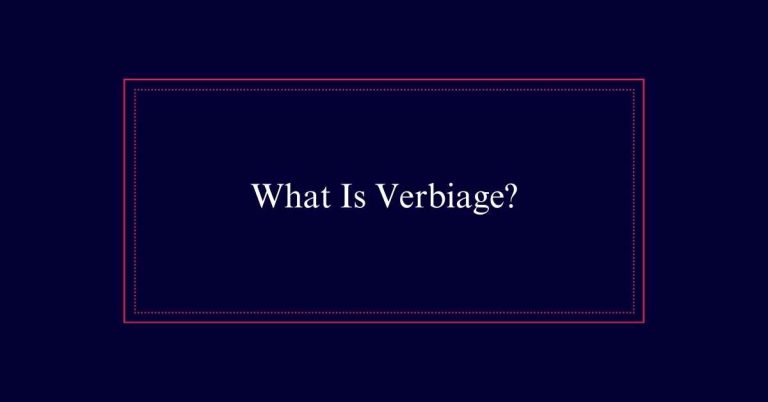
Verbiage refers to the use of more words than necessary, often making communication unclear or ineffective. The term originated from Mi
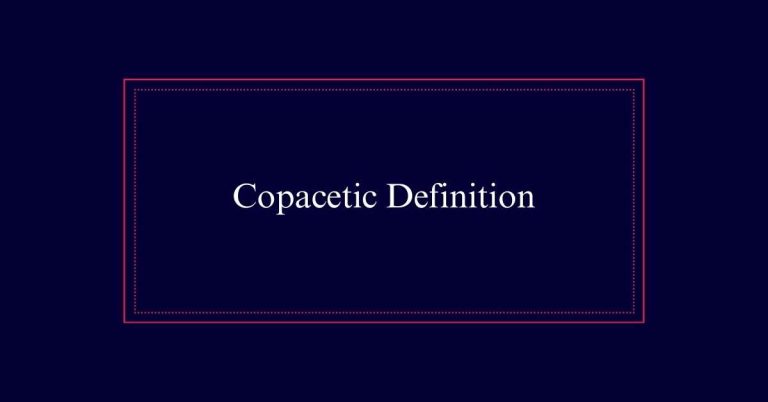
‘Copacetic’ is an adjective that describes something that is in good order, fine, or satisfactory. Originating as American and Canadian
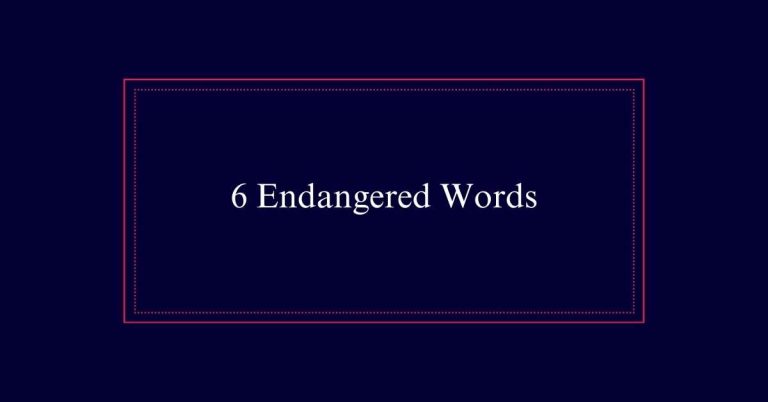
Language constantly evolves, causing some words to become endangered. For instance, ‘ambrosial,’ meaning exceptionally tasty or fragran
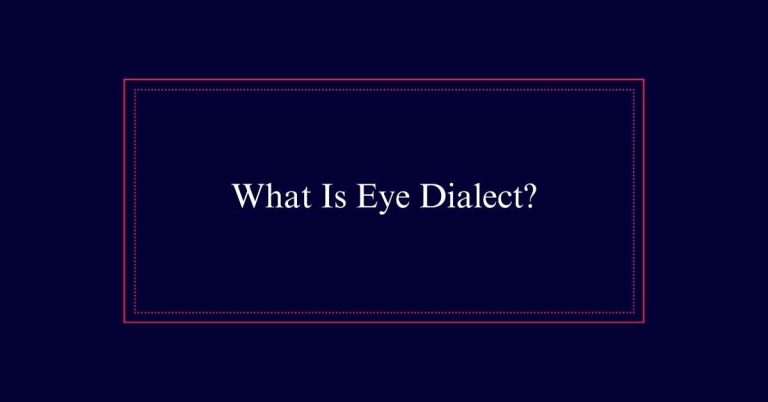
Eye dialect refers to the use of nonstandard spellings to represent how words are pronounced in spoken language. These intentional miss
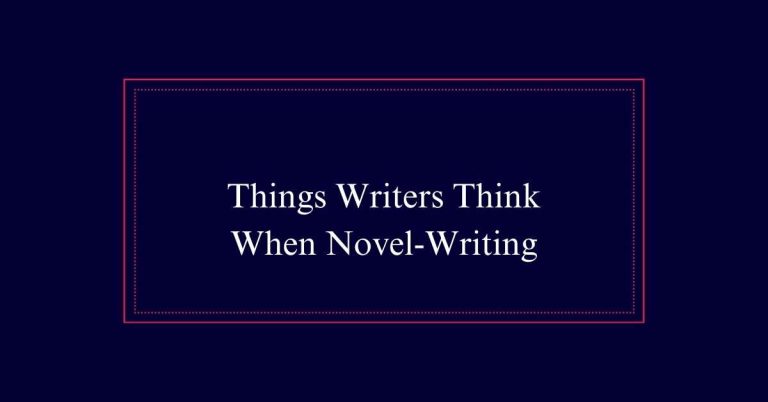
Novel writing is an intricate process that brings a mix of excitement and overwhelm, especially during efforts like NaNoWriMo. Writers
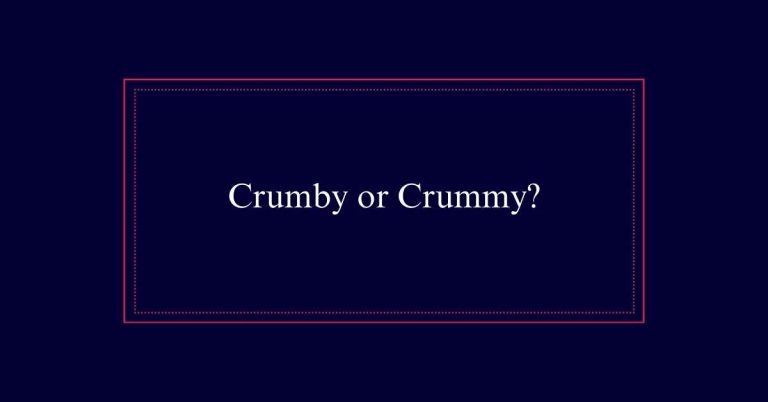
‘Crumby’ refers to being full of crumbs, typically used in food contexts, such as describing a tablecloth sprinkled with breadcrumbs. I
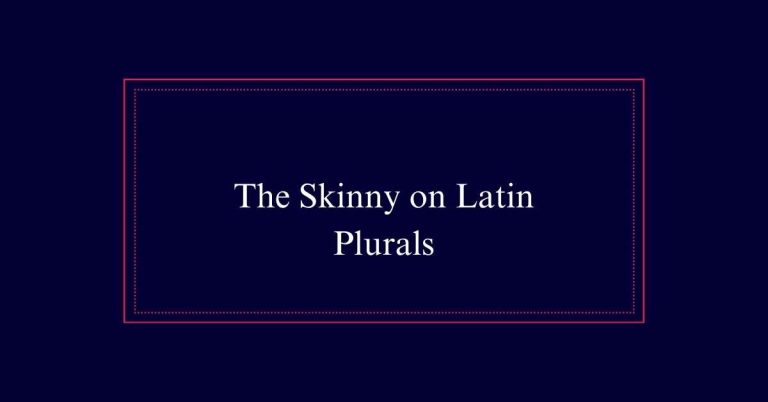
Latin plurals follow specific rules, retaining original endings in scientific and academic contexts for clarity. For instance, ‘alga’ b
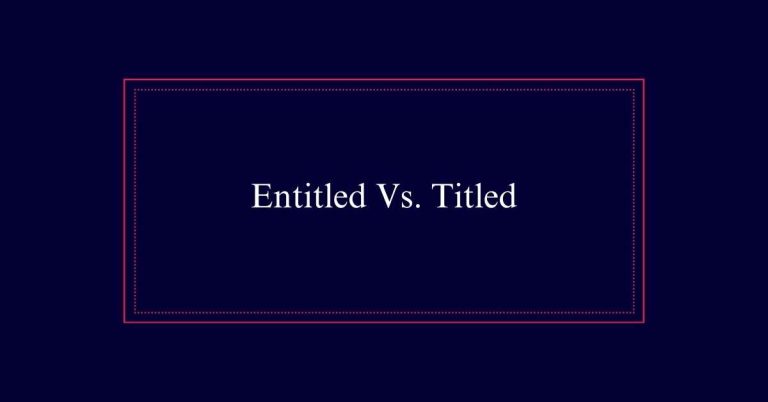
The terms ‘entitled’ and ‘titled’ have distinct uses. ‘Titled’ generally refers to naming a book, song, or other creative work. For exa
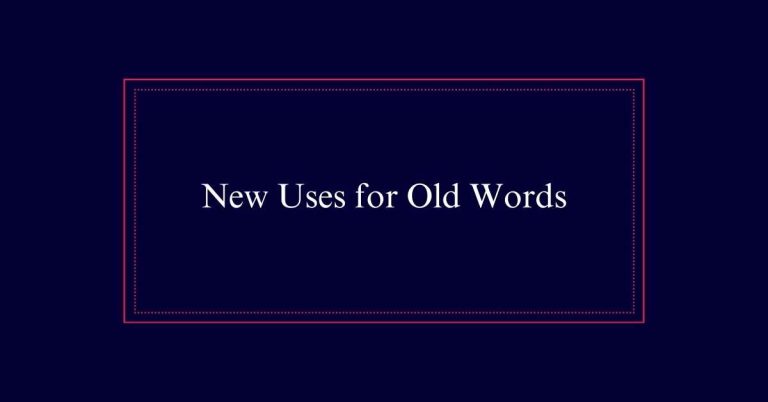
The evolution of language continuously finds innovative ways to repurpose old words for modern contexts. Portmanteaus, such as ‘Brexit’
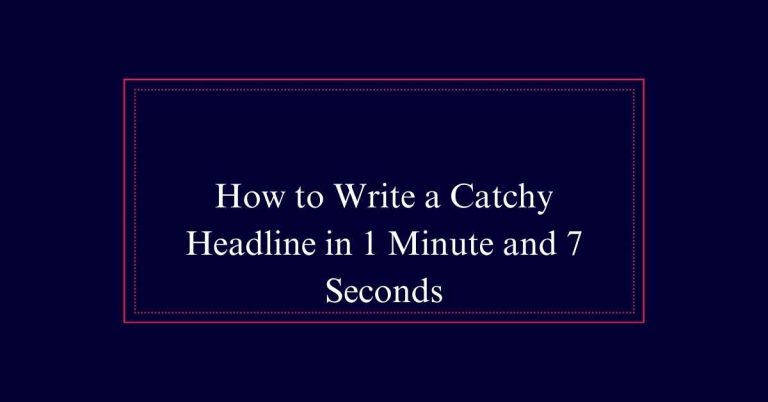
Writing a catchy headline quickly involves understanding your audience and their interests. Use simple, clear language and avoid slang.
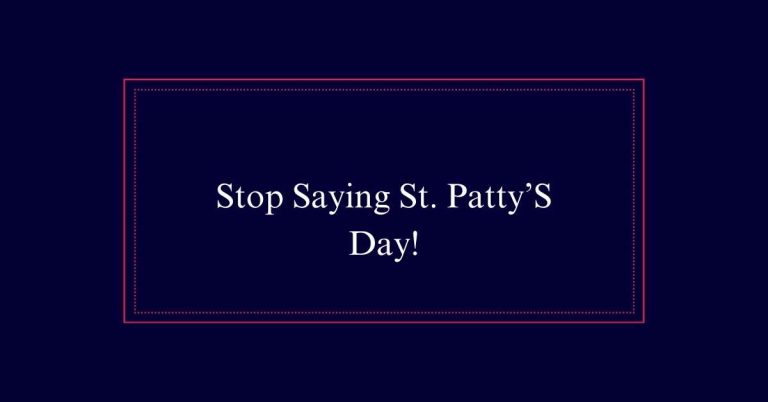
Using ‘St. Patty’s Day’ is incorrect and misrepresents the heritage of Ireland’s patron saint. ‘Patty’ derives from Patricia, which has
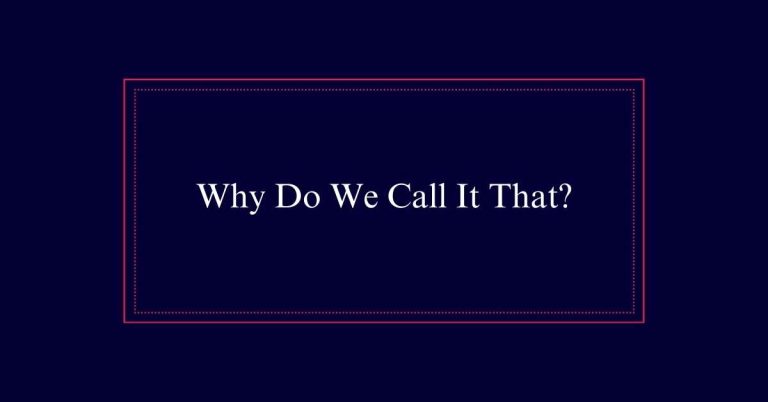
Language evolves through cultural and historical changes. For example, ‘soccer’ comes from the term ‘association football,’ shortened w
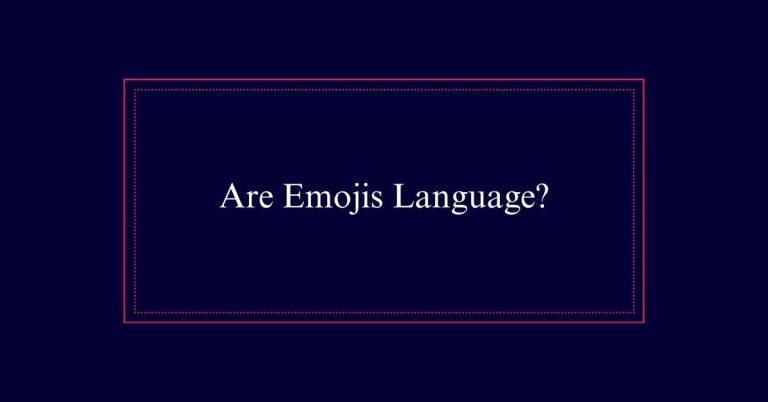
Emojis play a significant role in digital conversations, serving as visual aids to convey emotions and concepts. However, they lack the
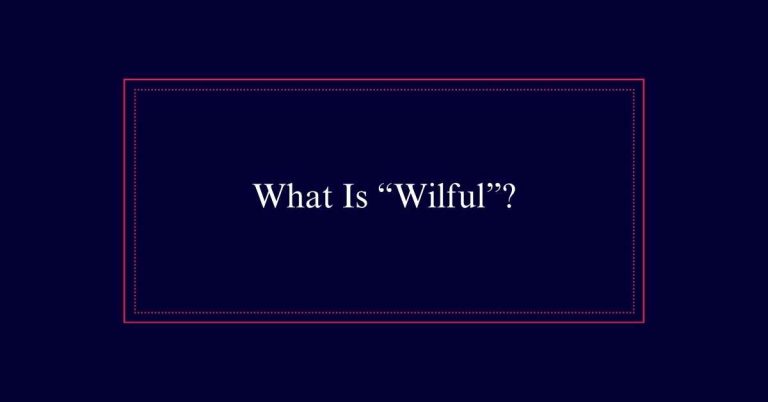
‘Wilful’ is a British English term that means deliberate and intentional, often describing stubborn or defiant behavior. It is equivale
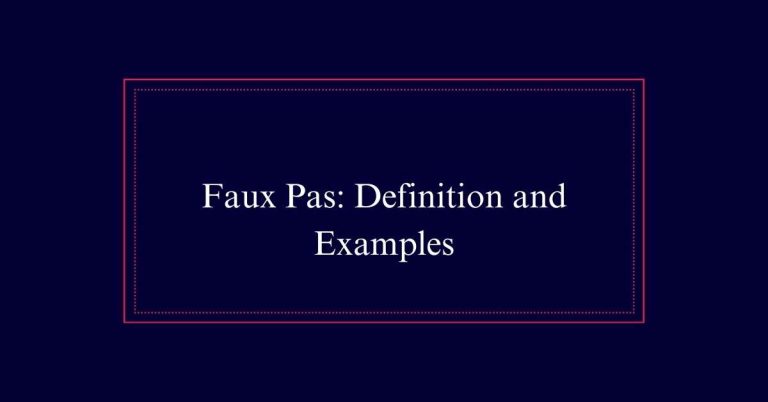
A faux pas, borrowed from French, denotes a social blunder or an embarrassing mistake. The term combines “faux” (false) and “pas” (step
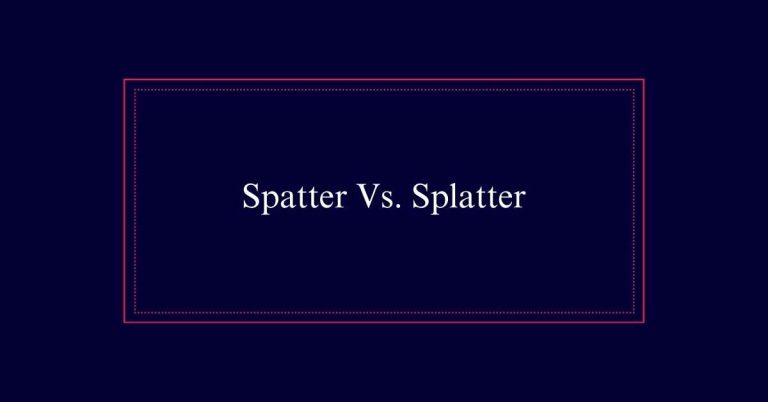
‘Spatter,’ originating from the 1600s Frisian and Middle Dutch languages, refers to the scattering of small liquid droplets. It is ofte
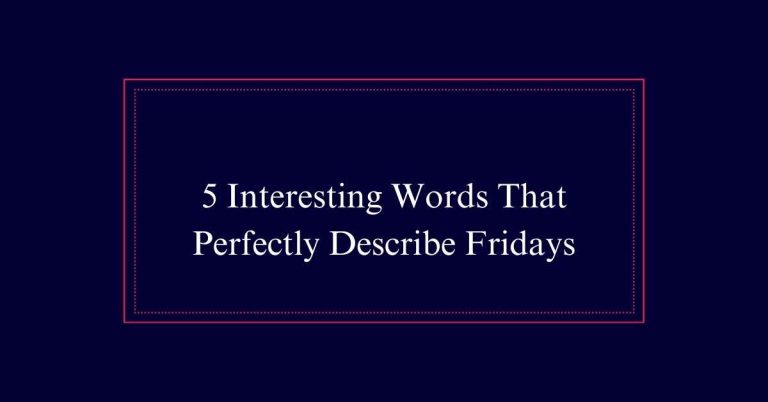
Fridays capture a wealth of emotions and experiences best described through a few intriguing words. Clinomania embodies the excessive d
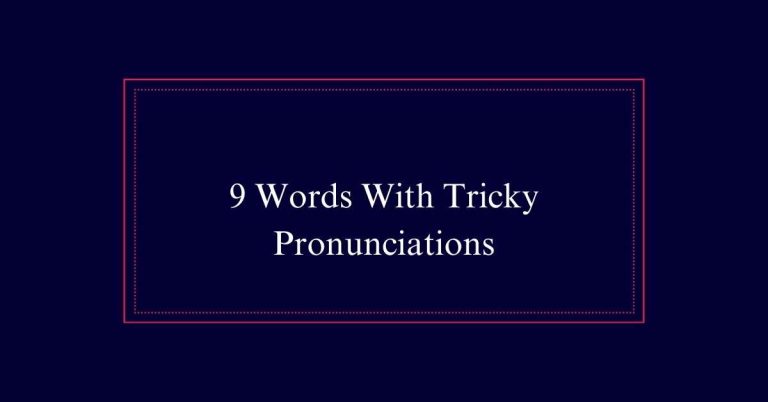
Pronouncing certain words correctly can be surprisingly tricky. For instance, ‘victuals’ is pronounced as VITT-ulz, though it appears q
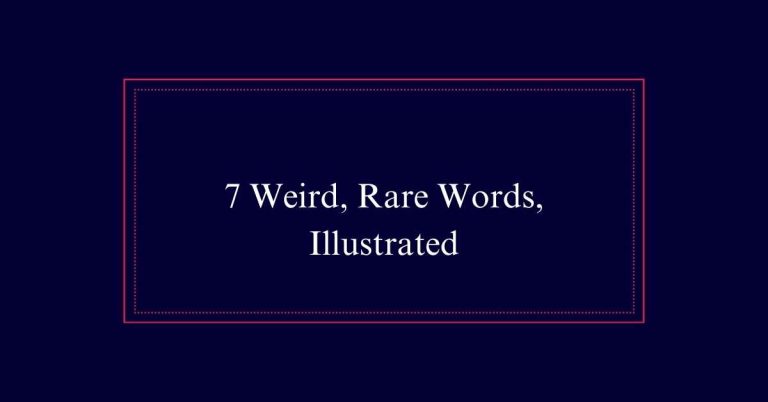
Discover seven peculiar words that add charm to your vocabulary. ‘Wabbit’ expresses deep, Scottish weariness. ‘Blatherskite’ labels som
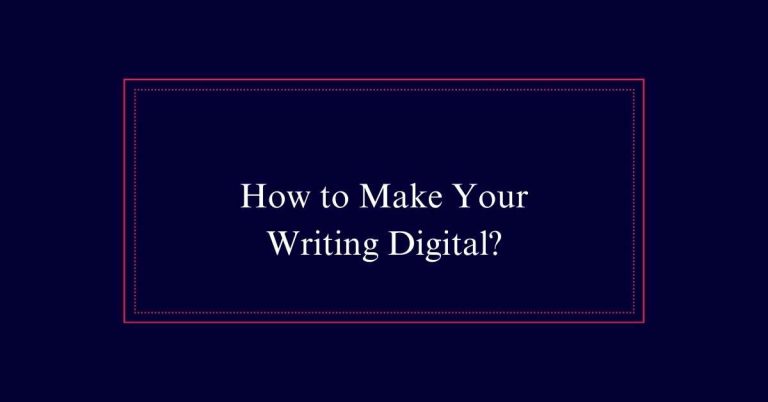
You can save hours each week on writing by going digital. Start by using speech recognition software to dictate emails, which speeds th